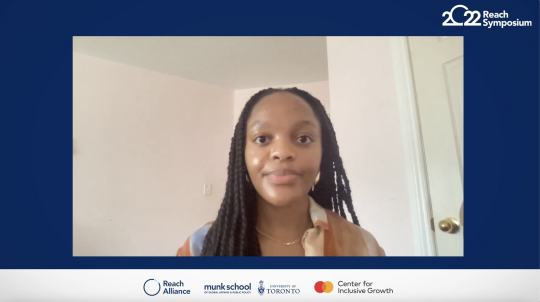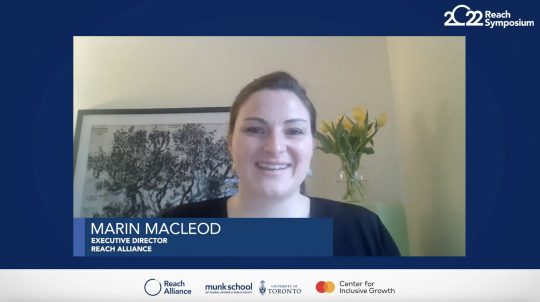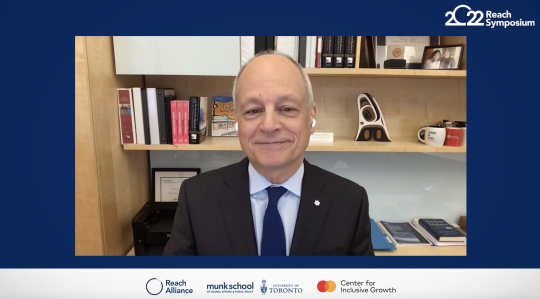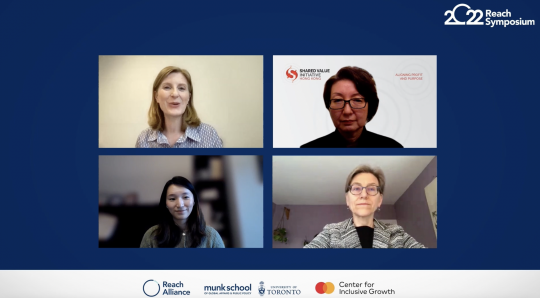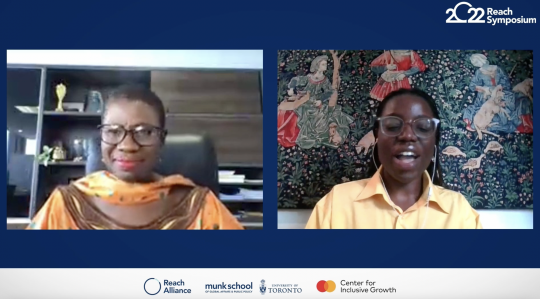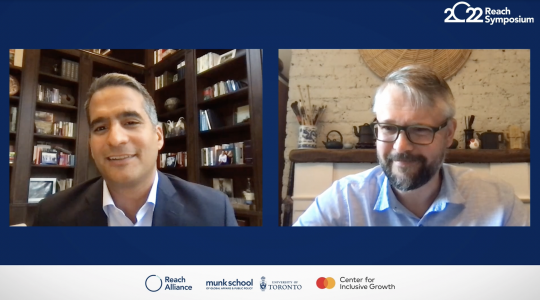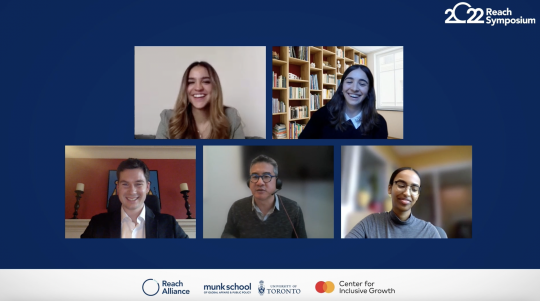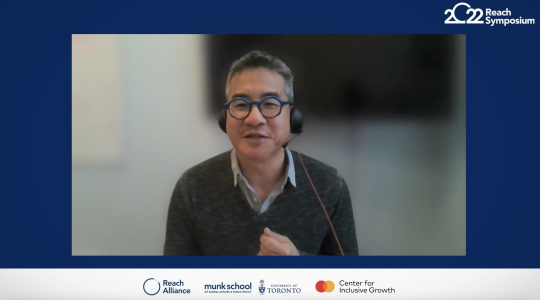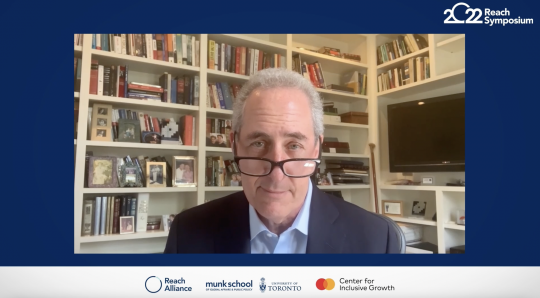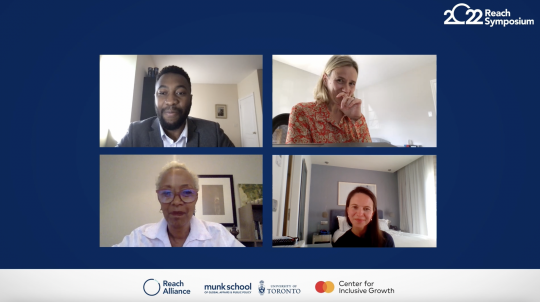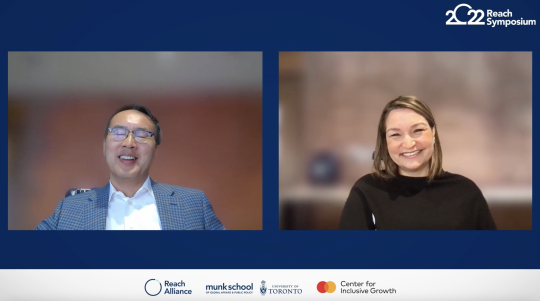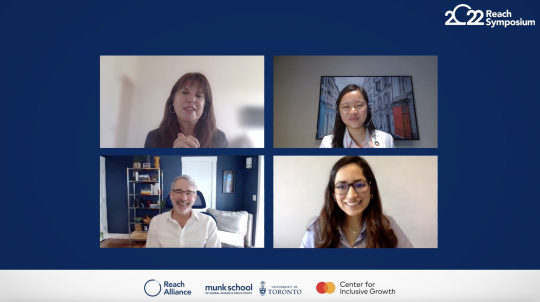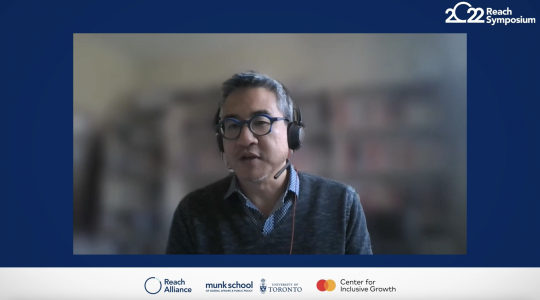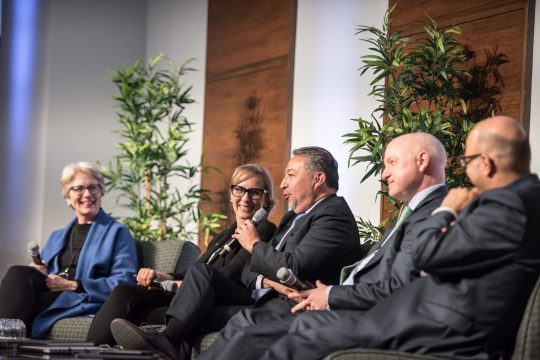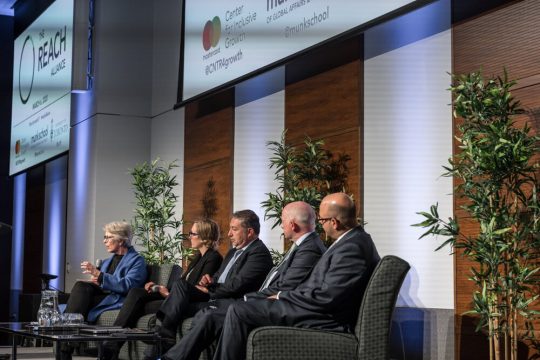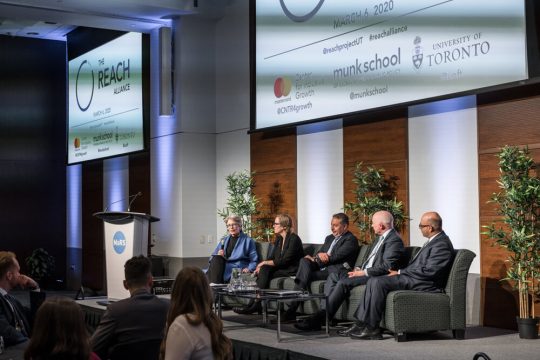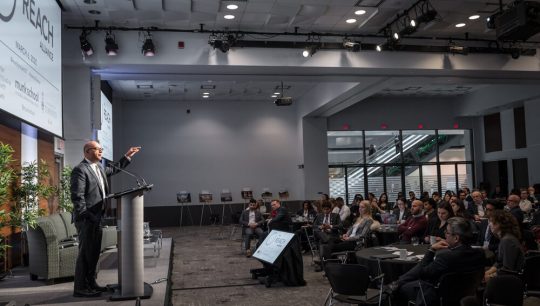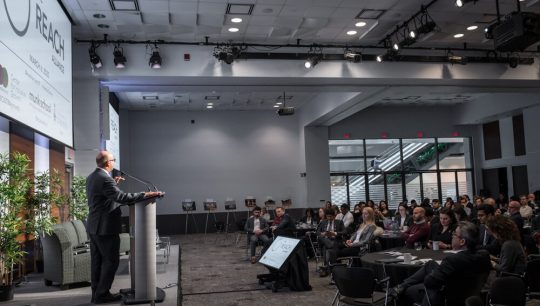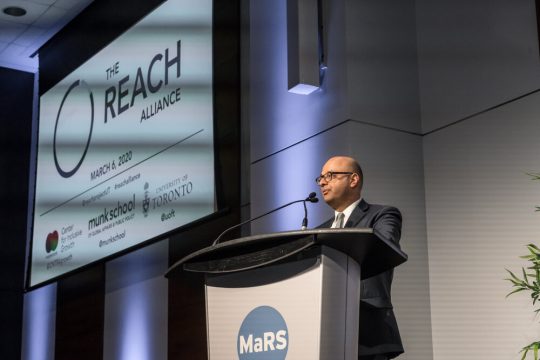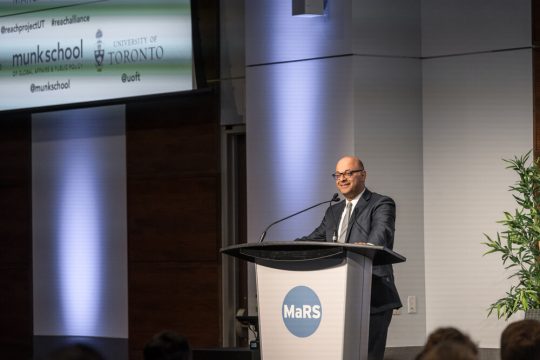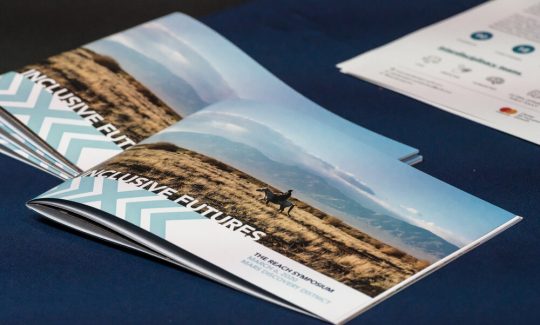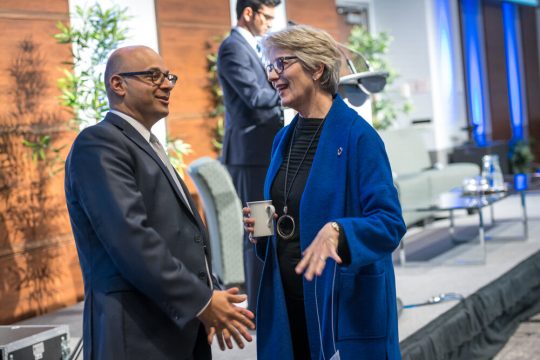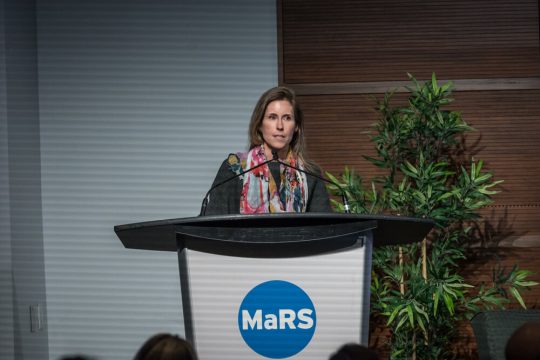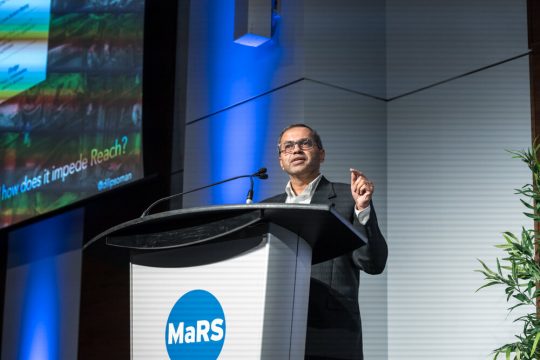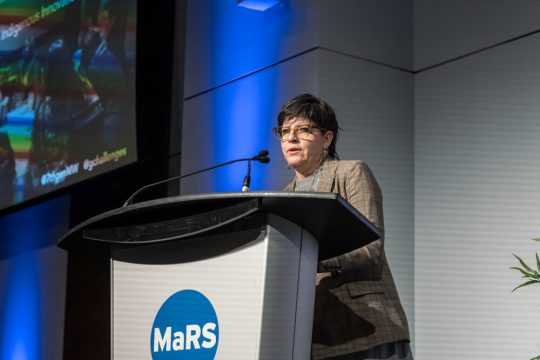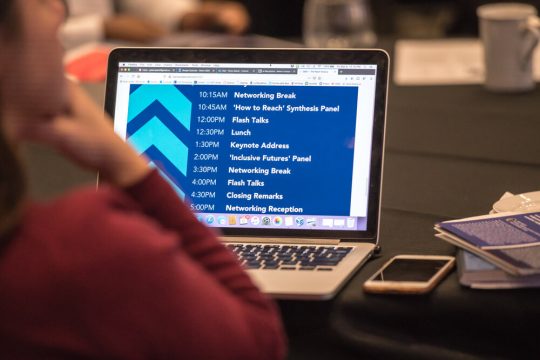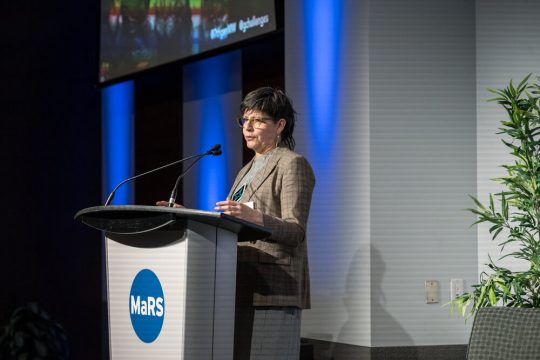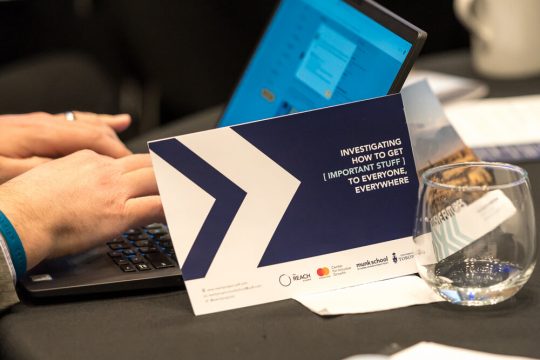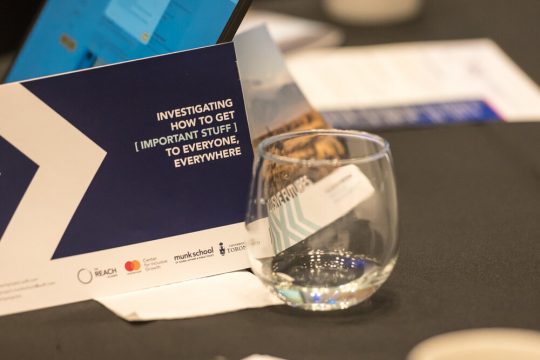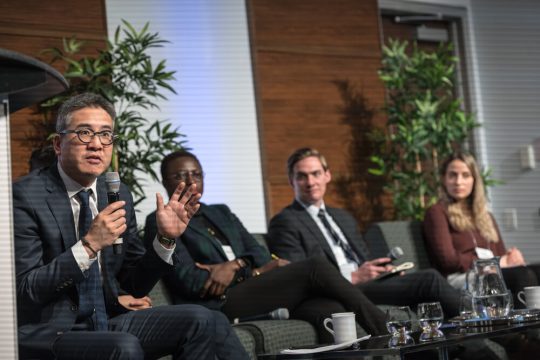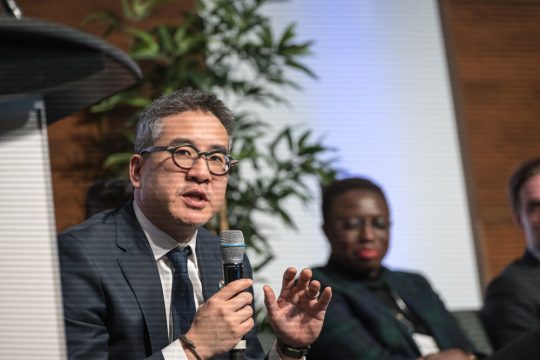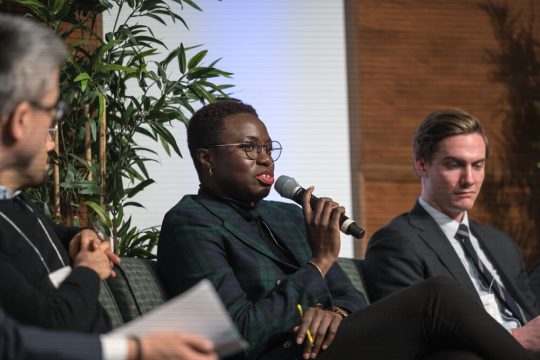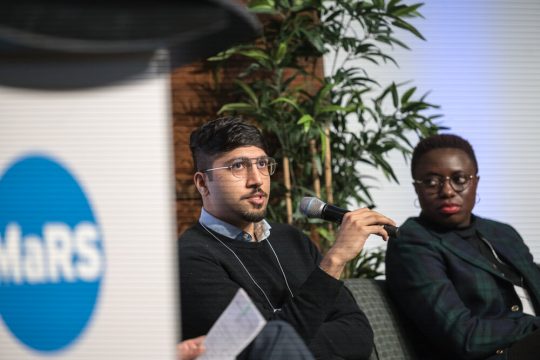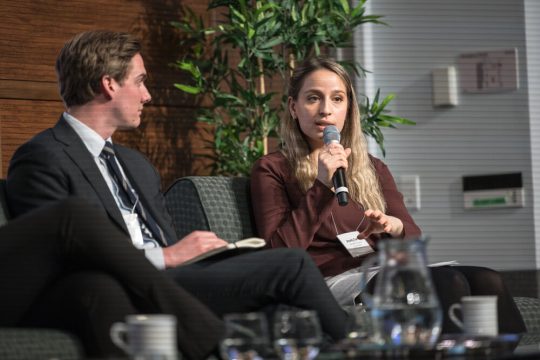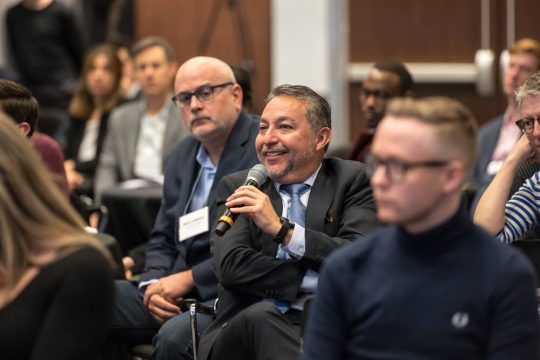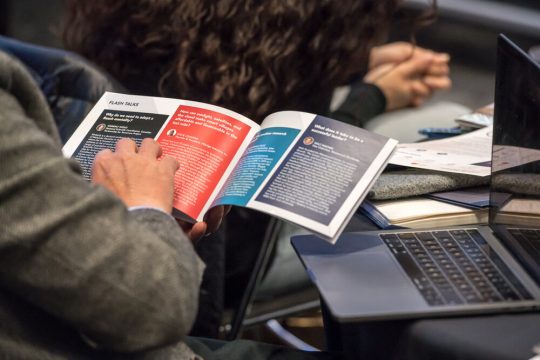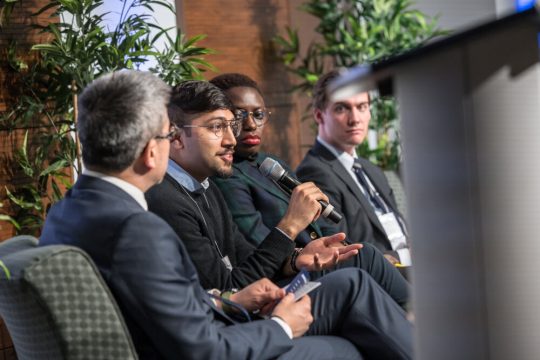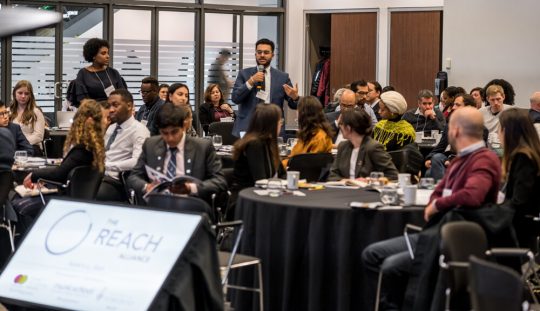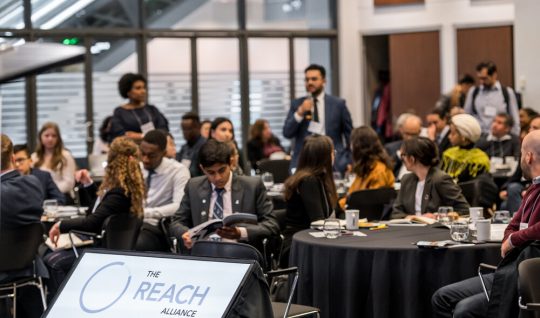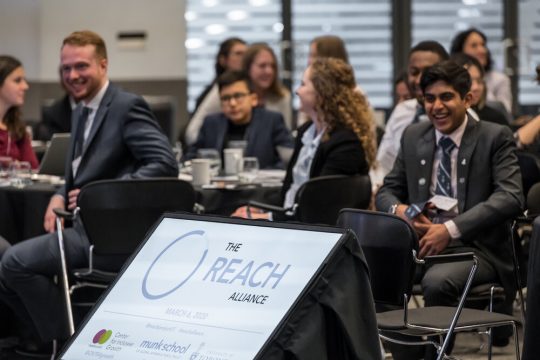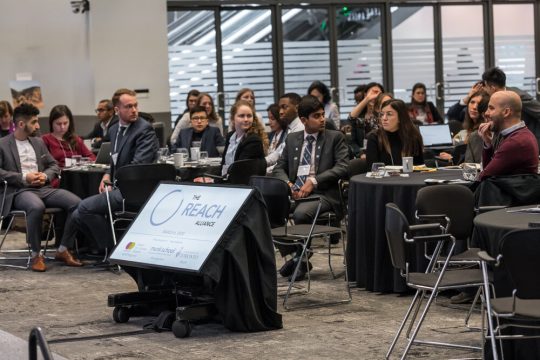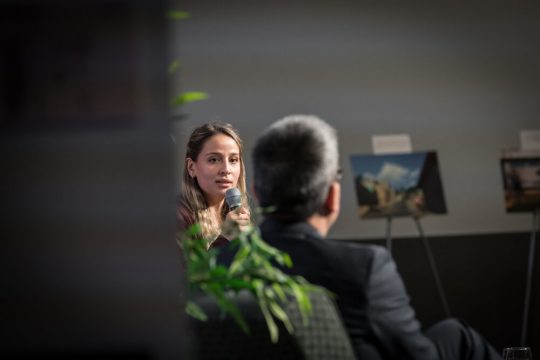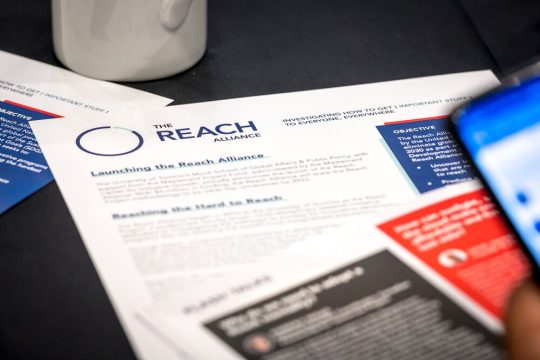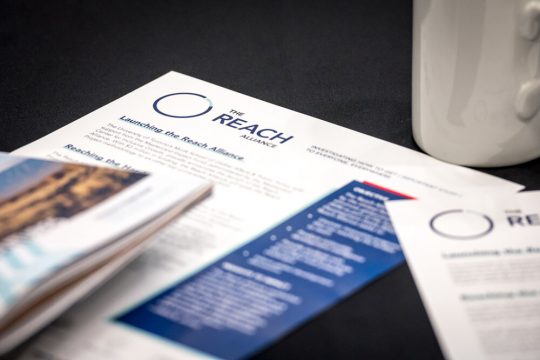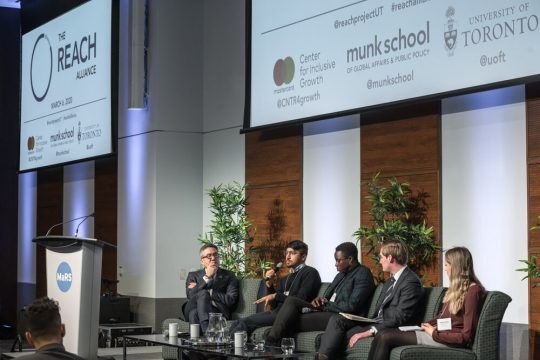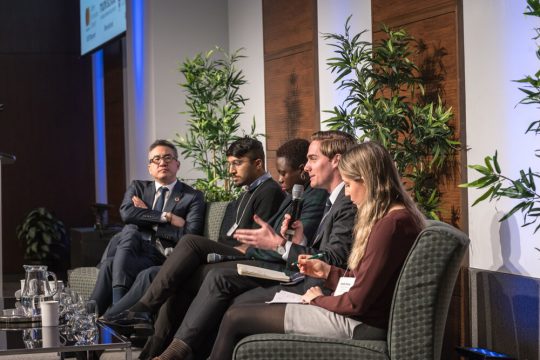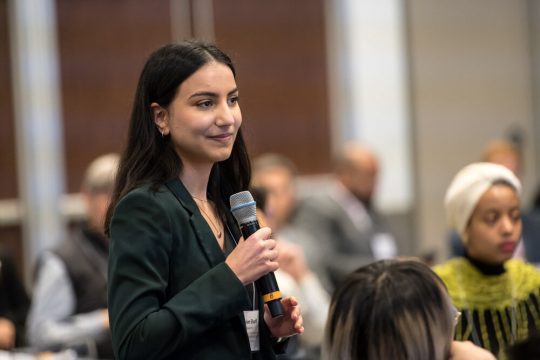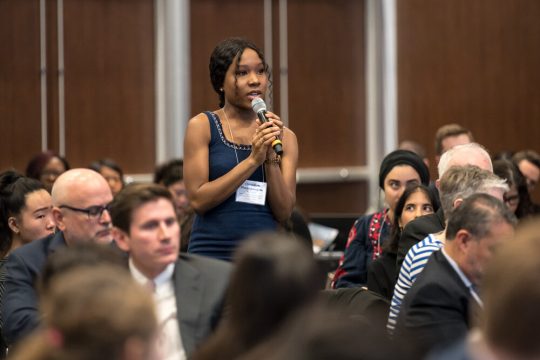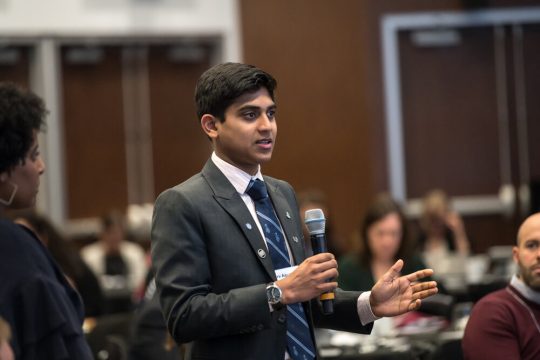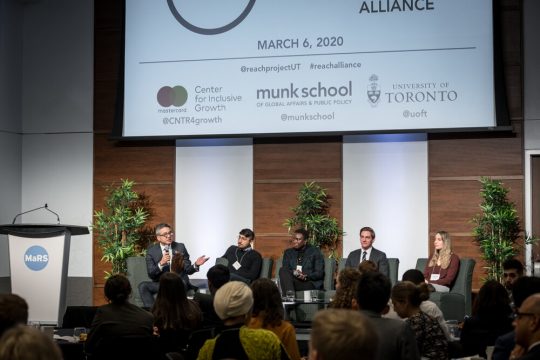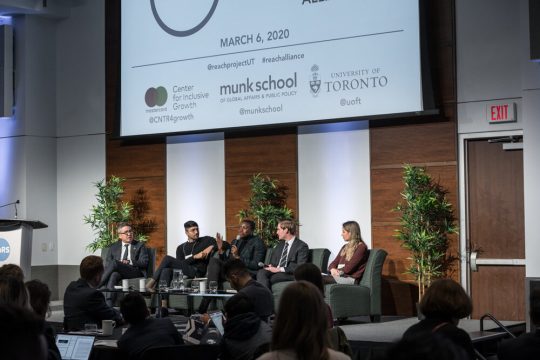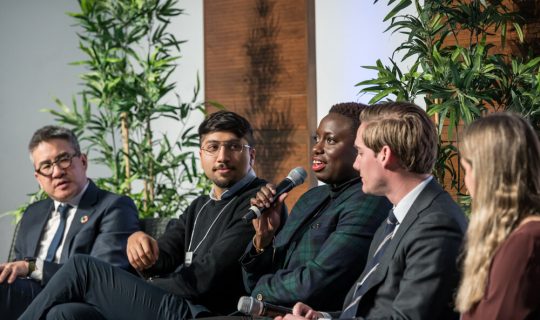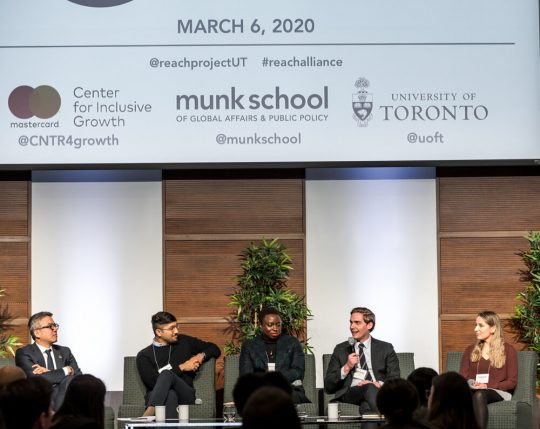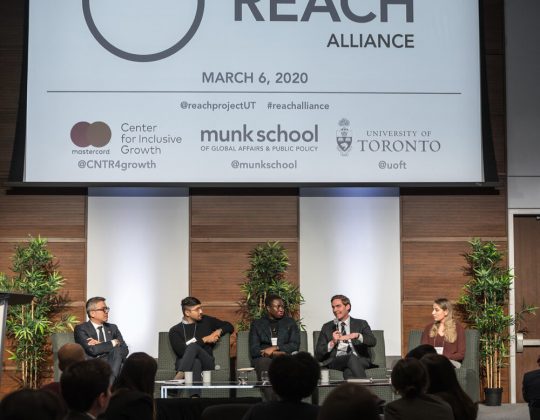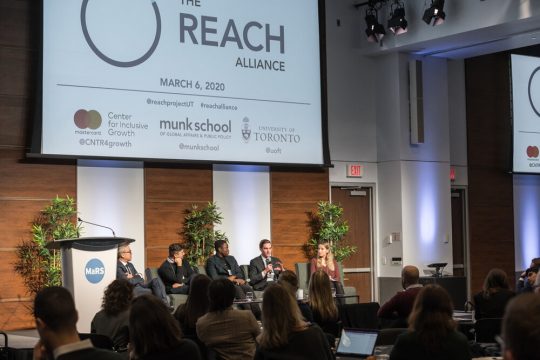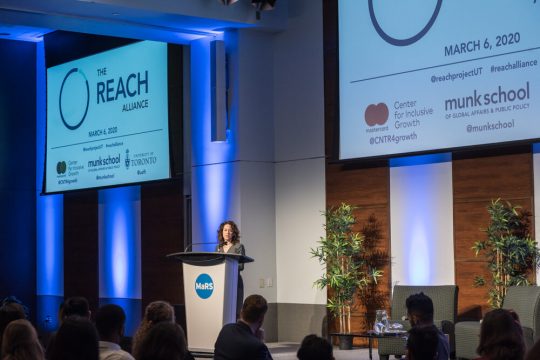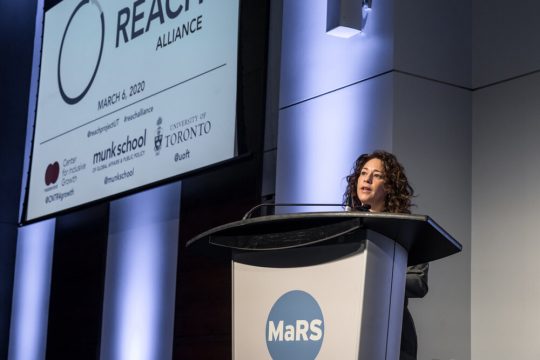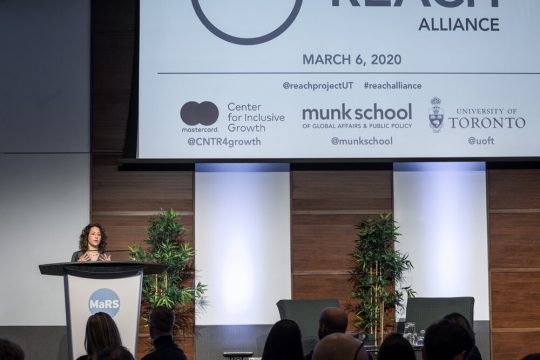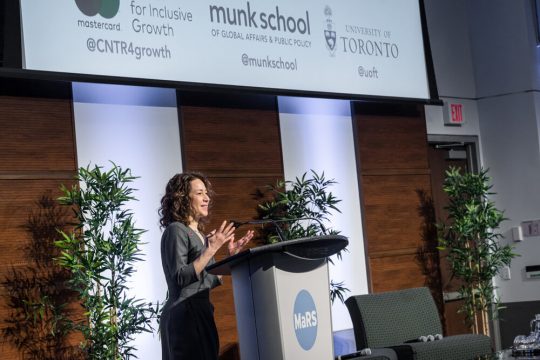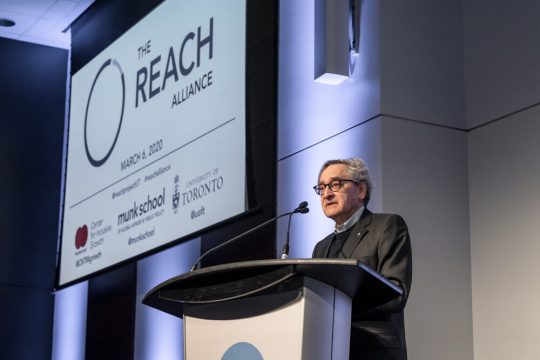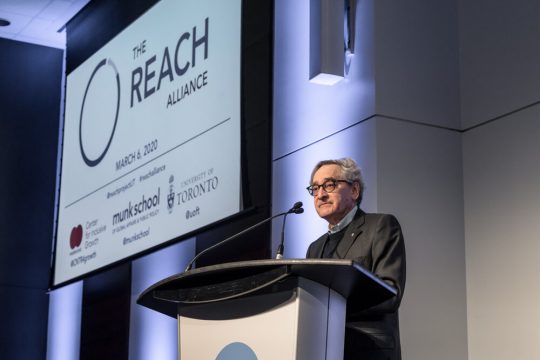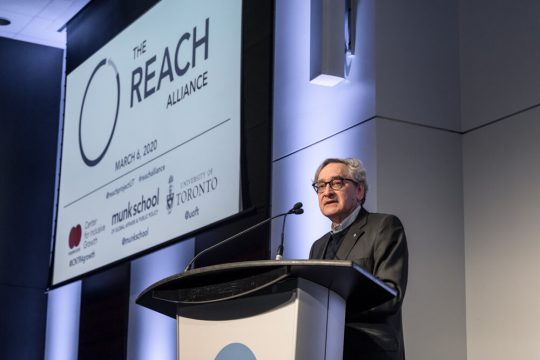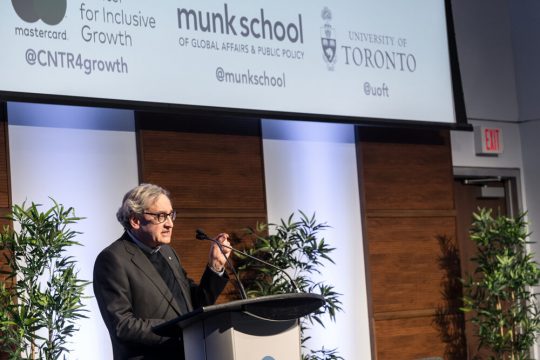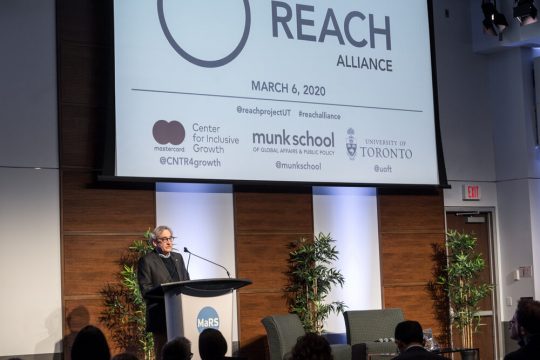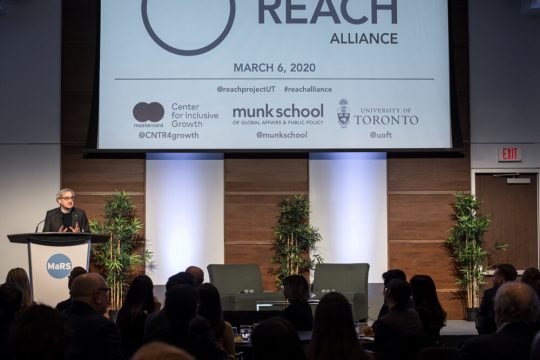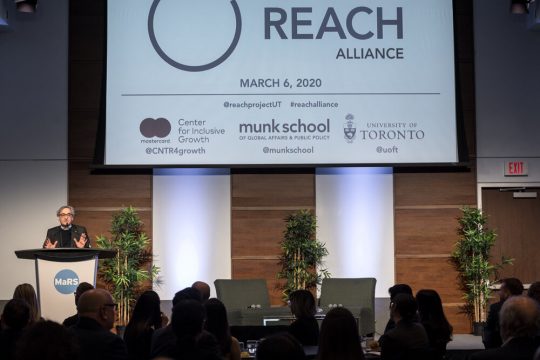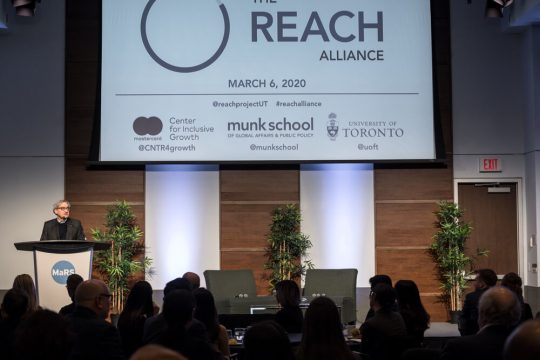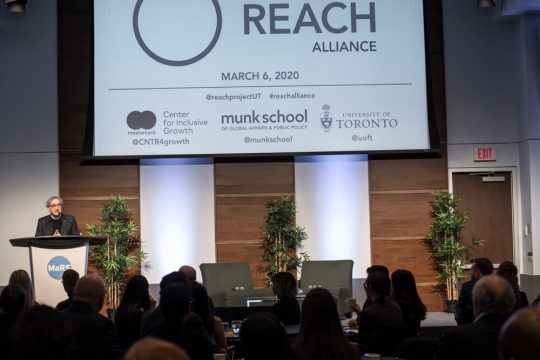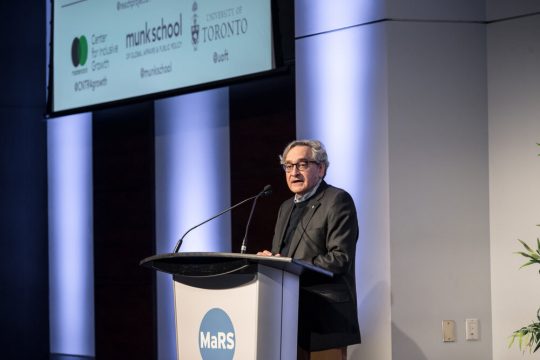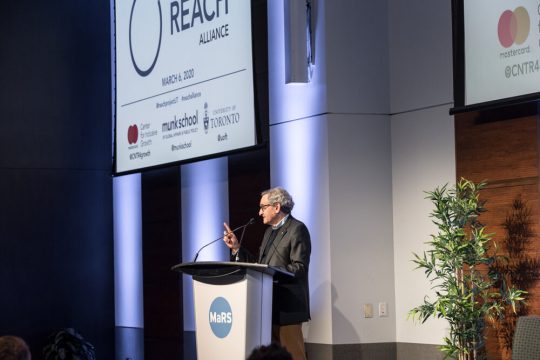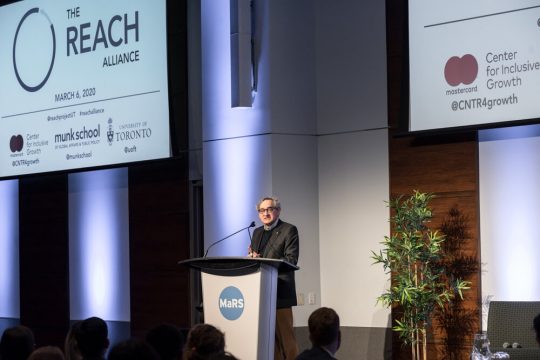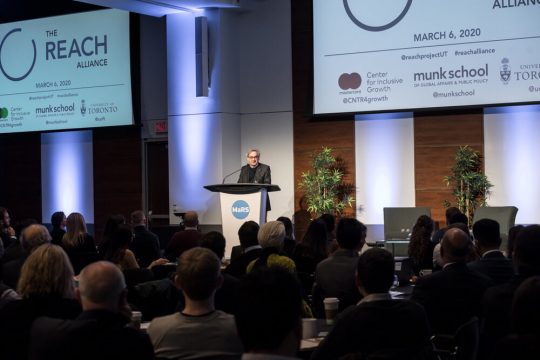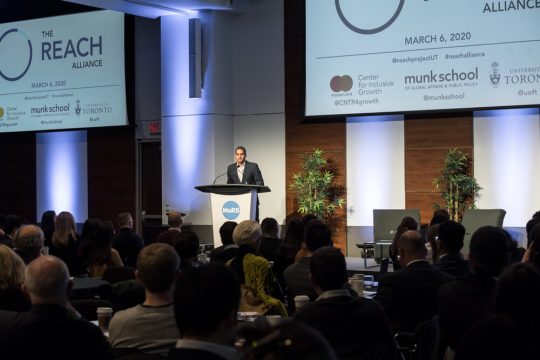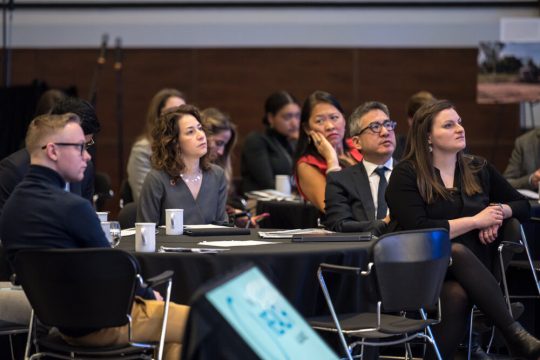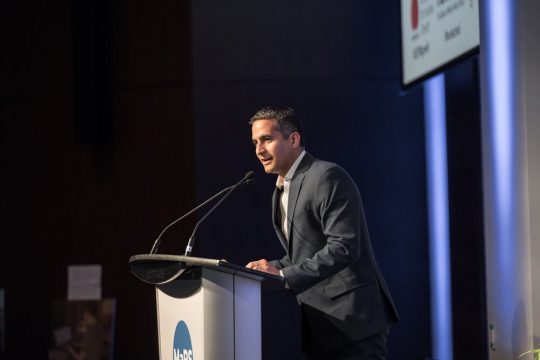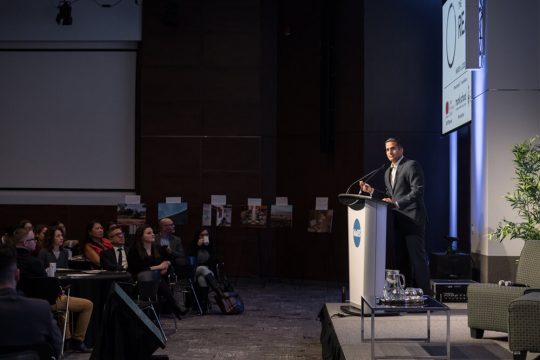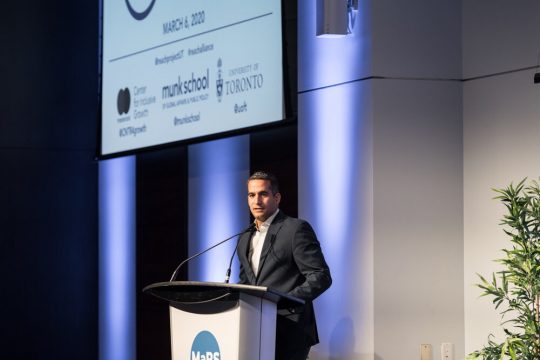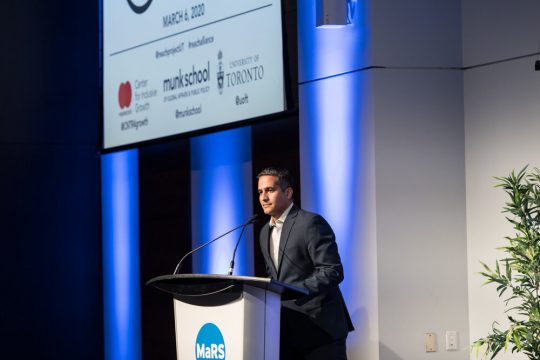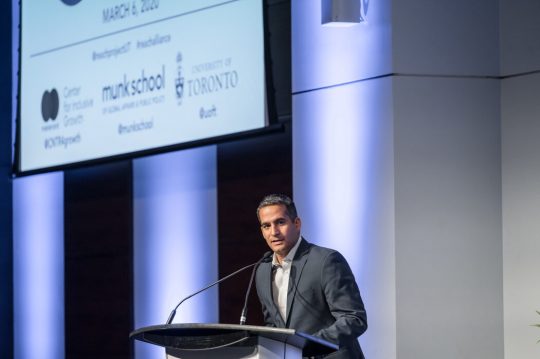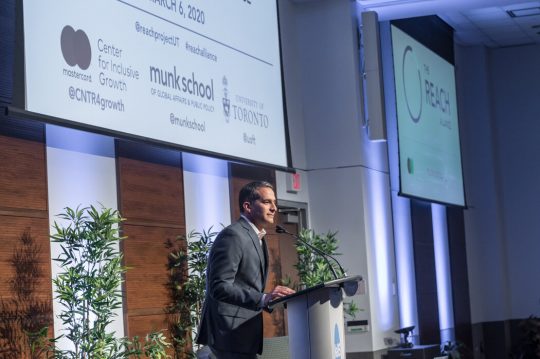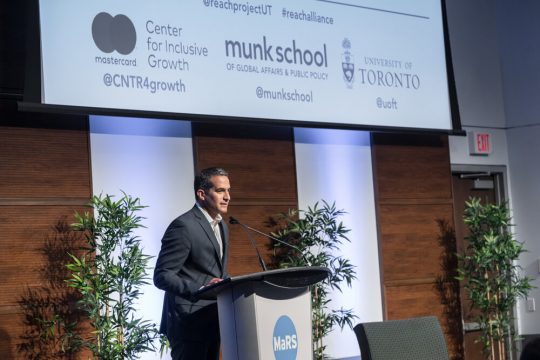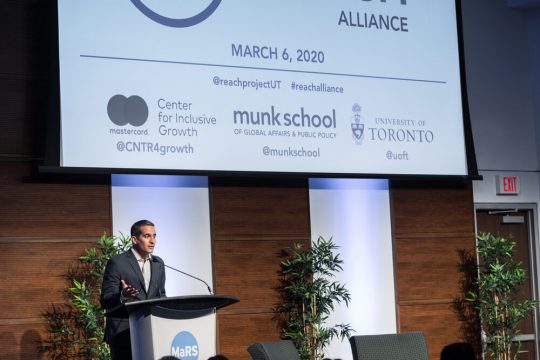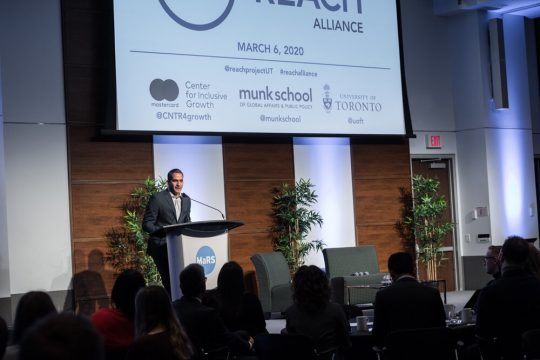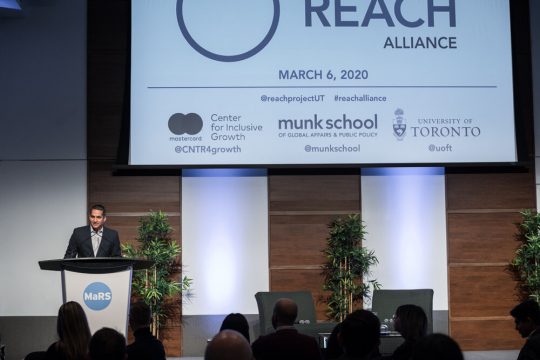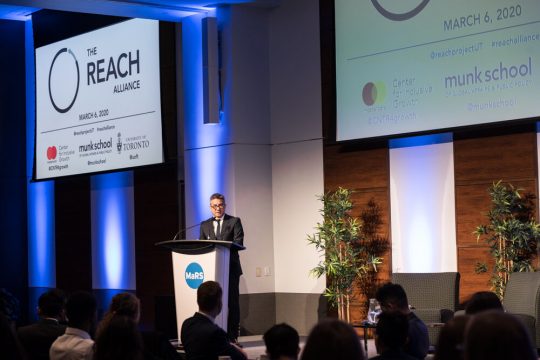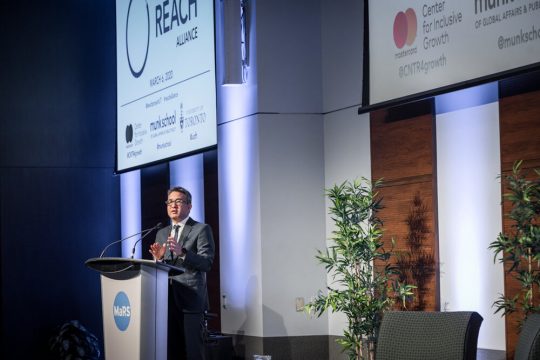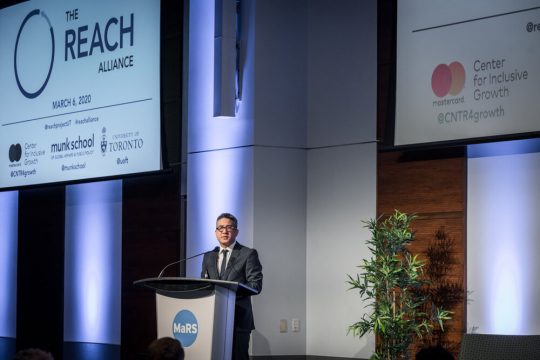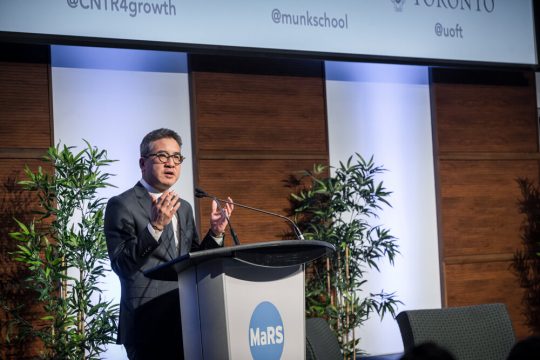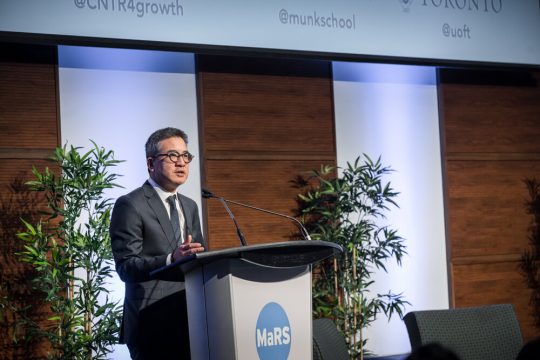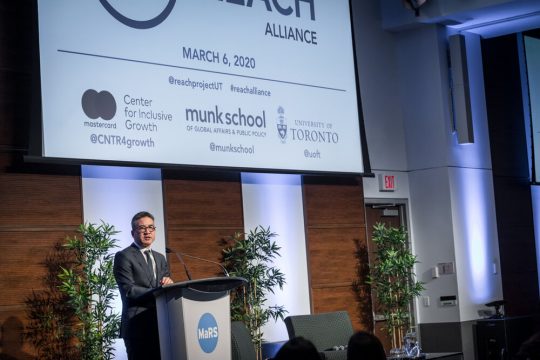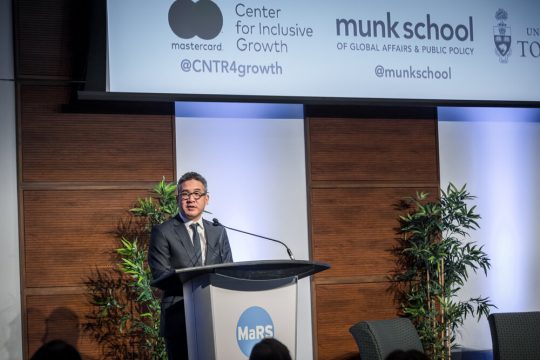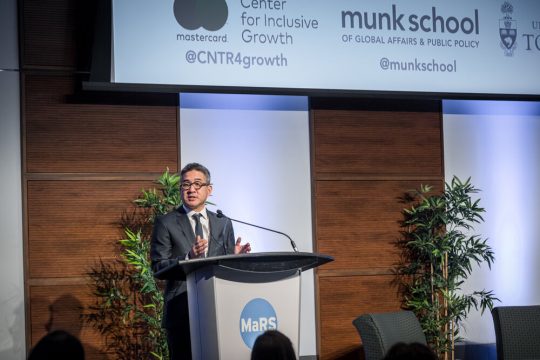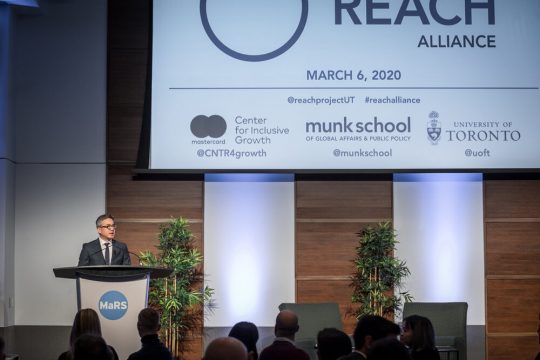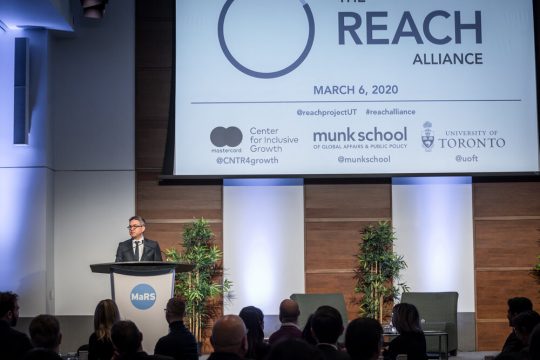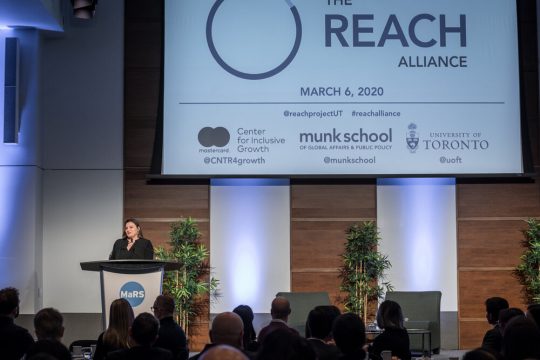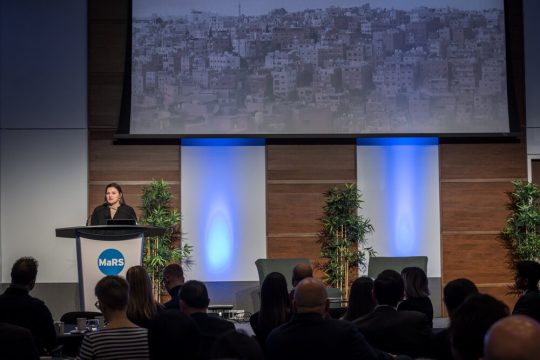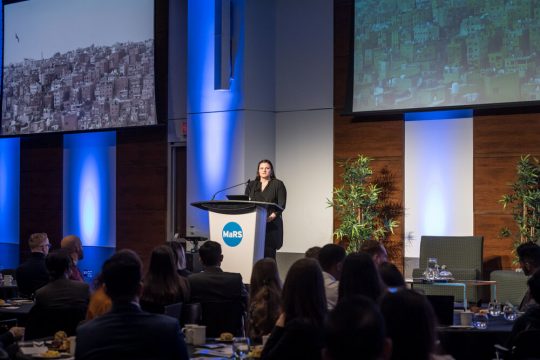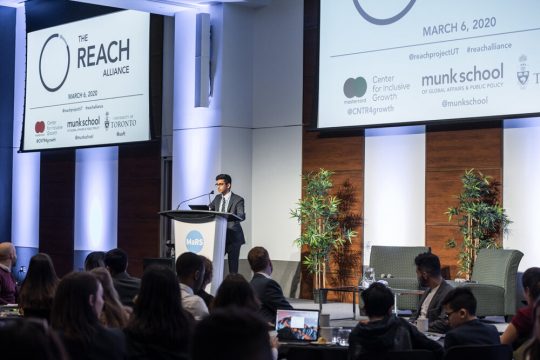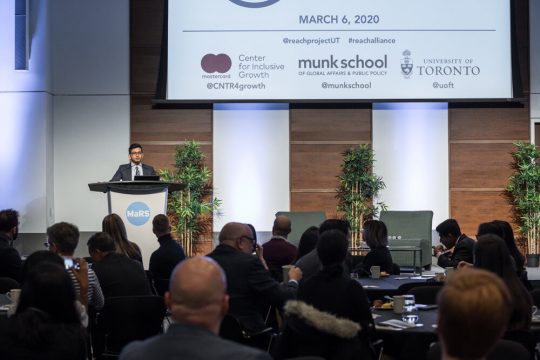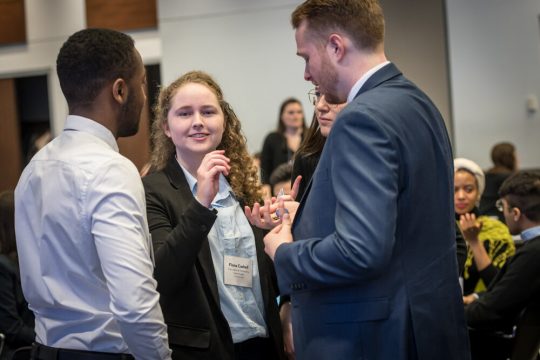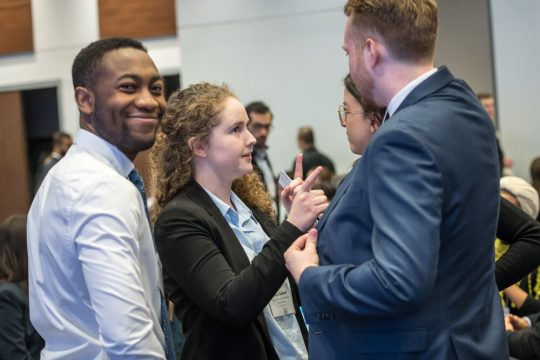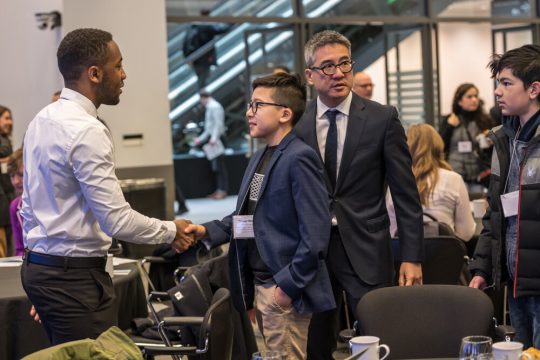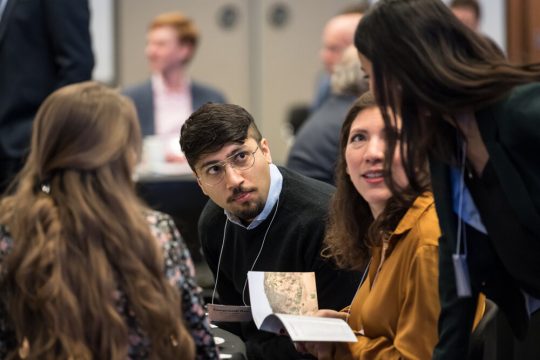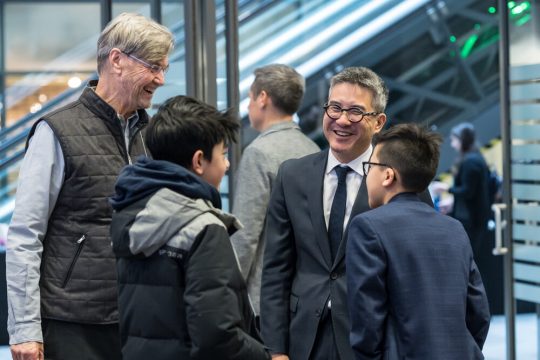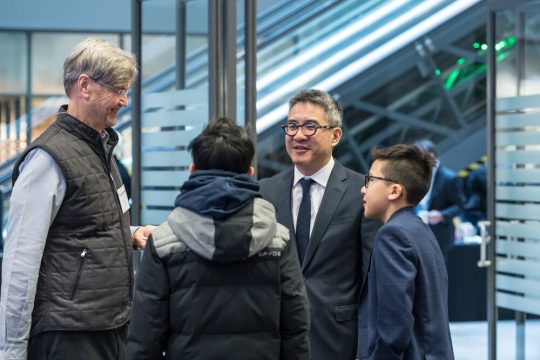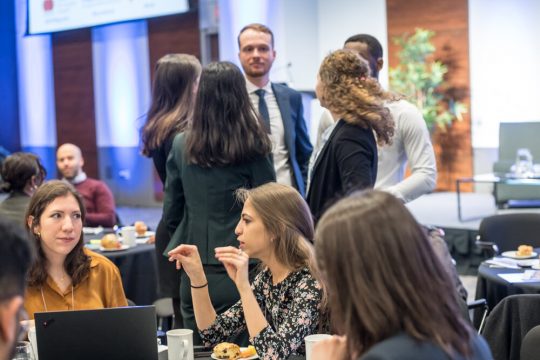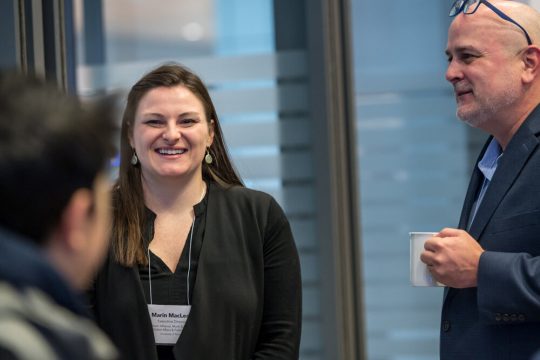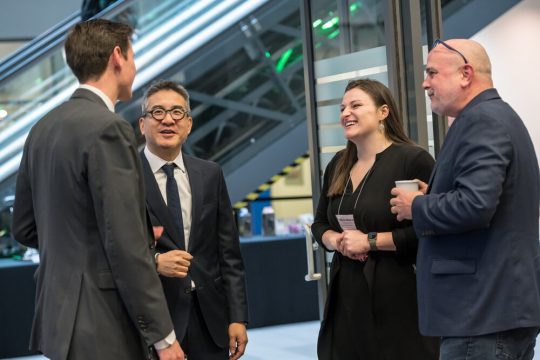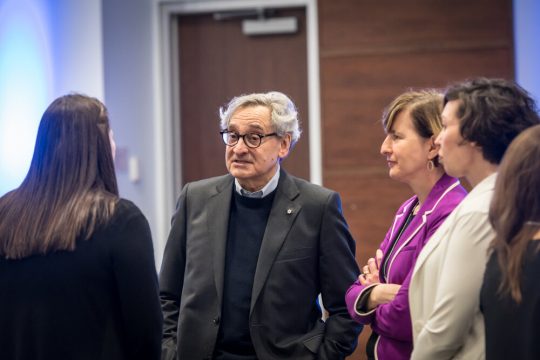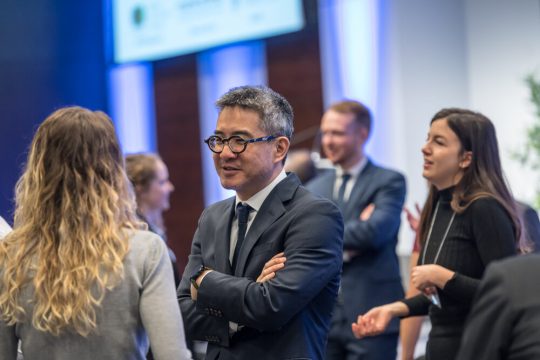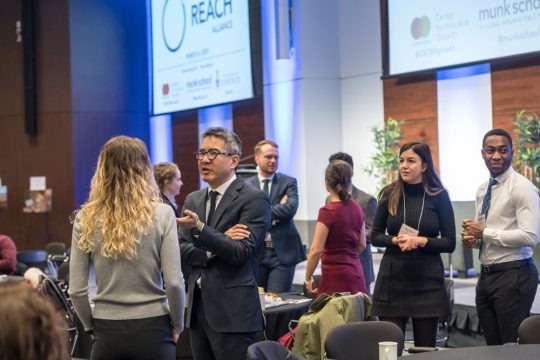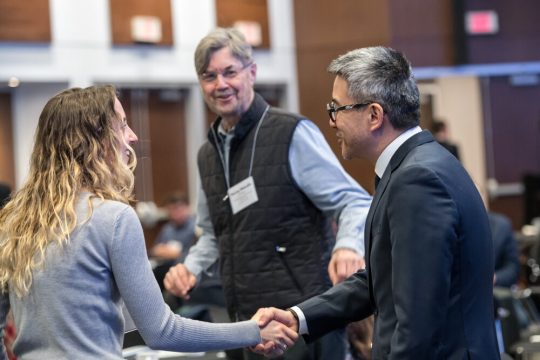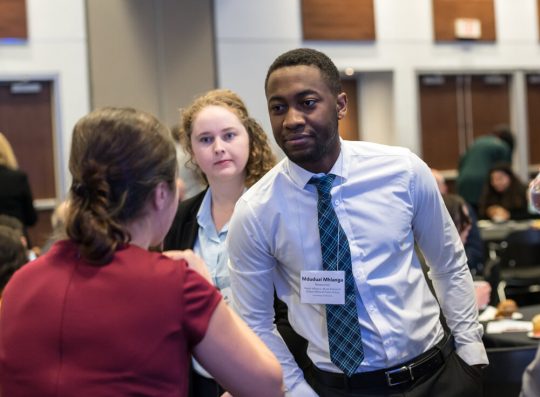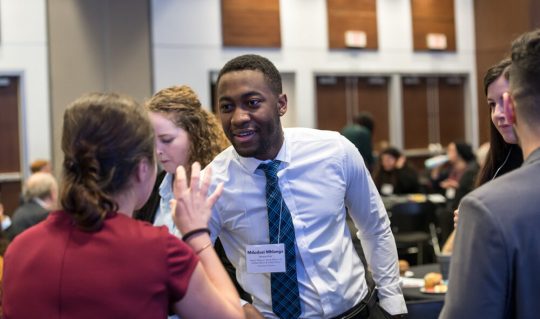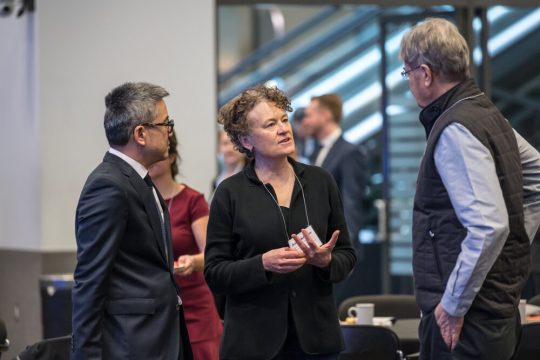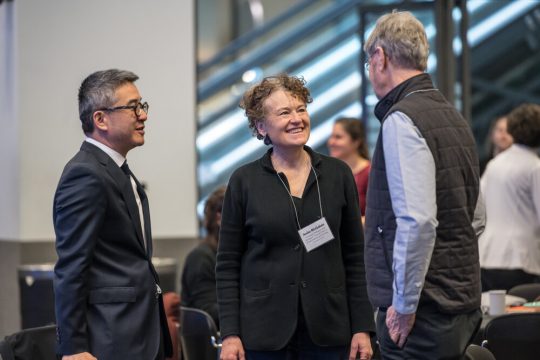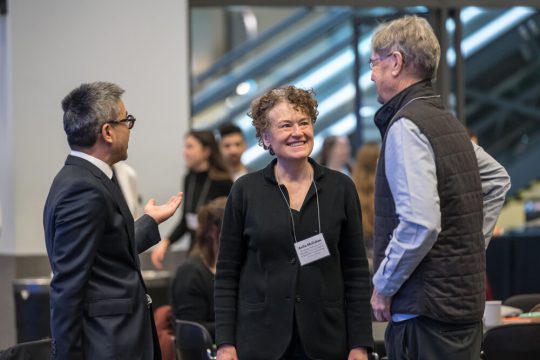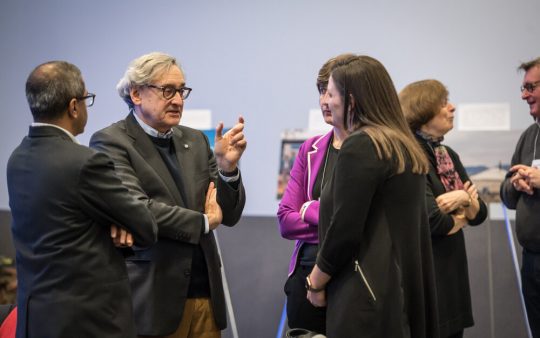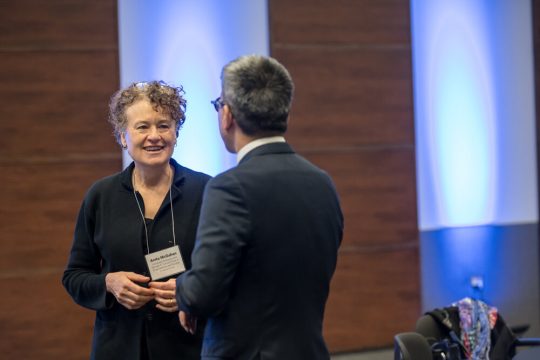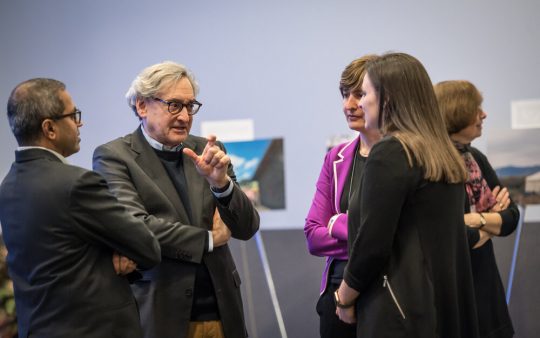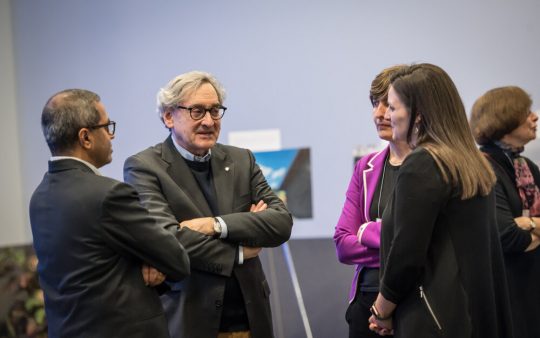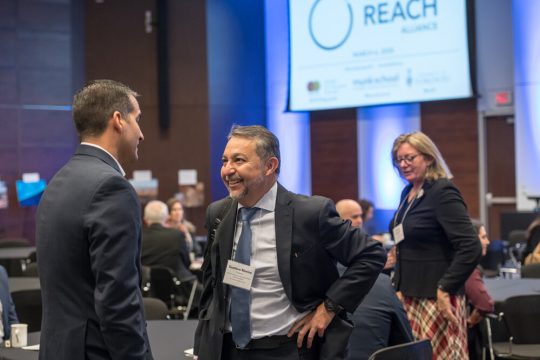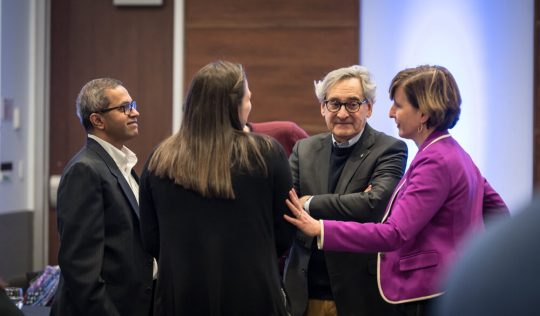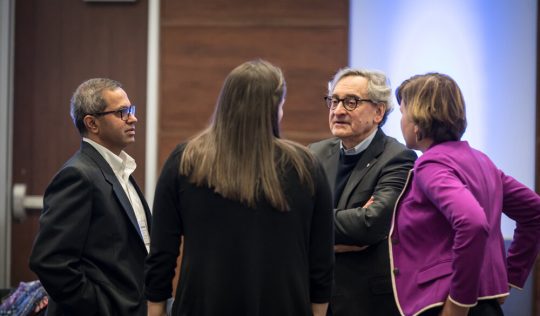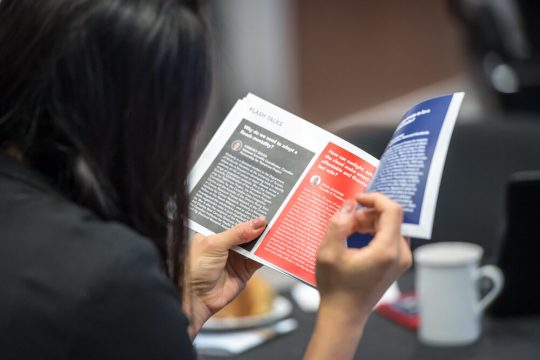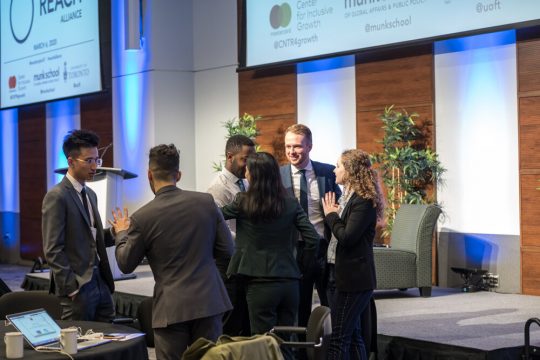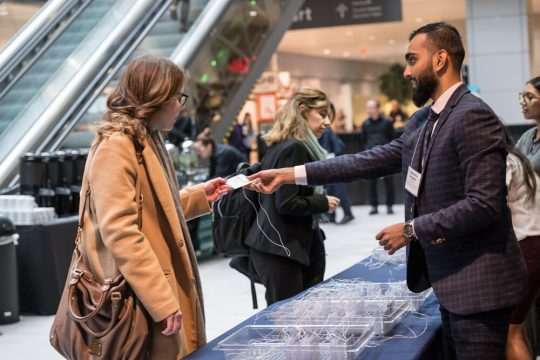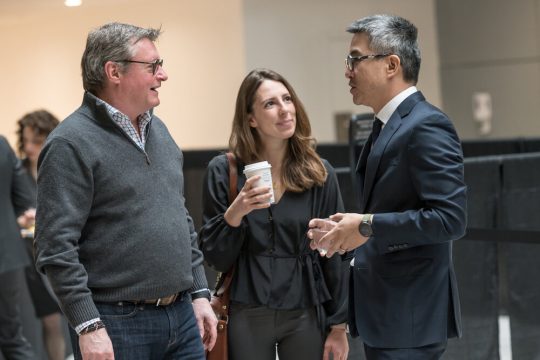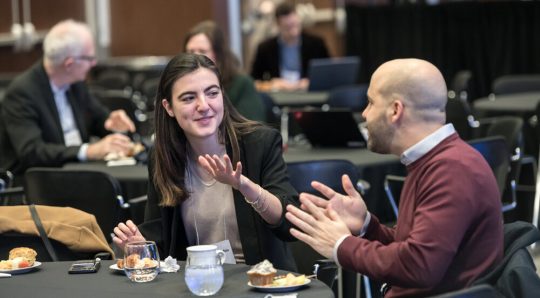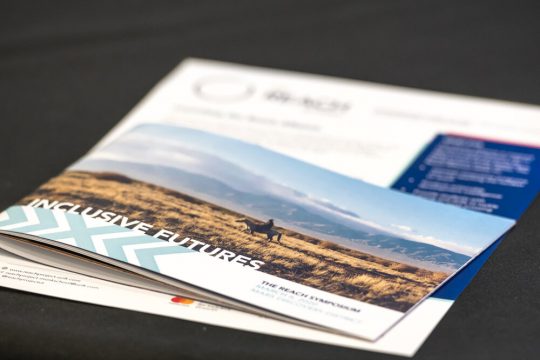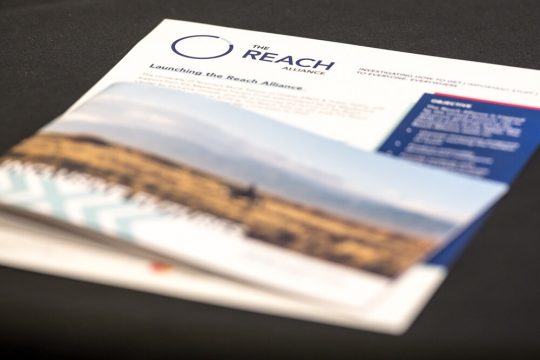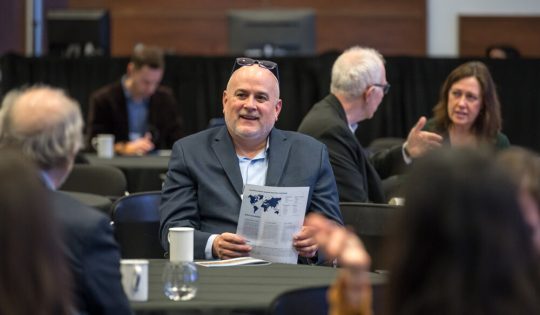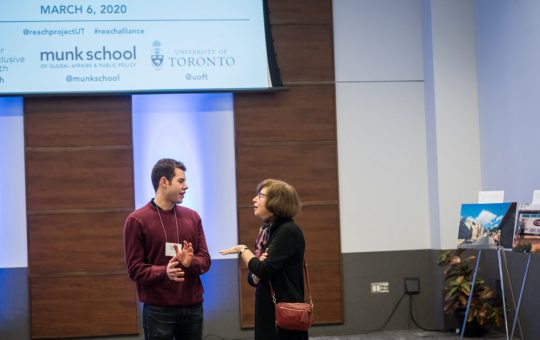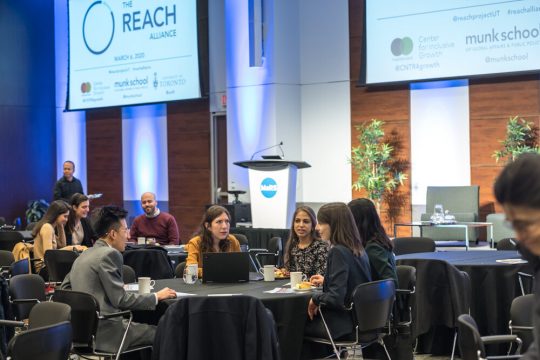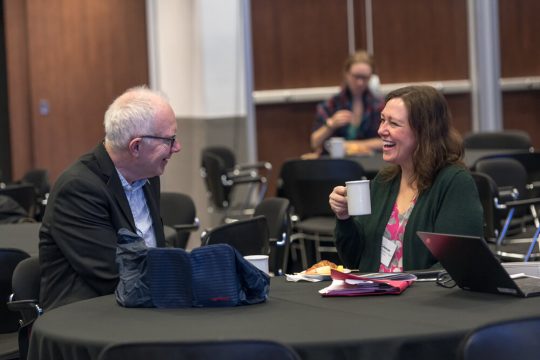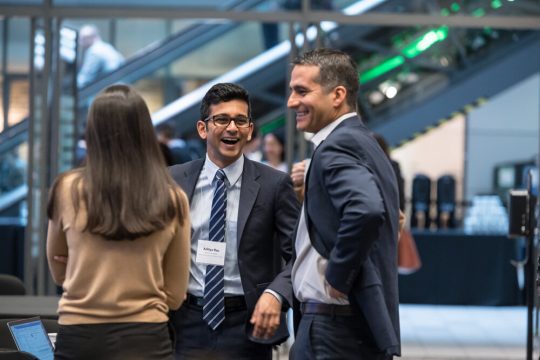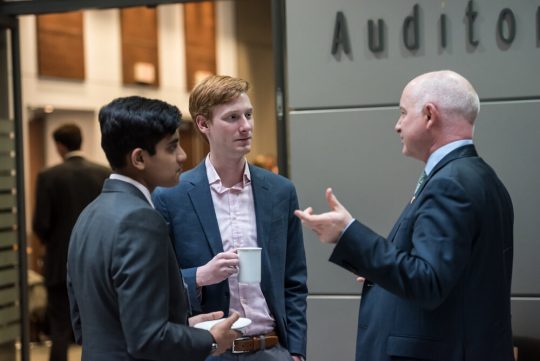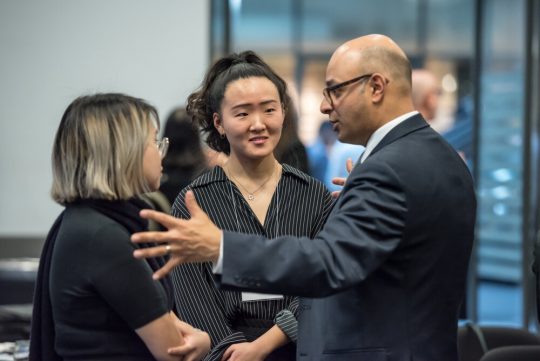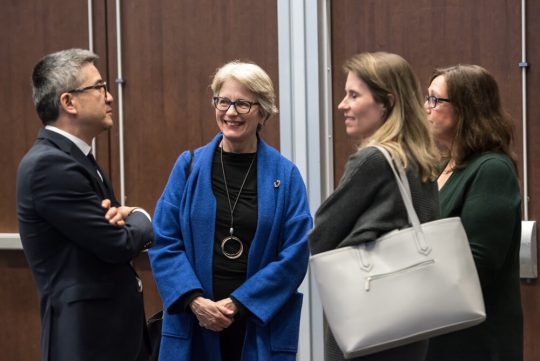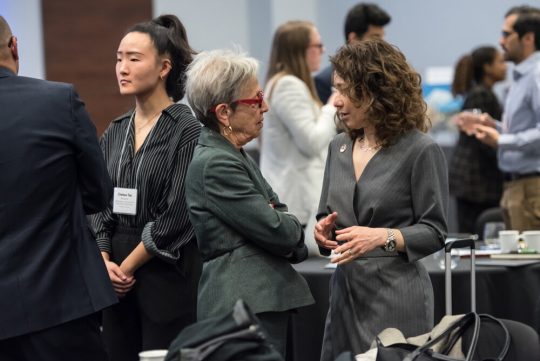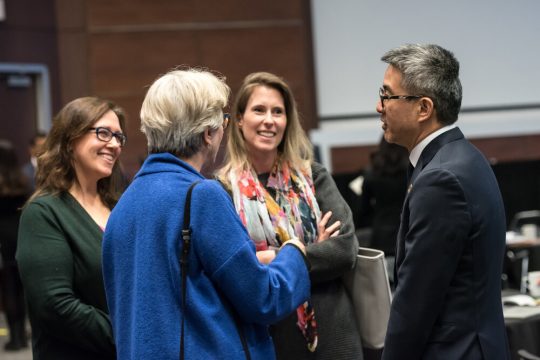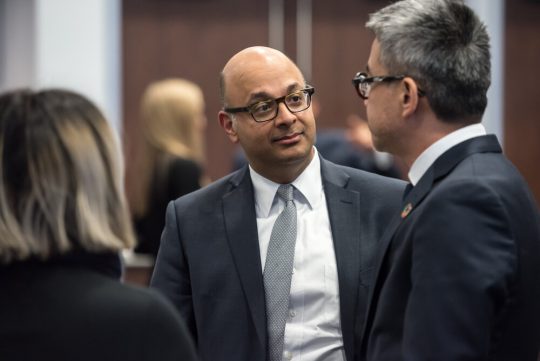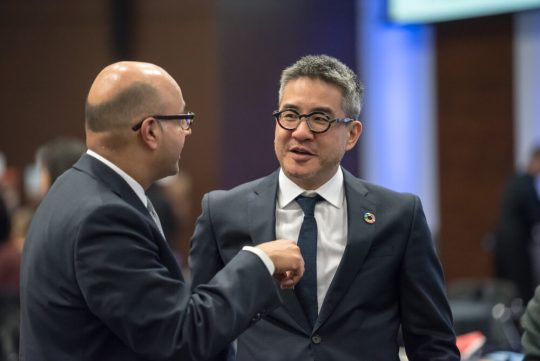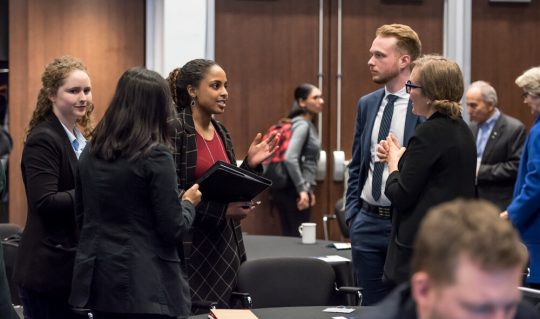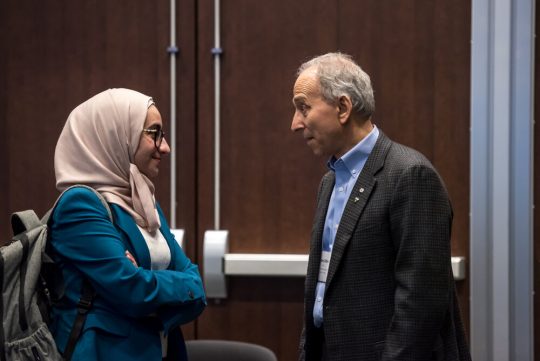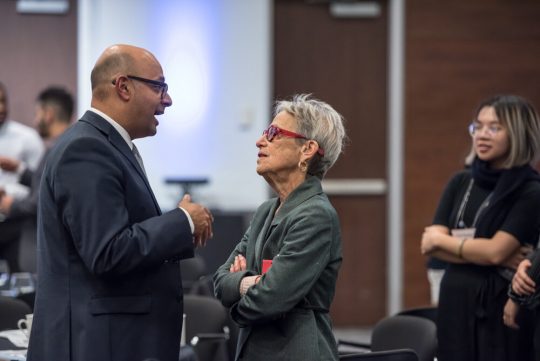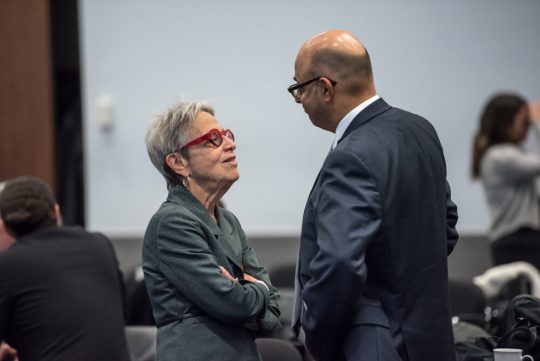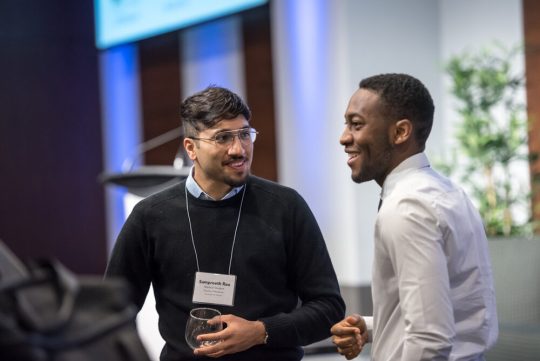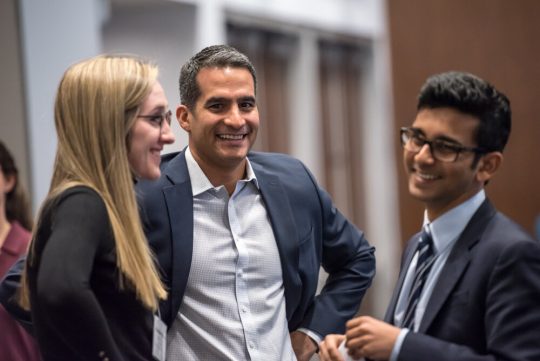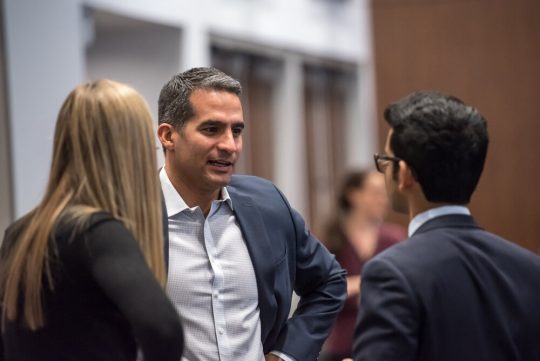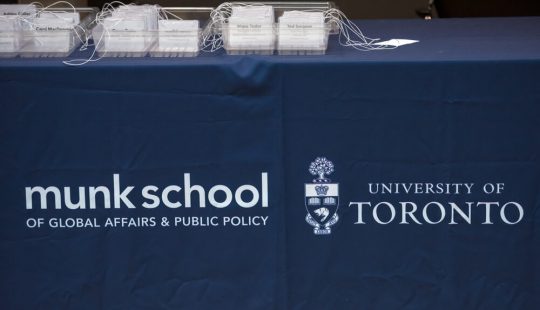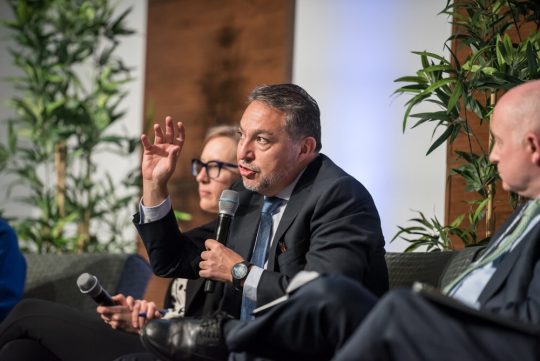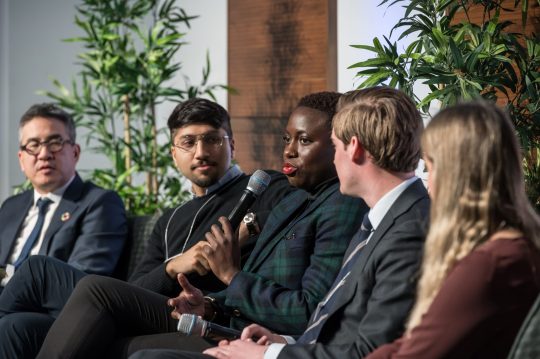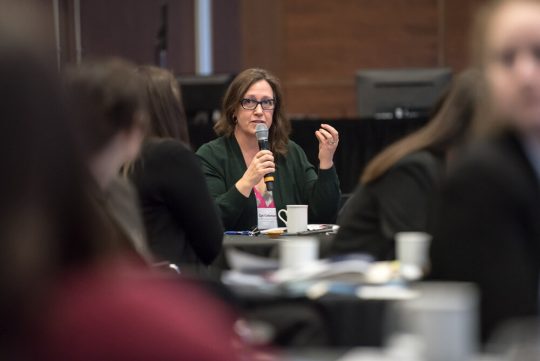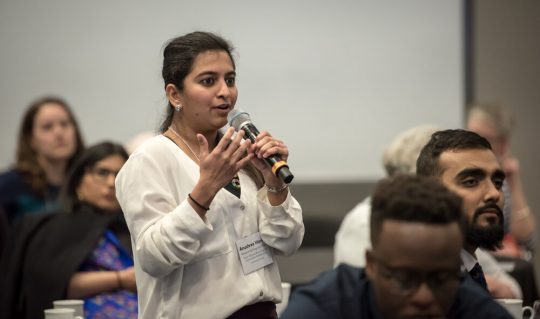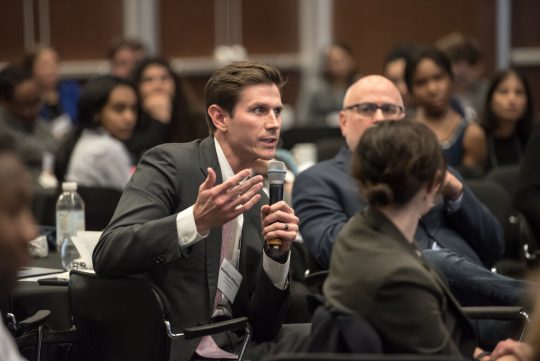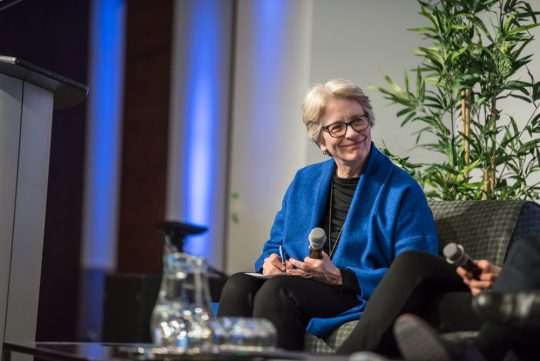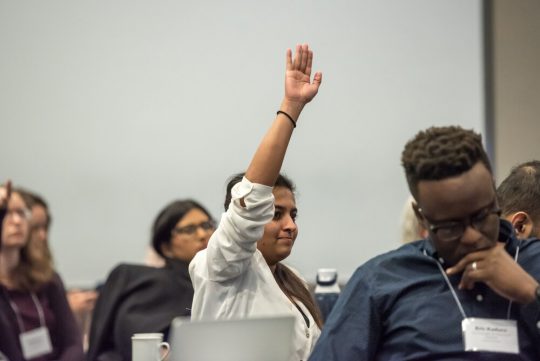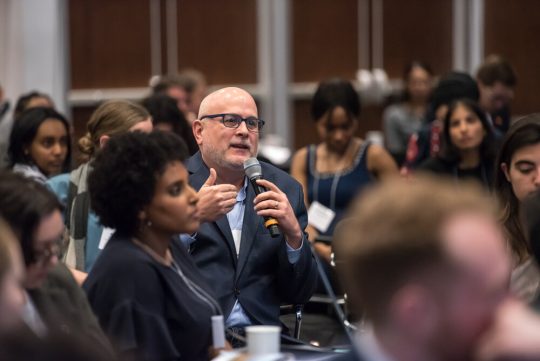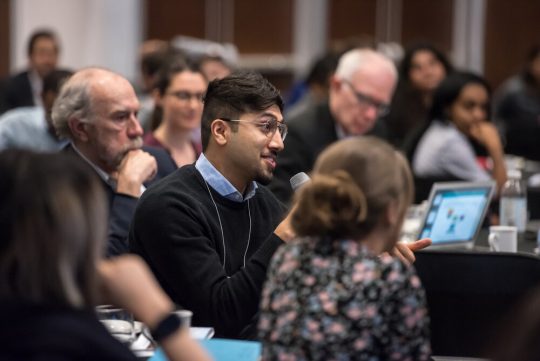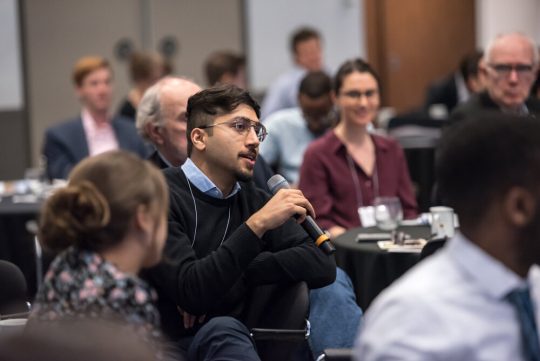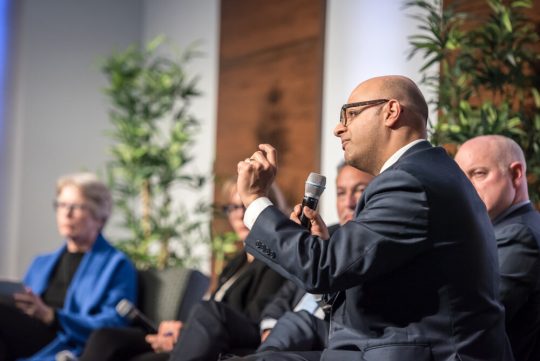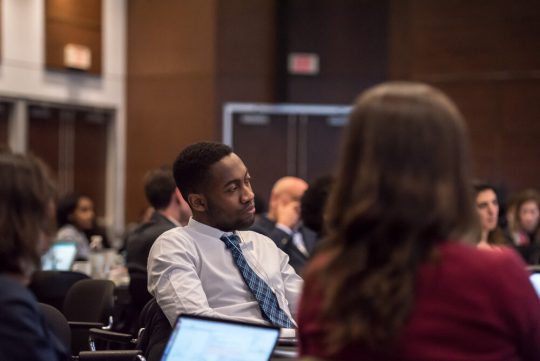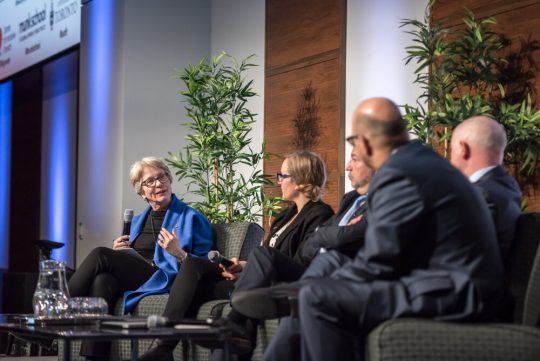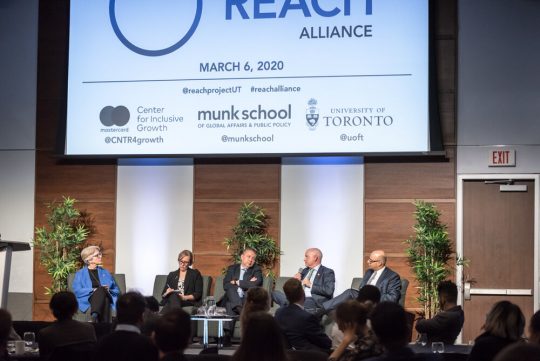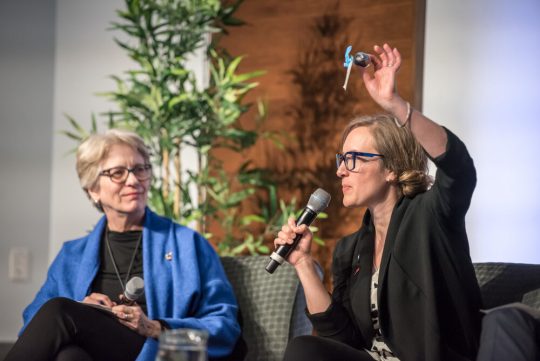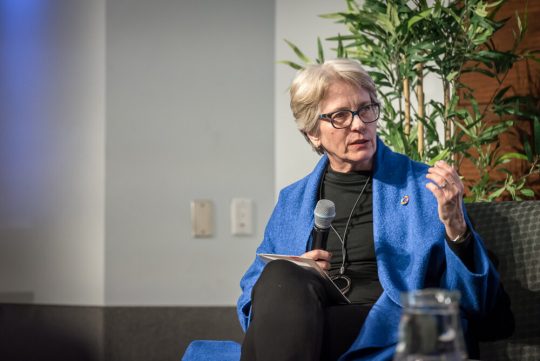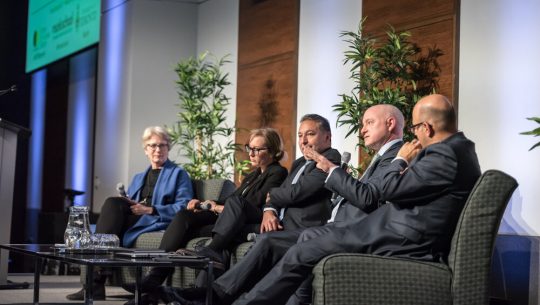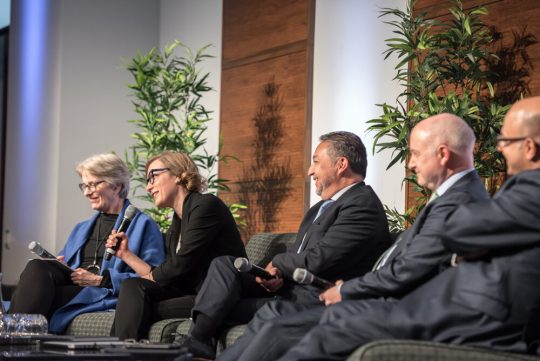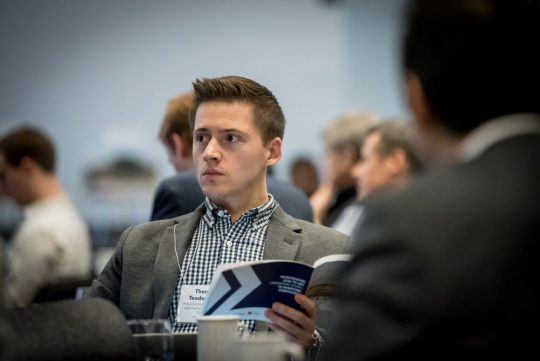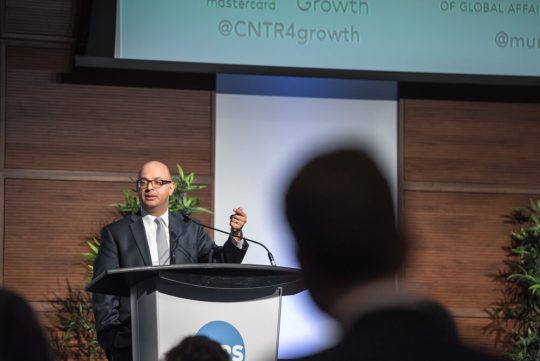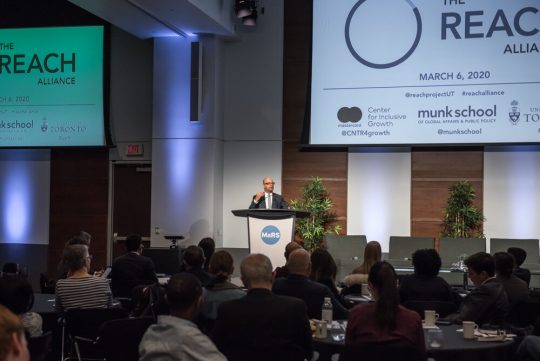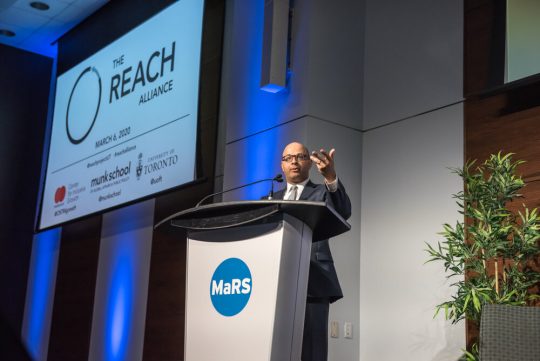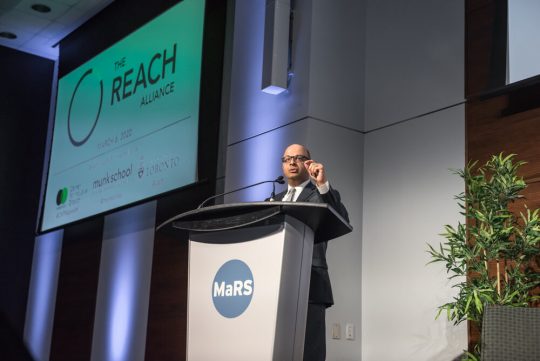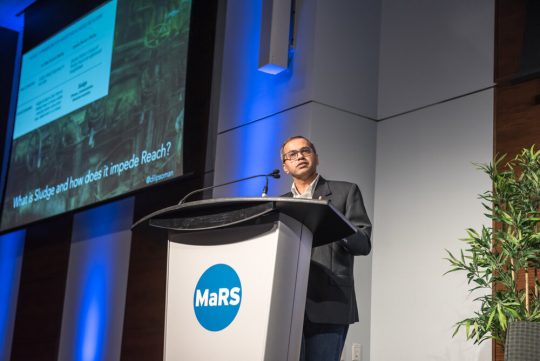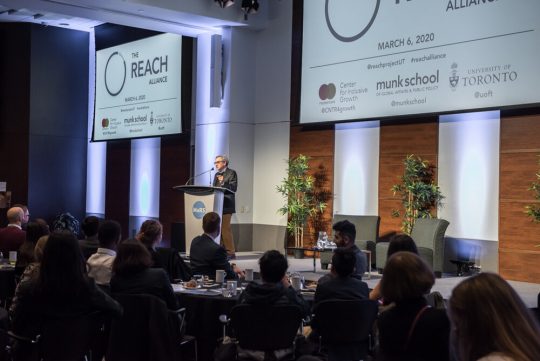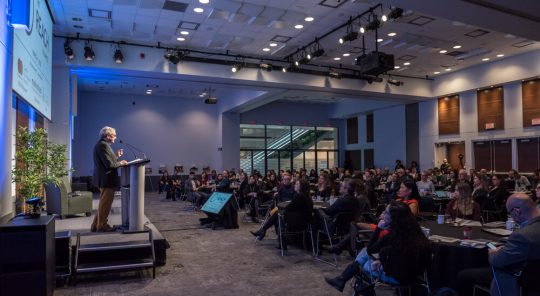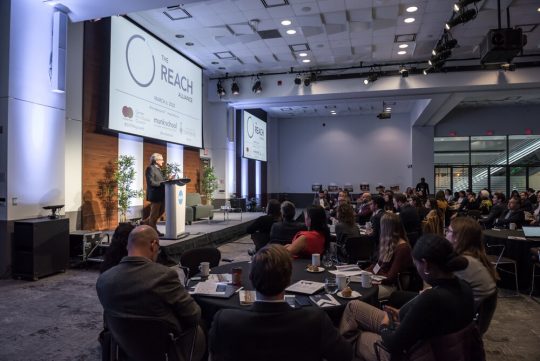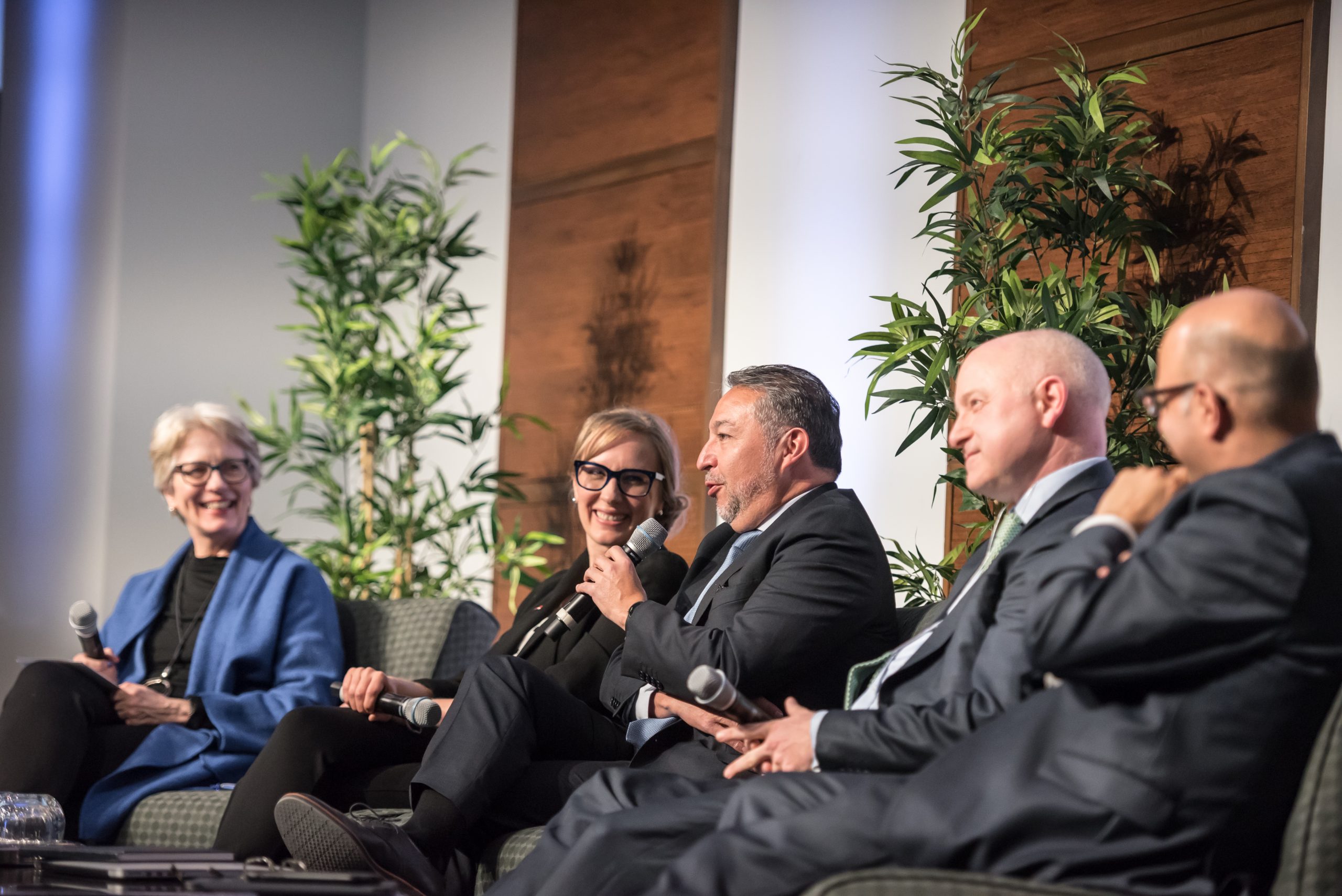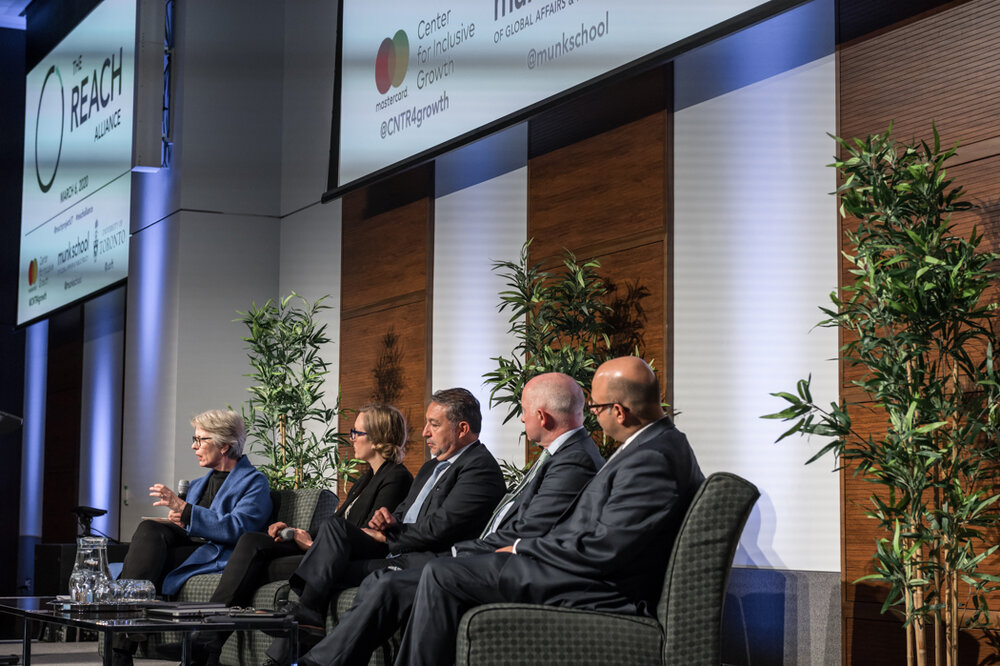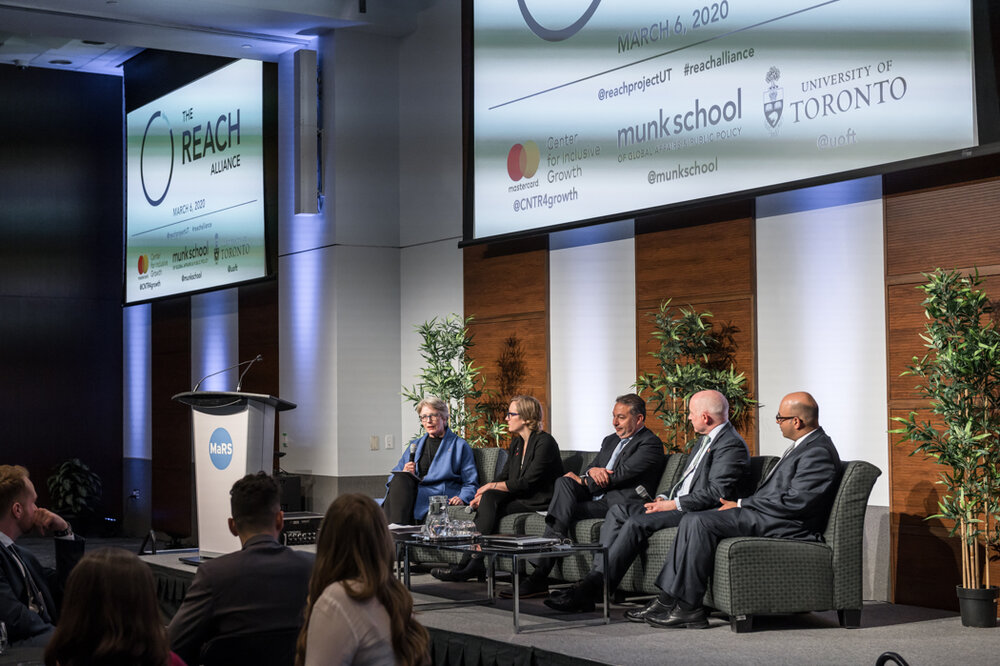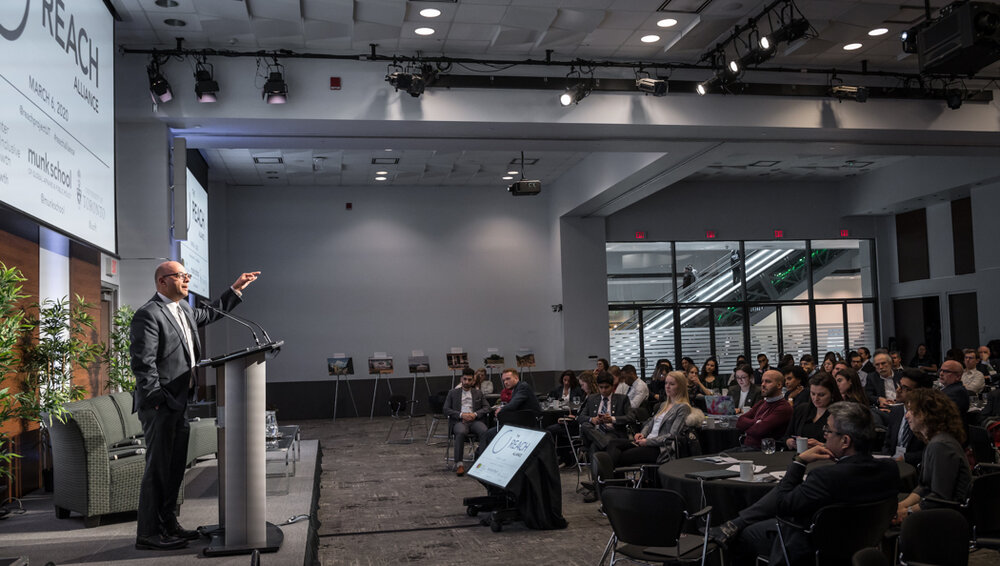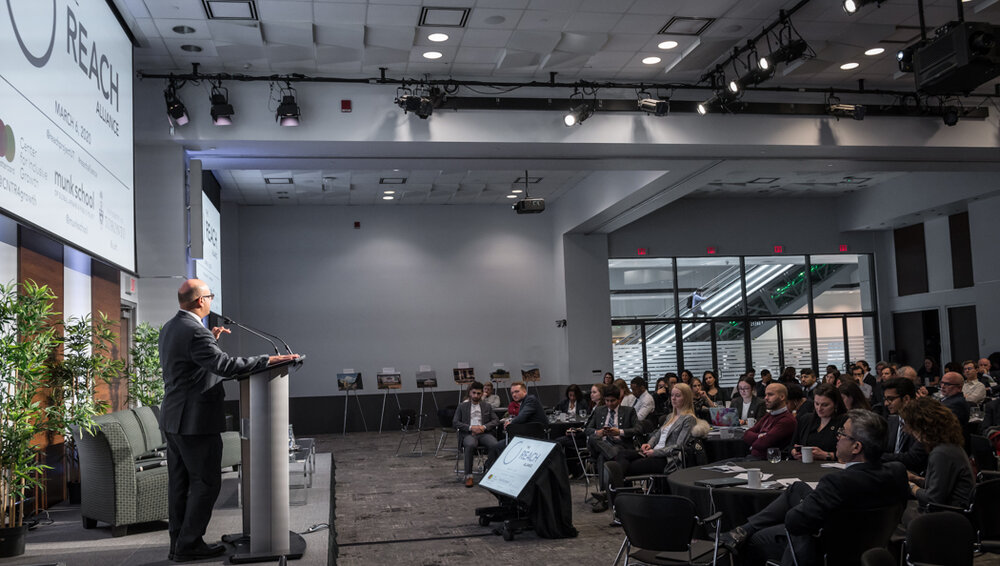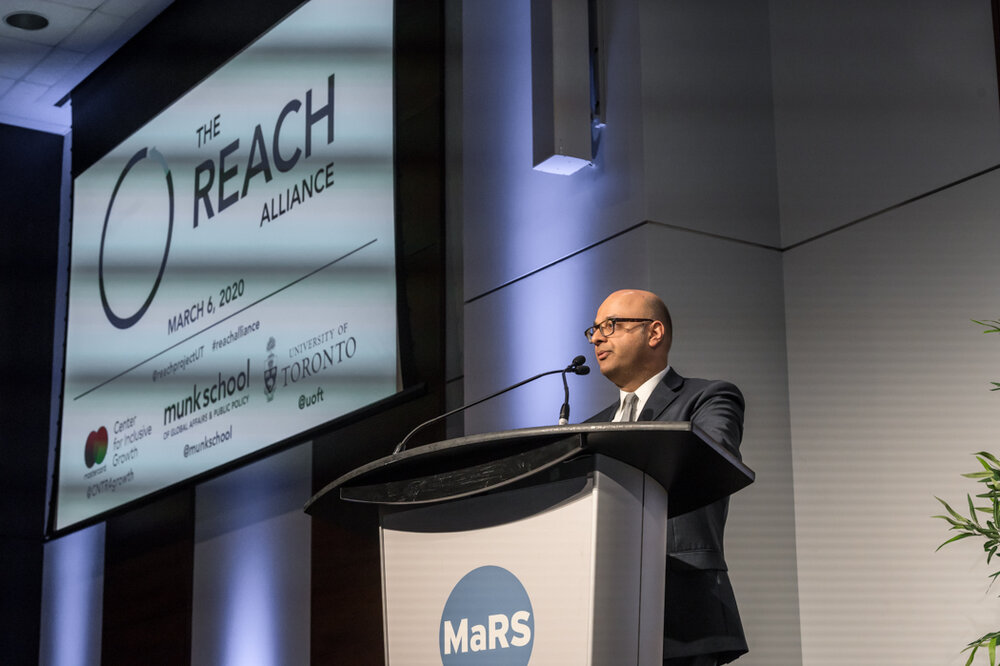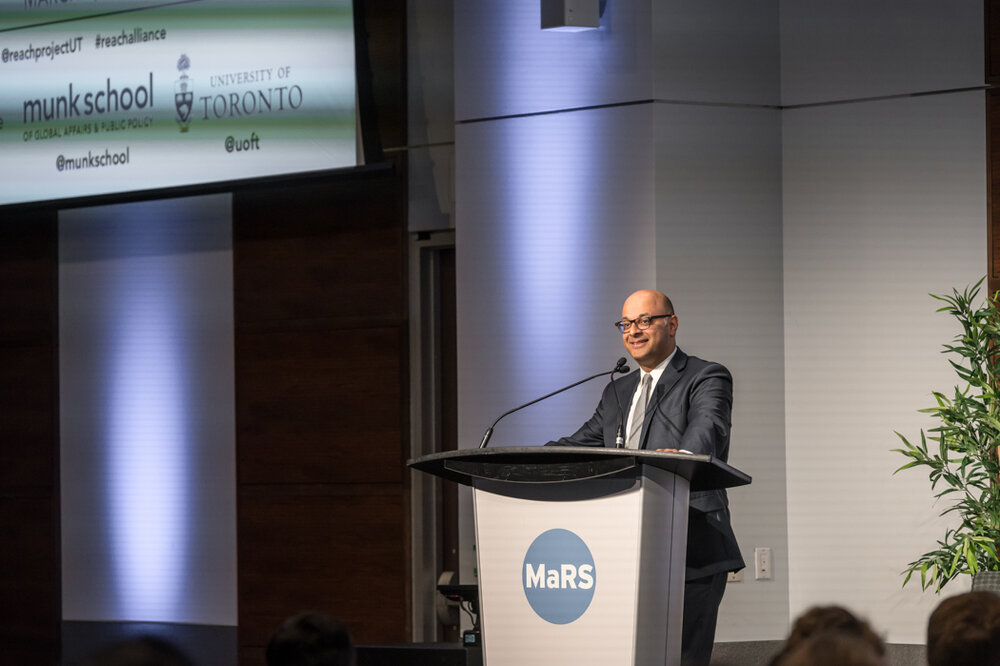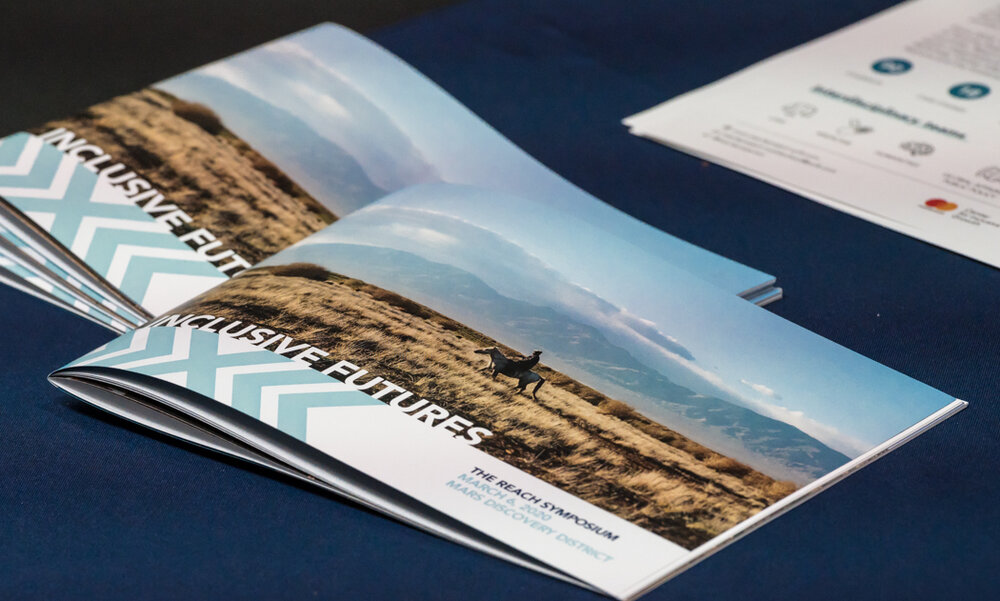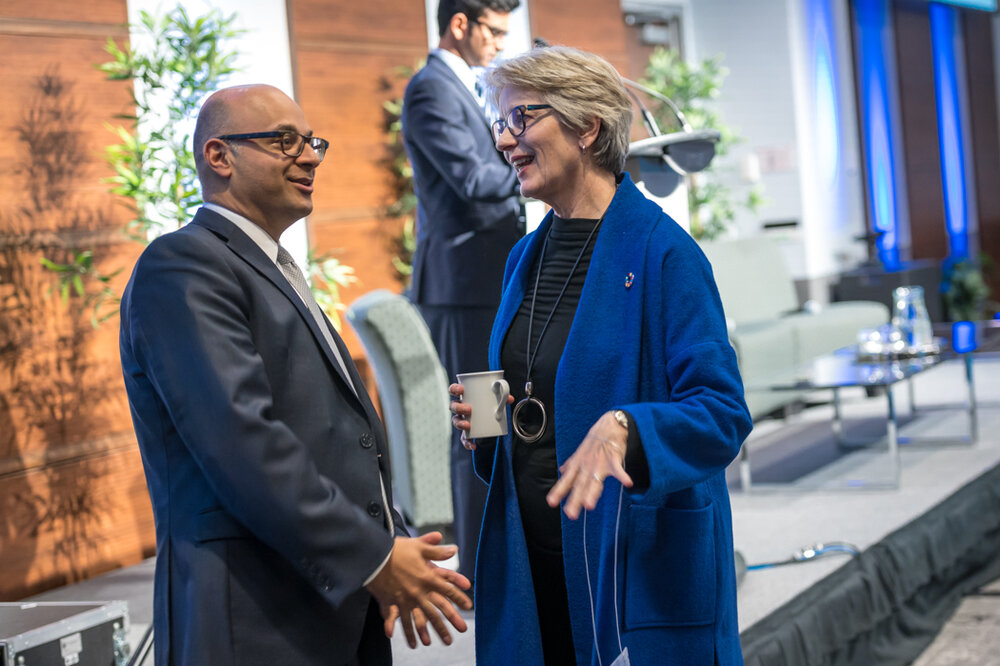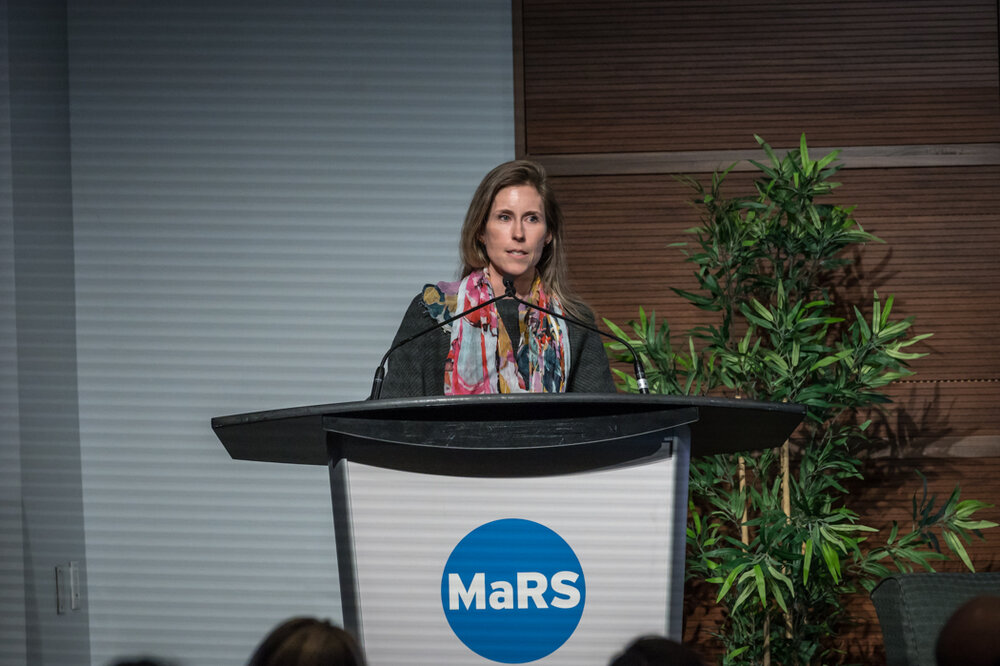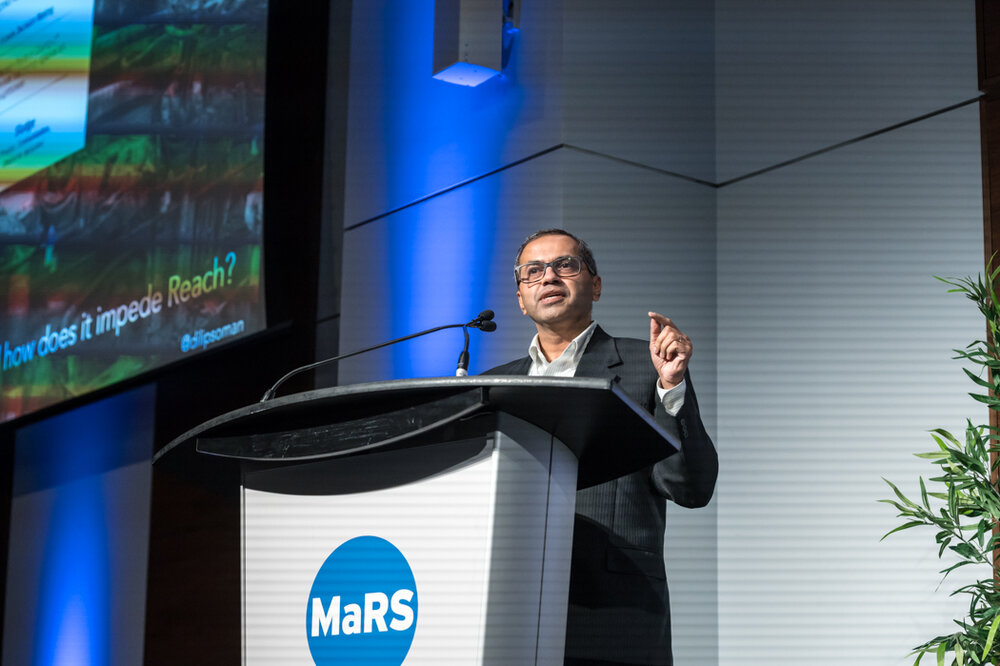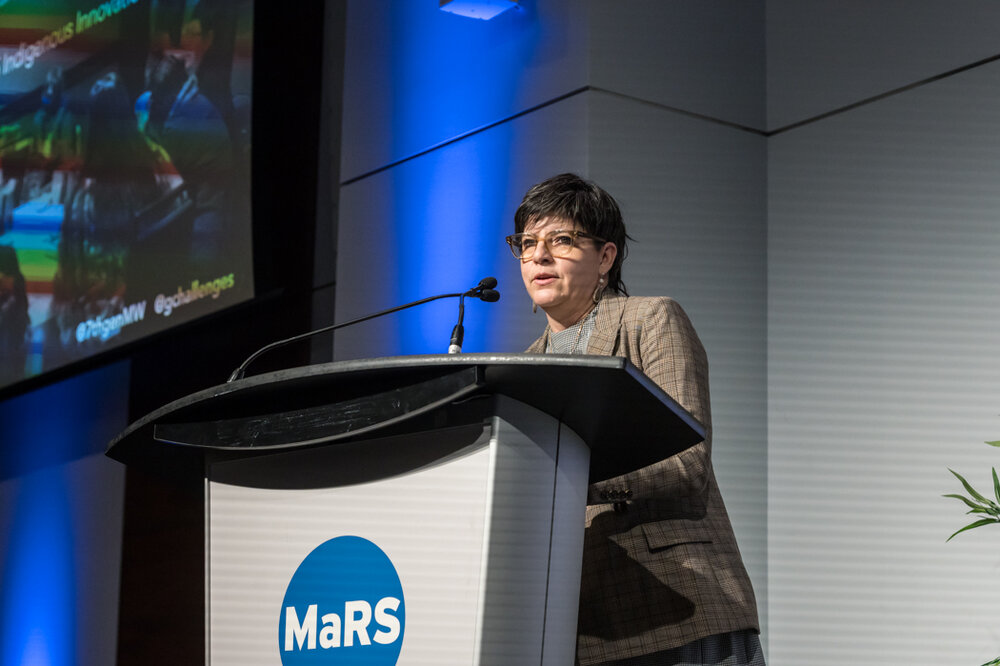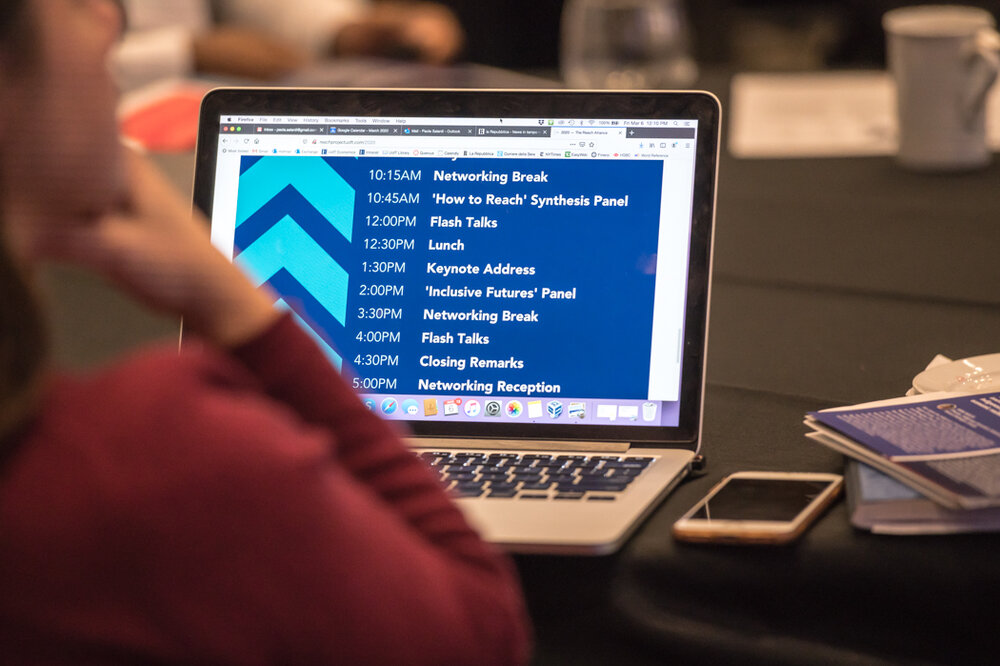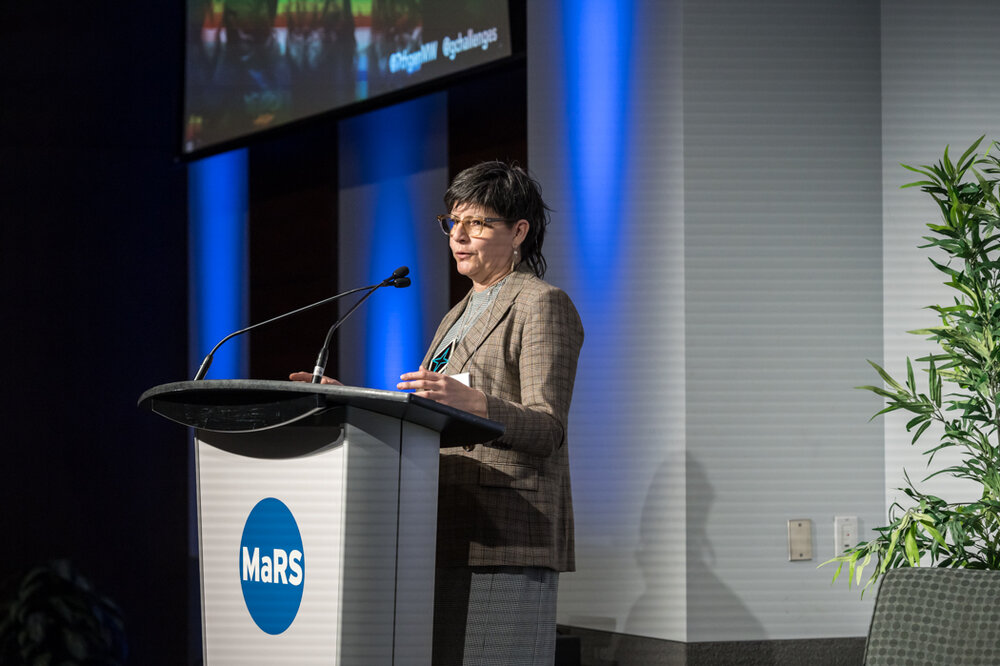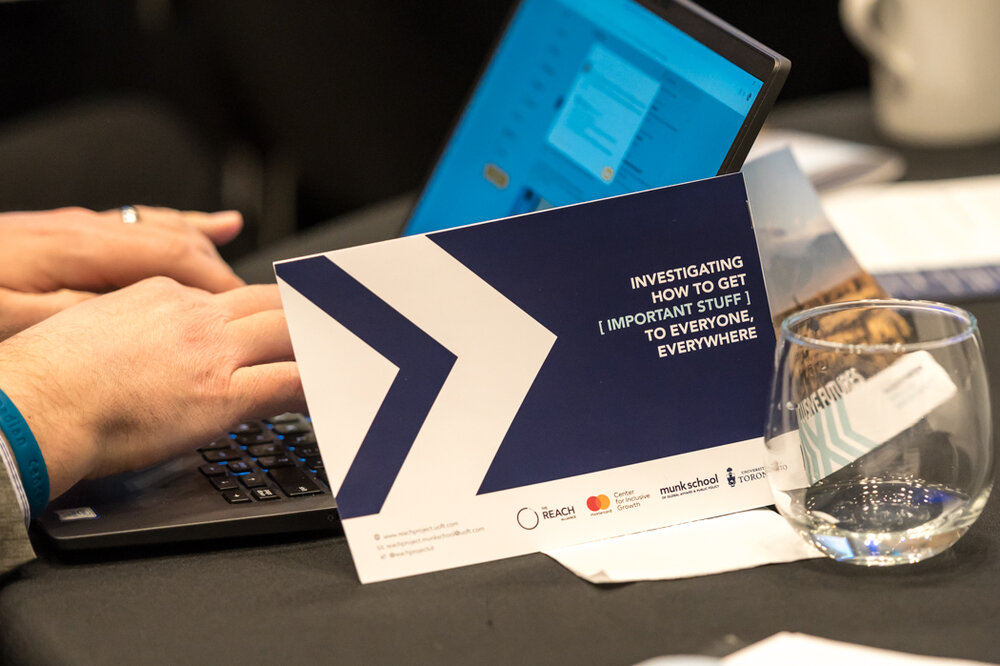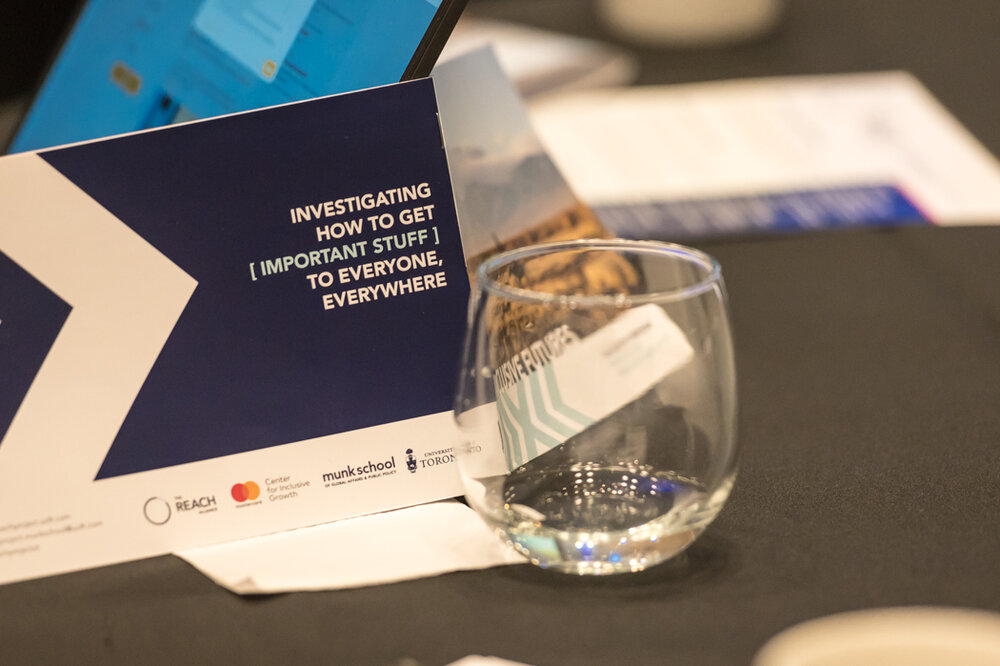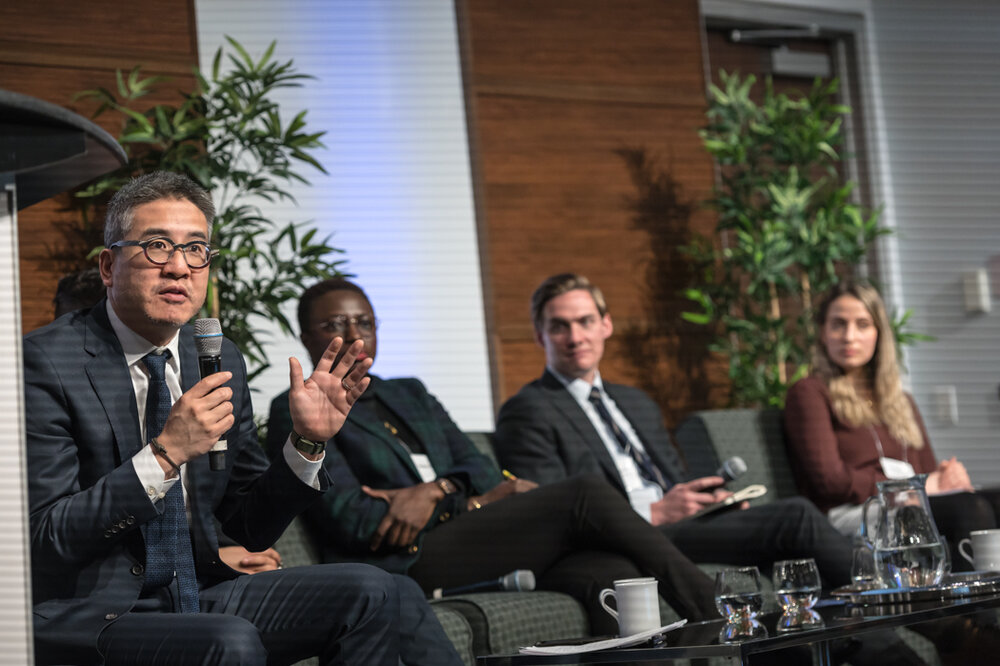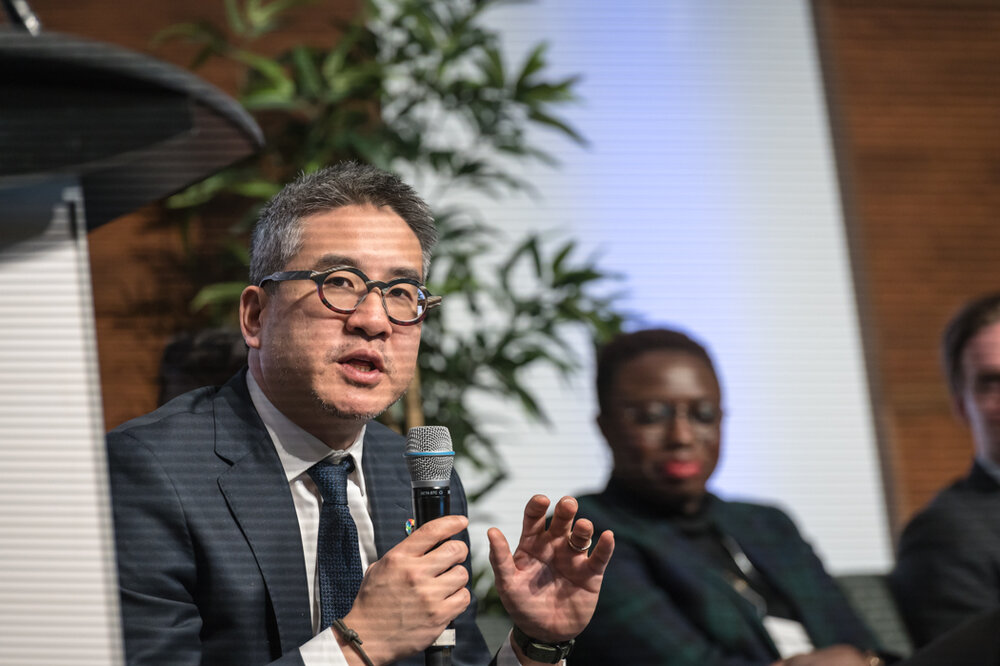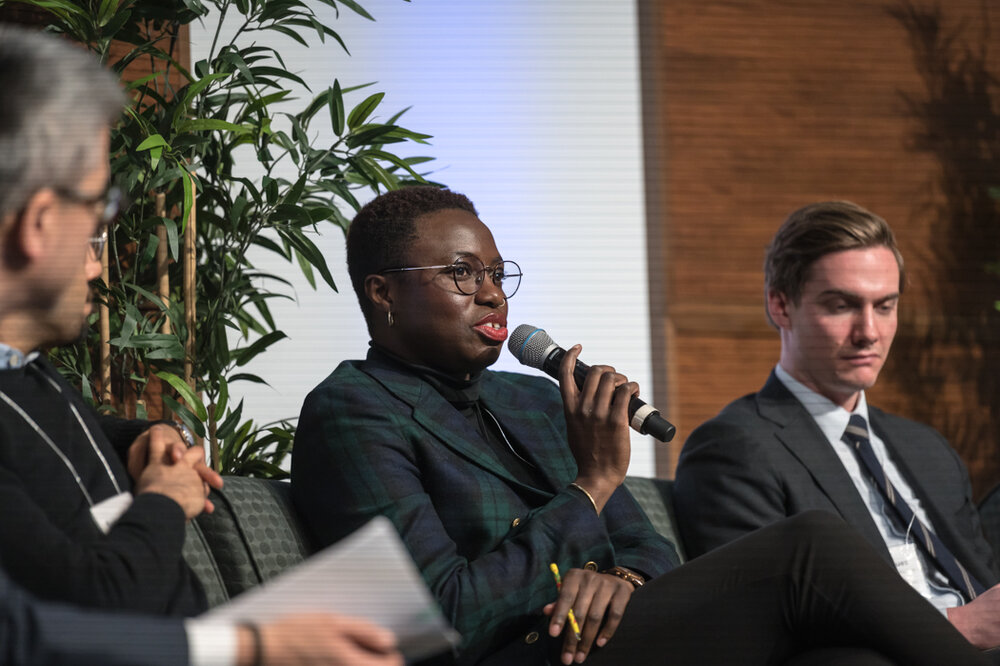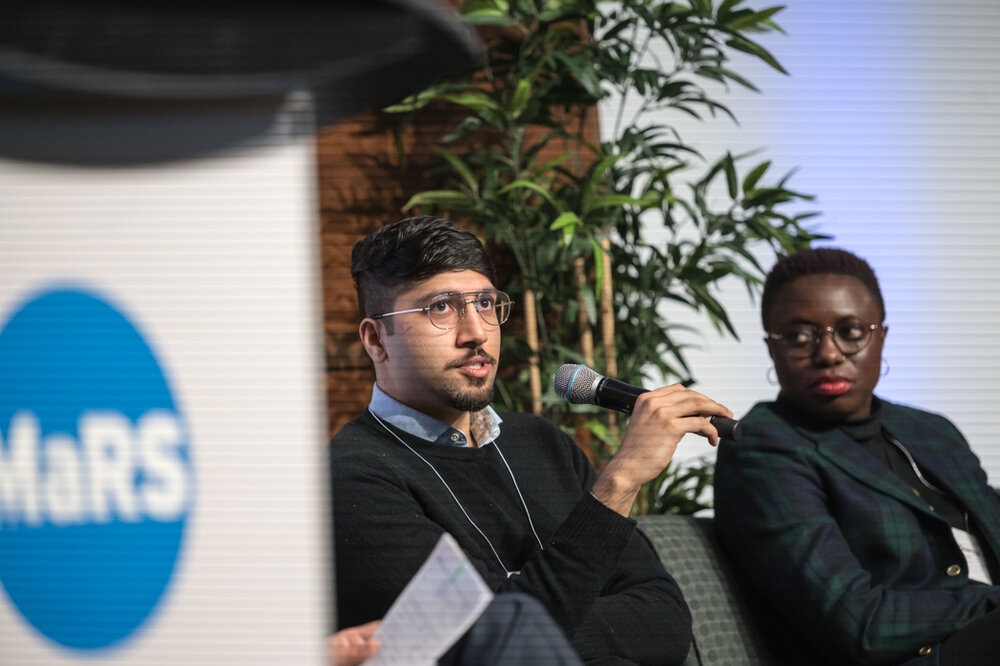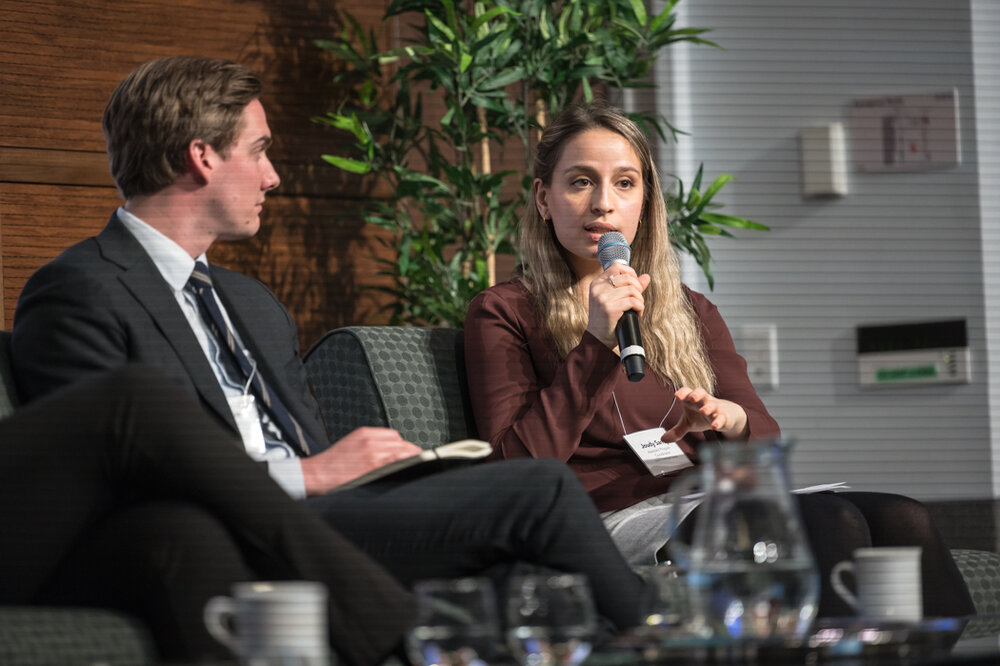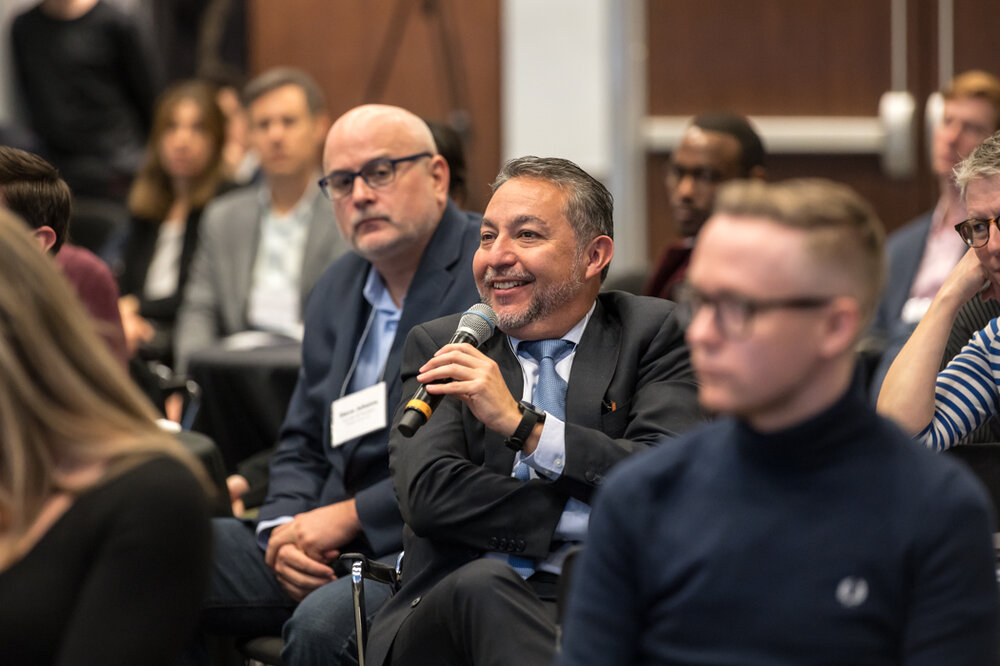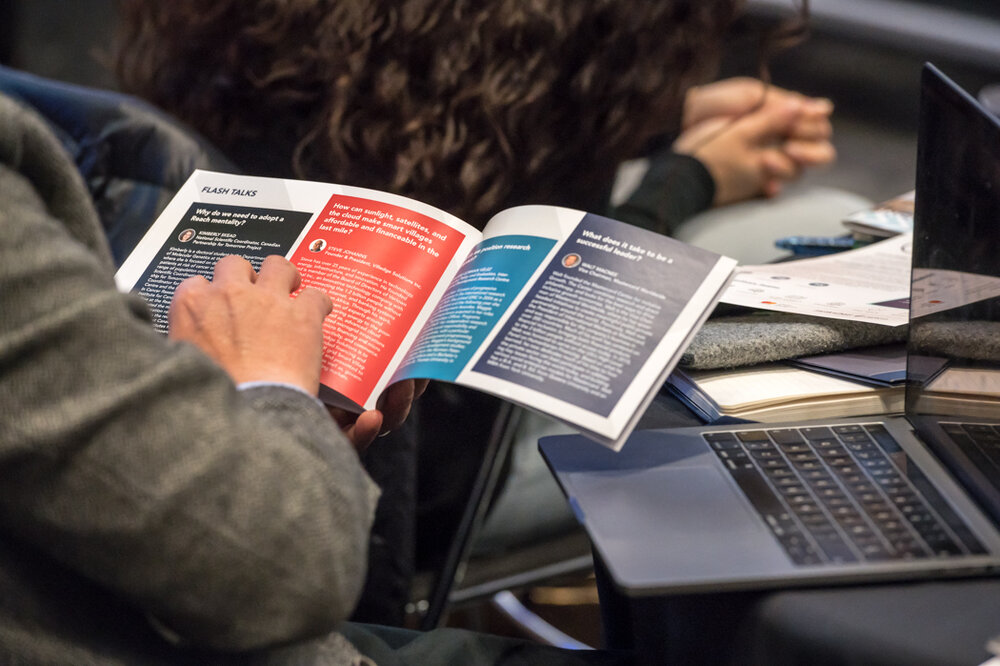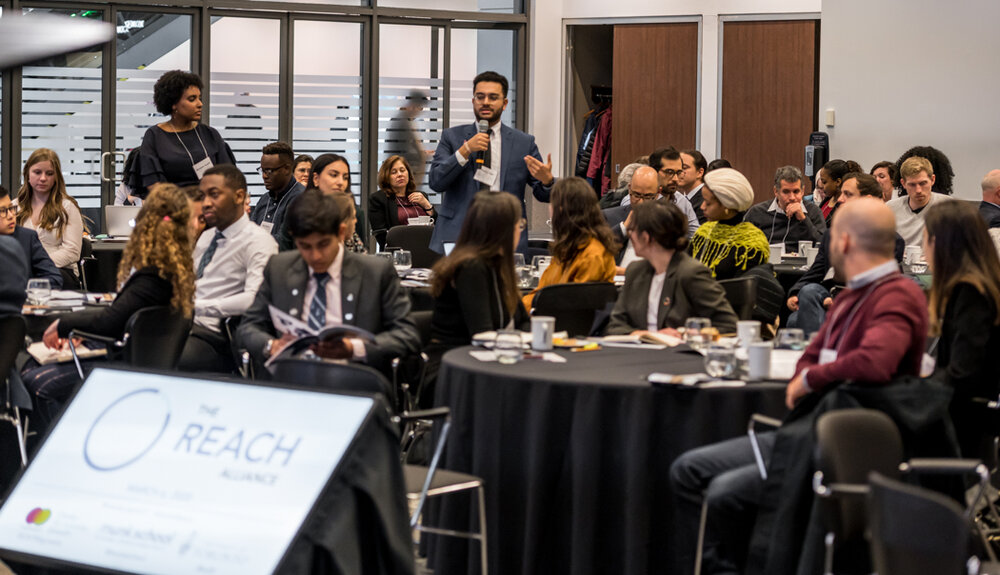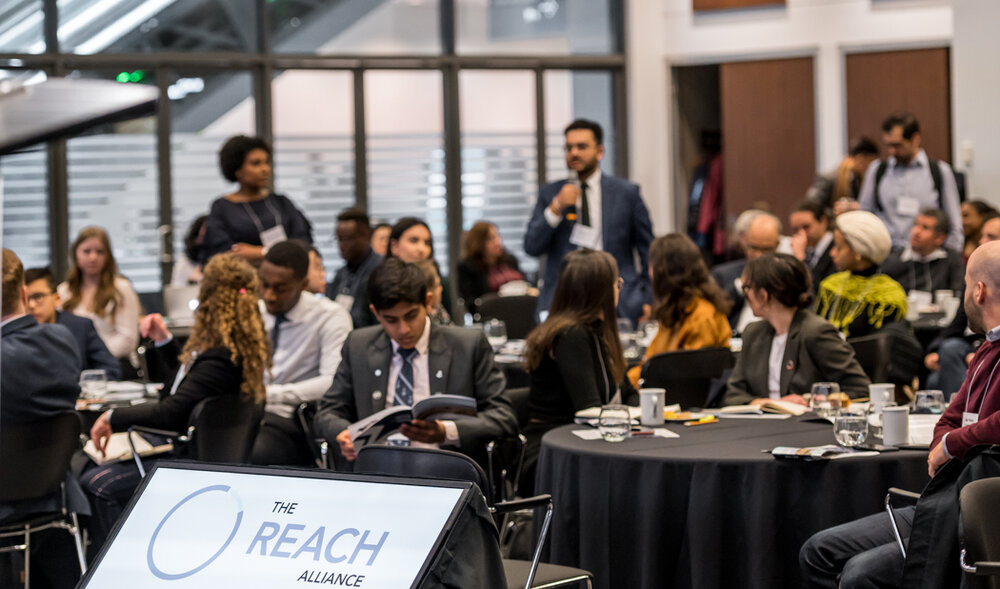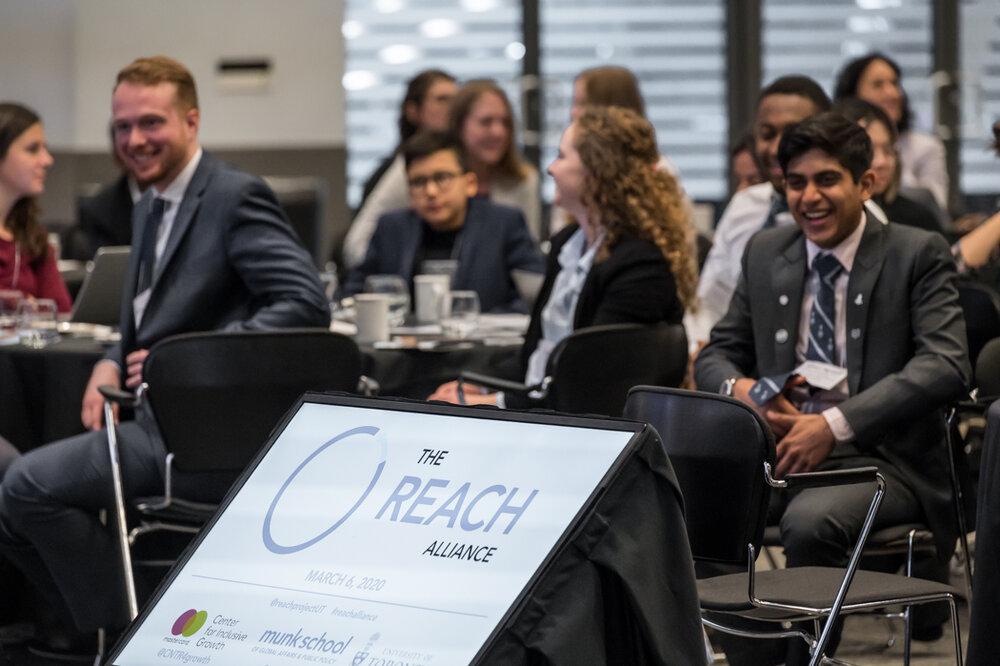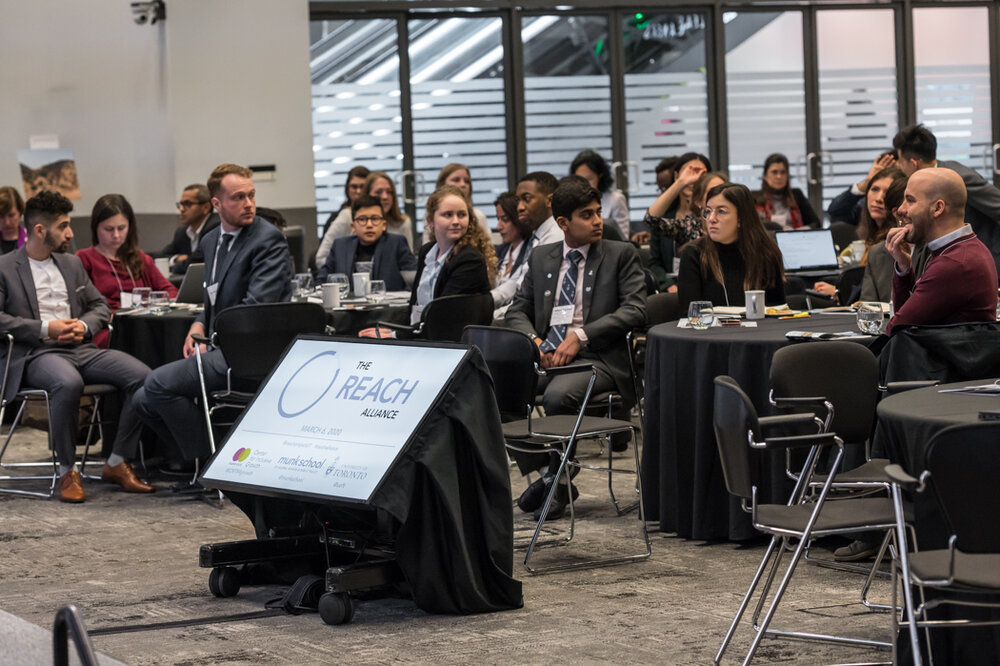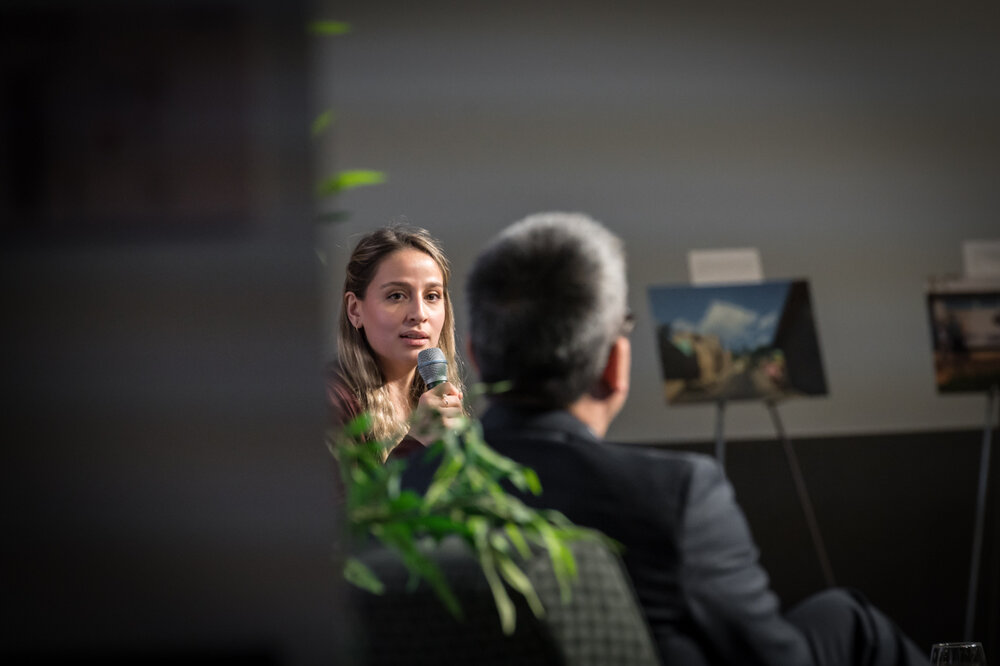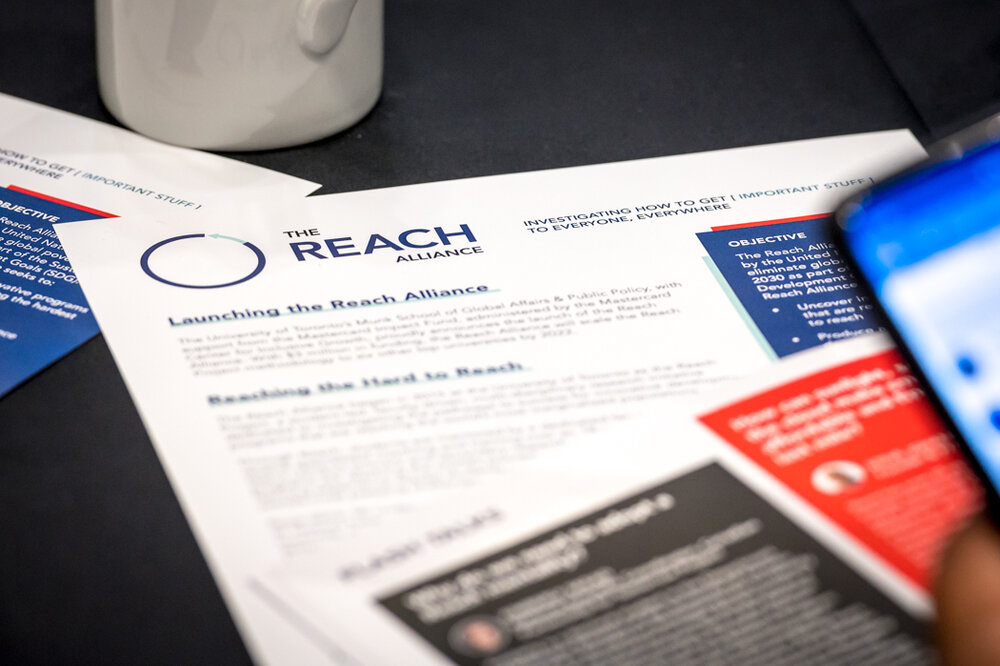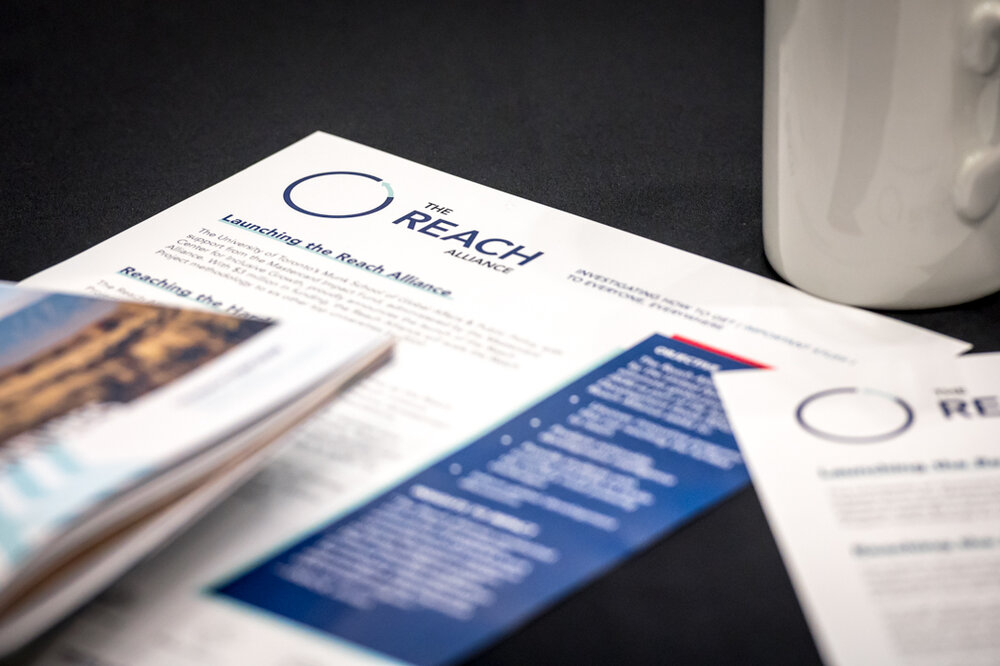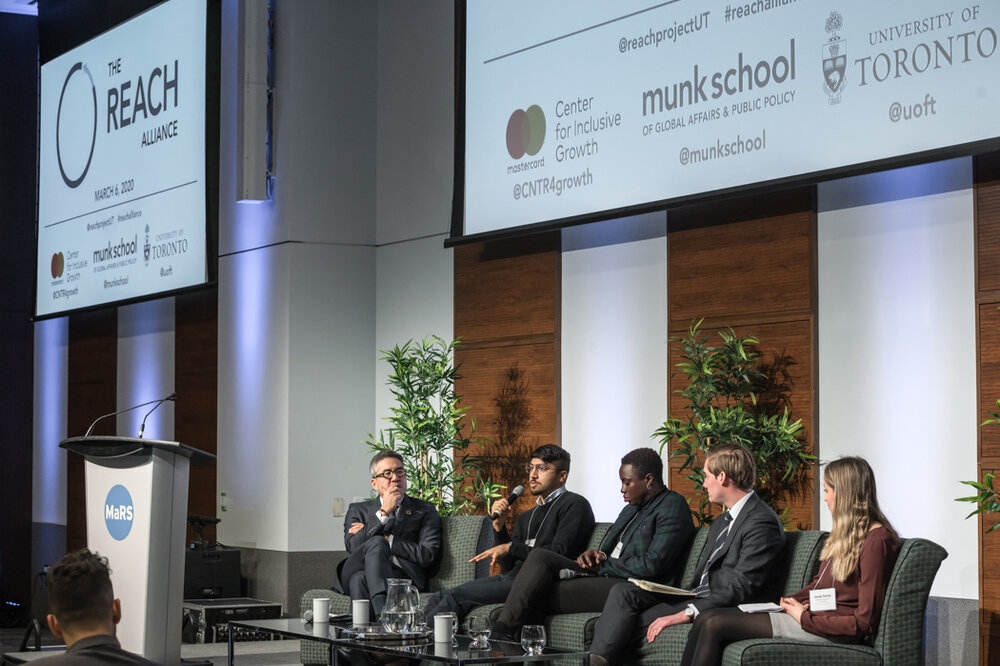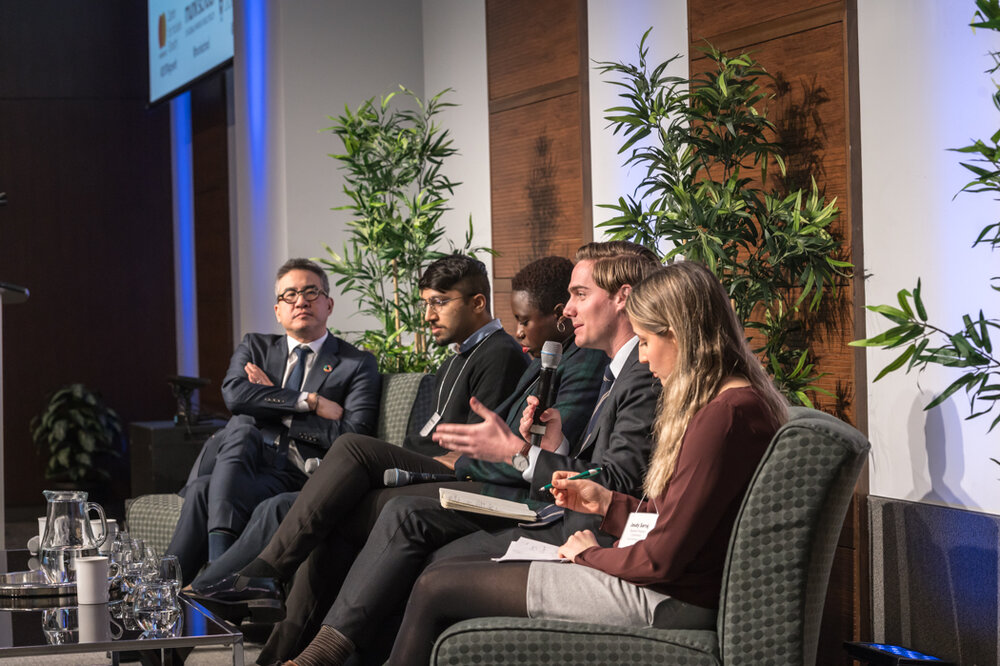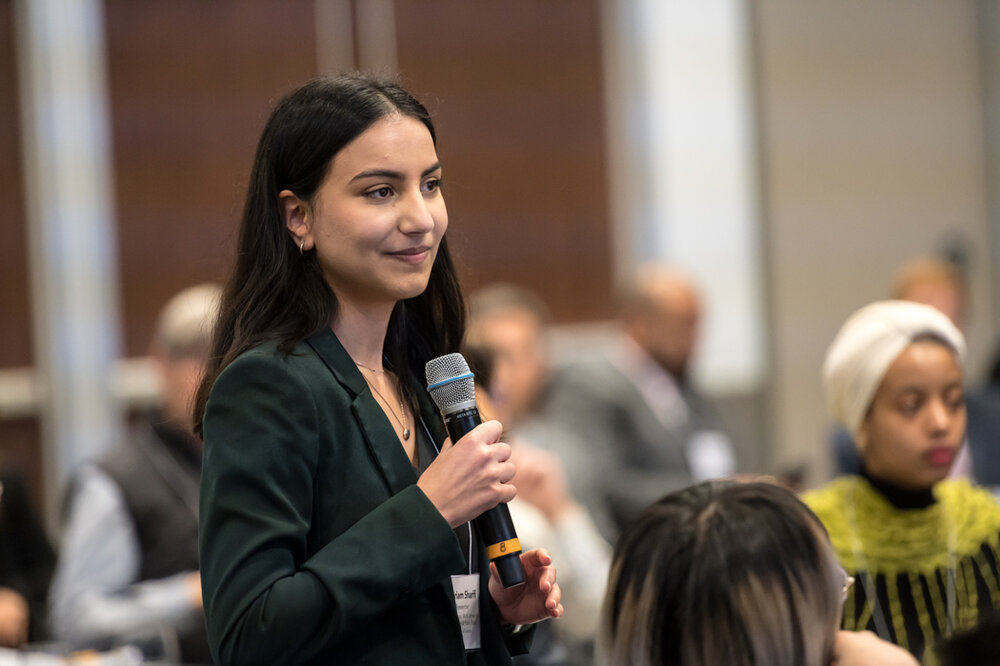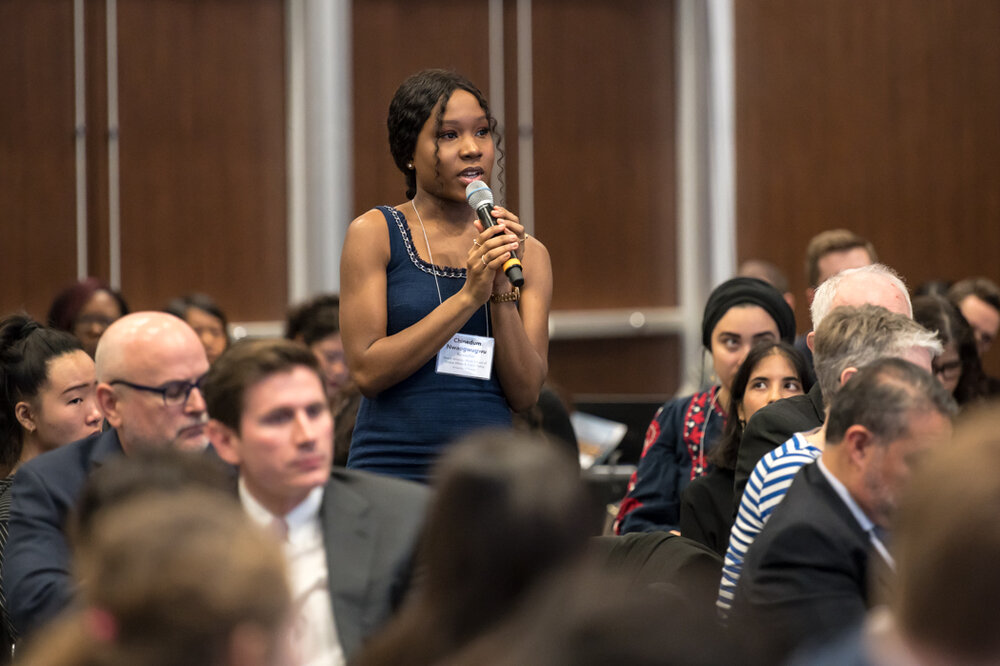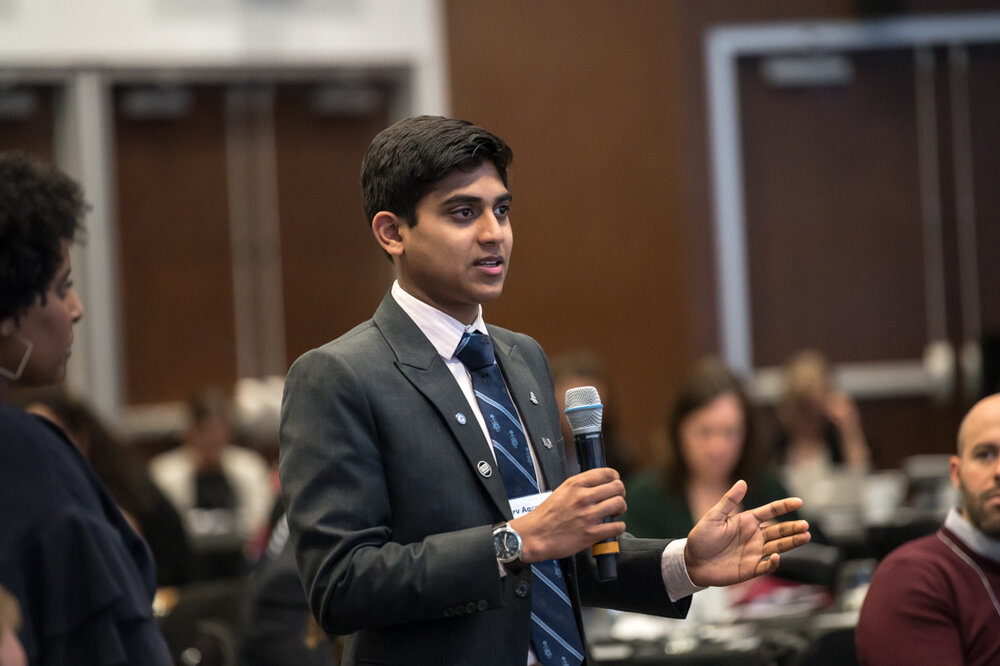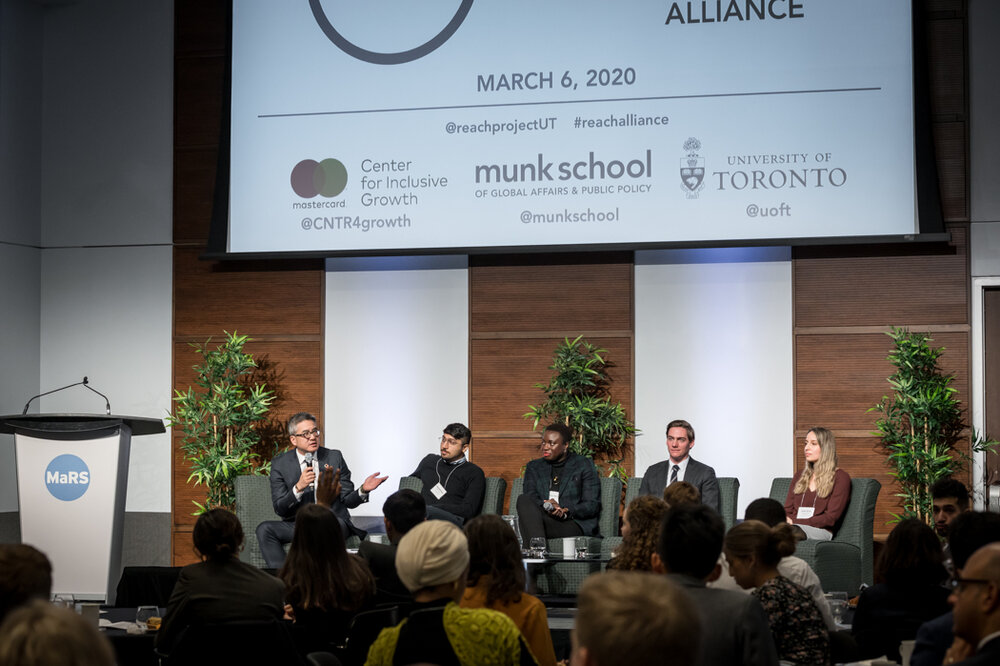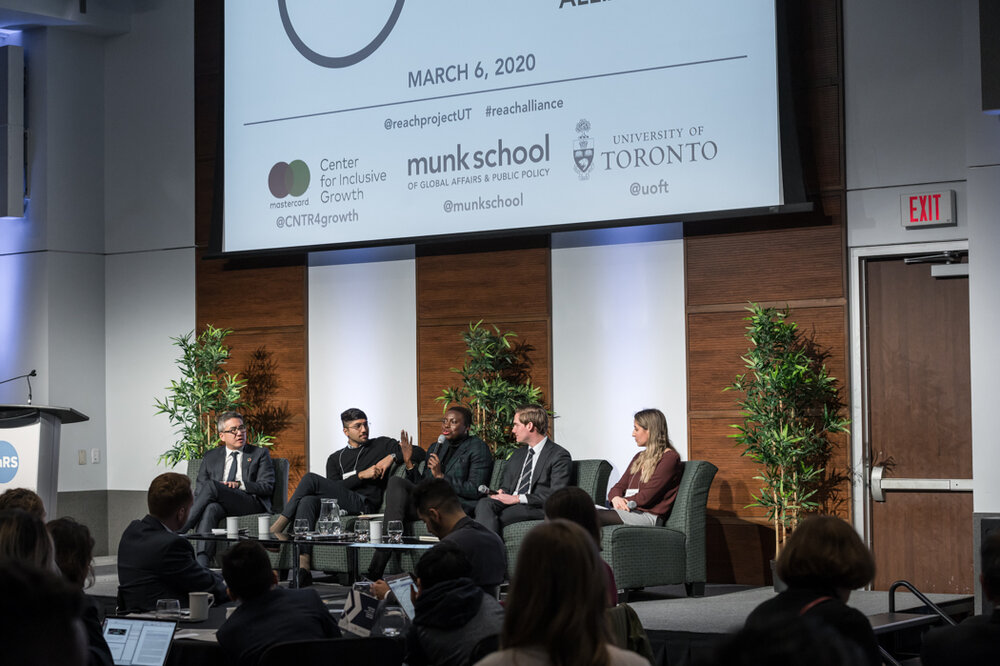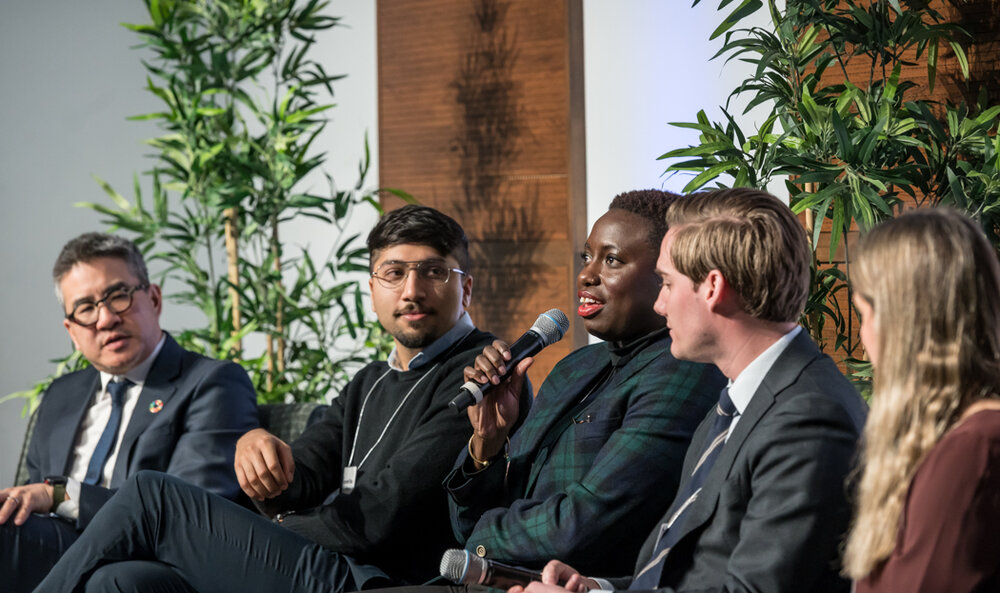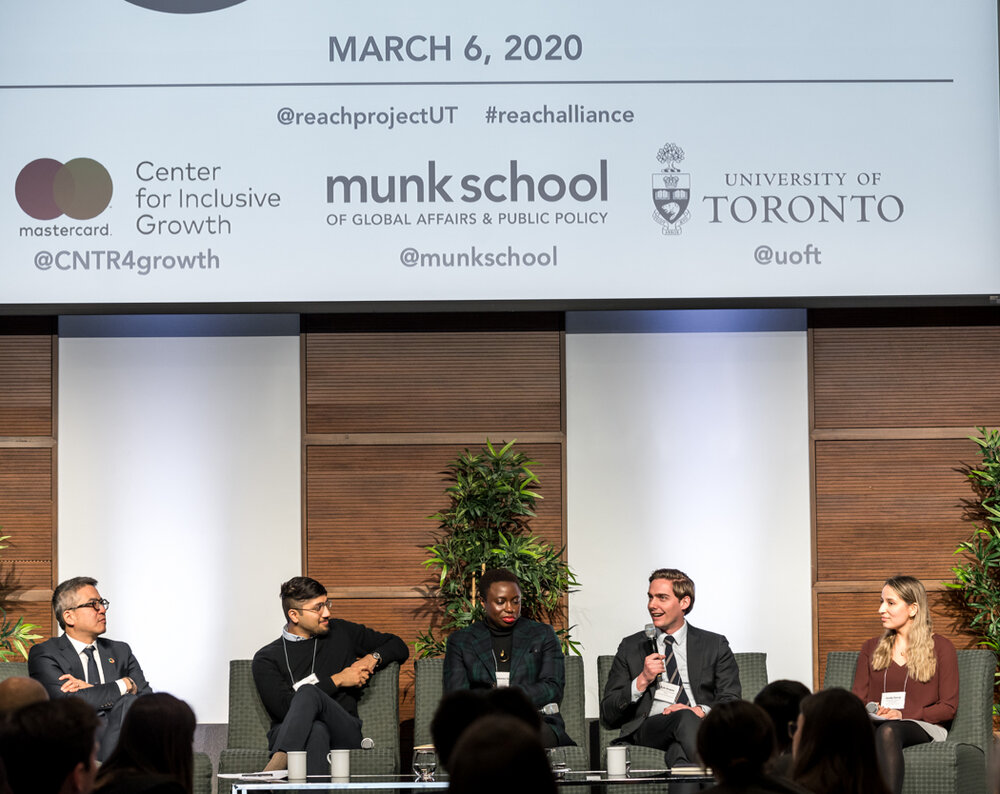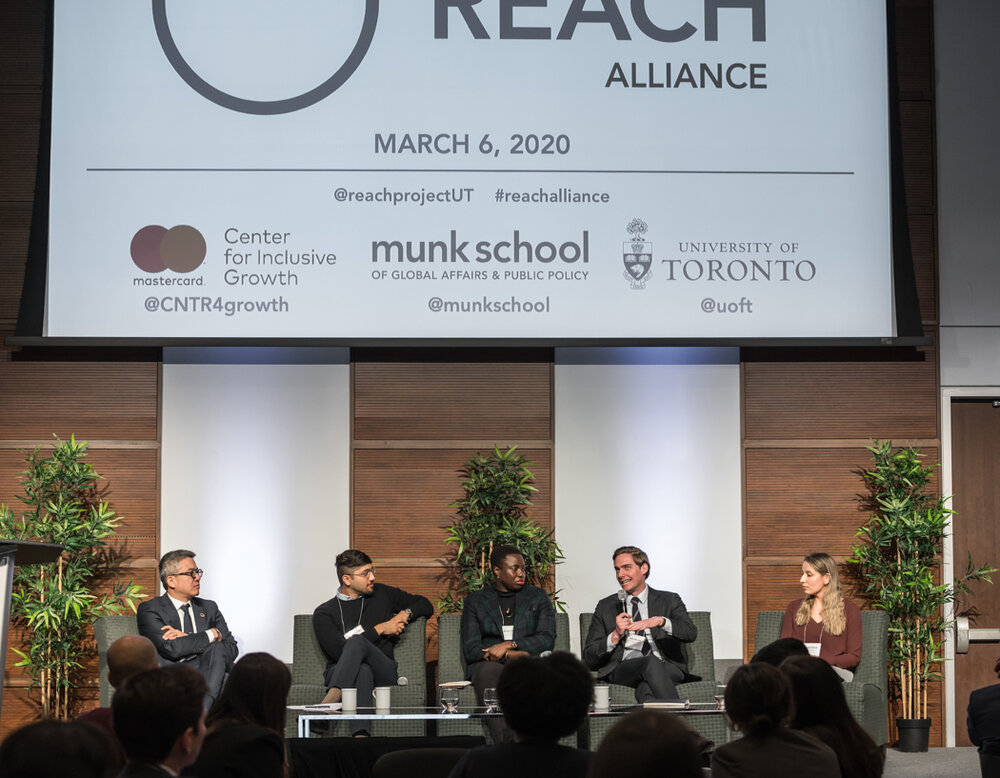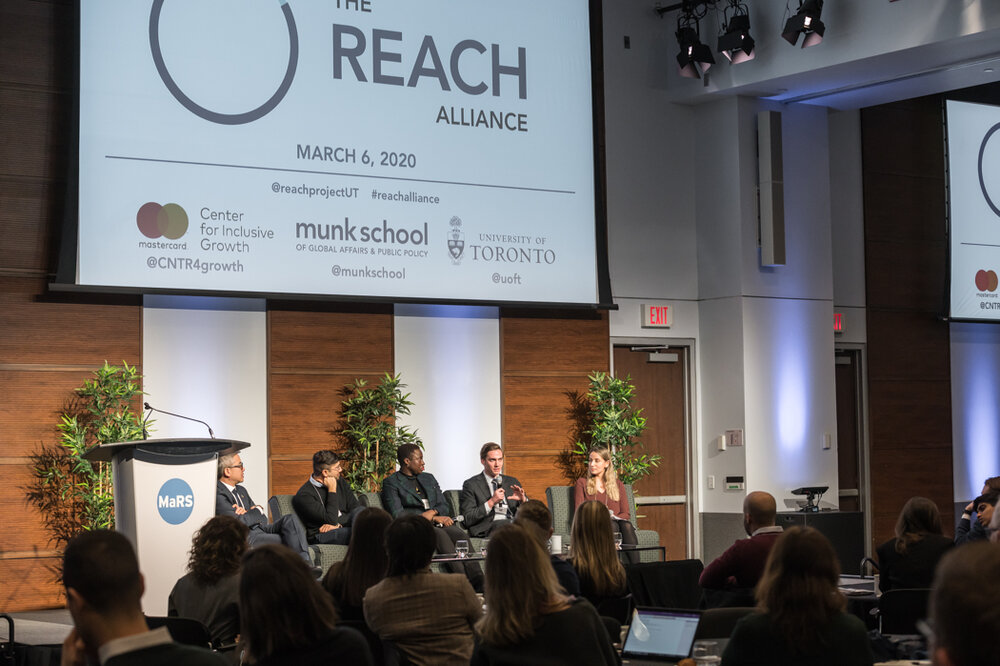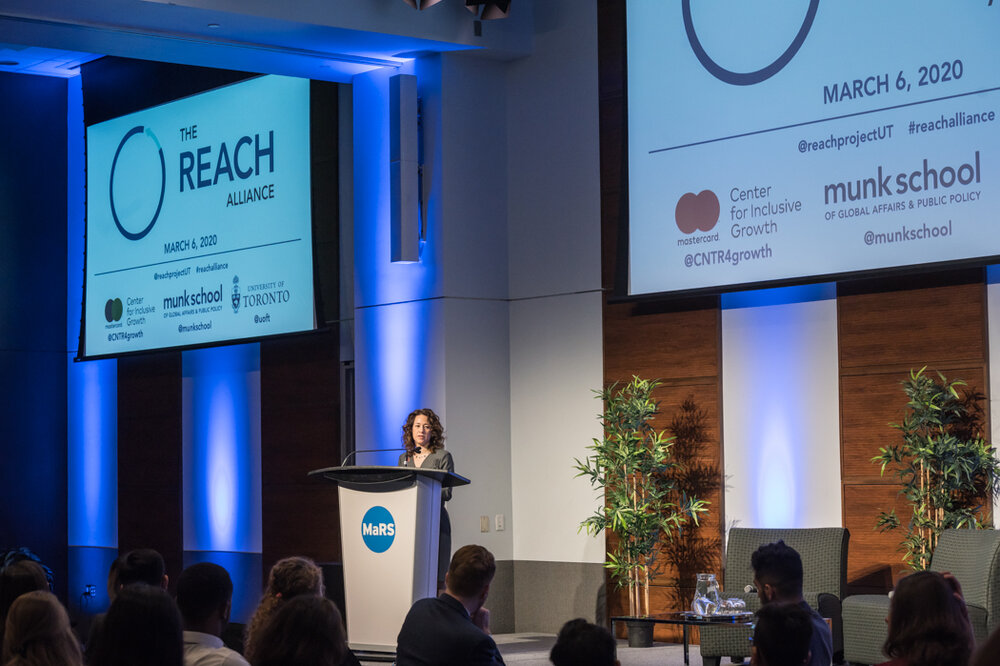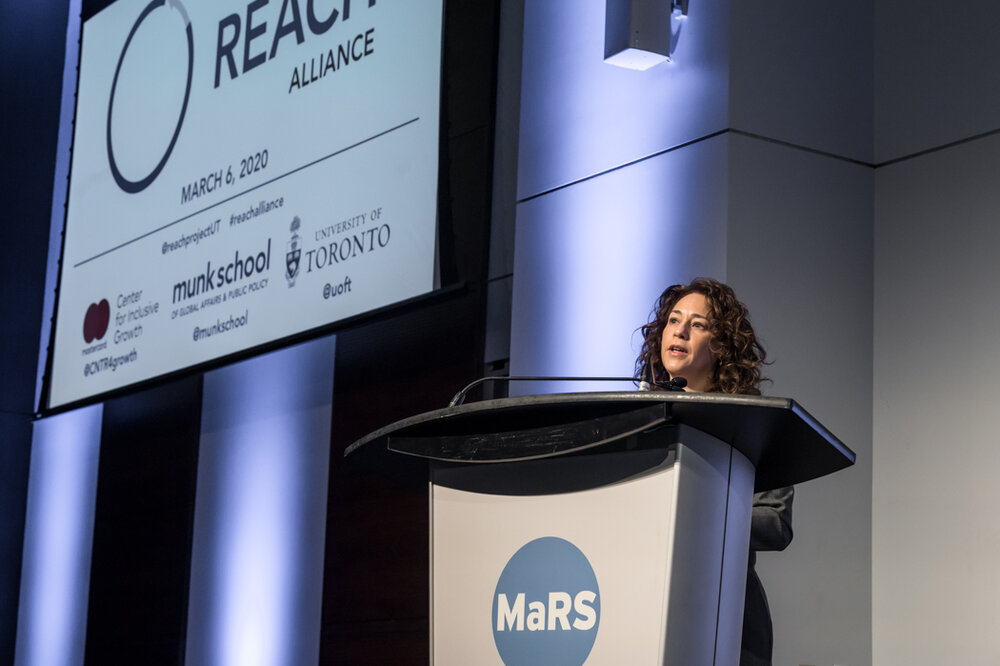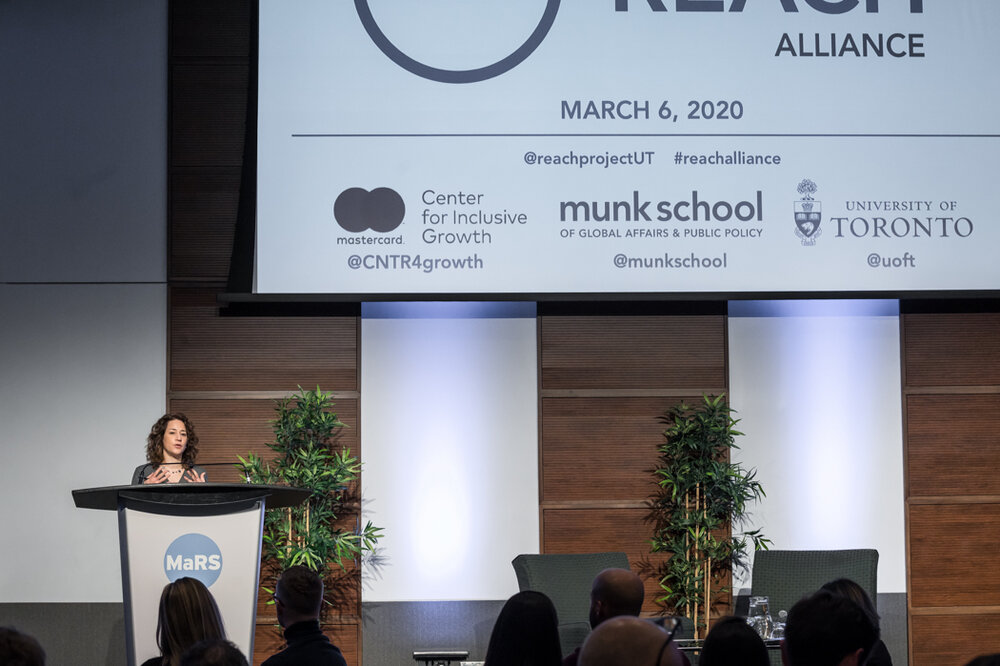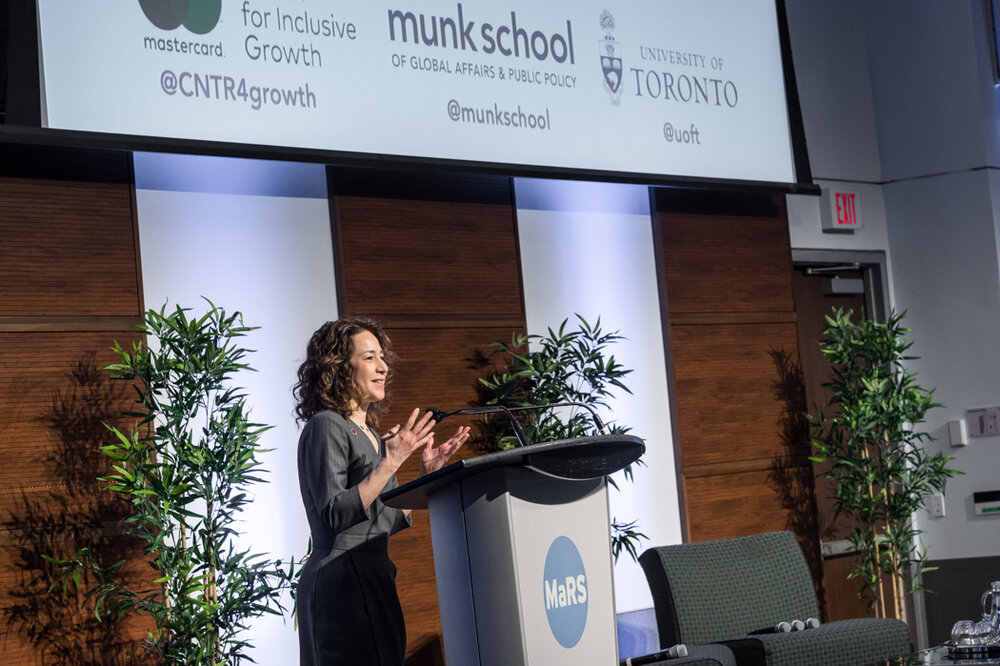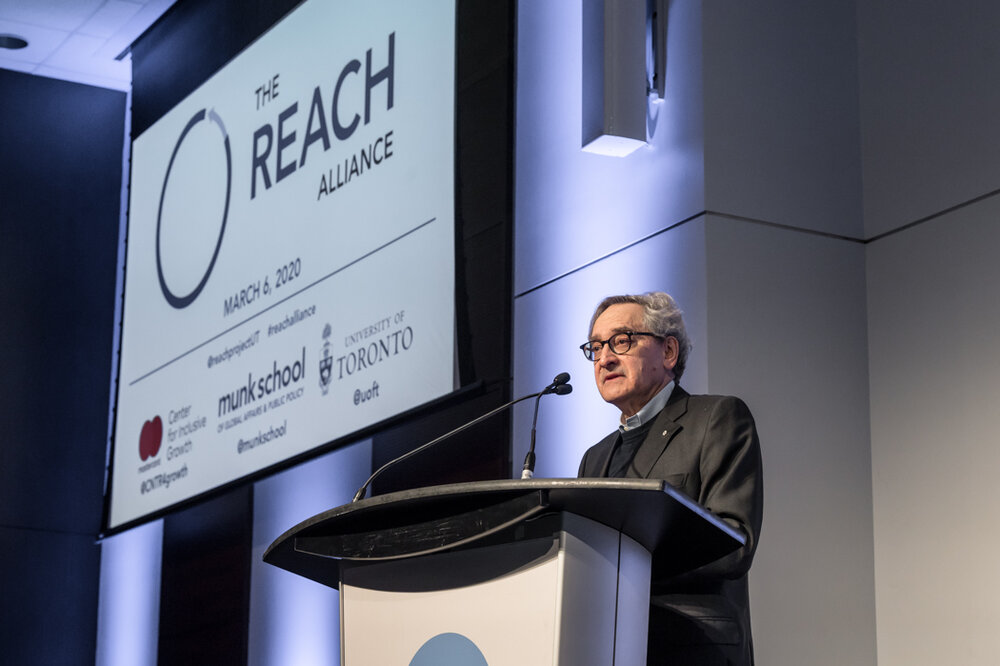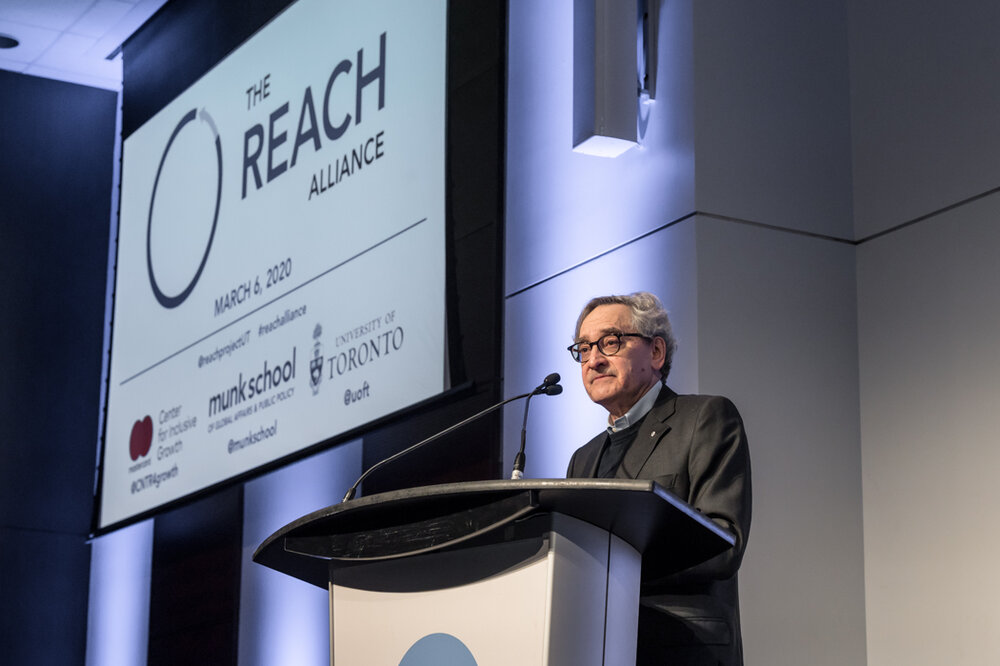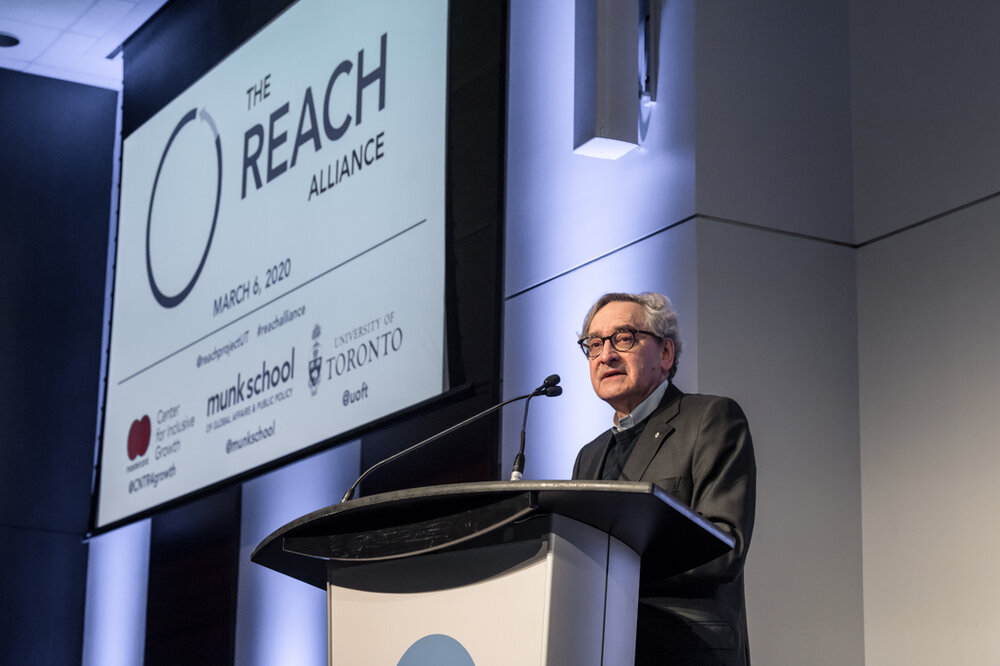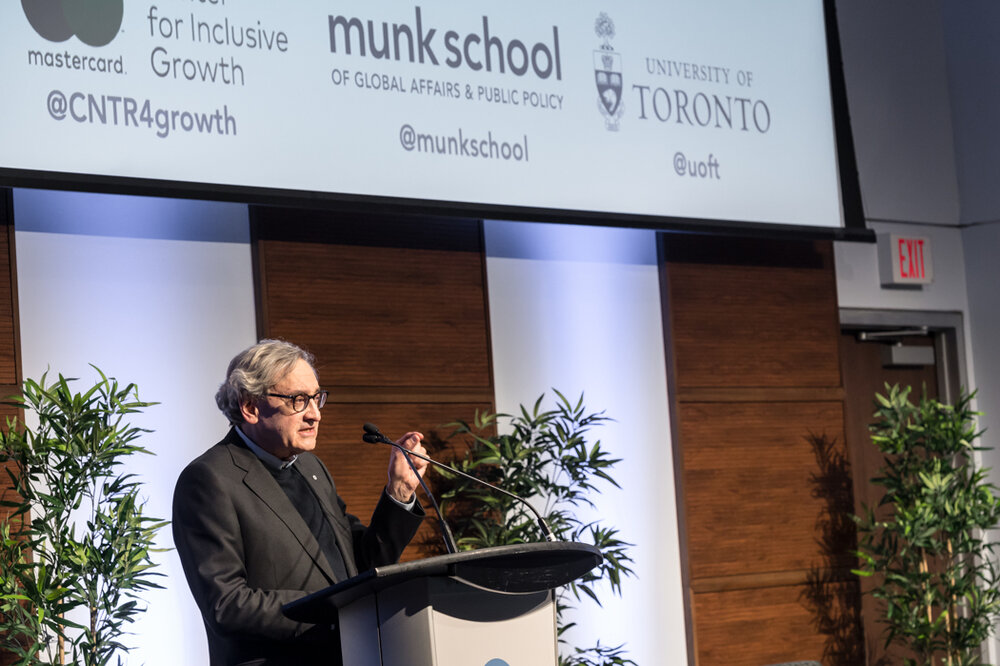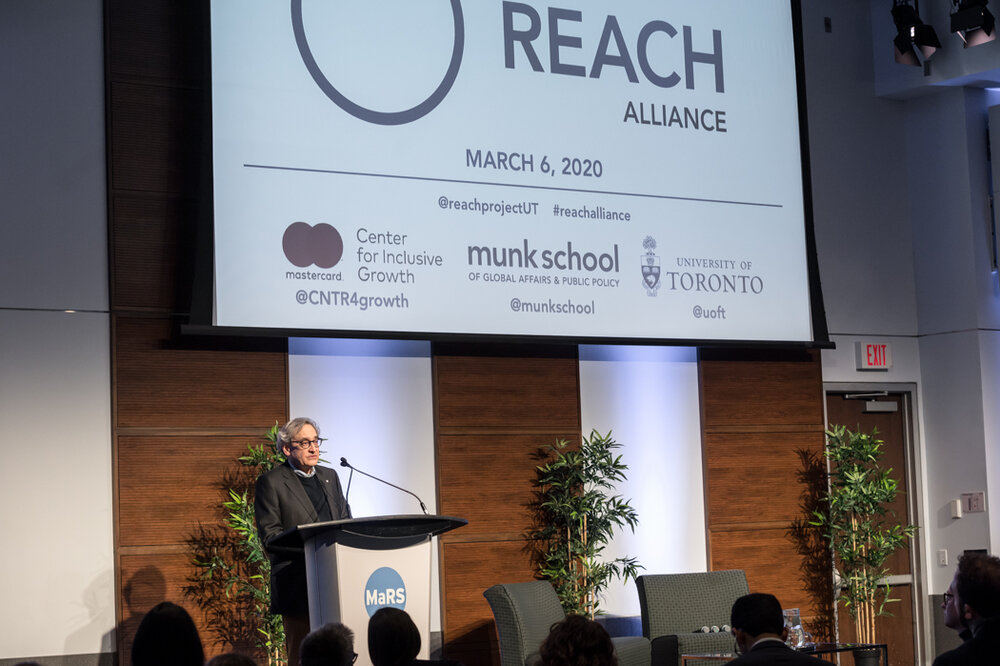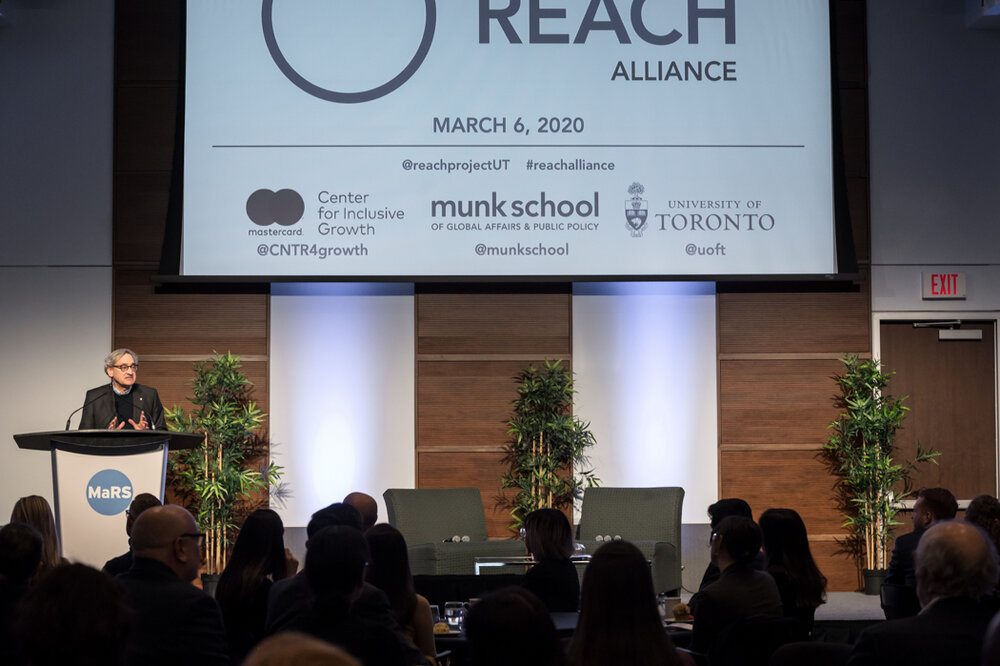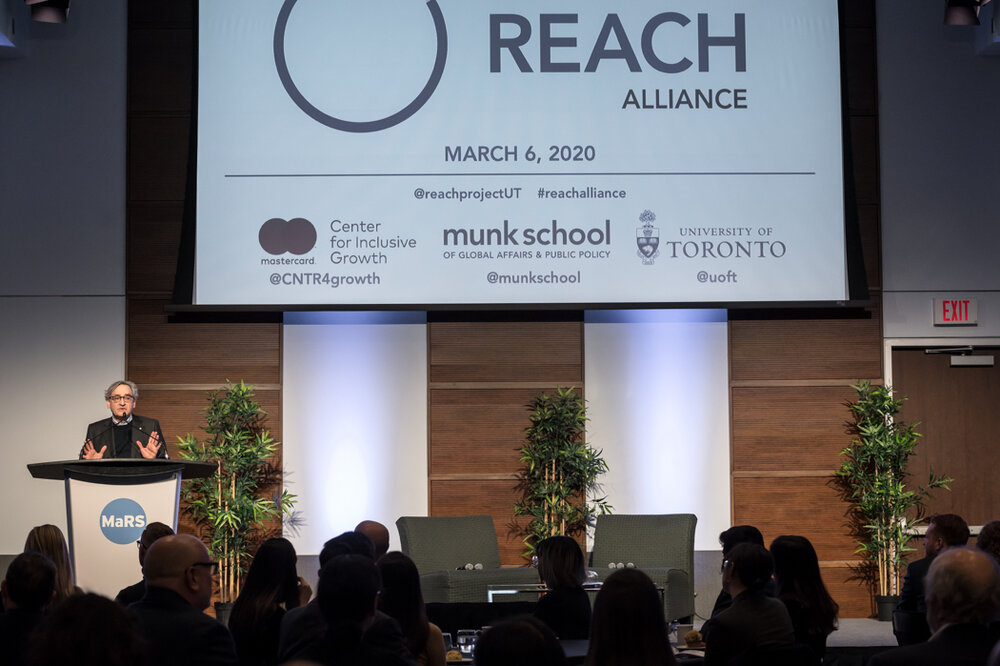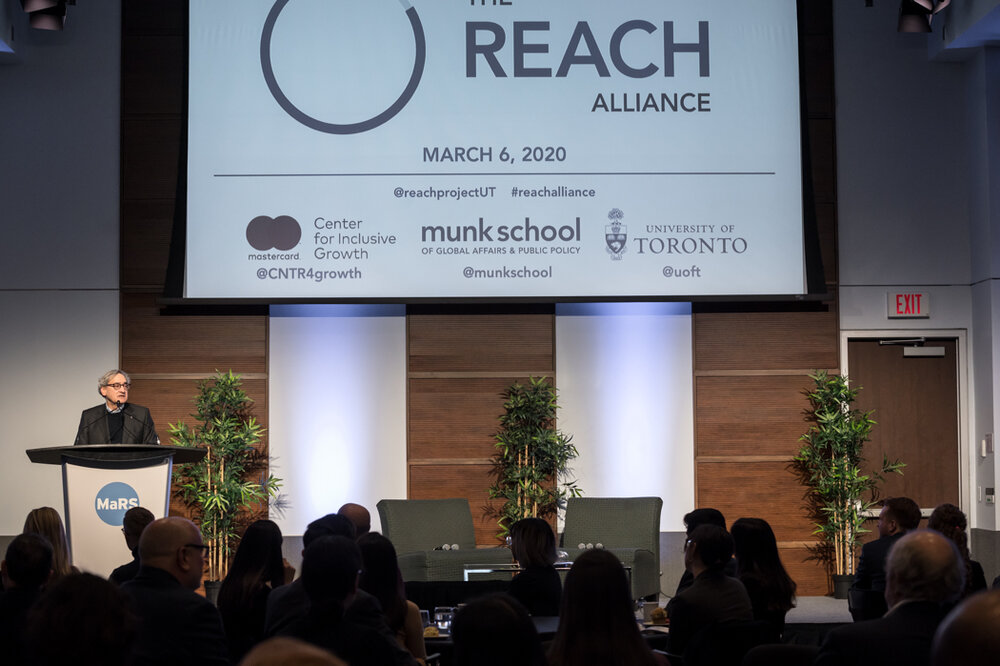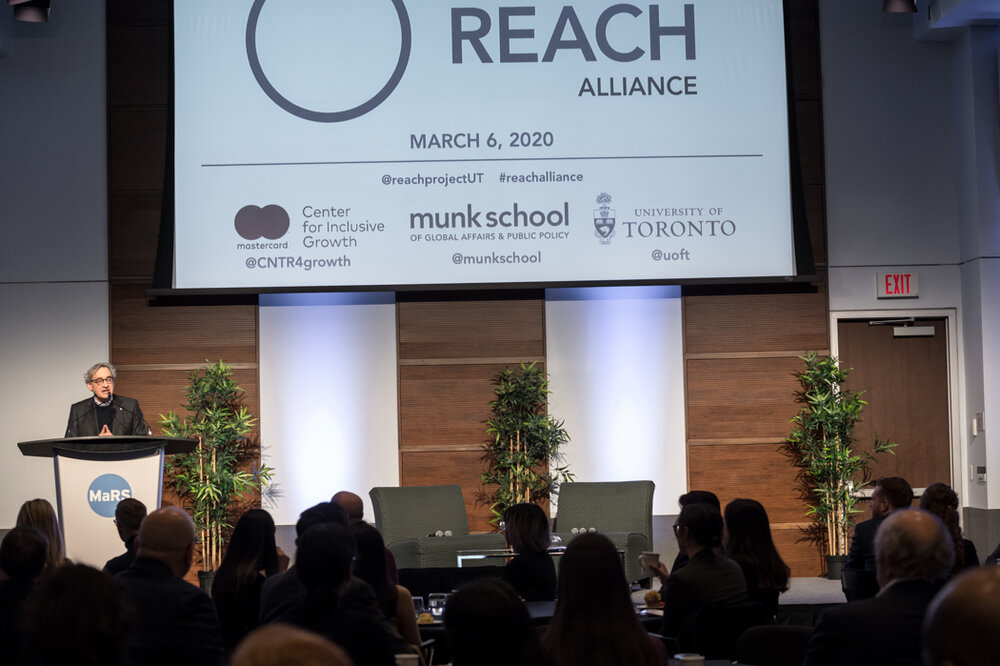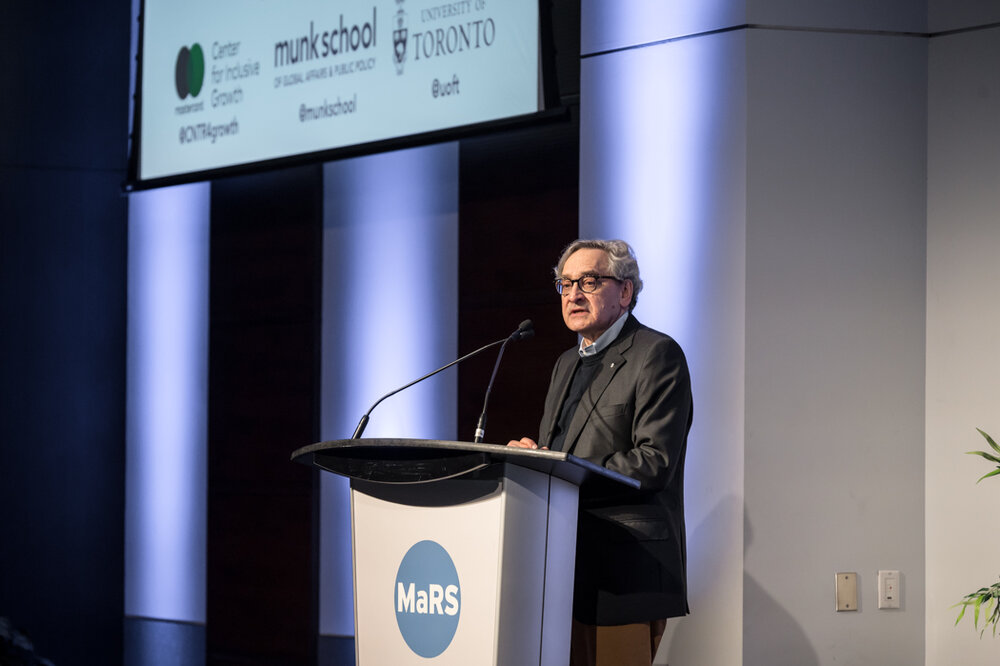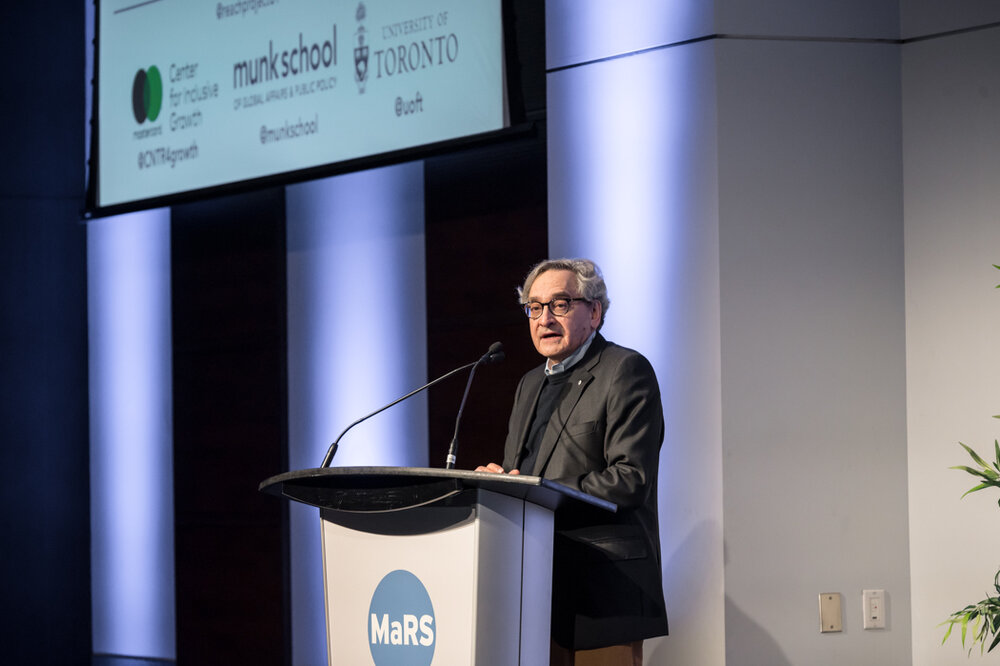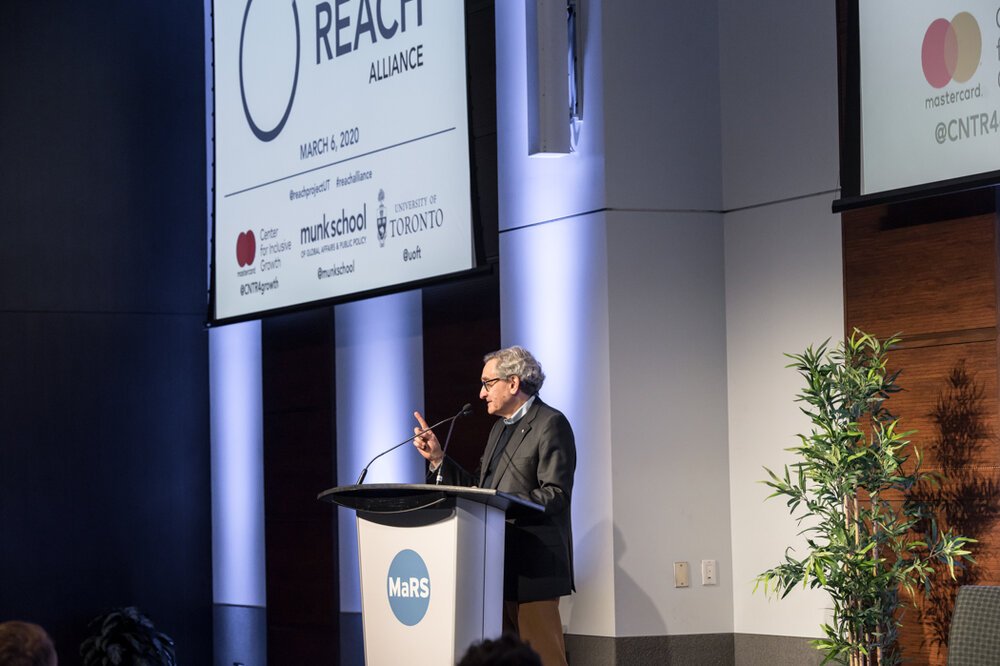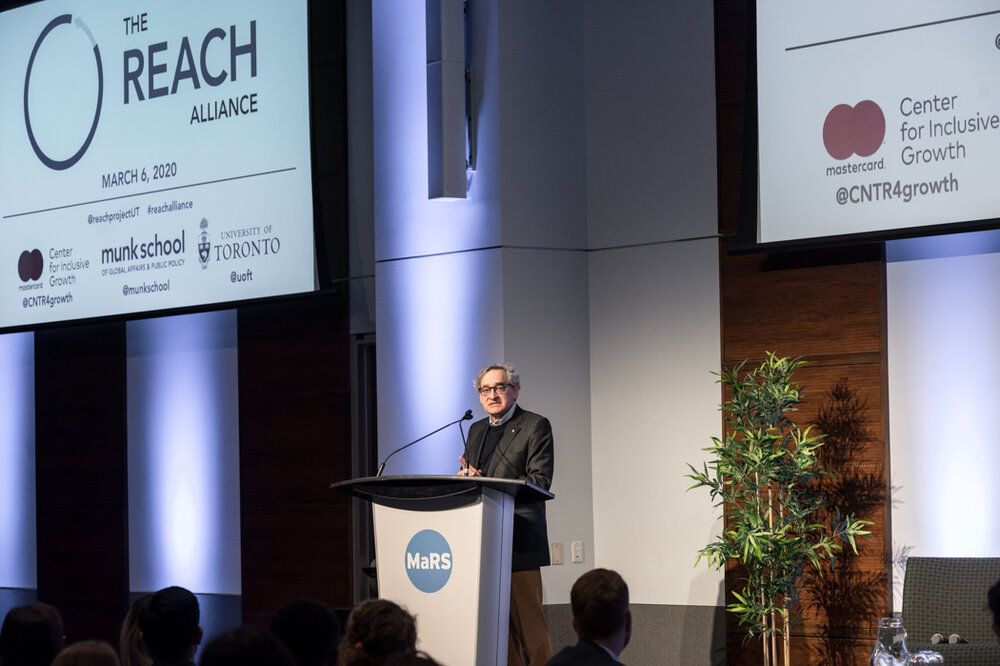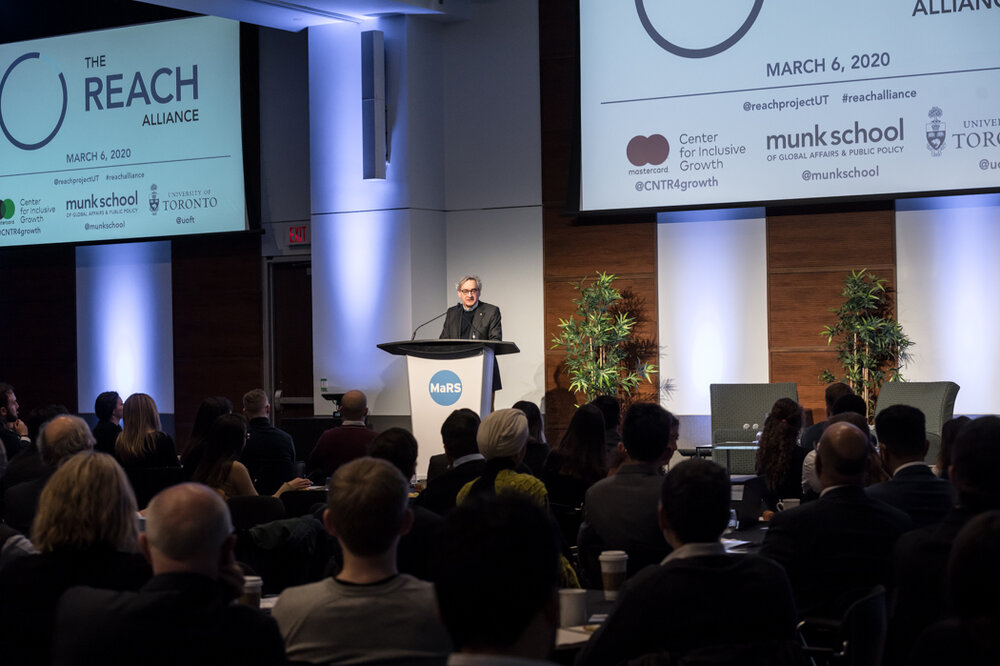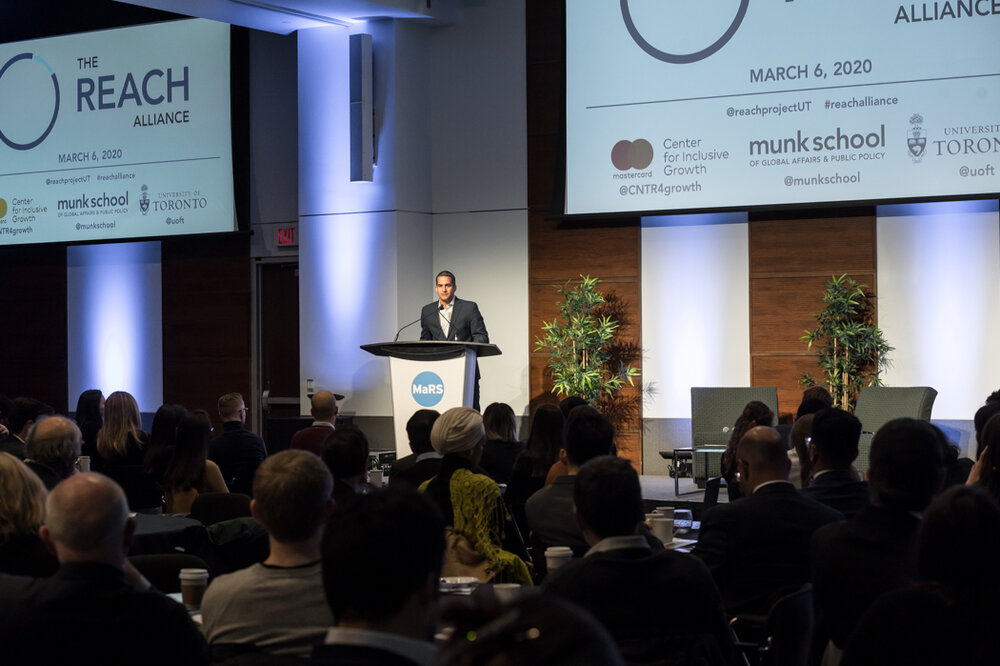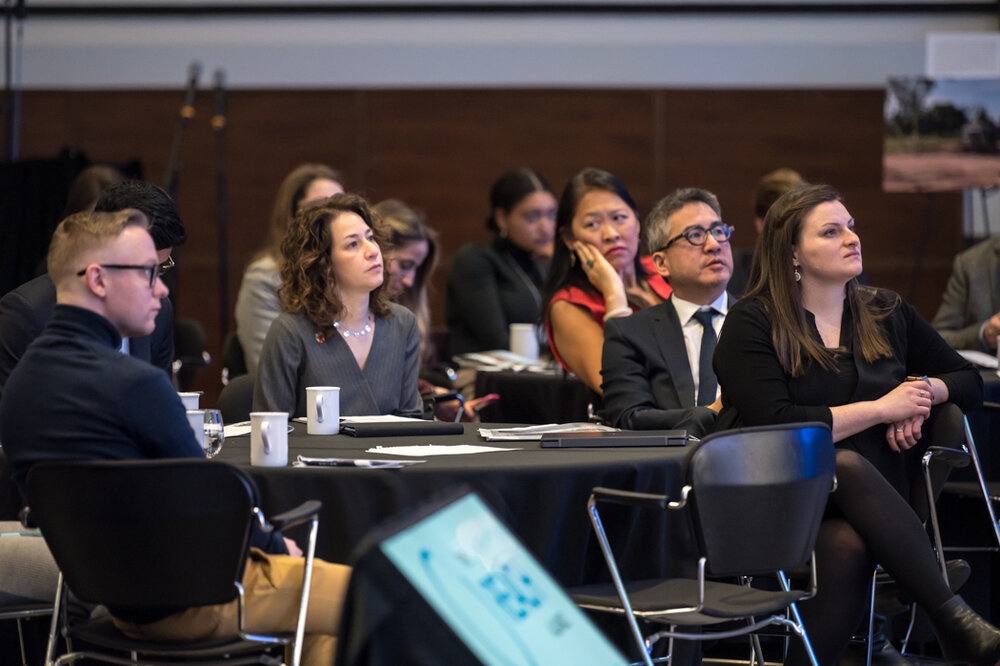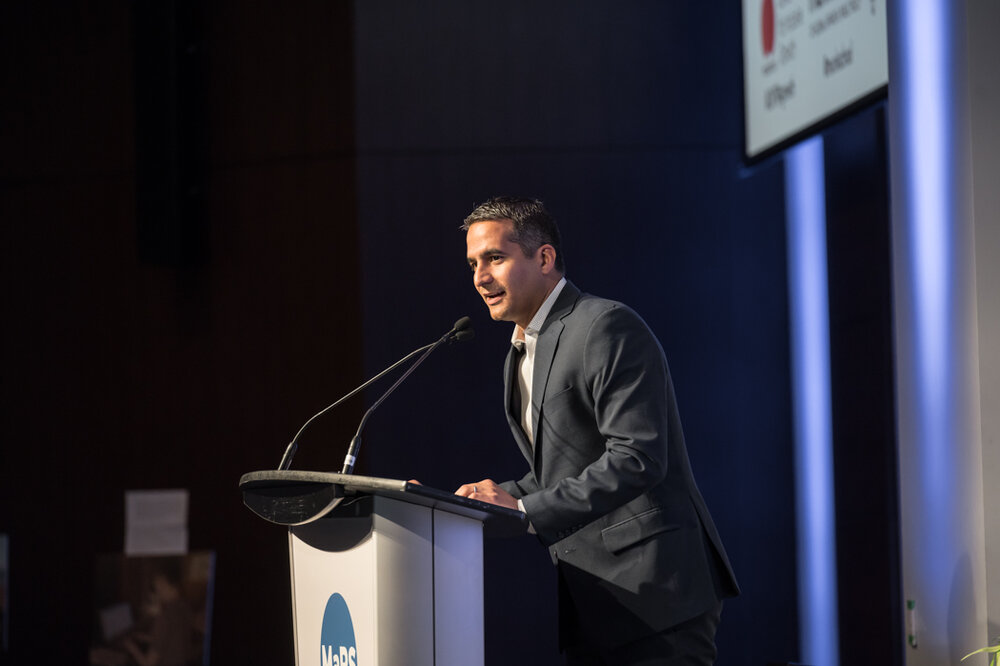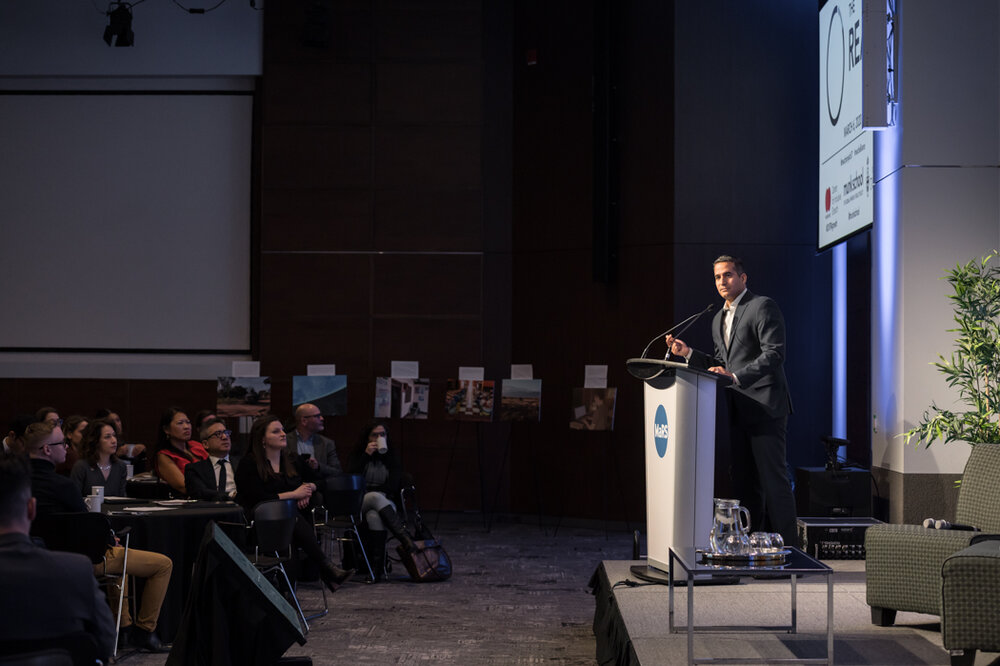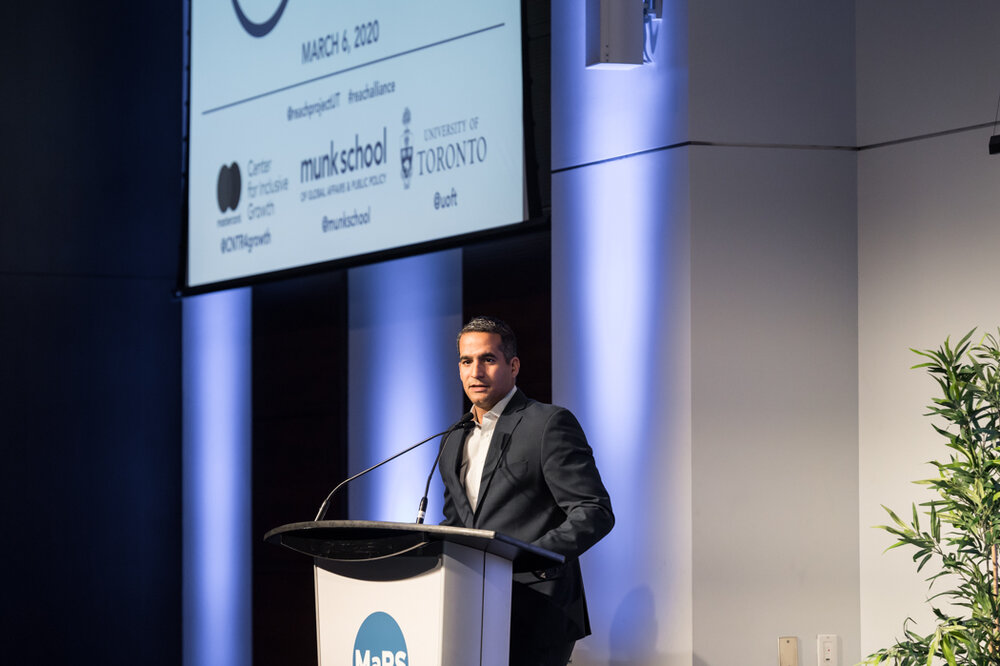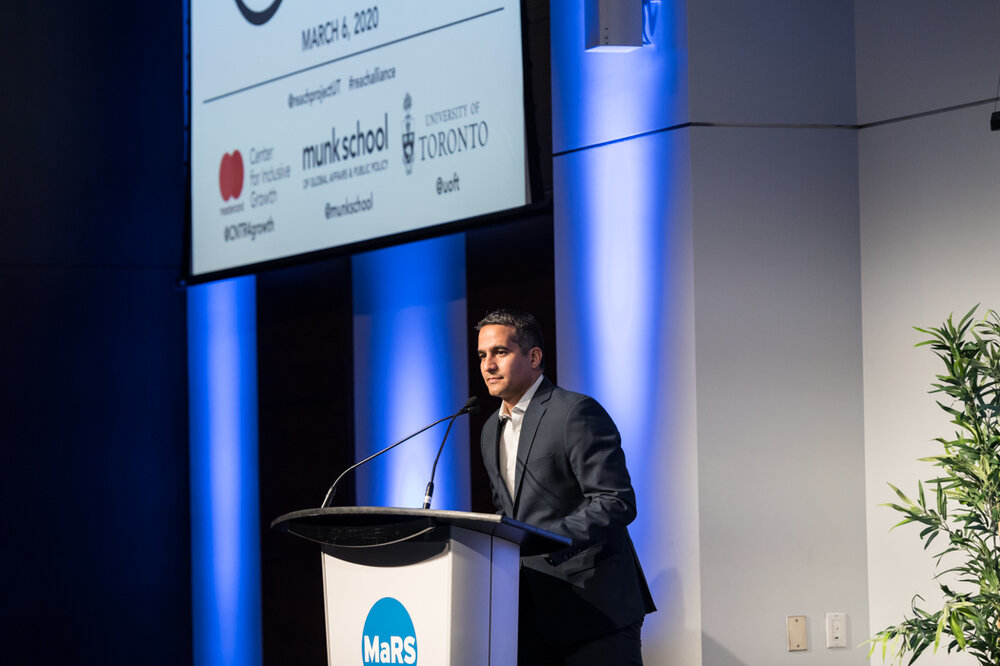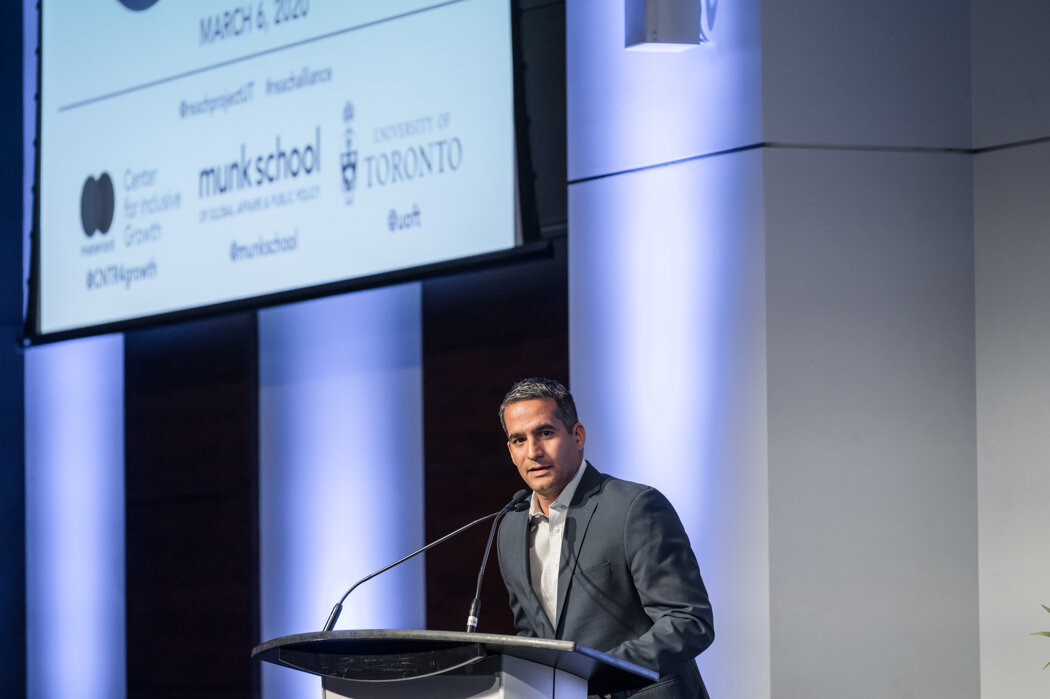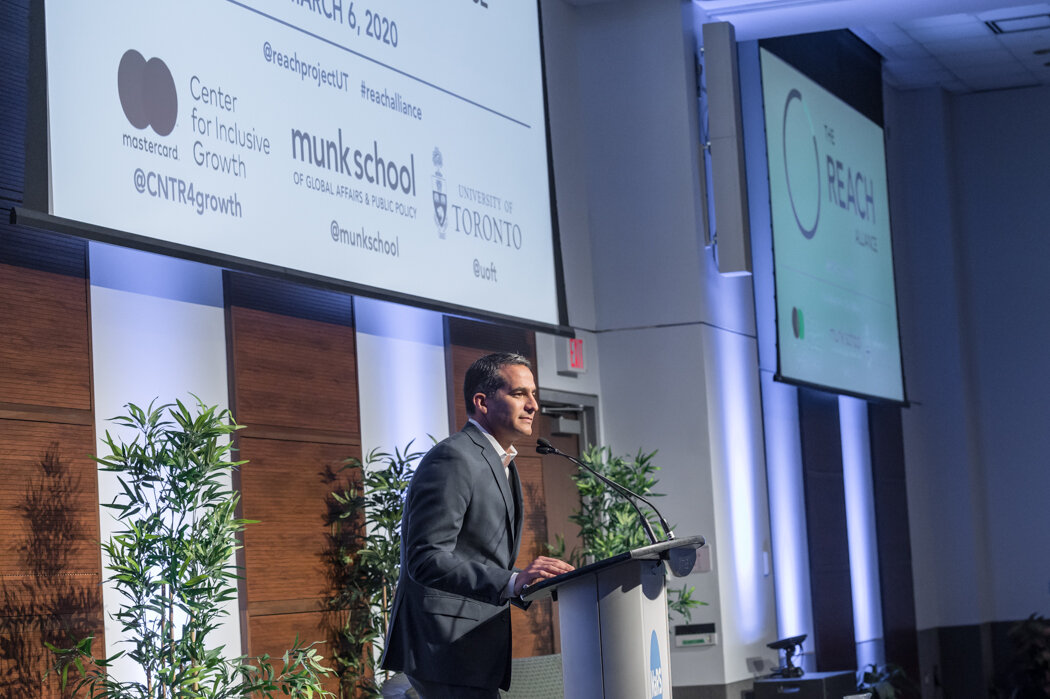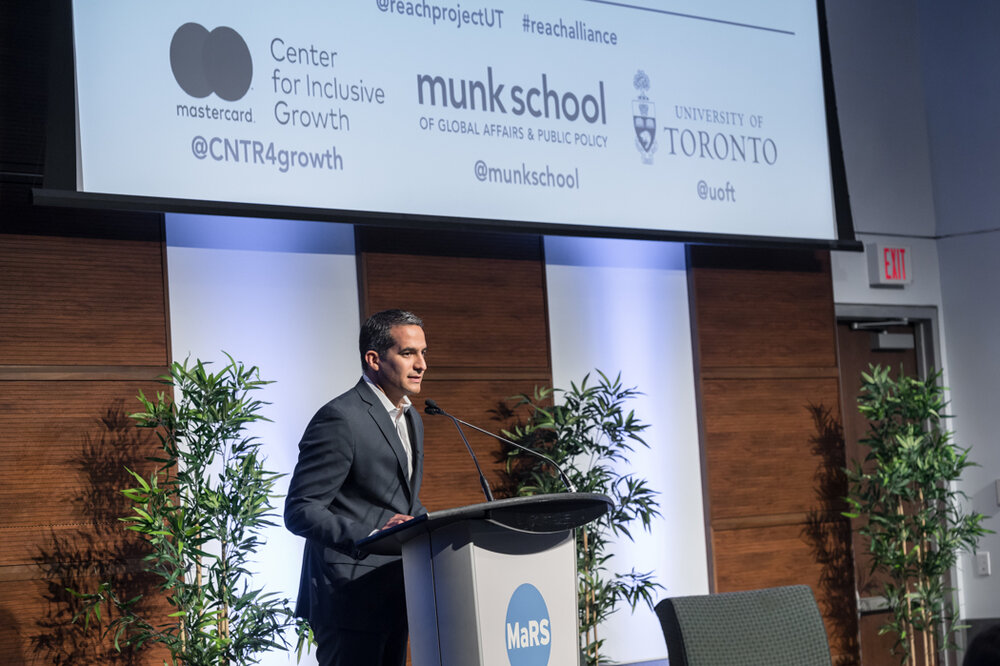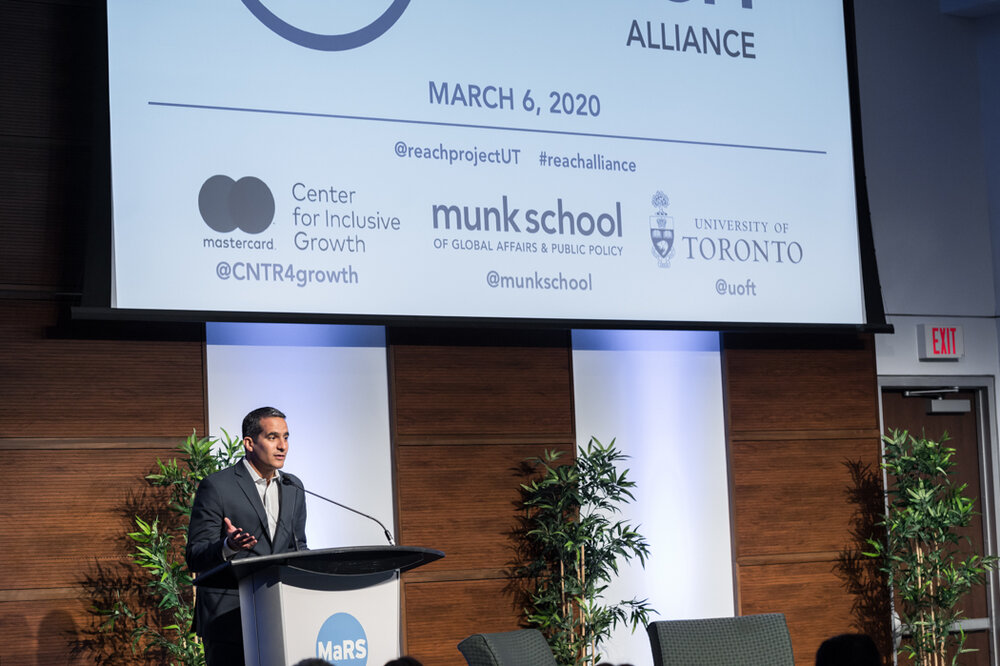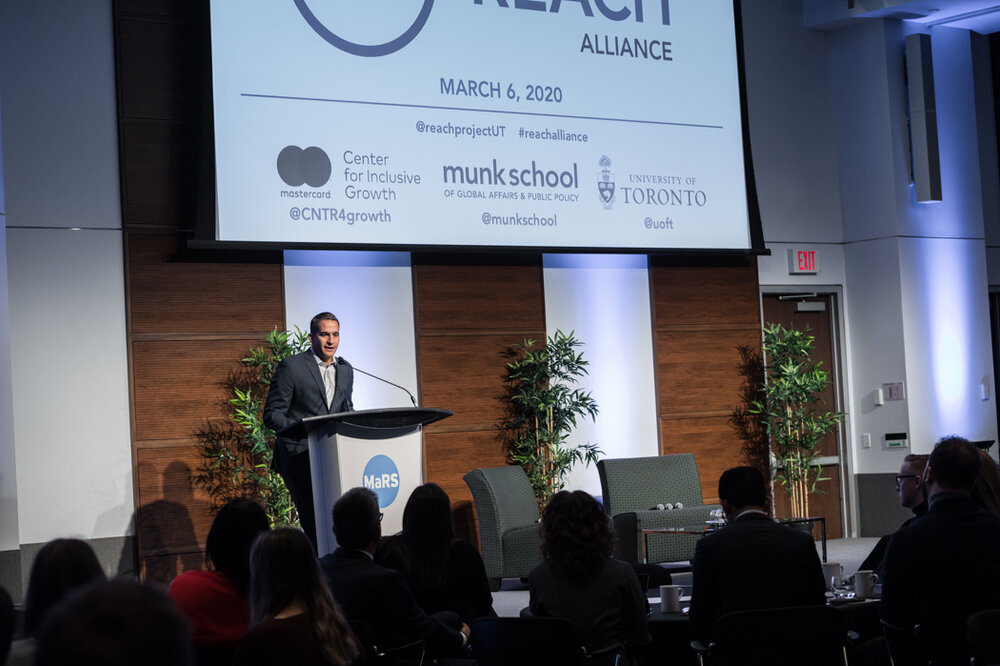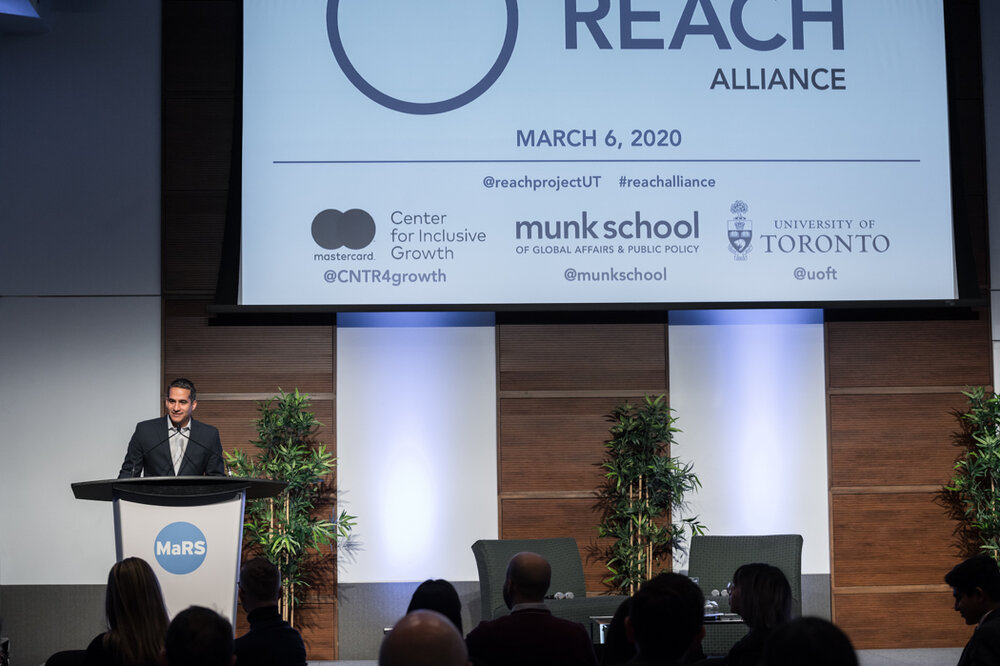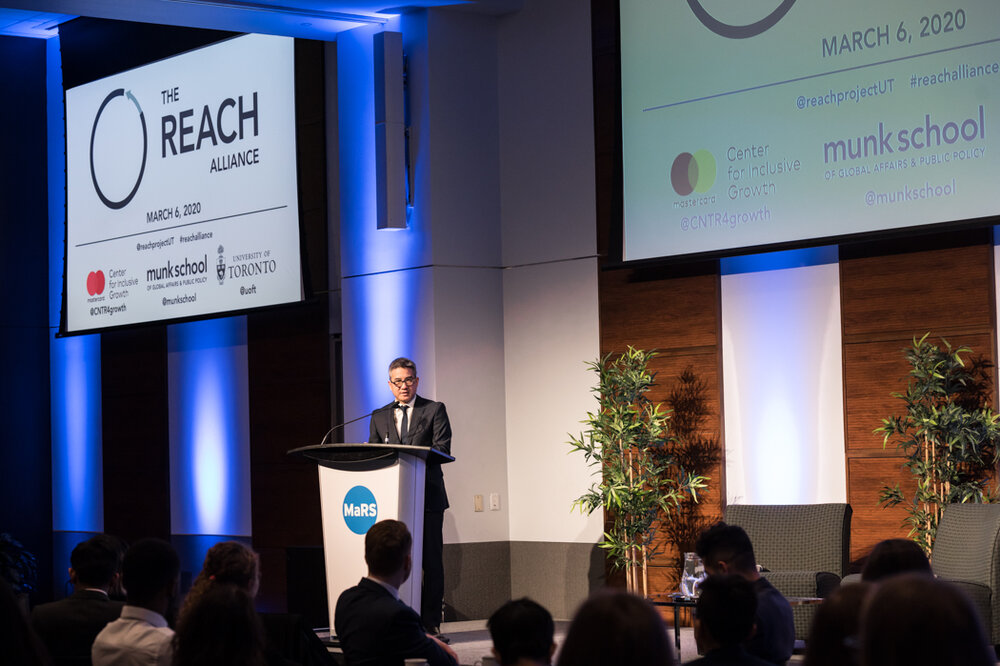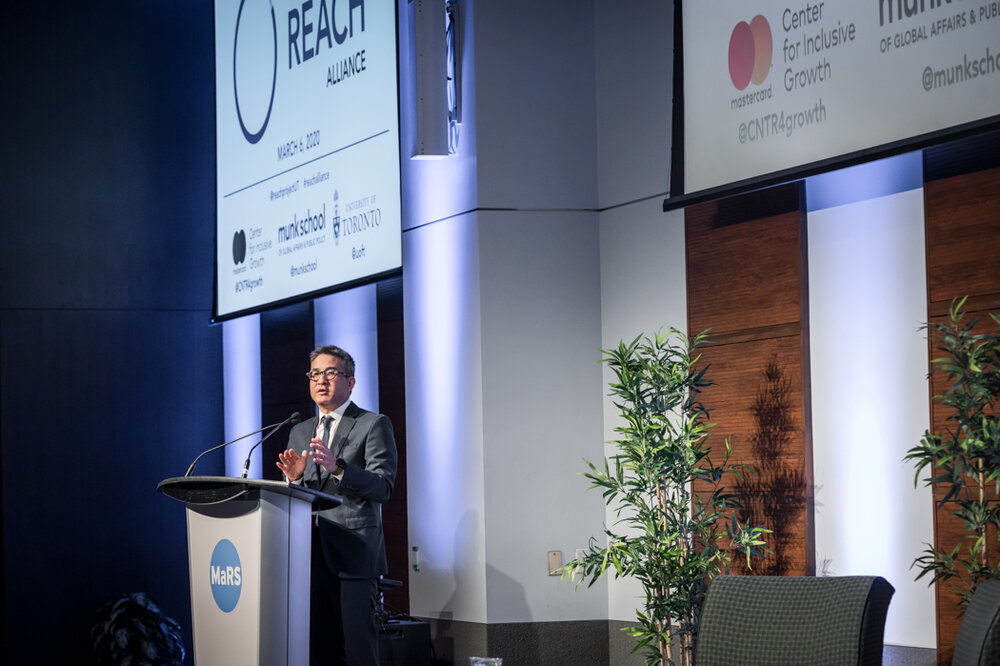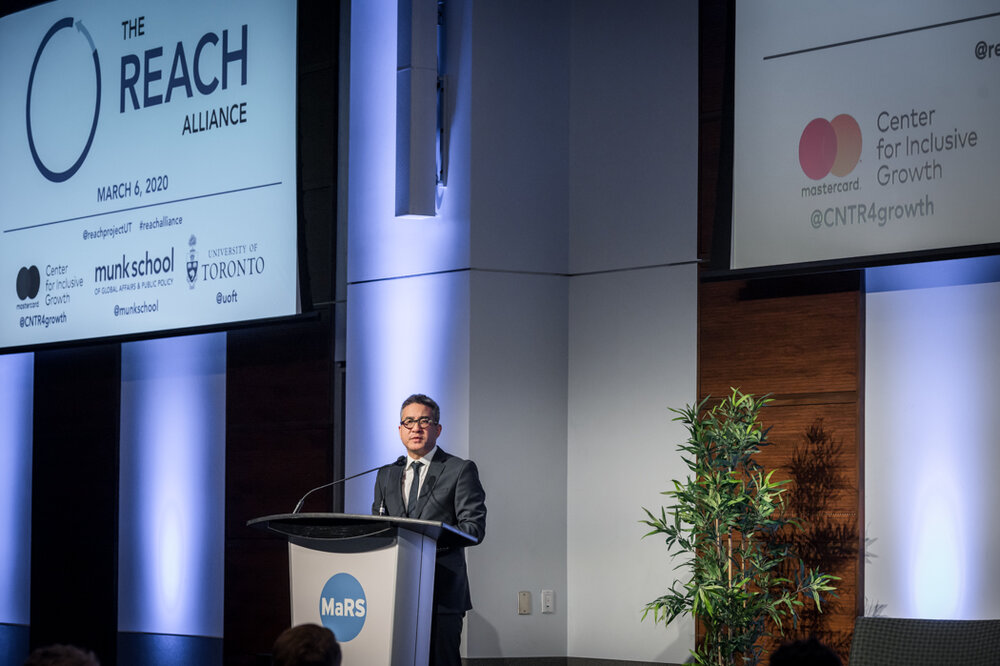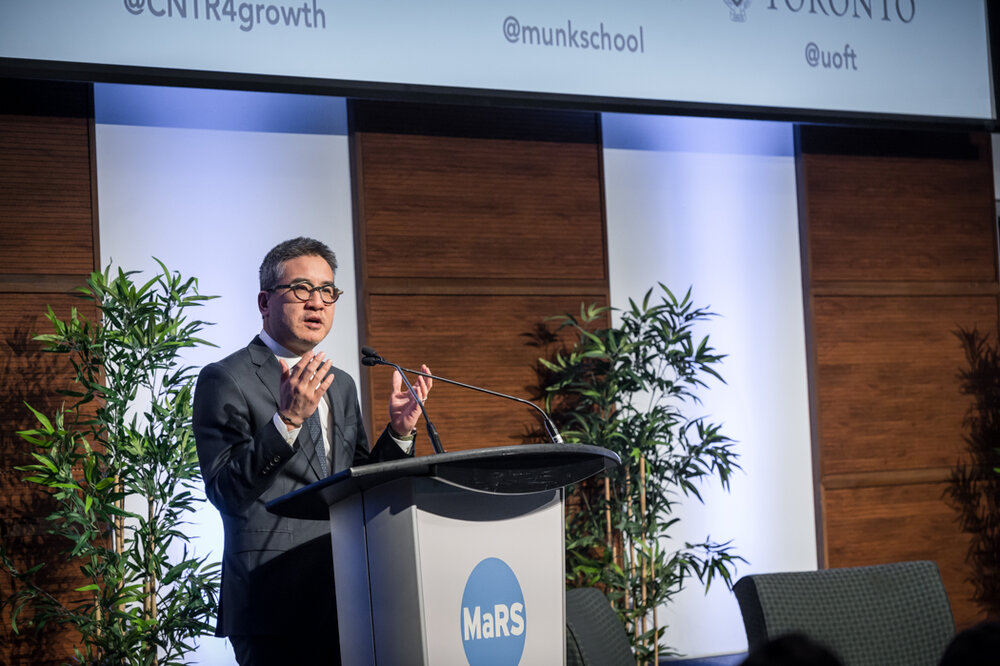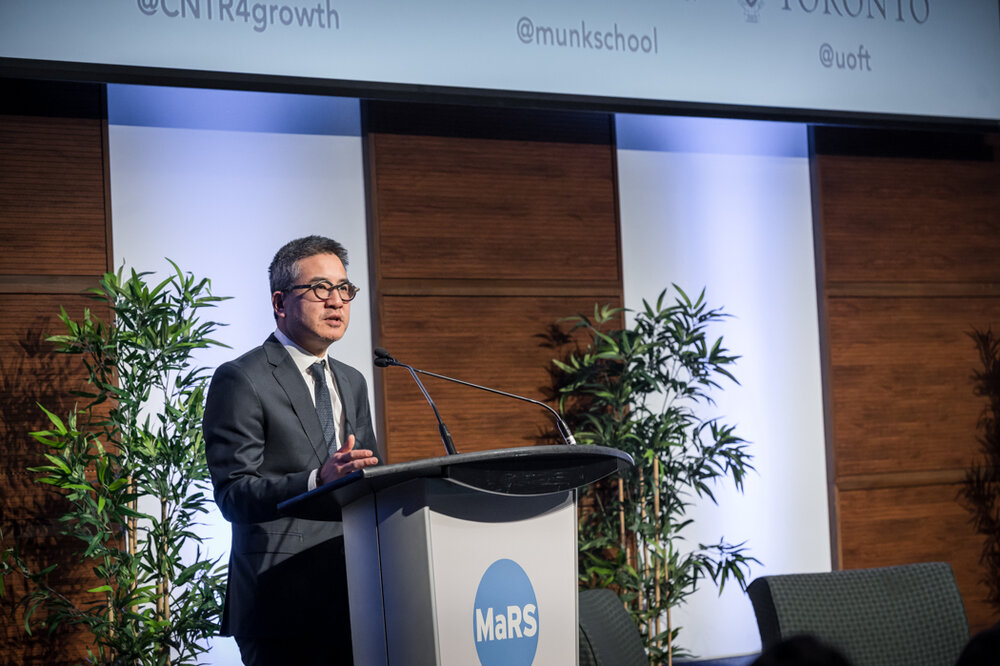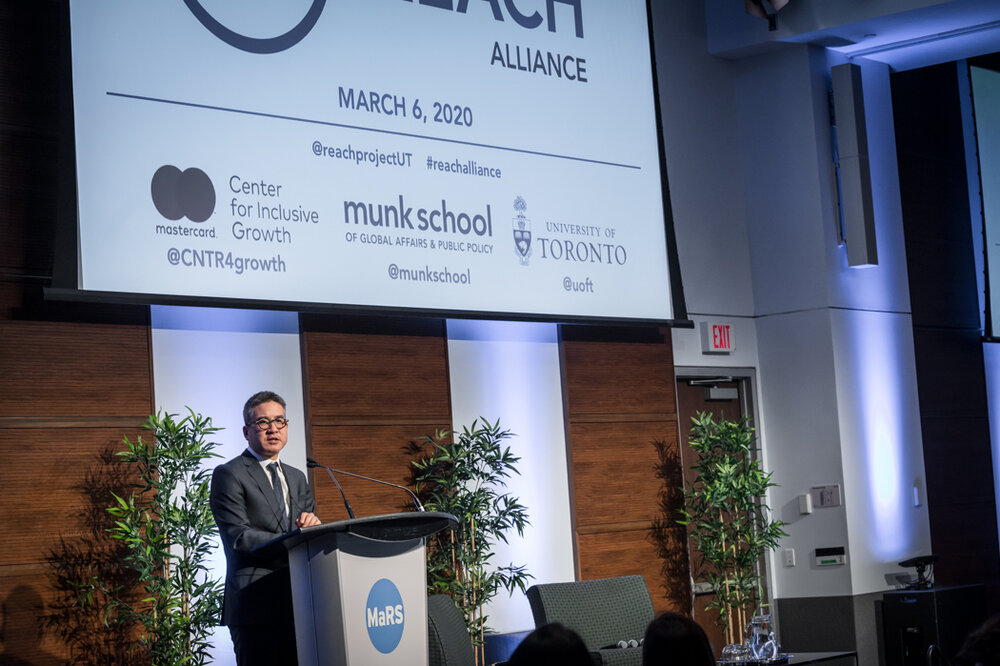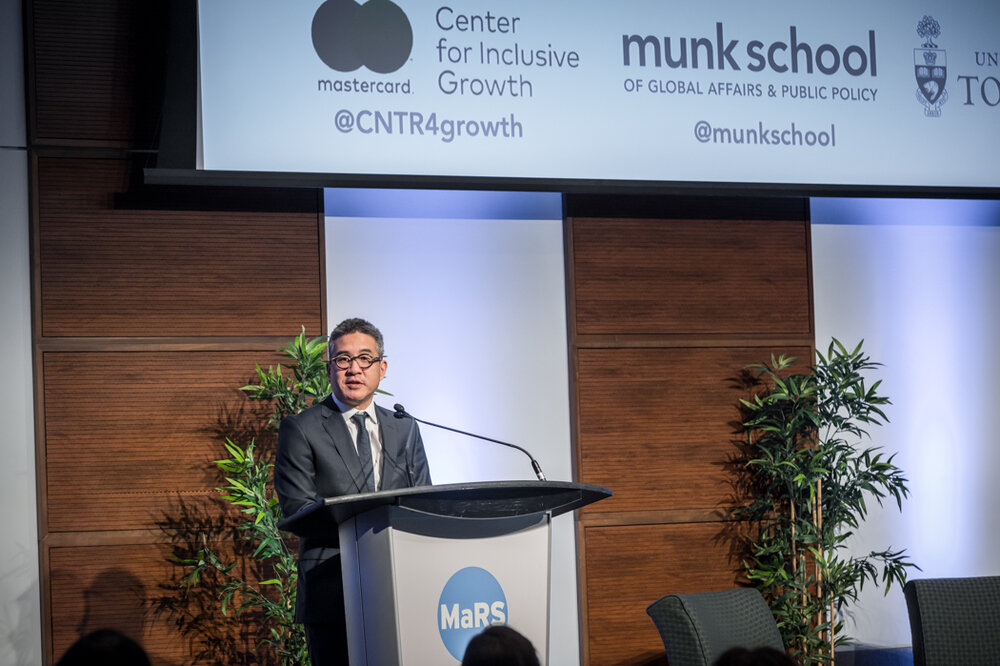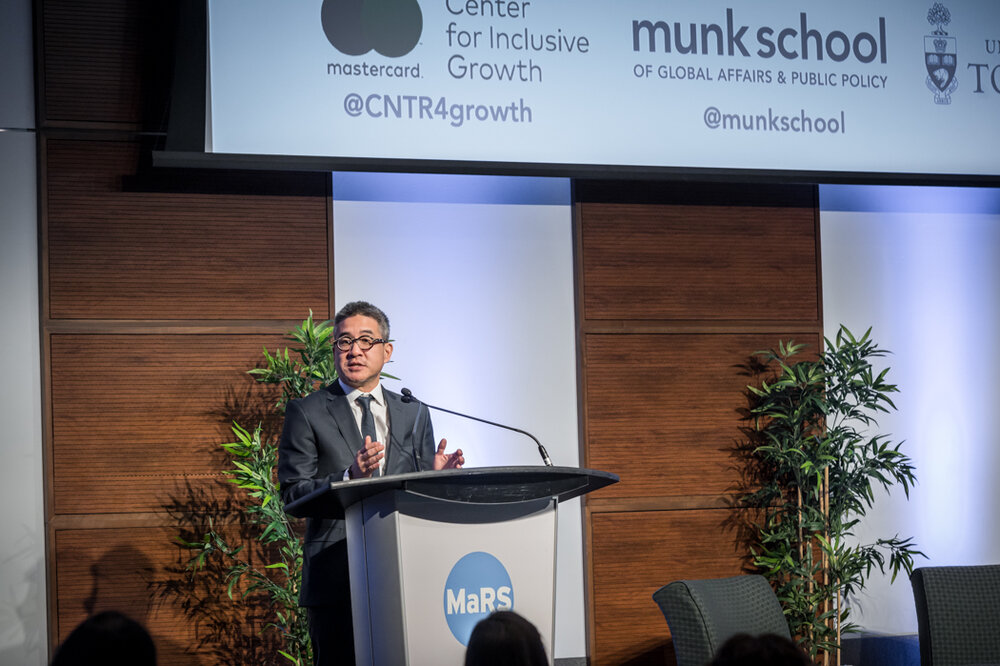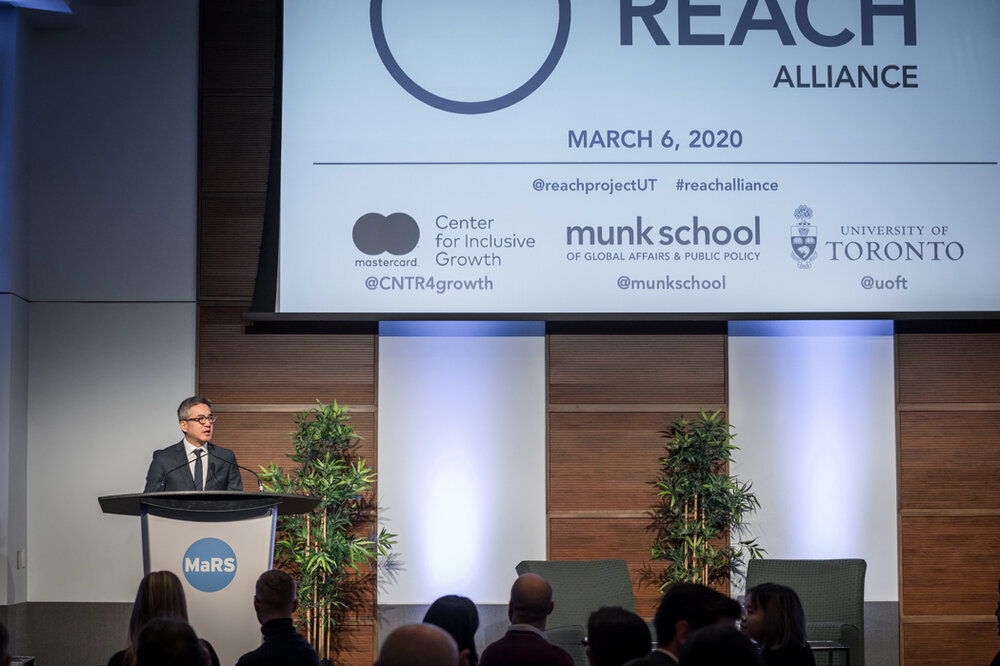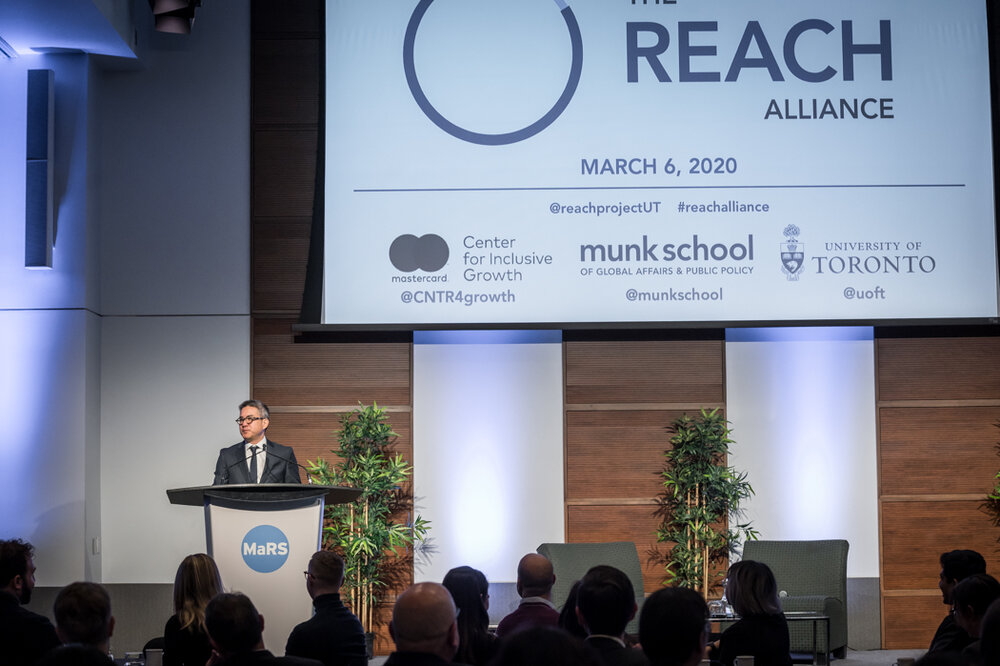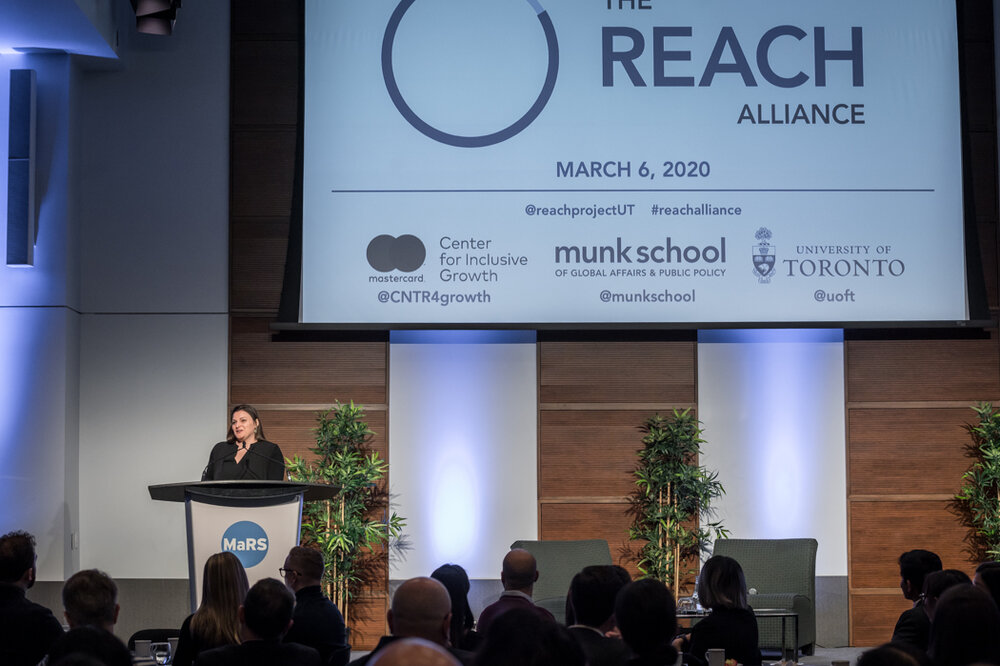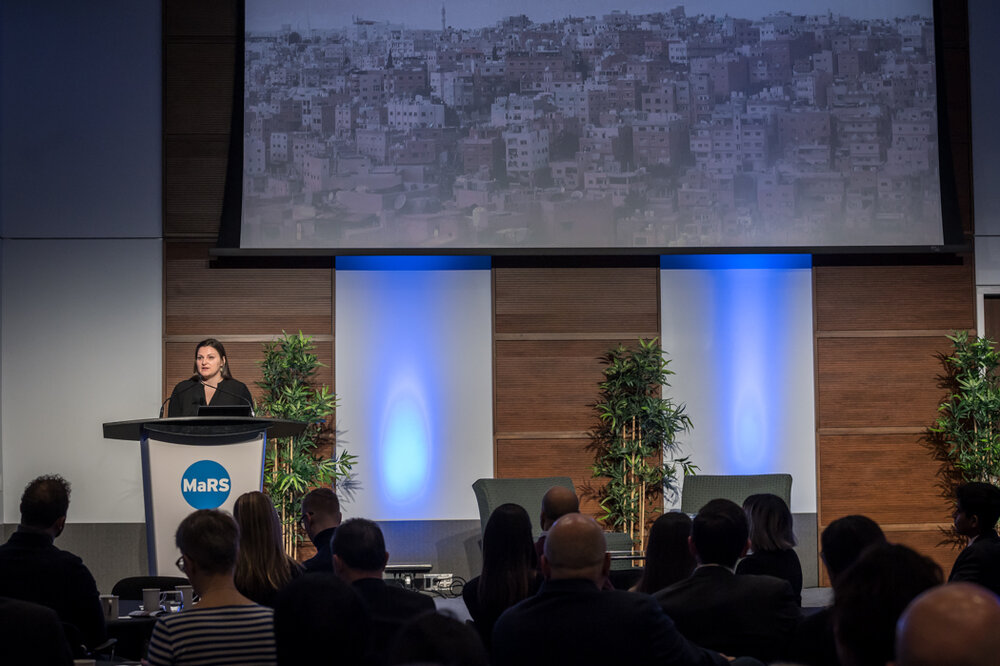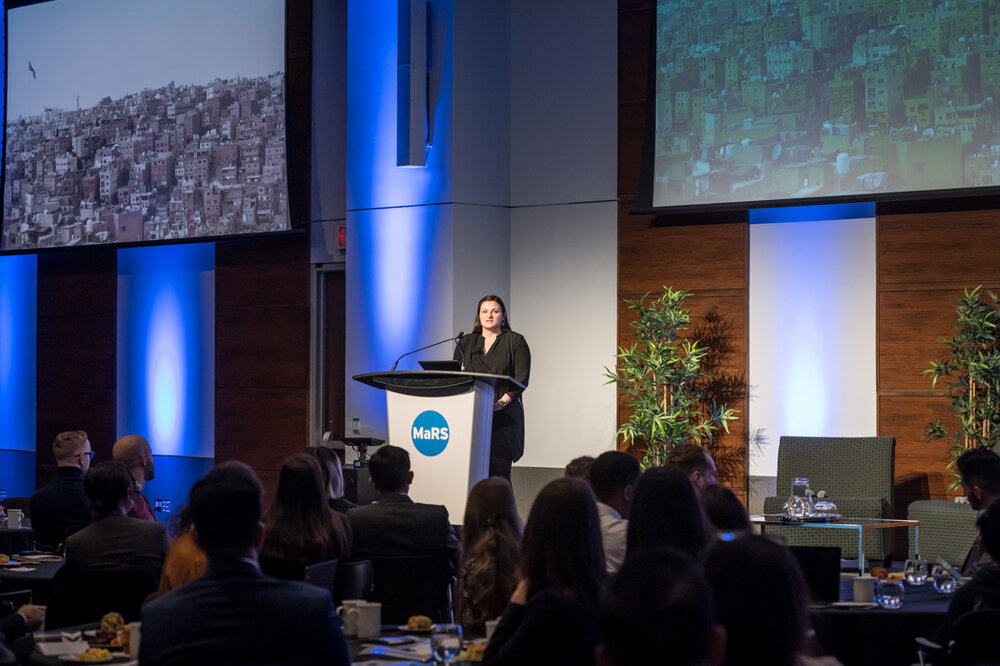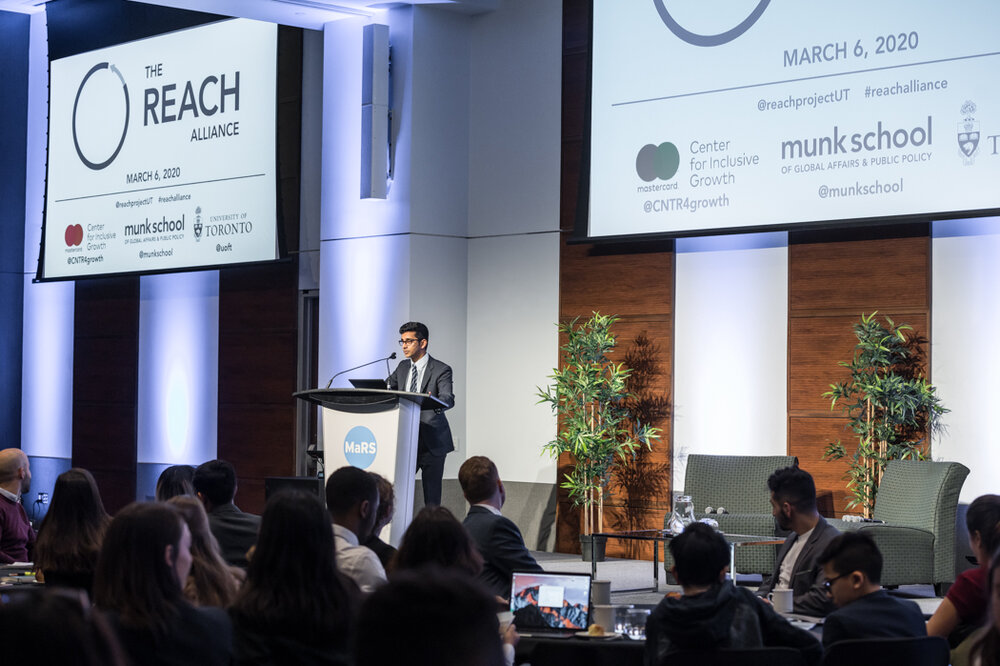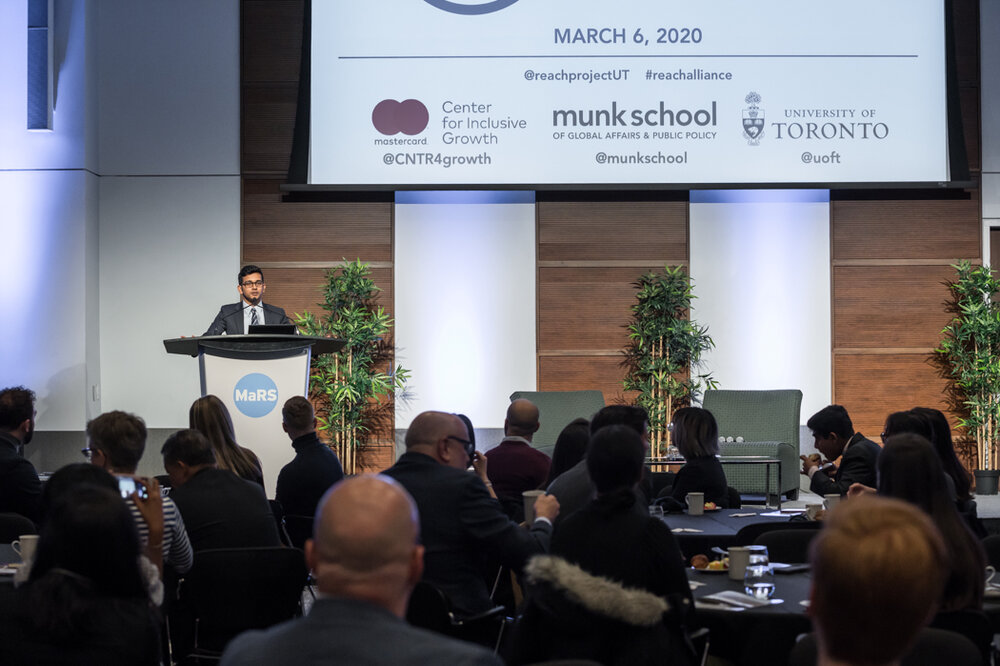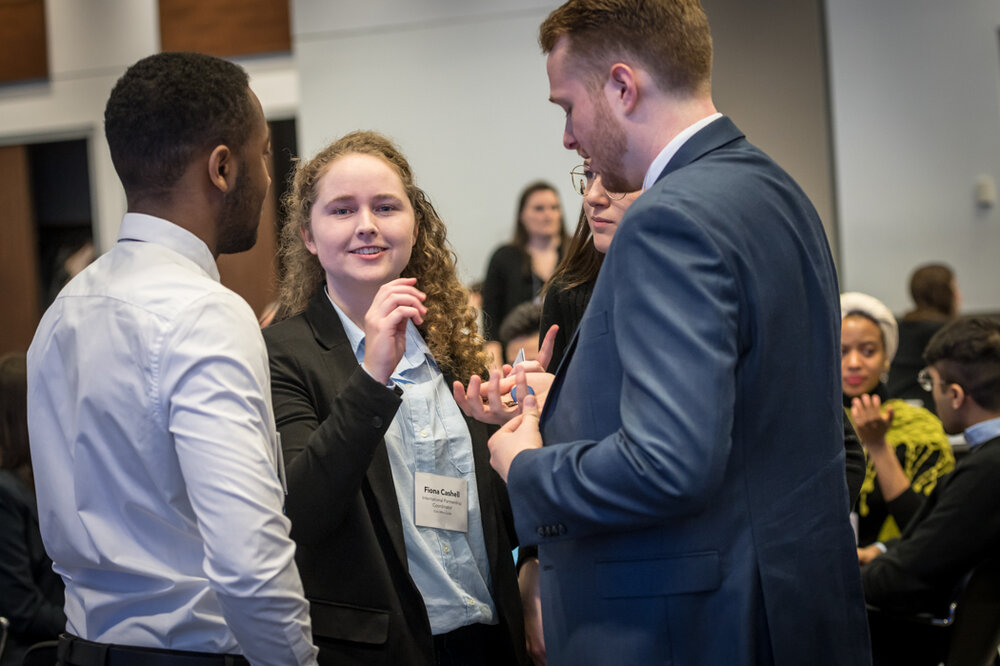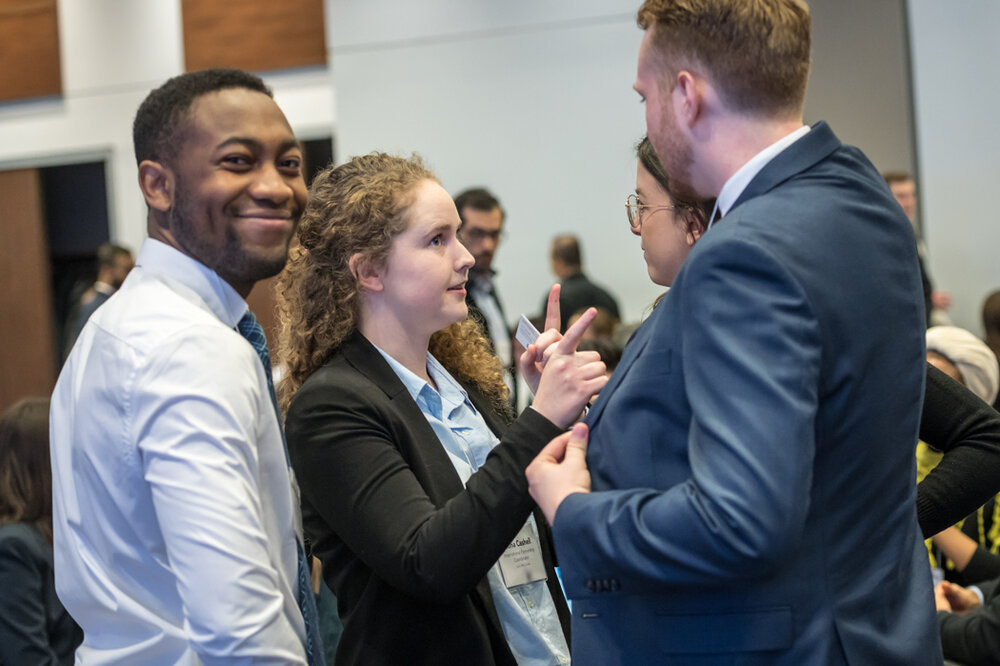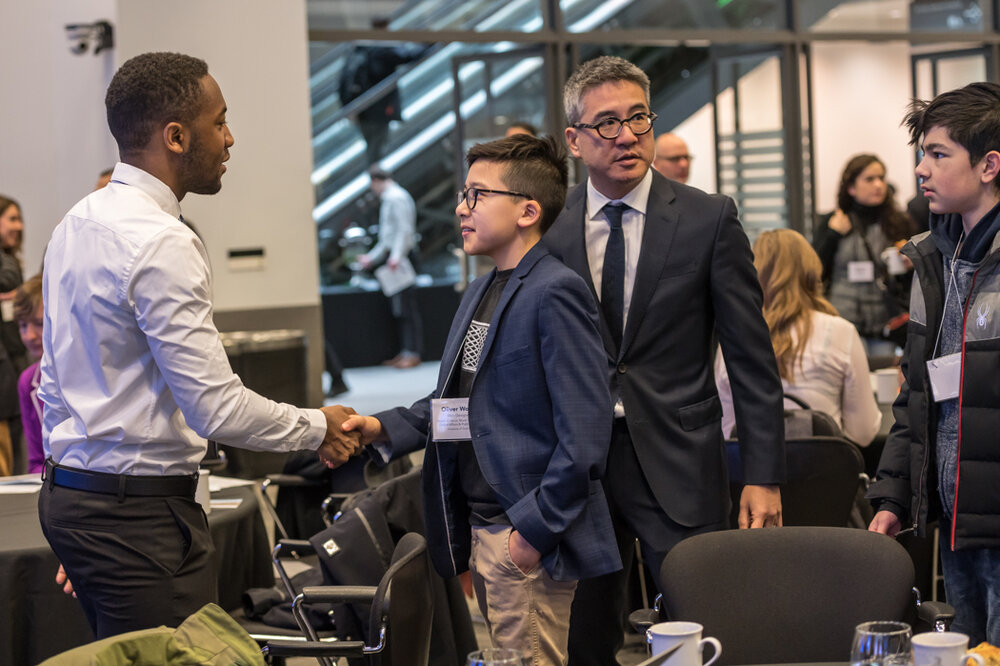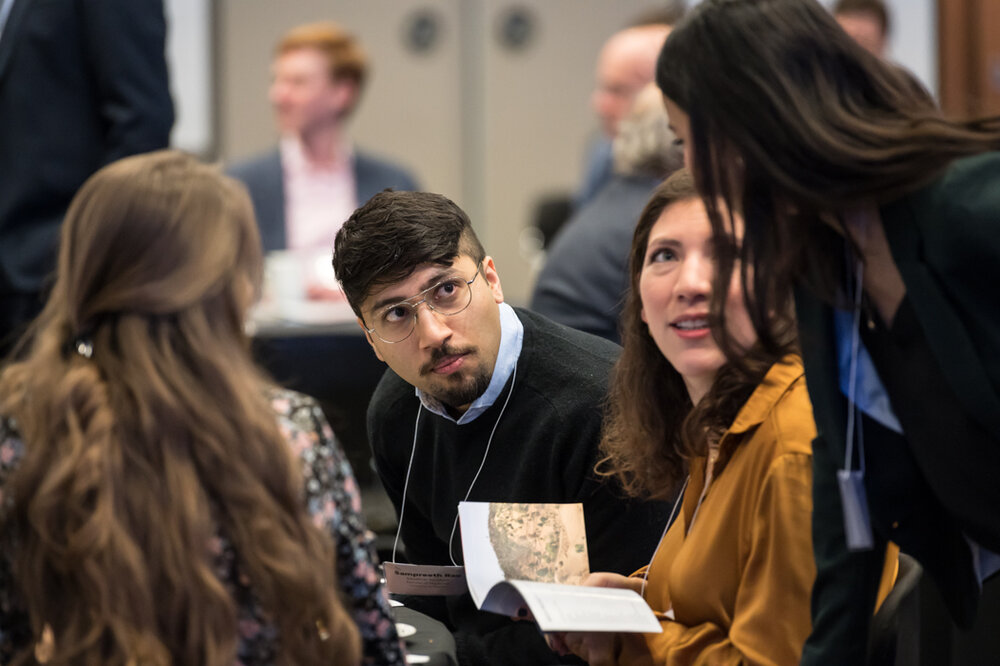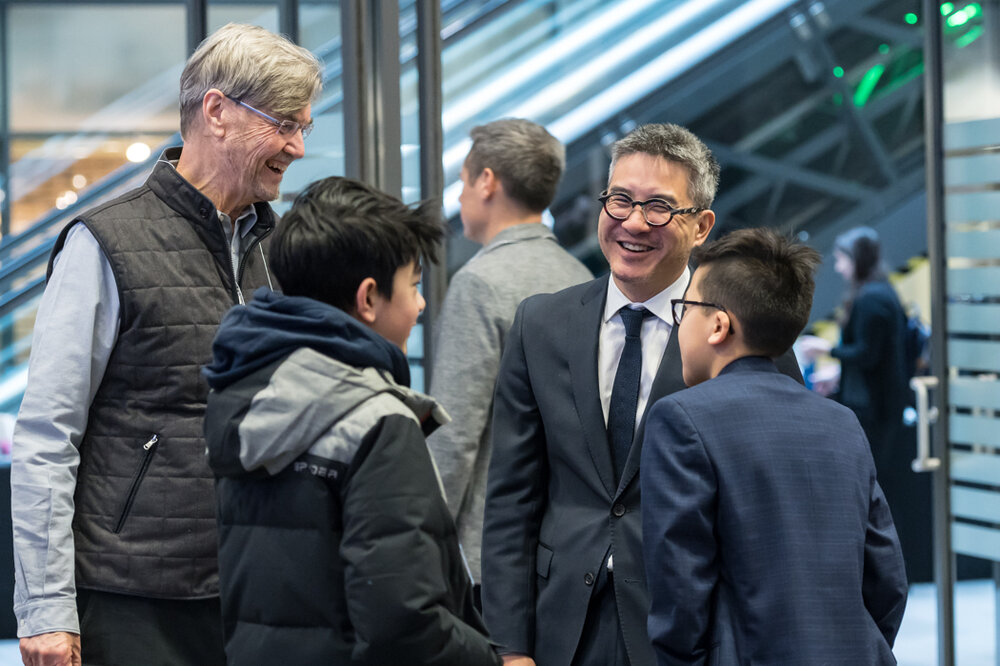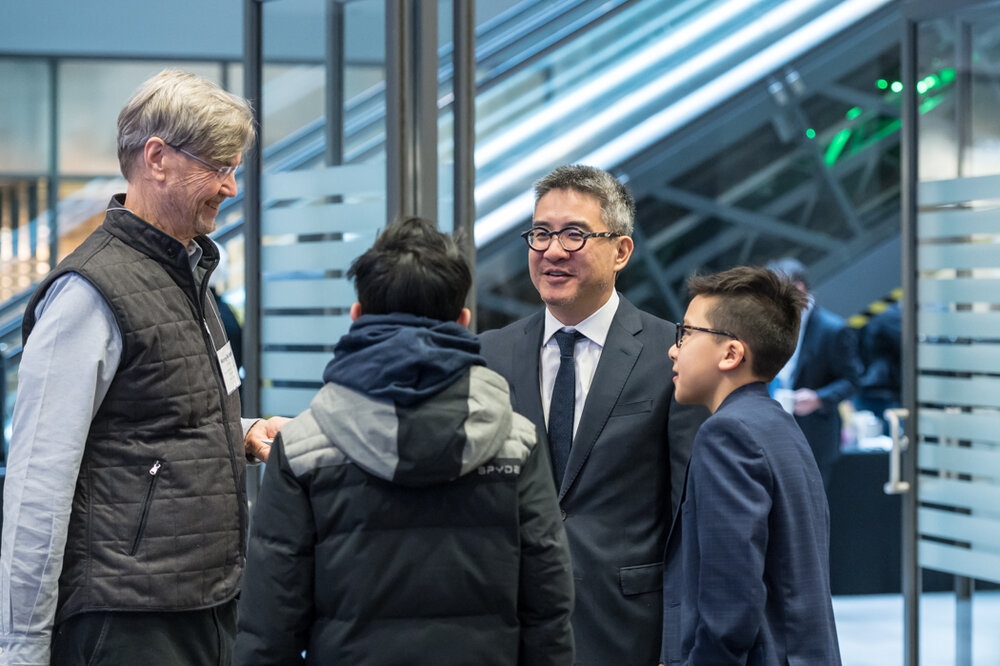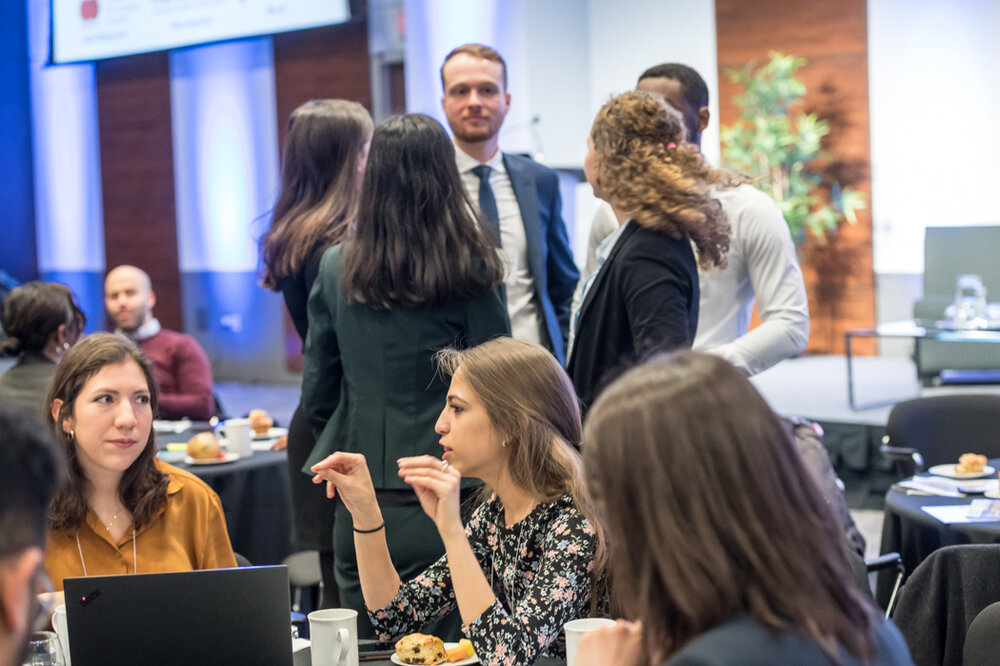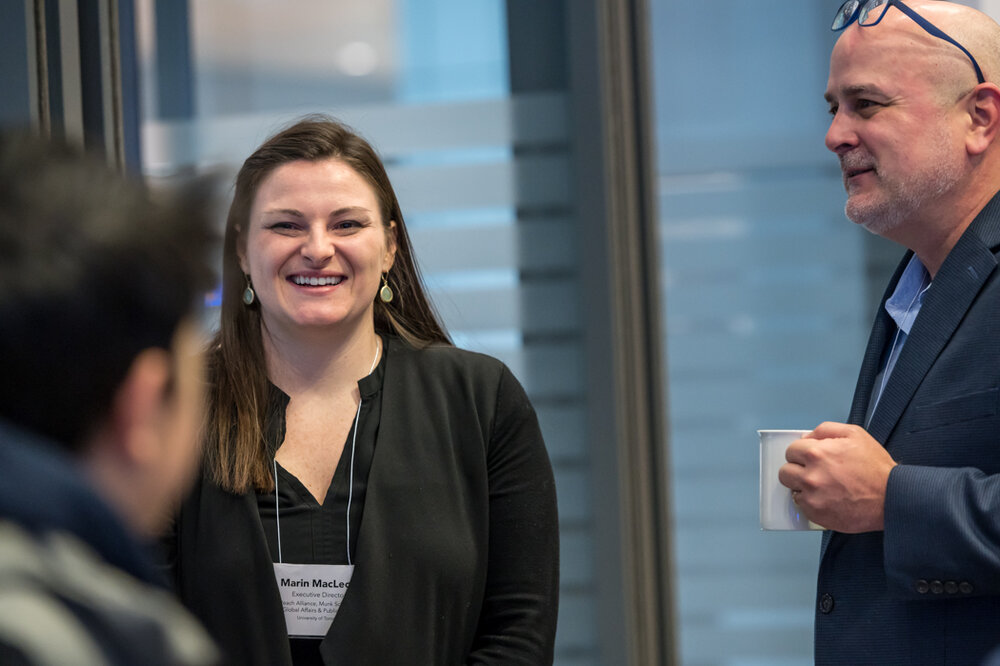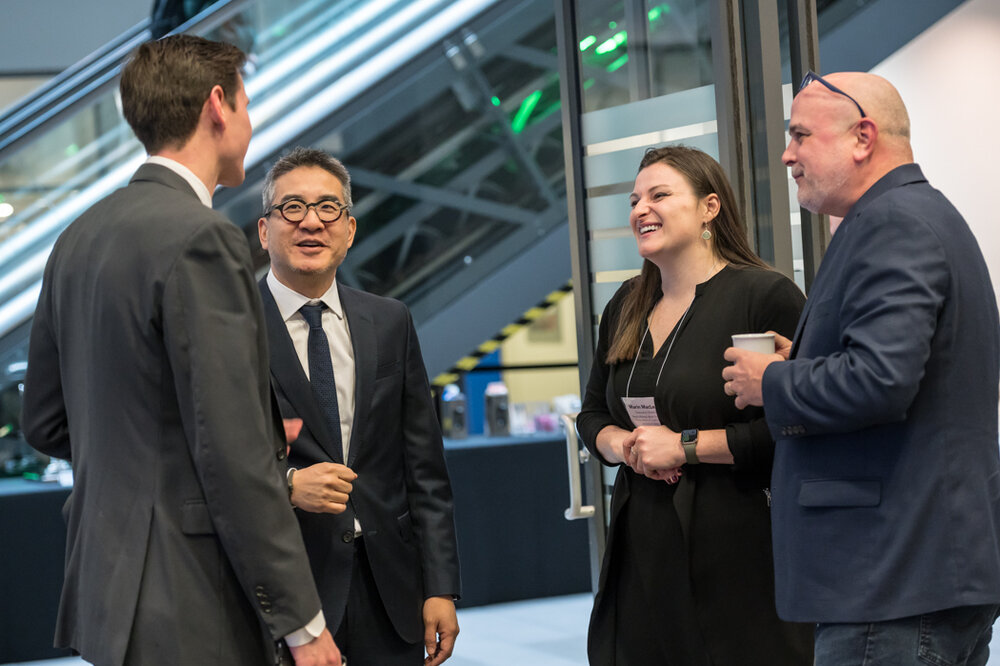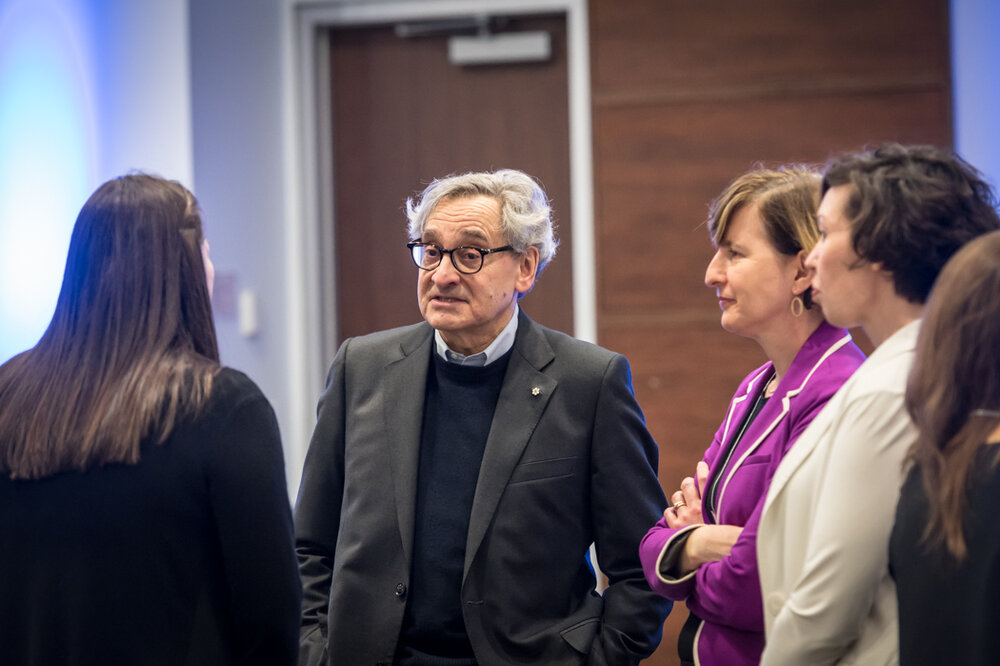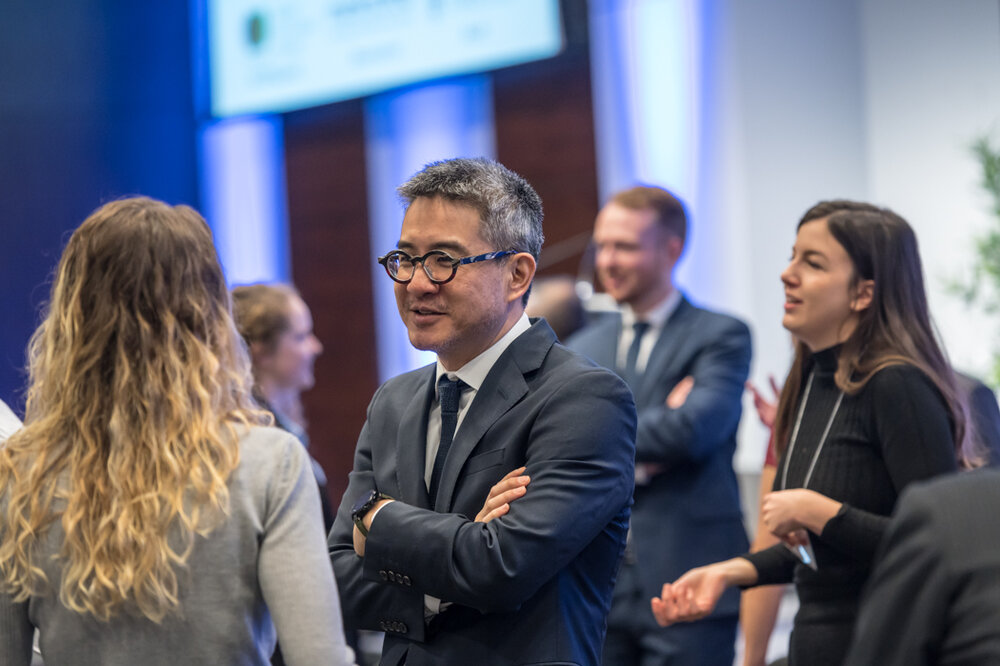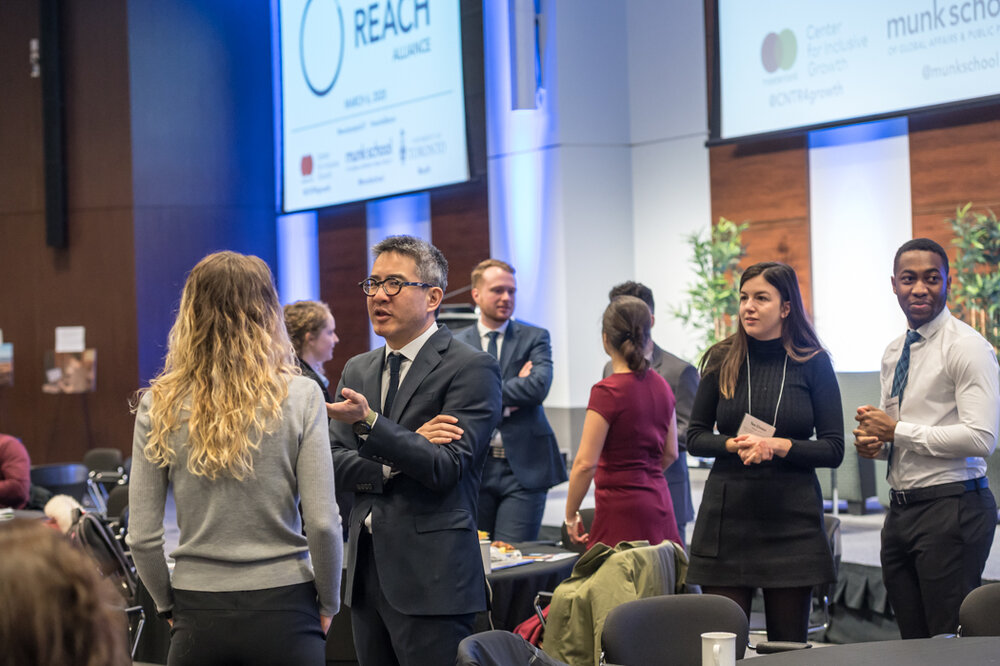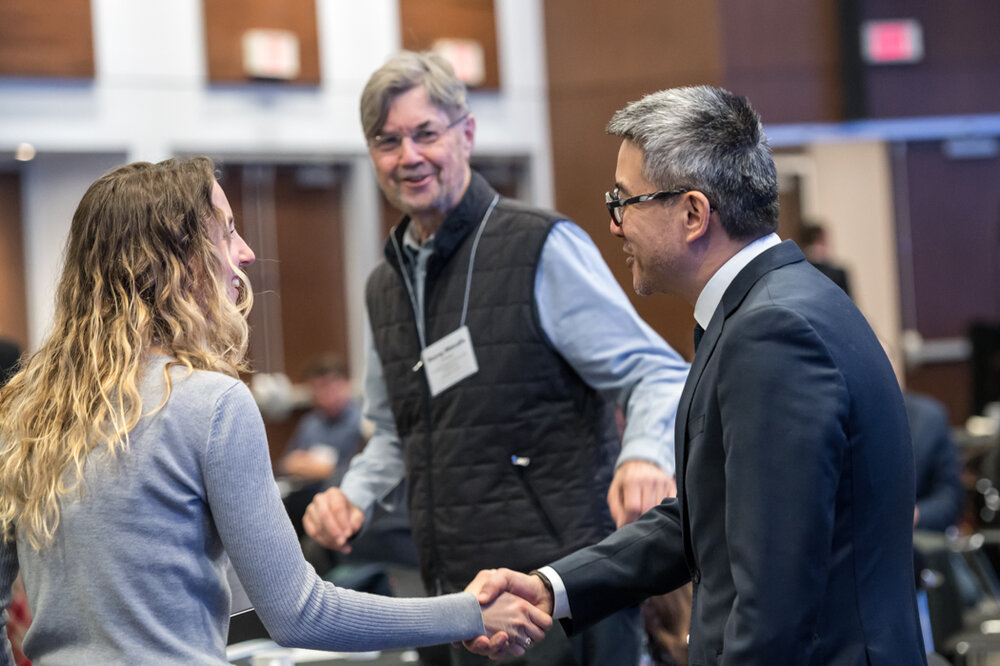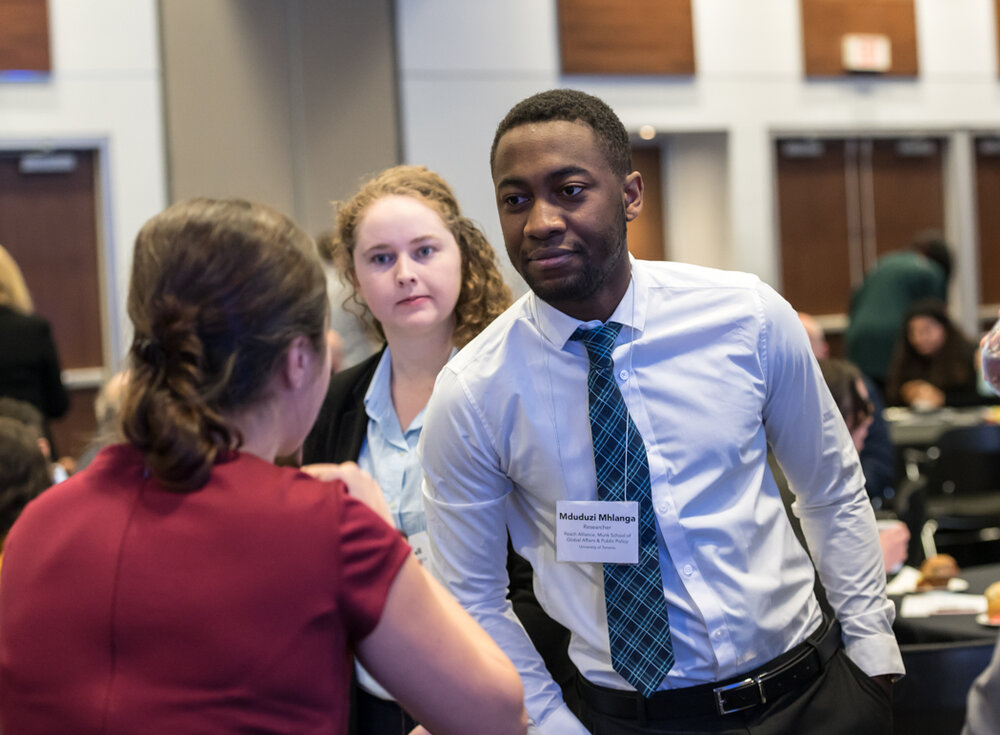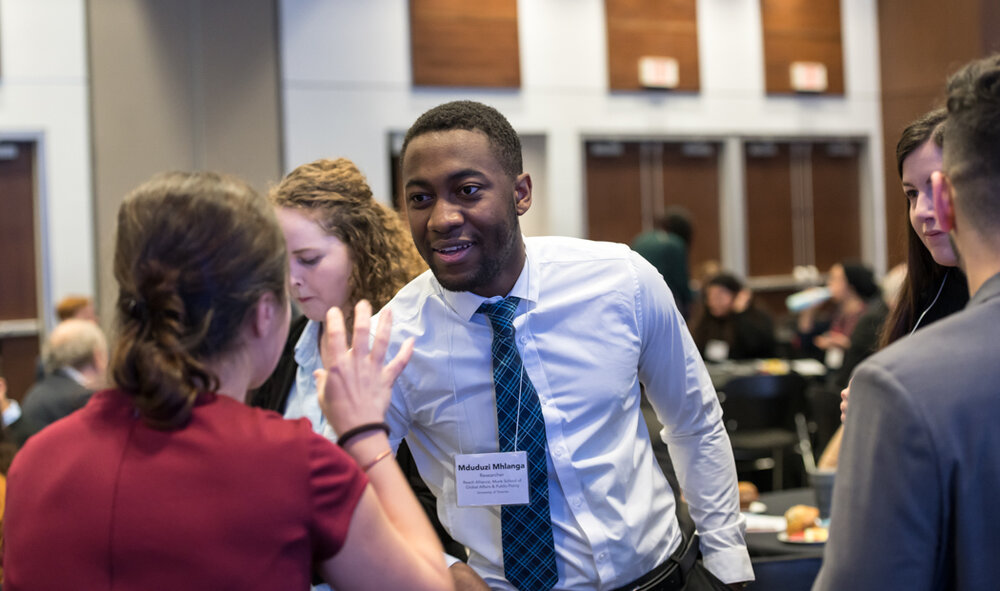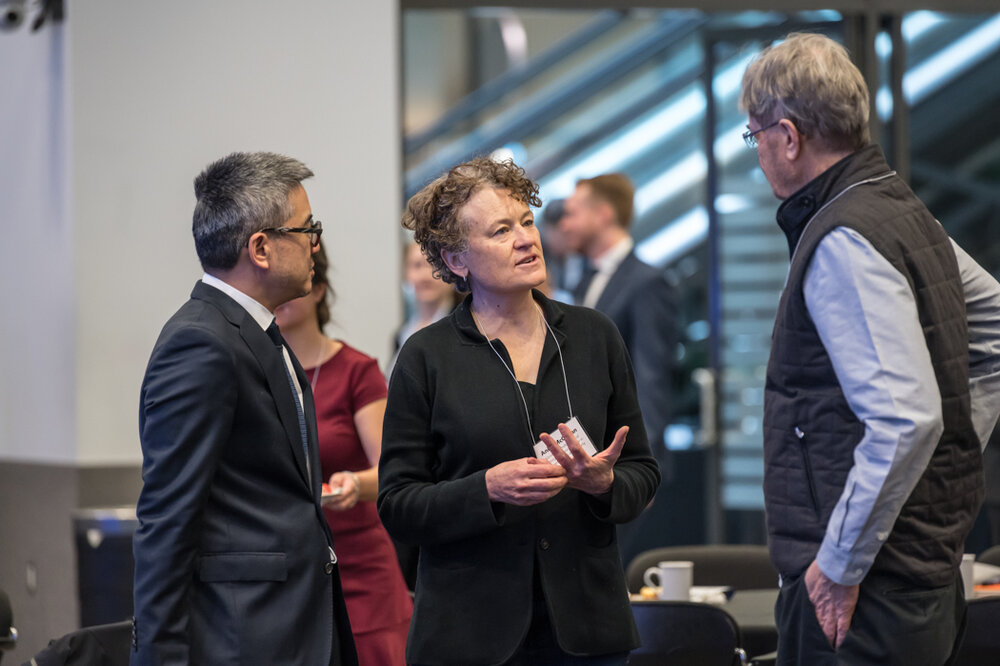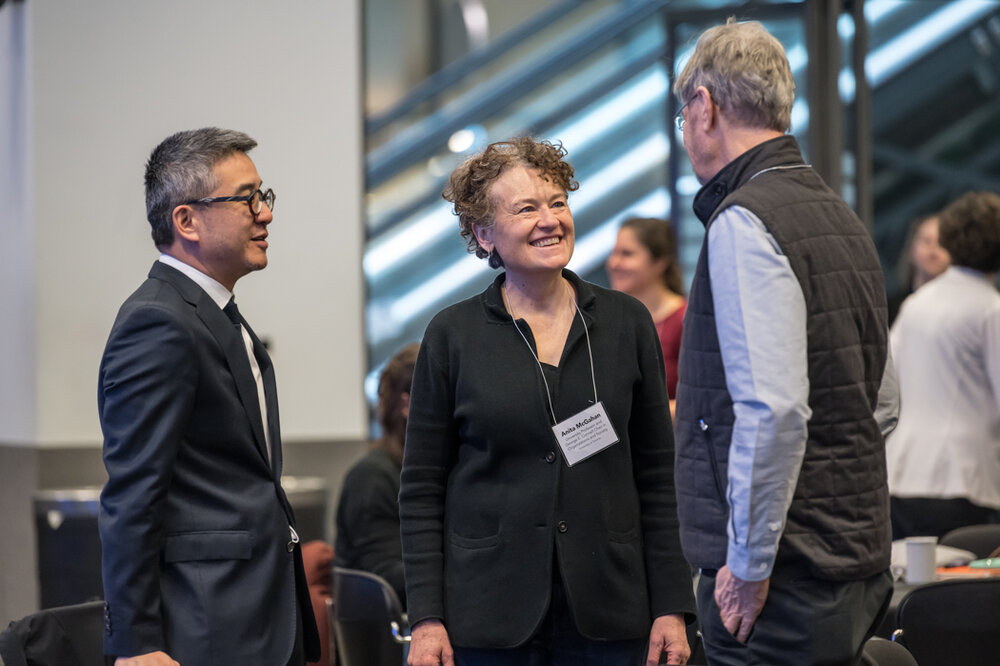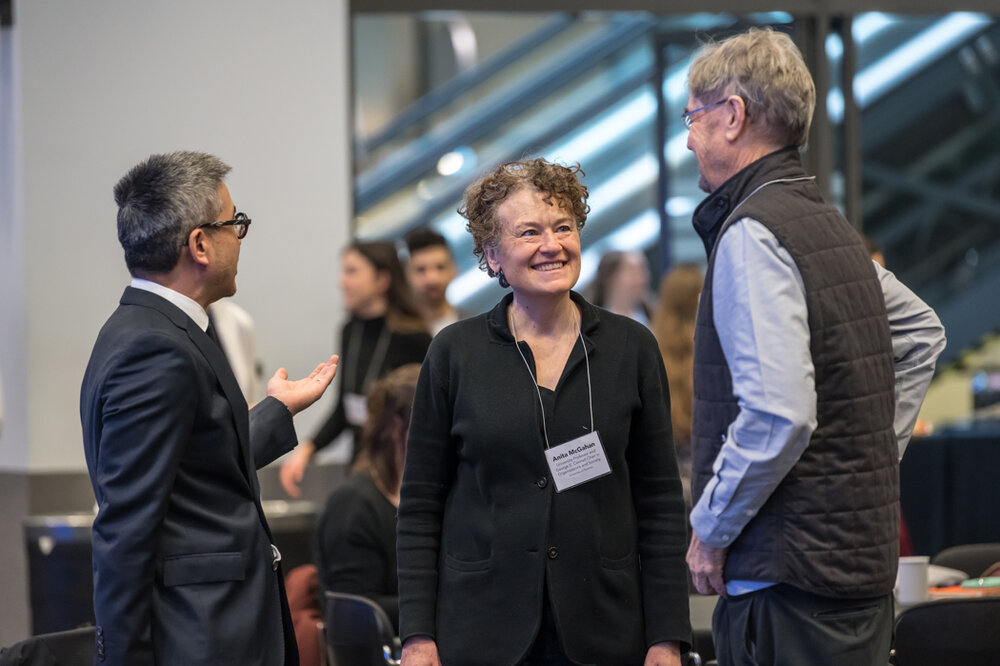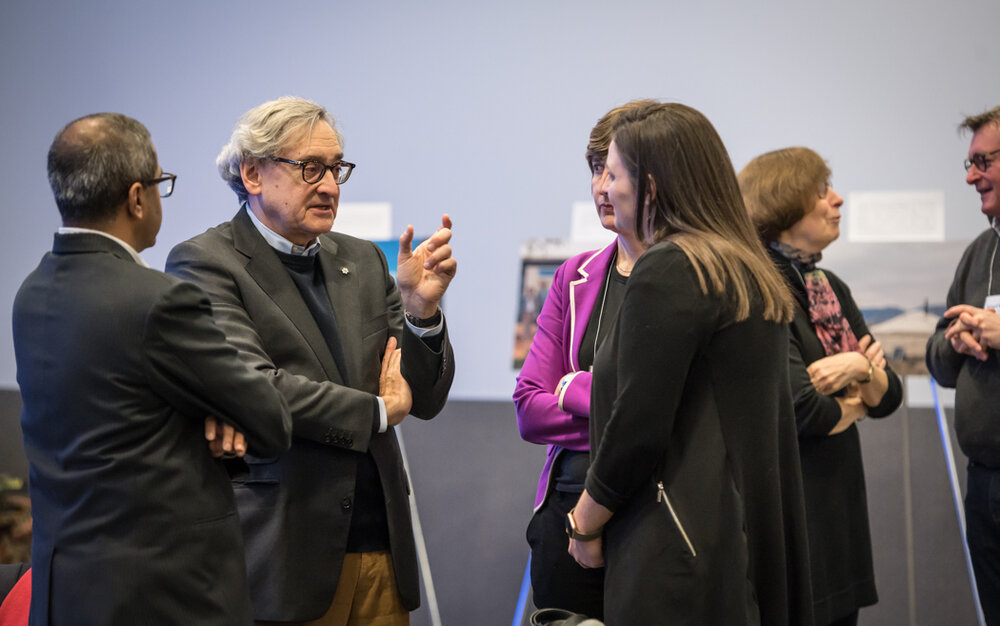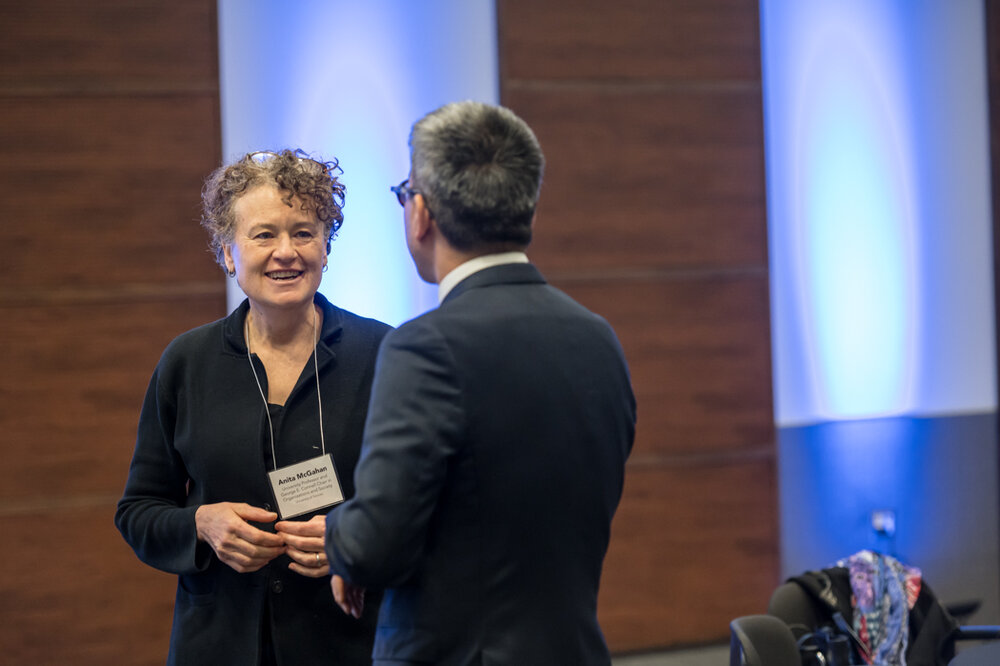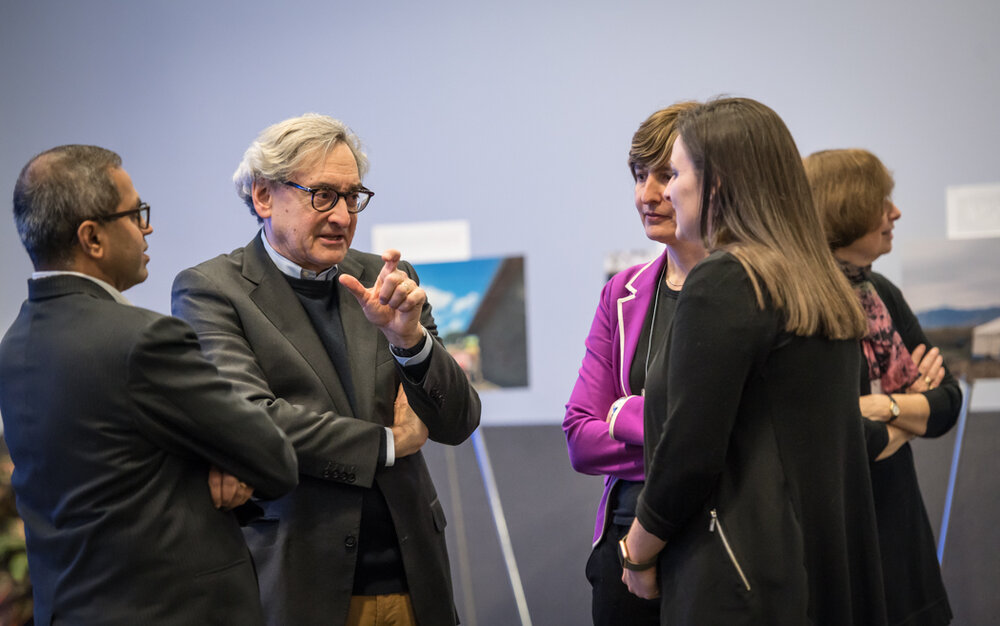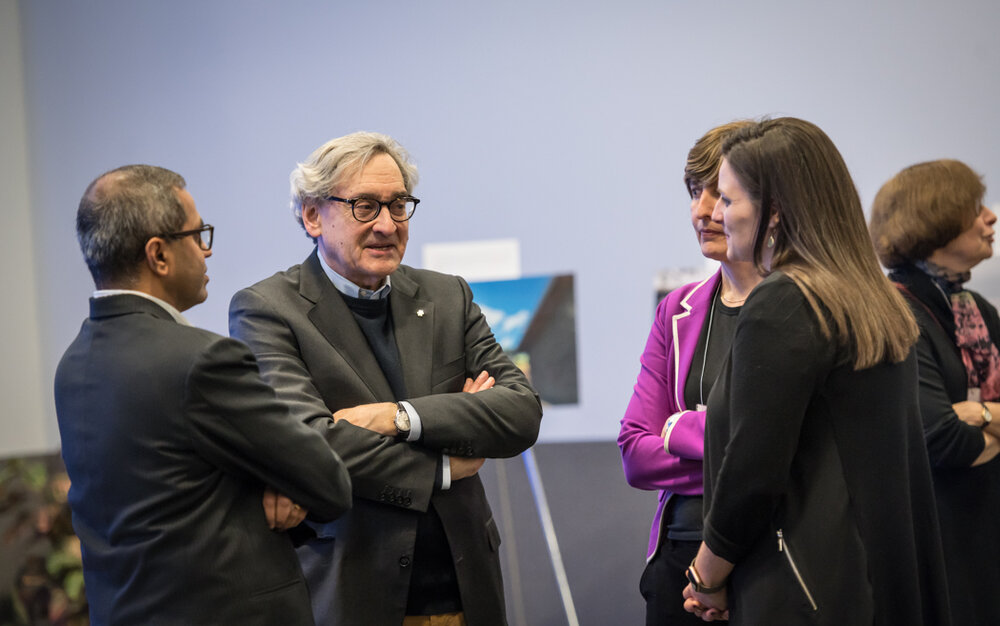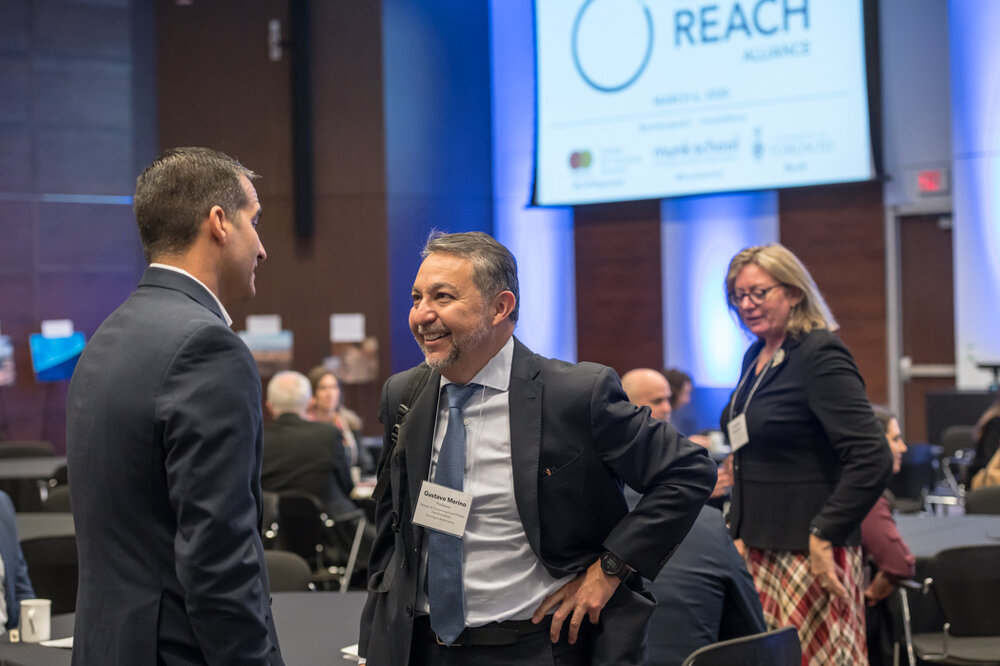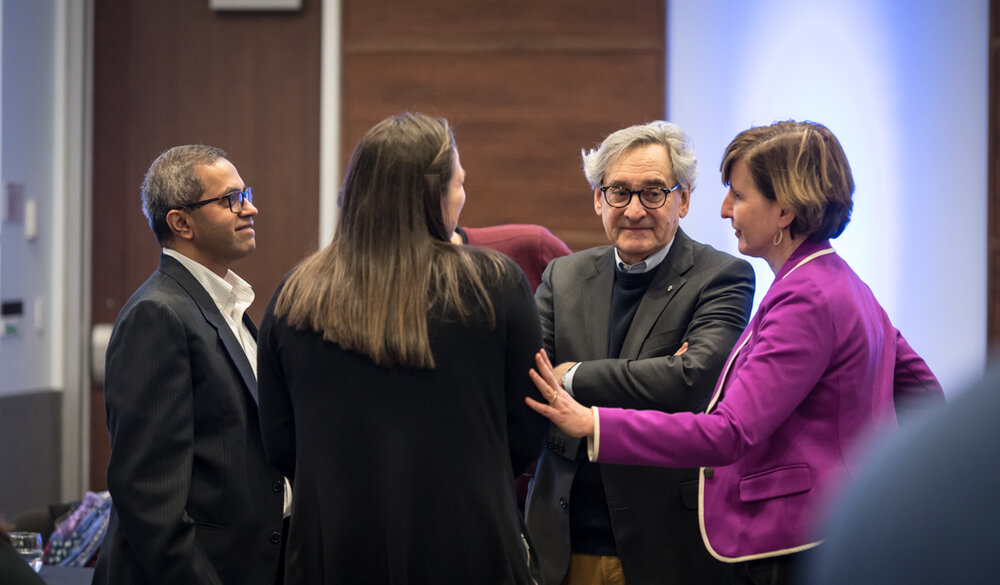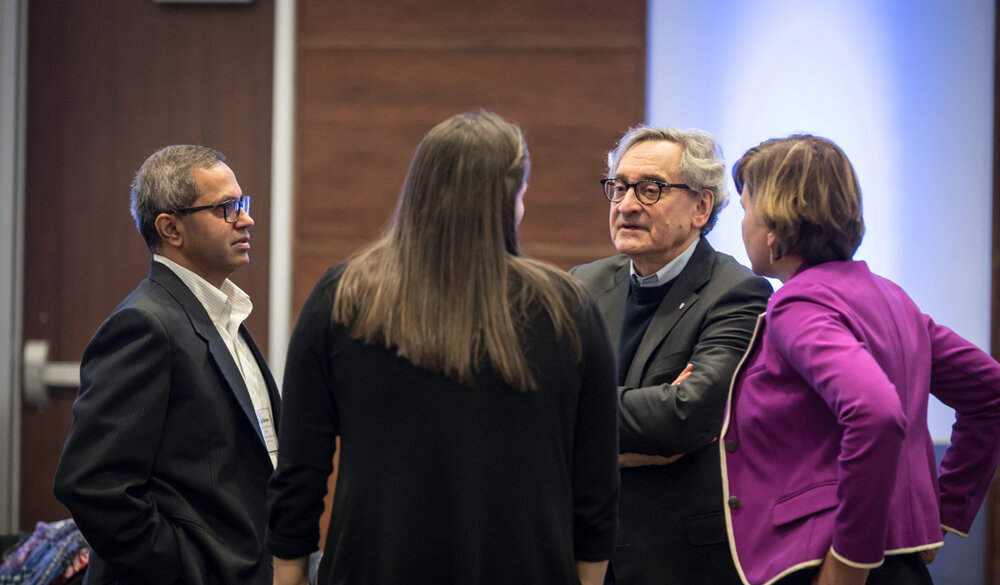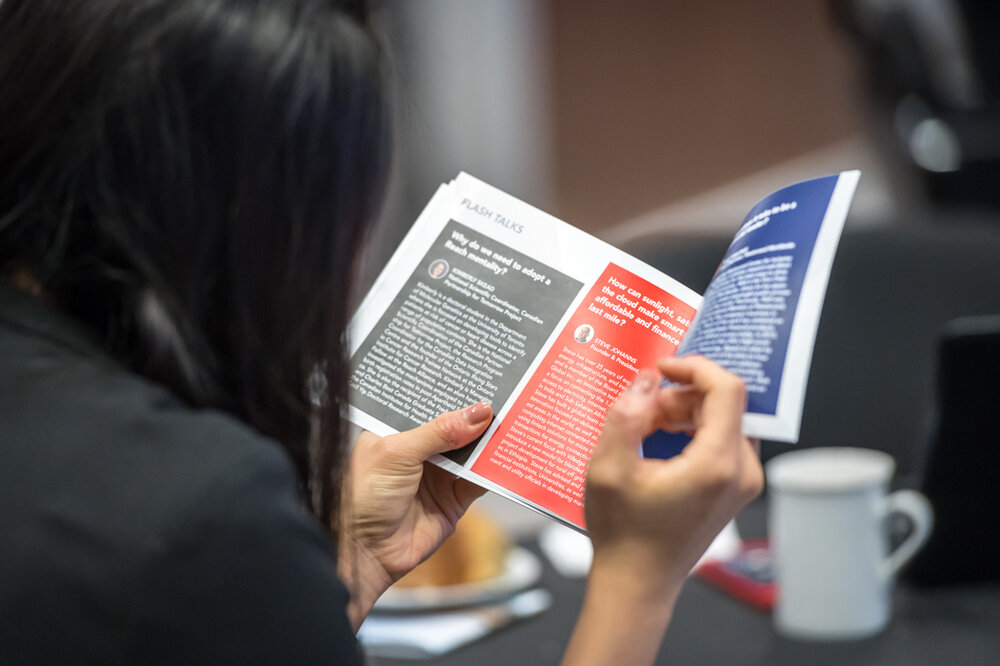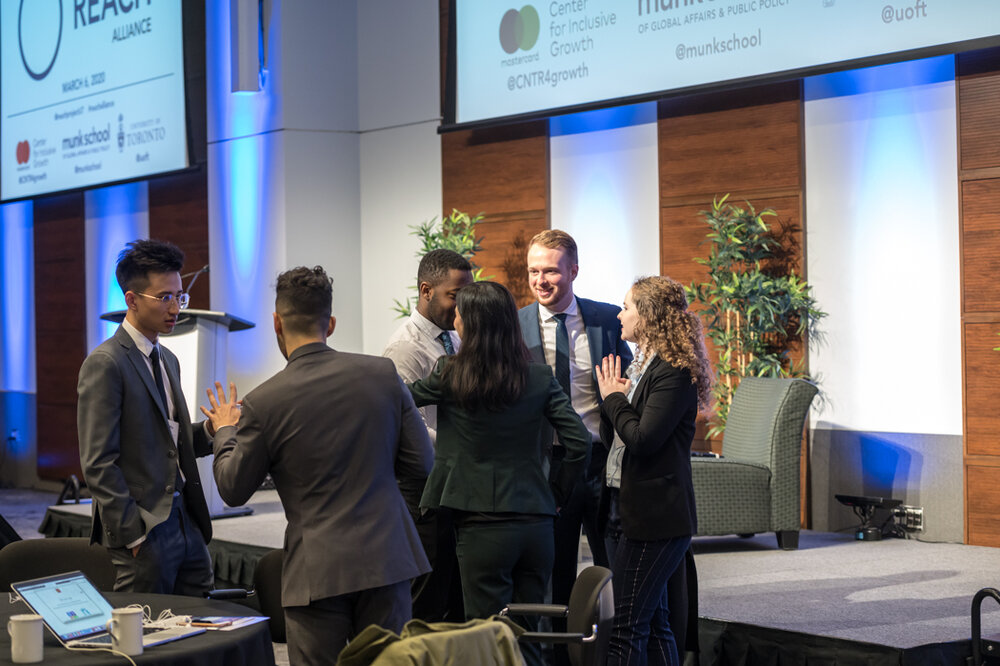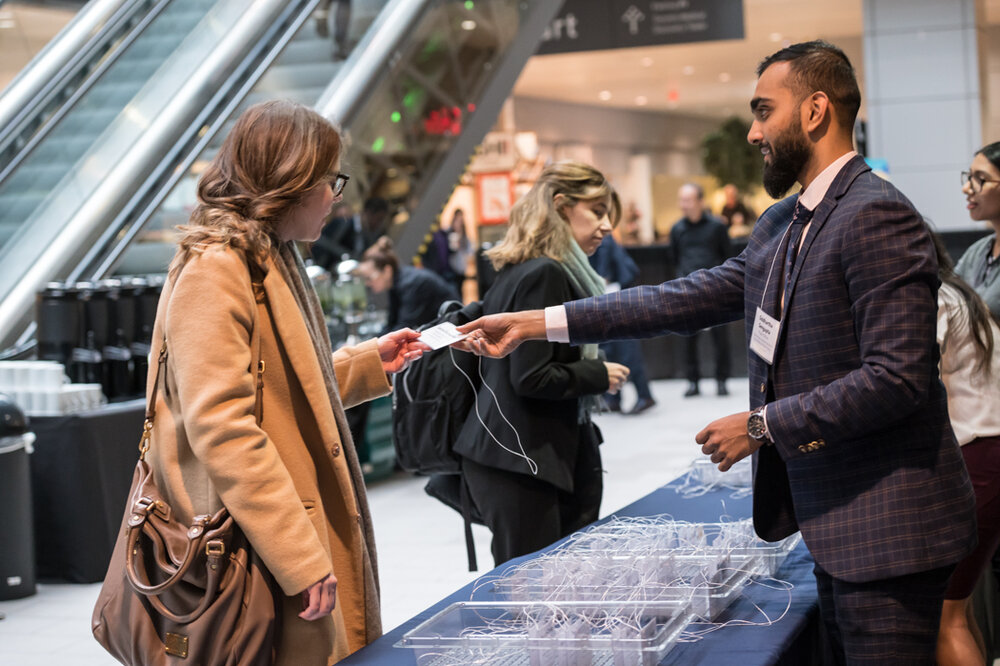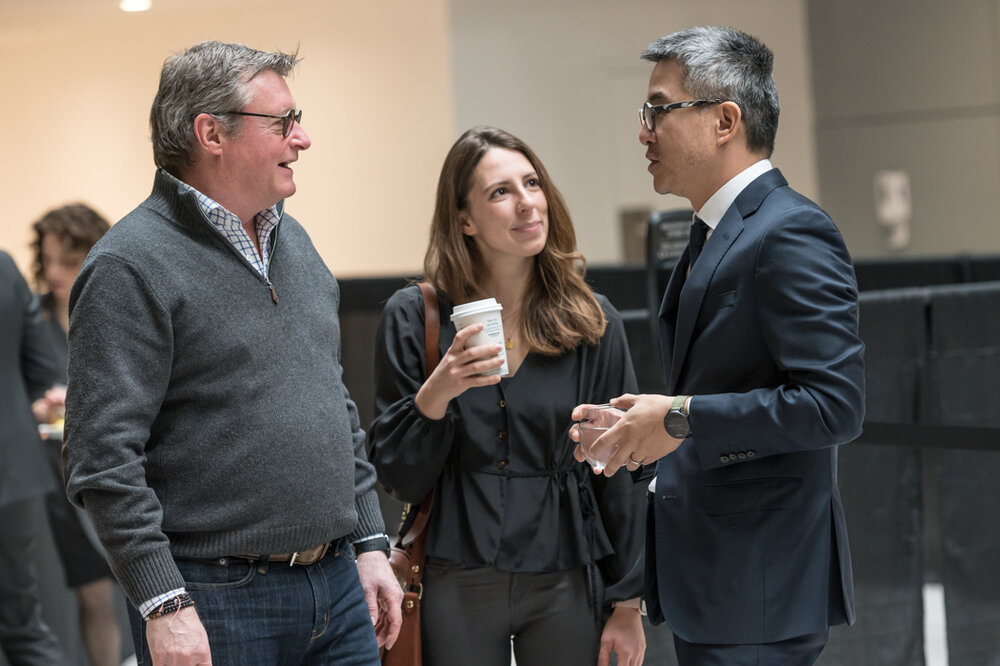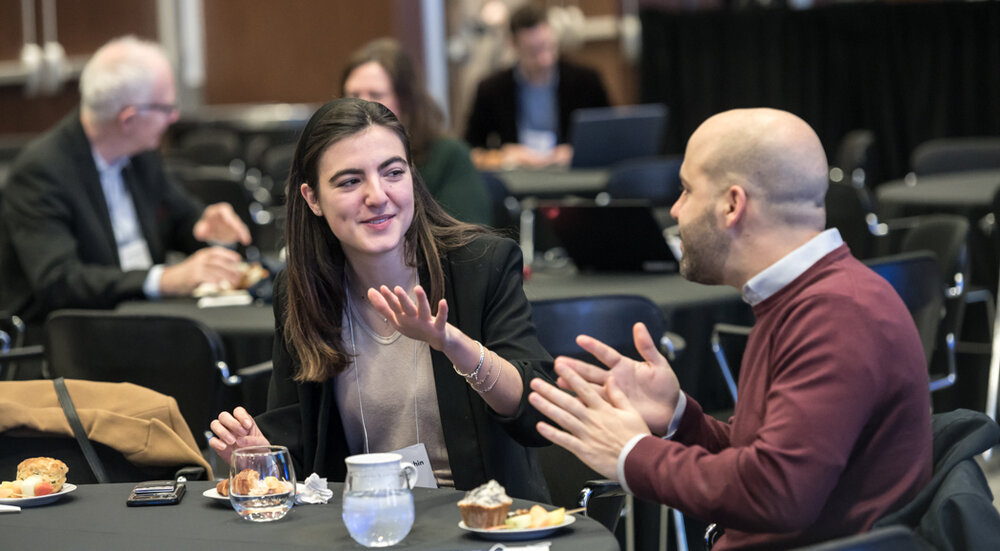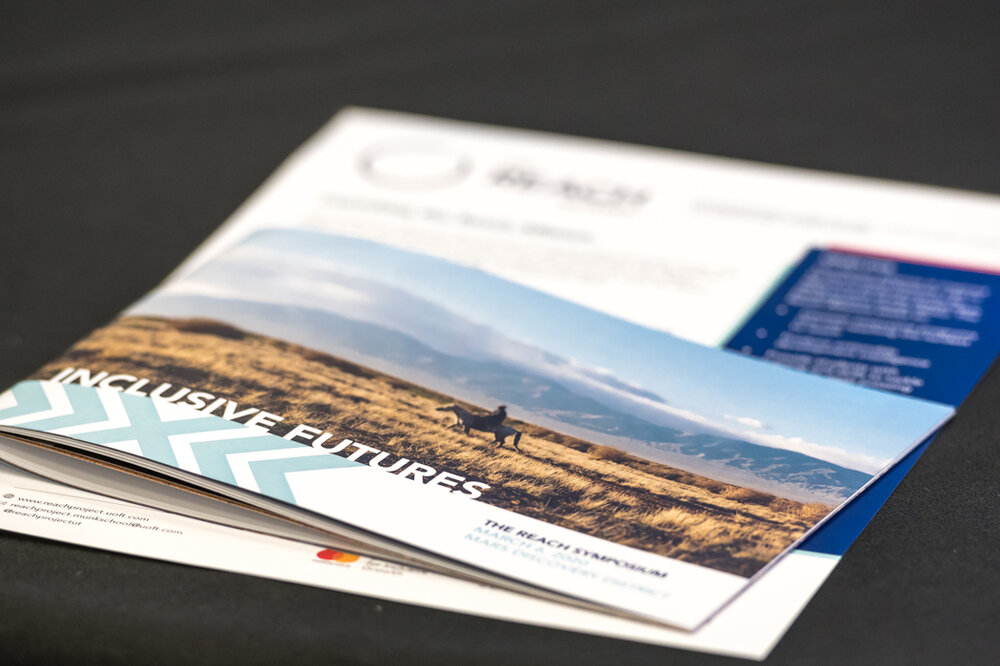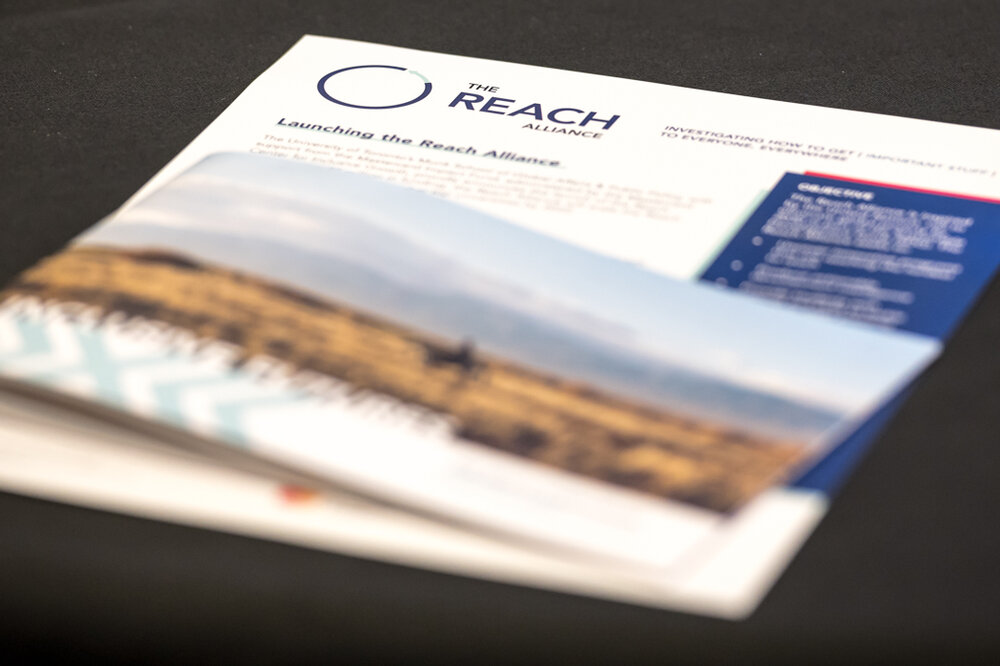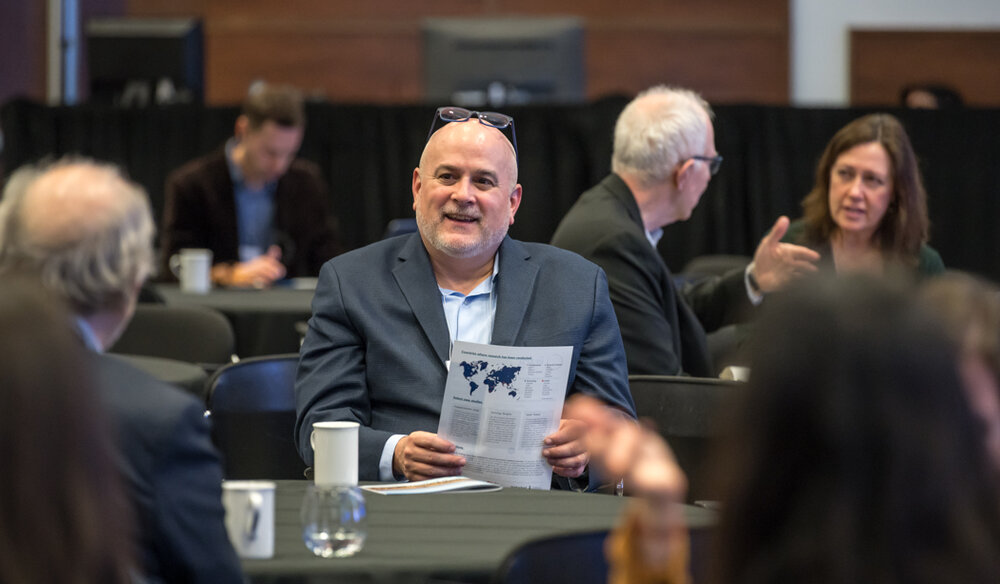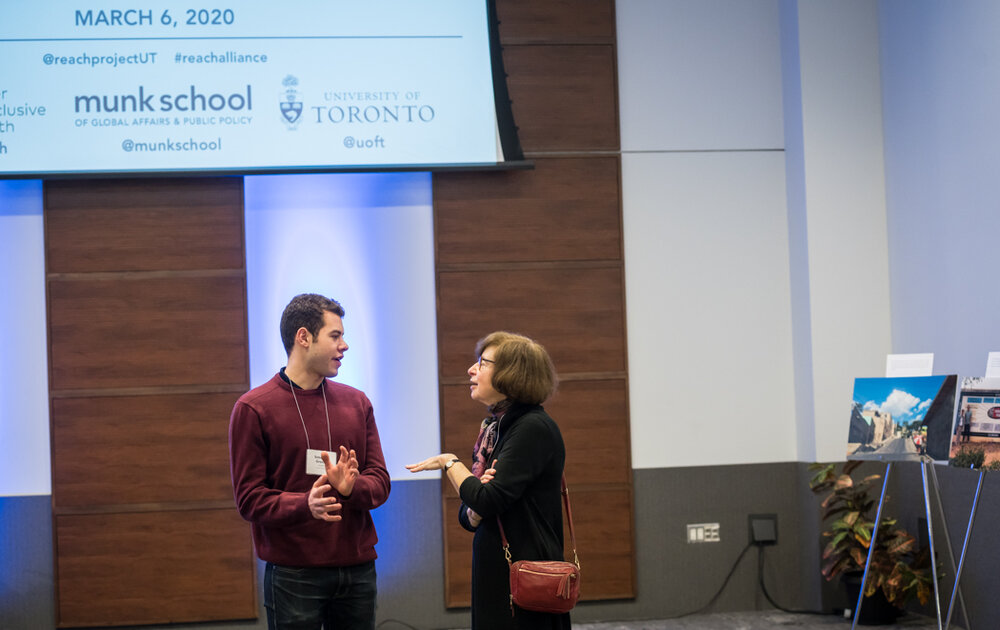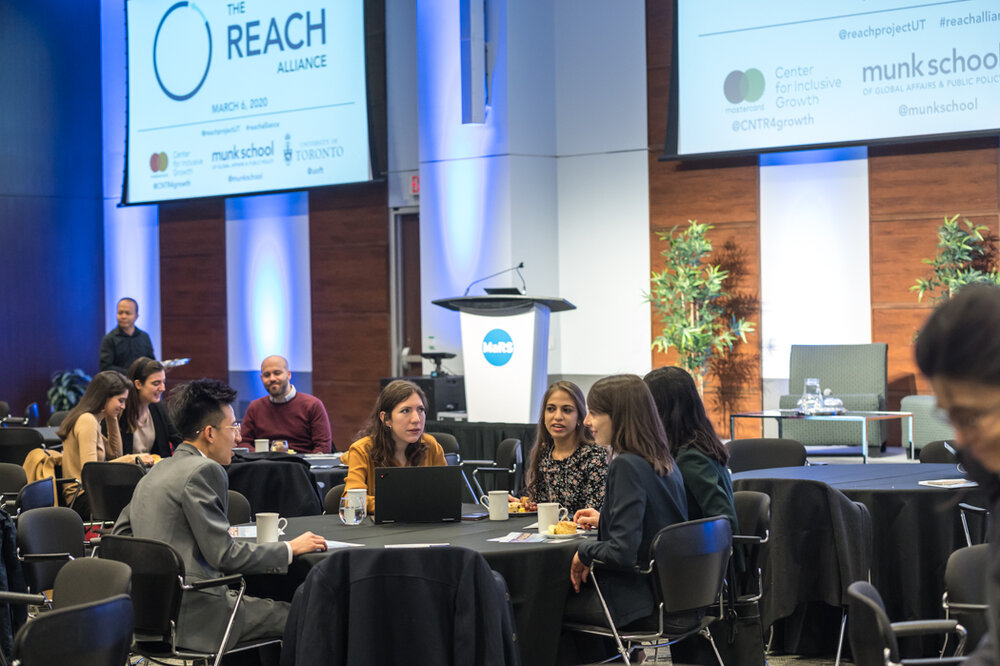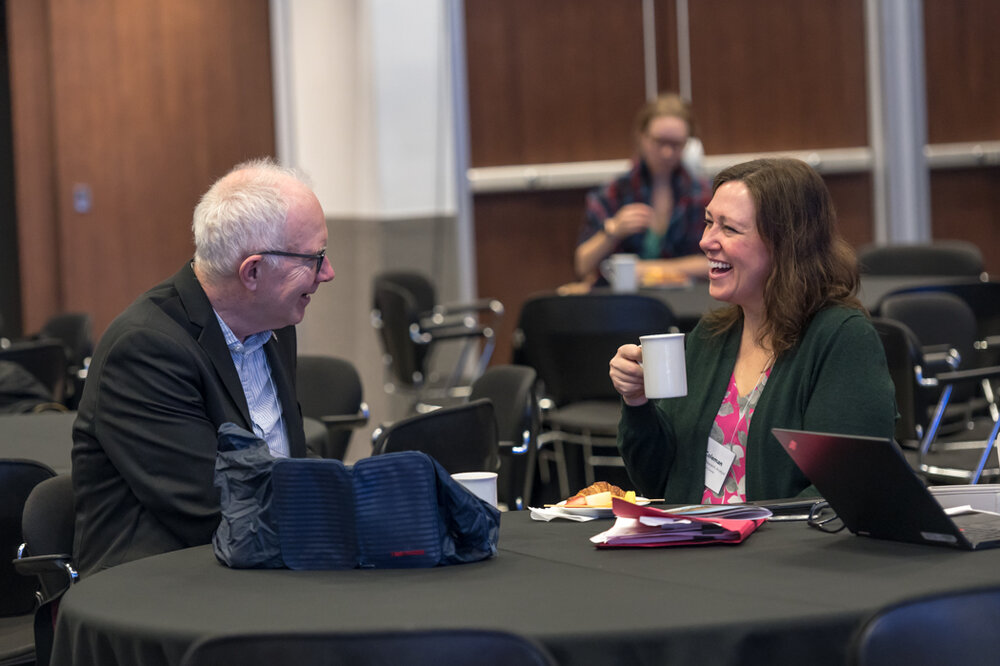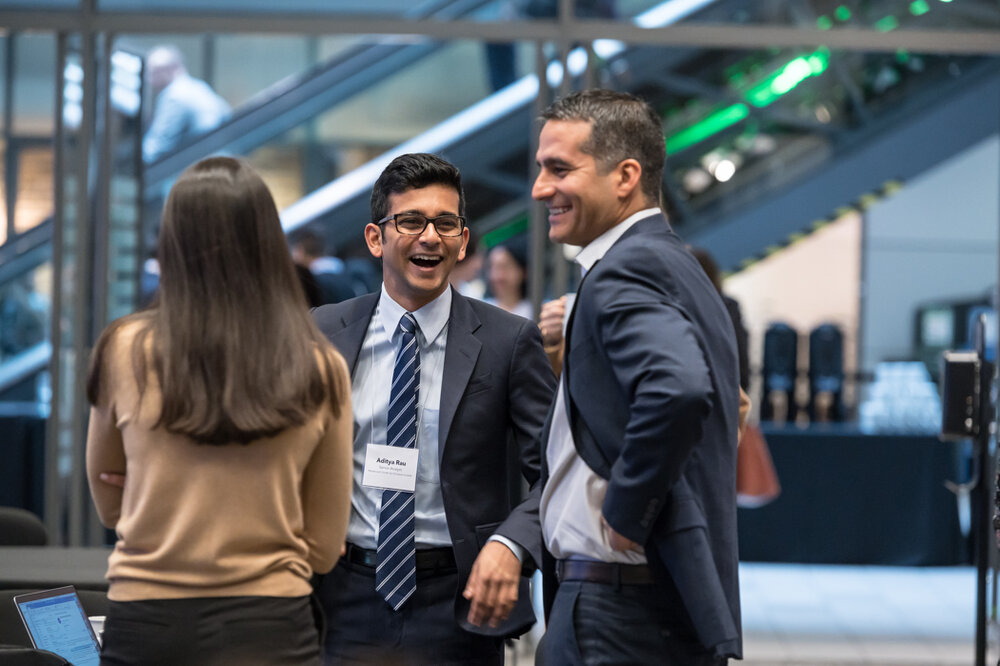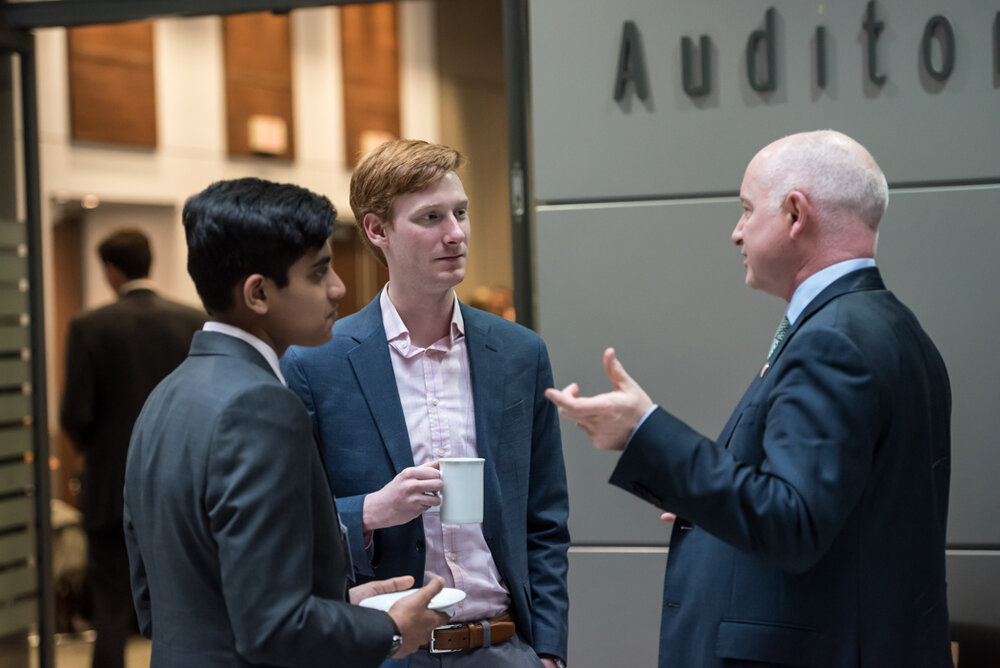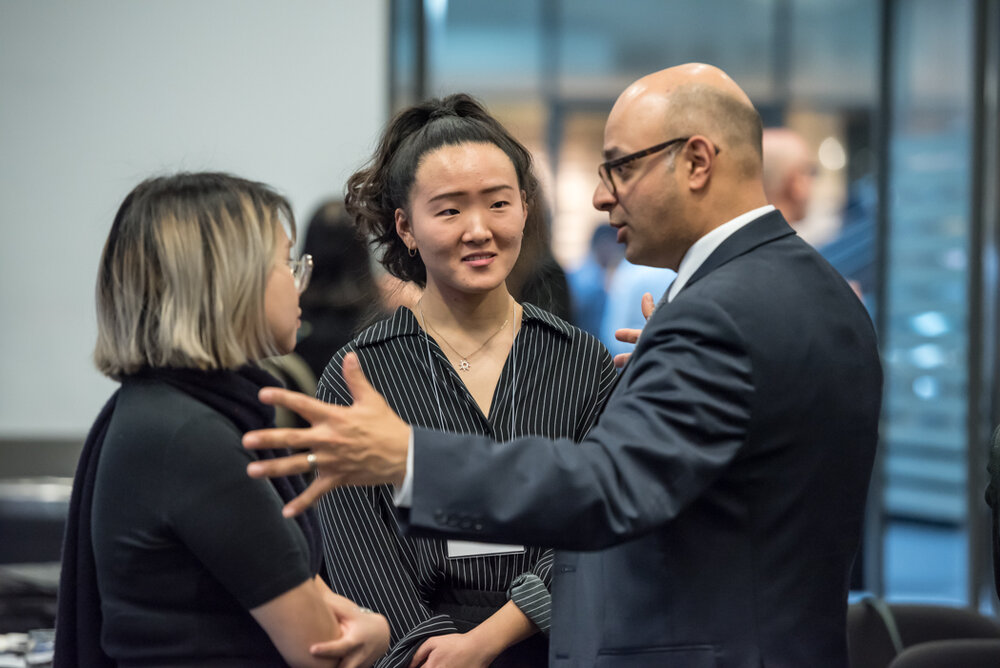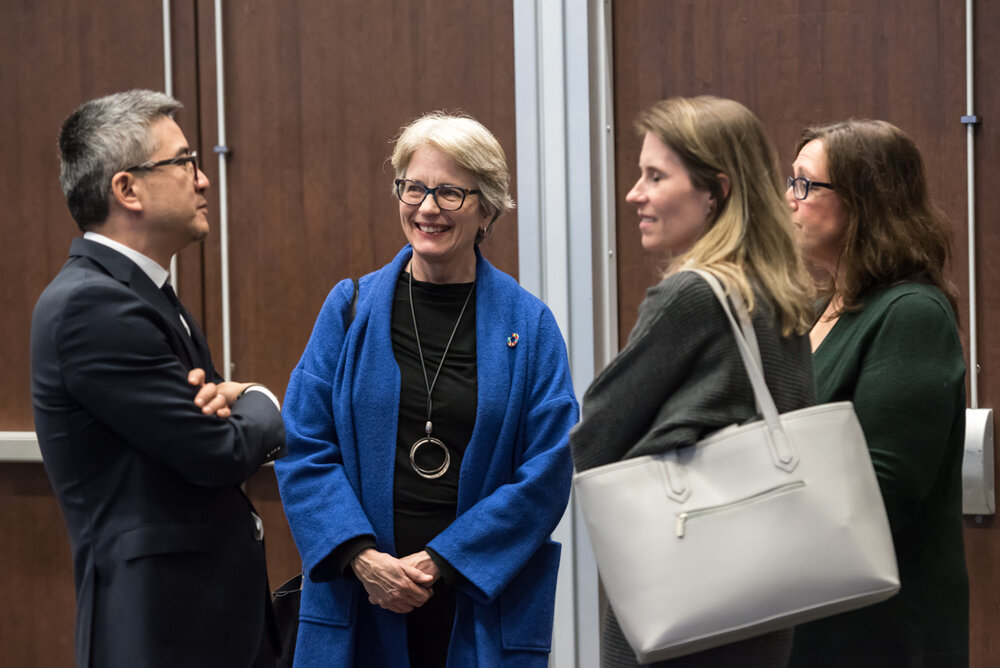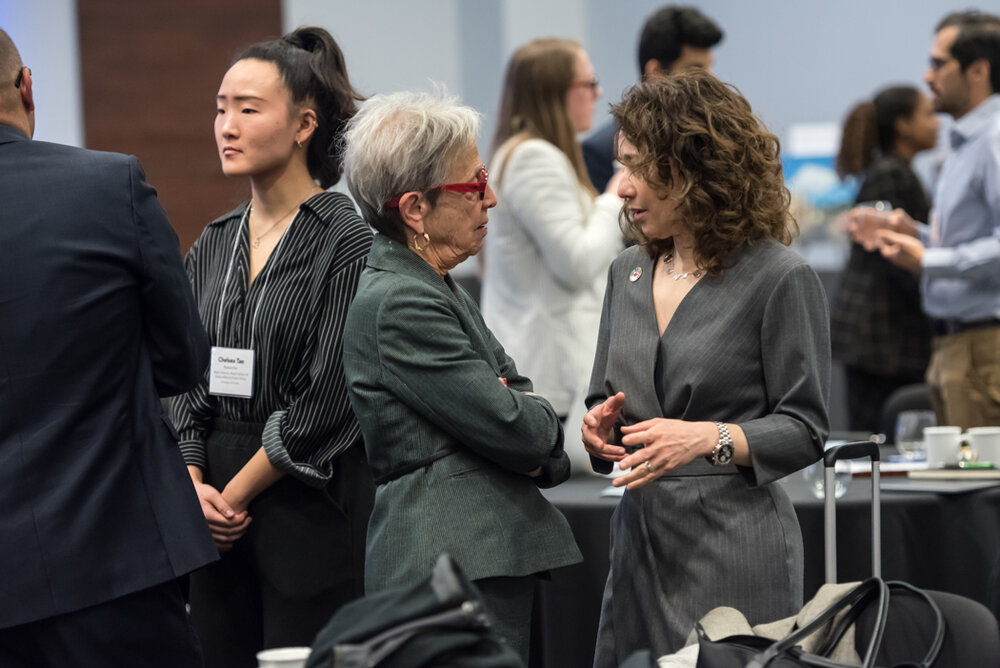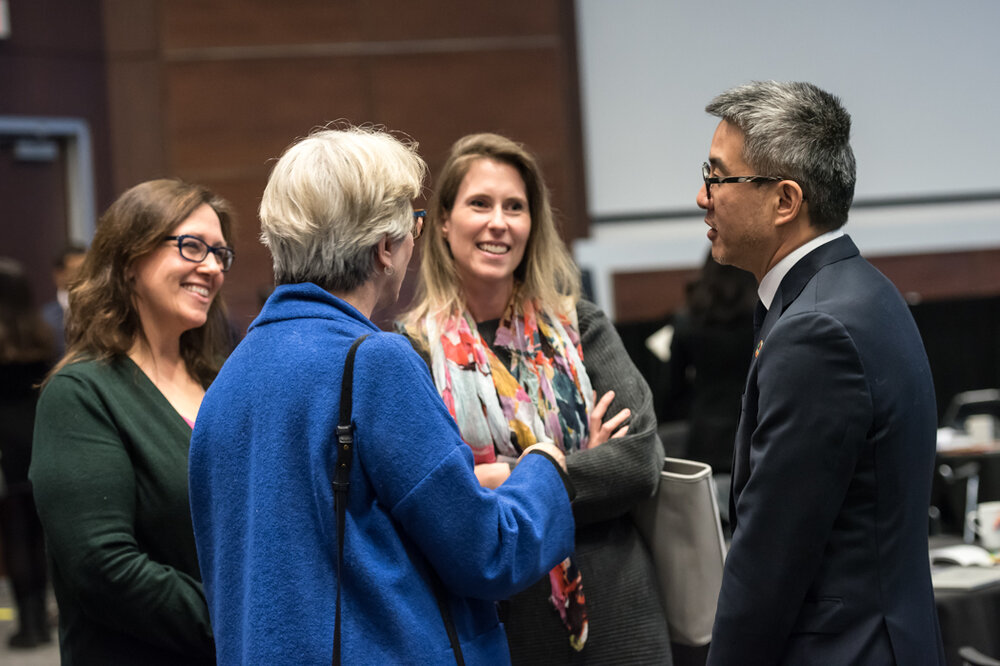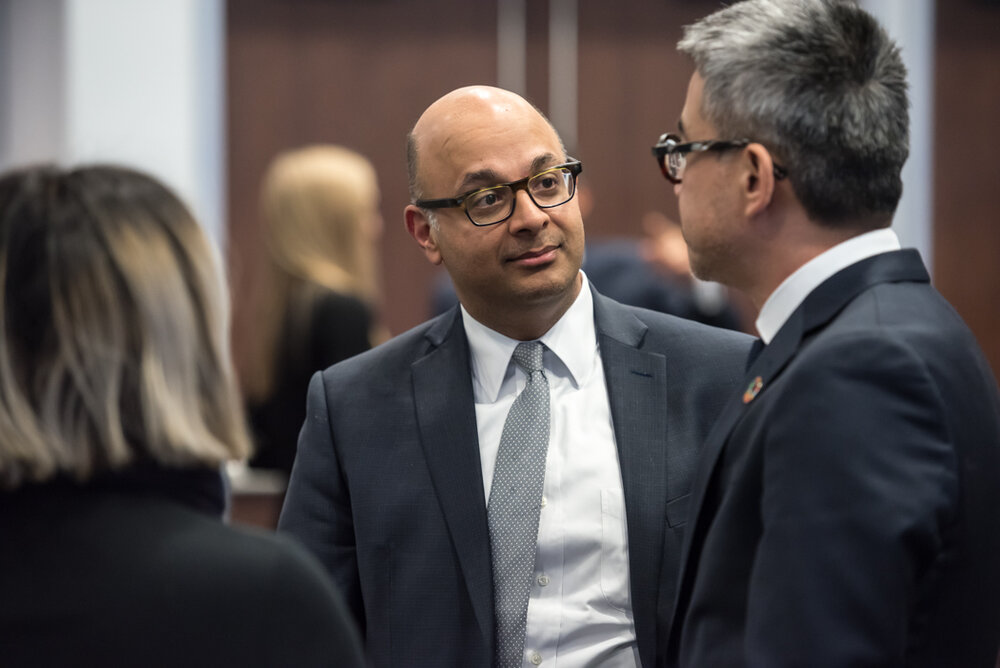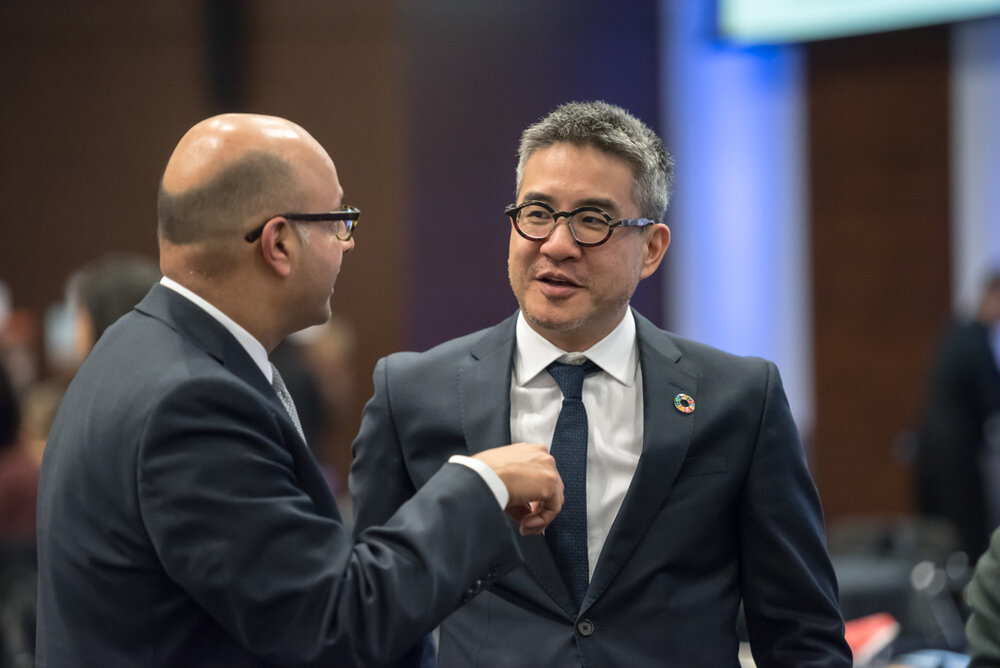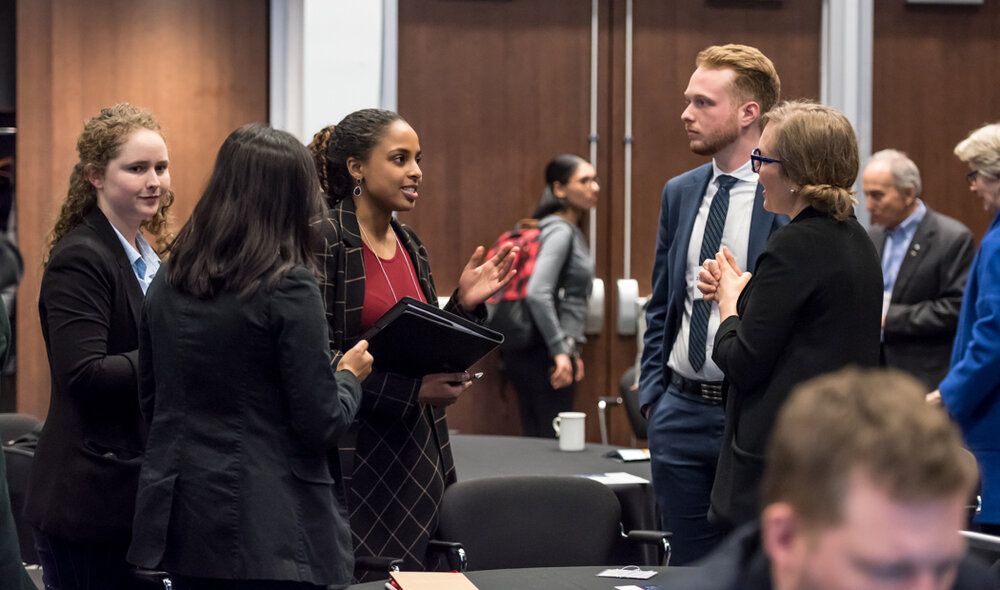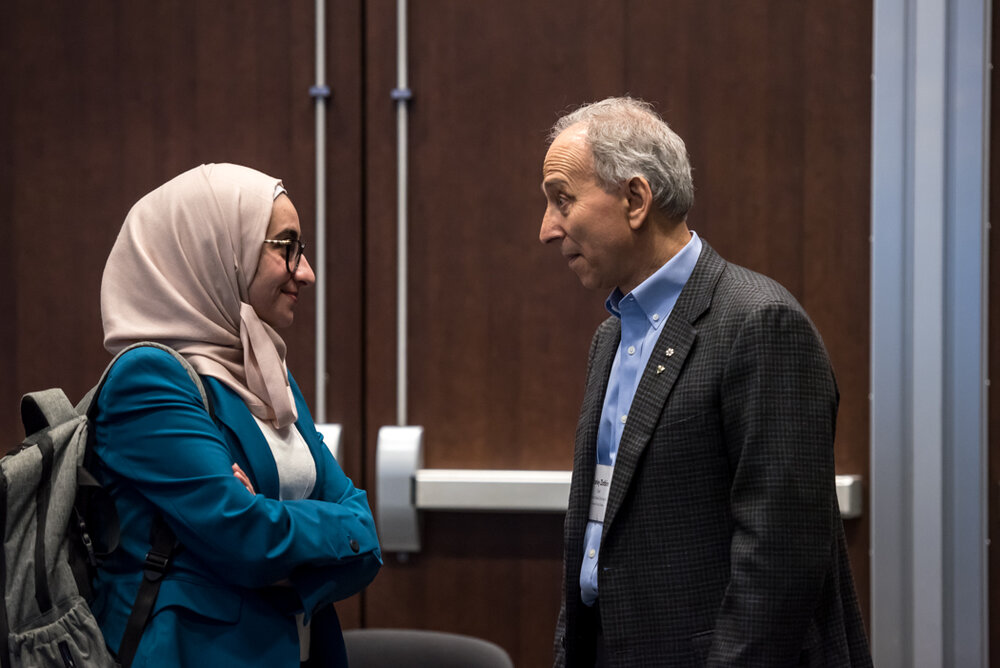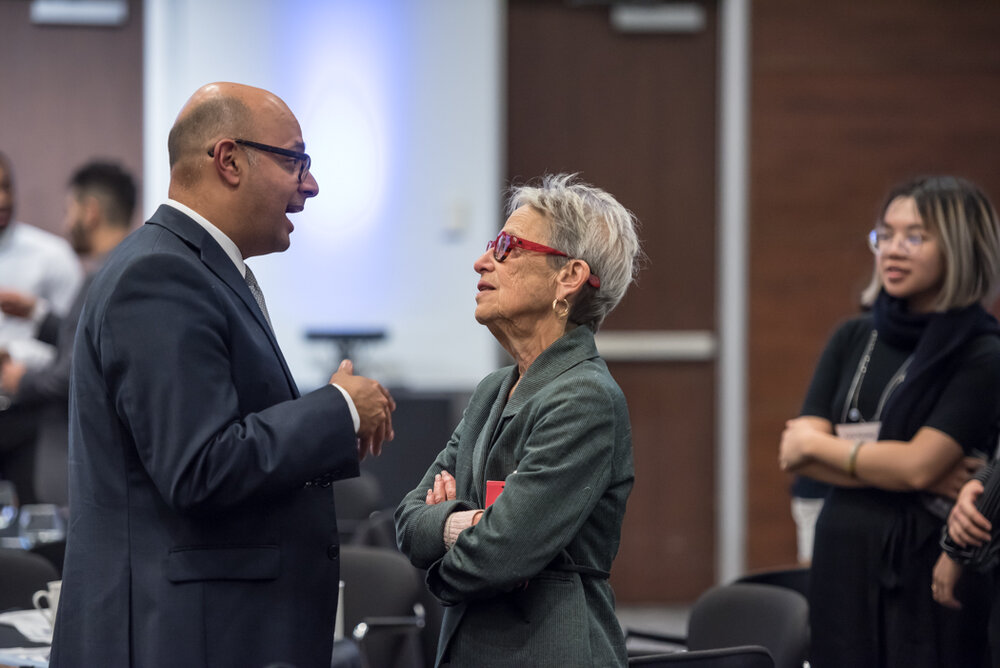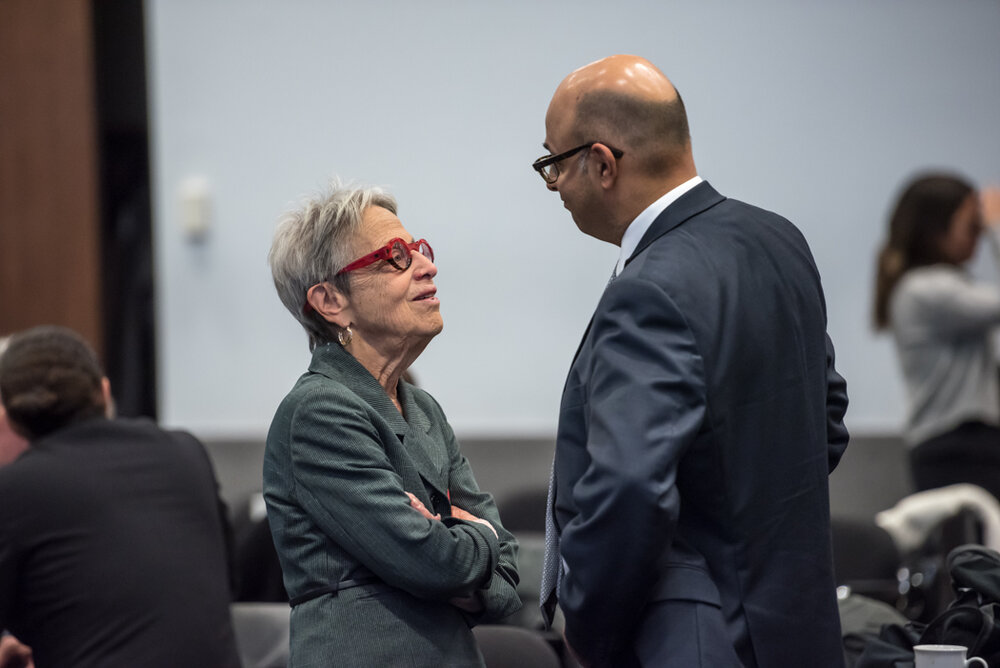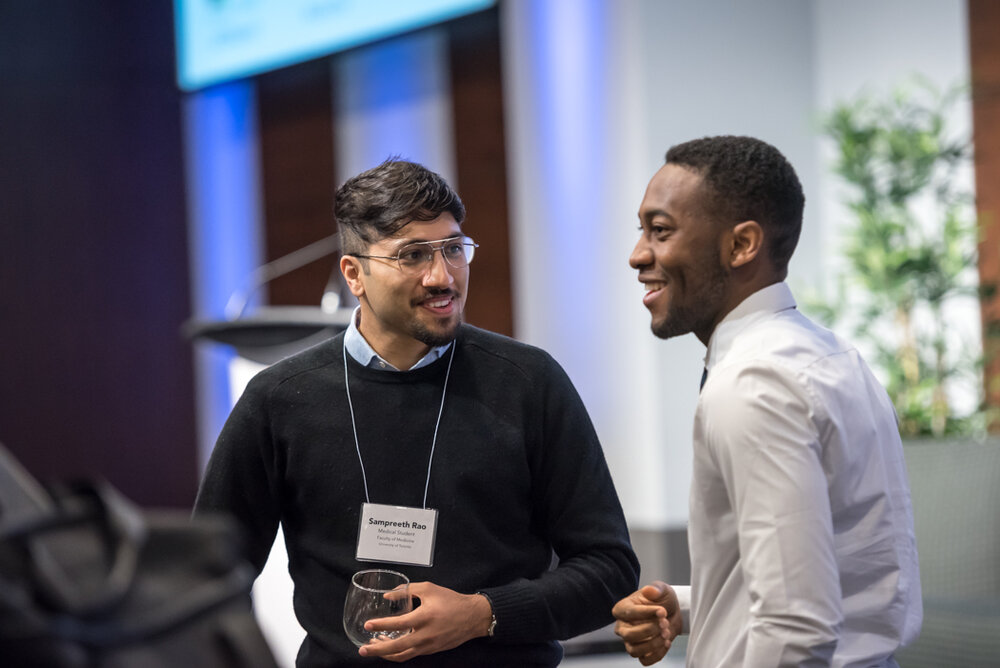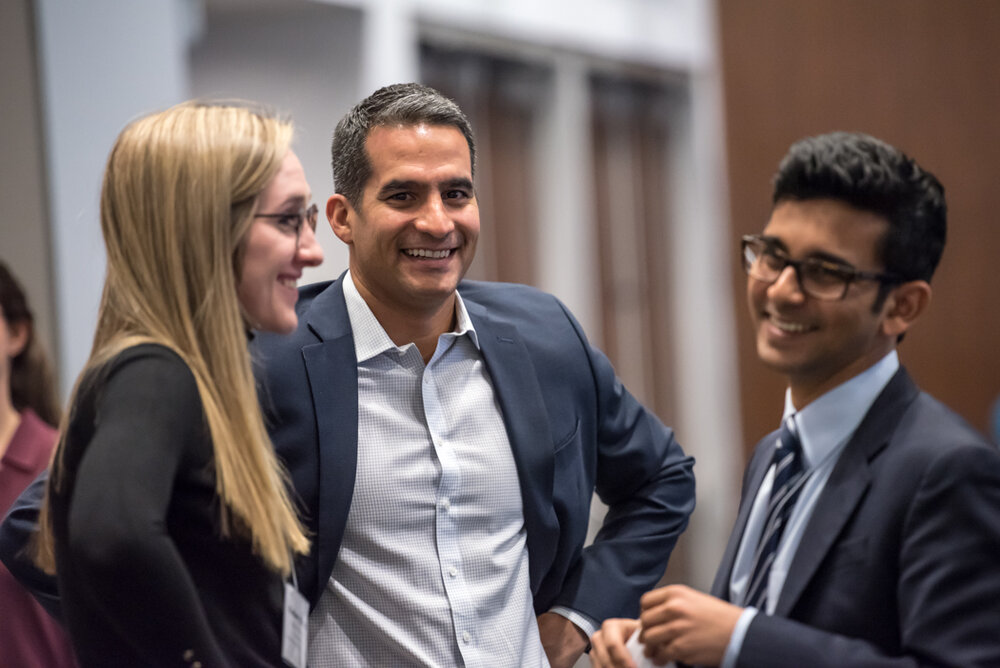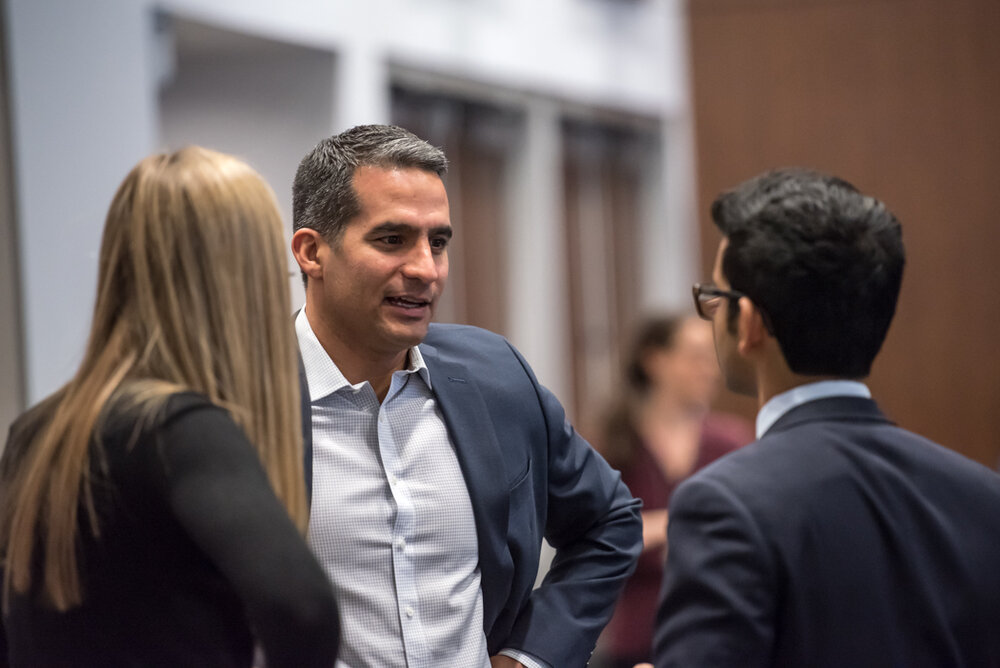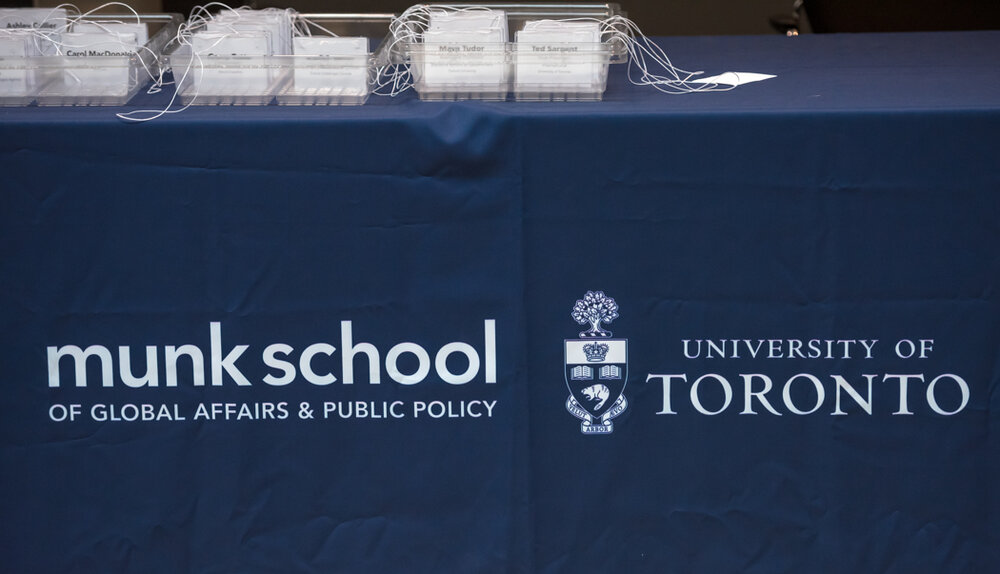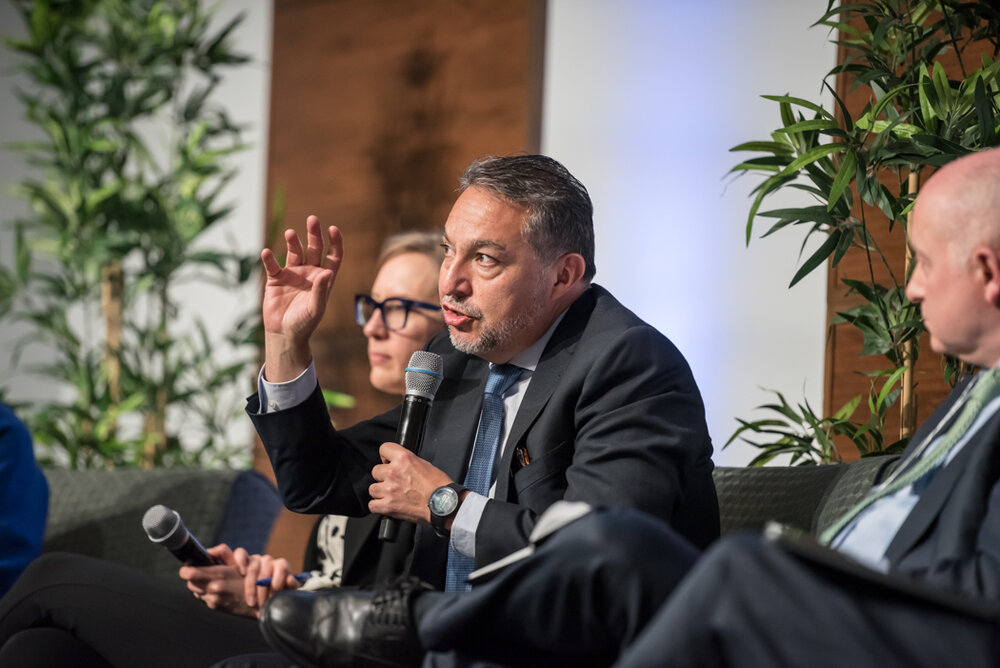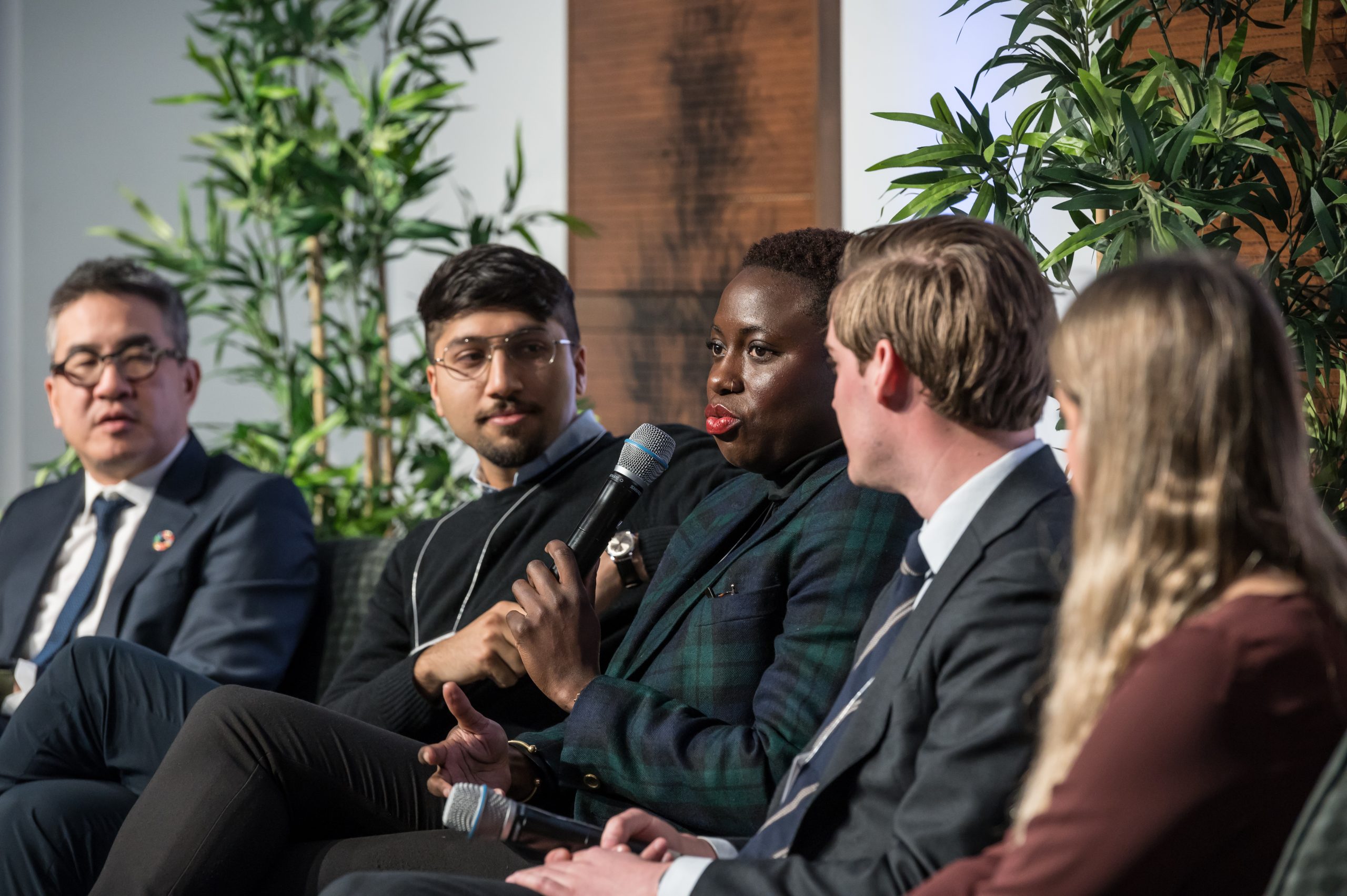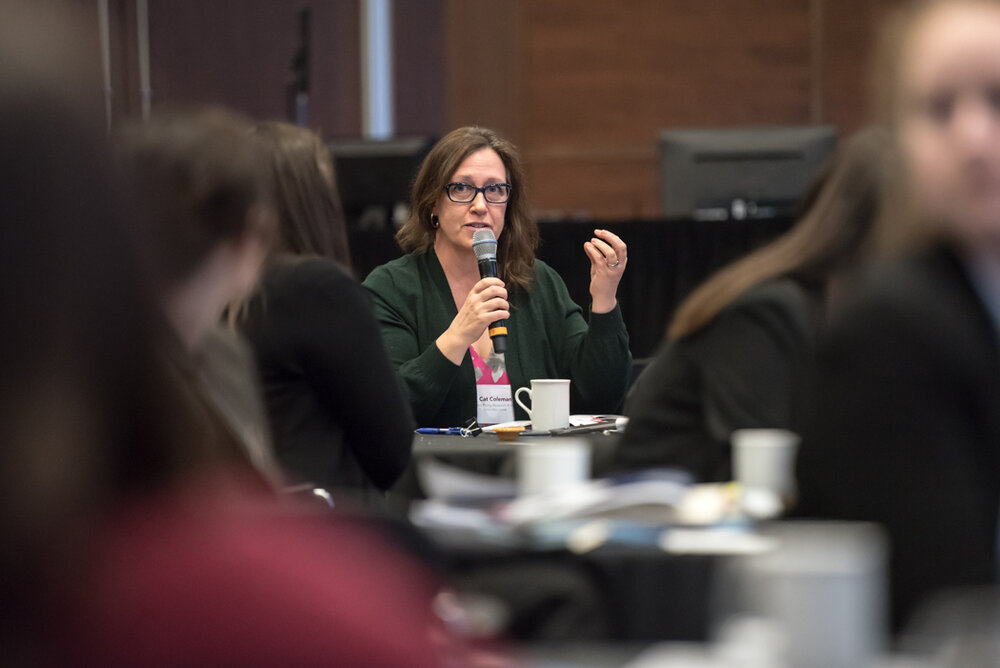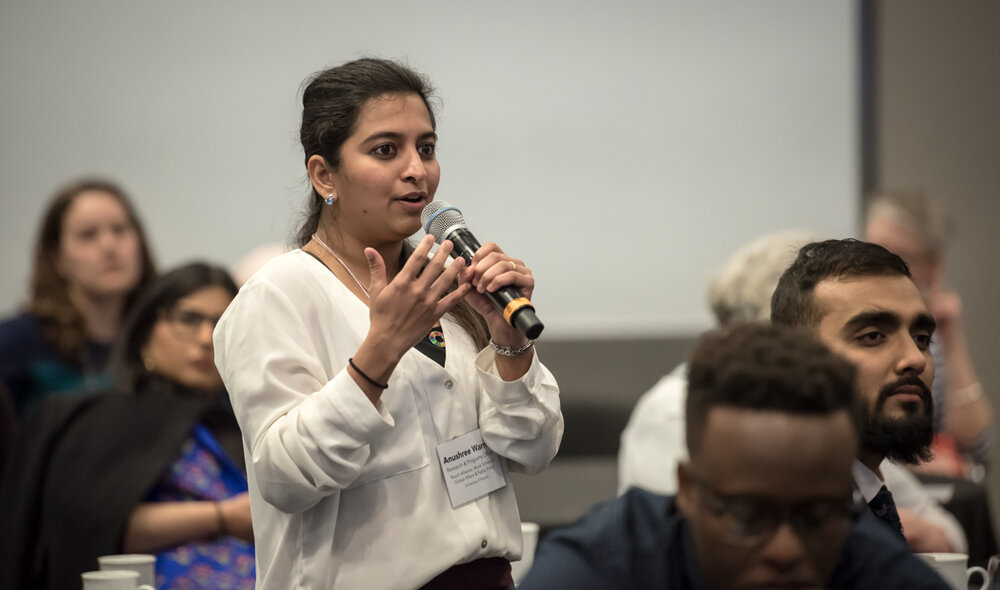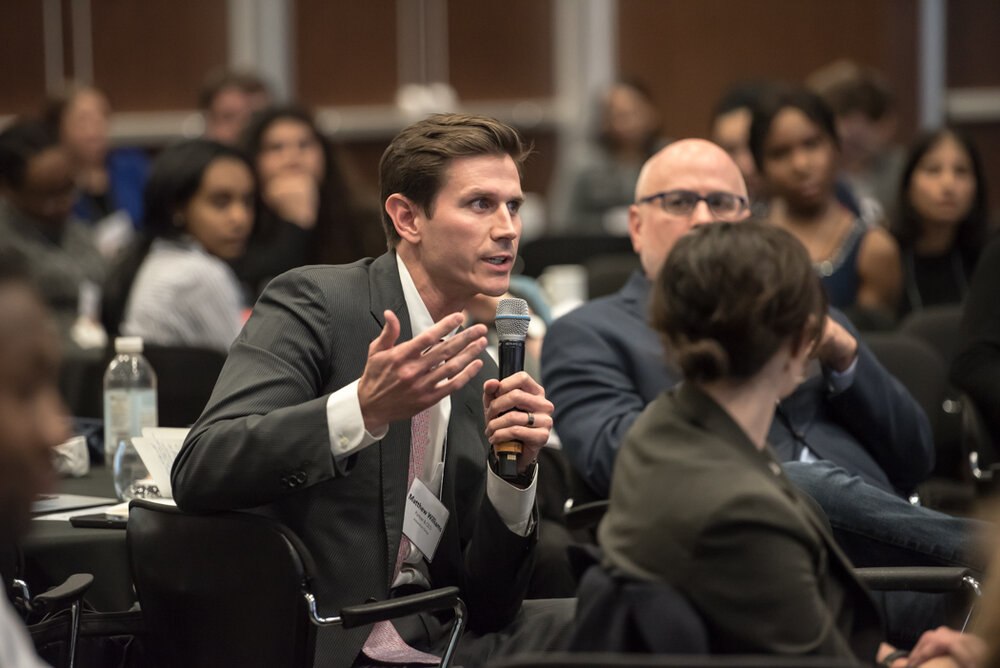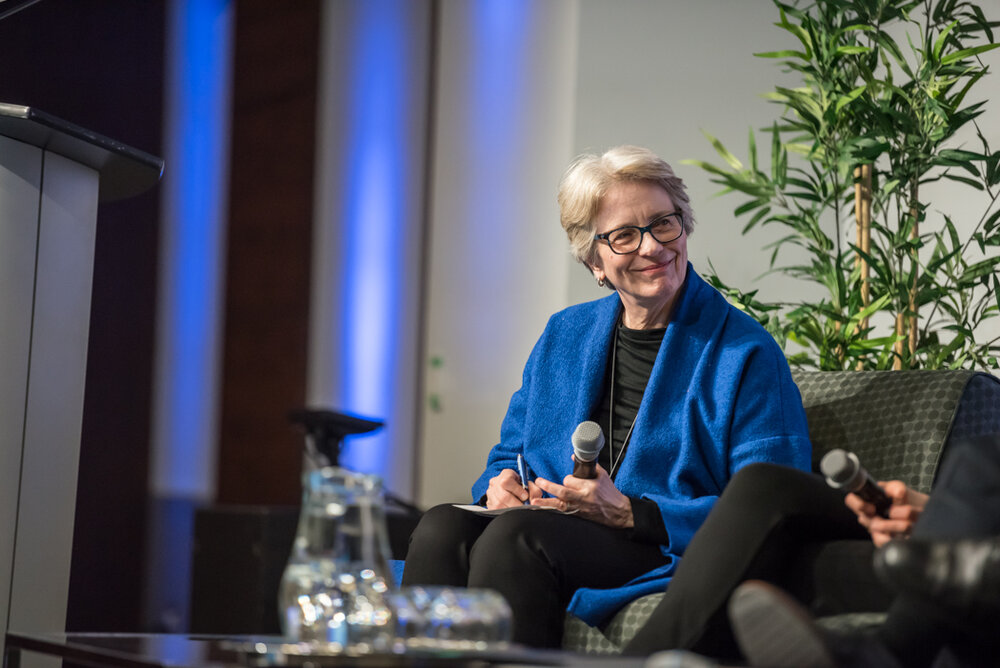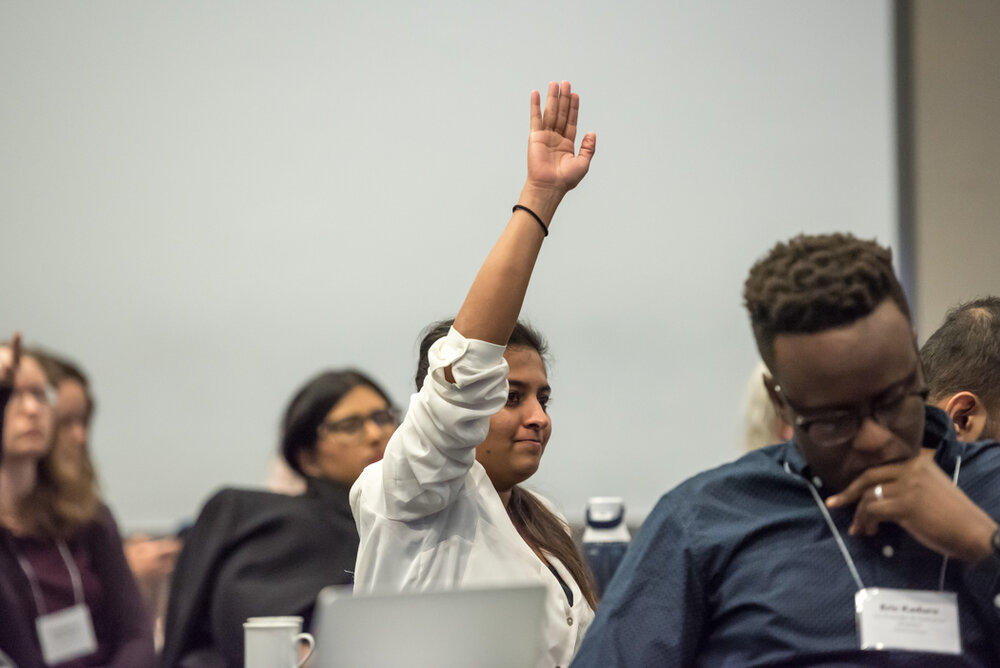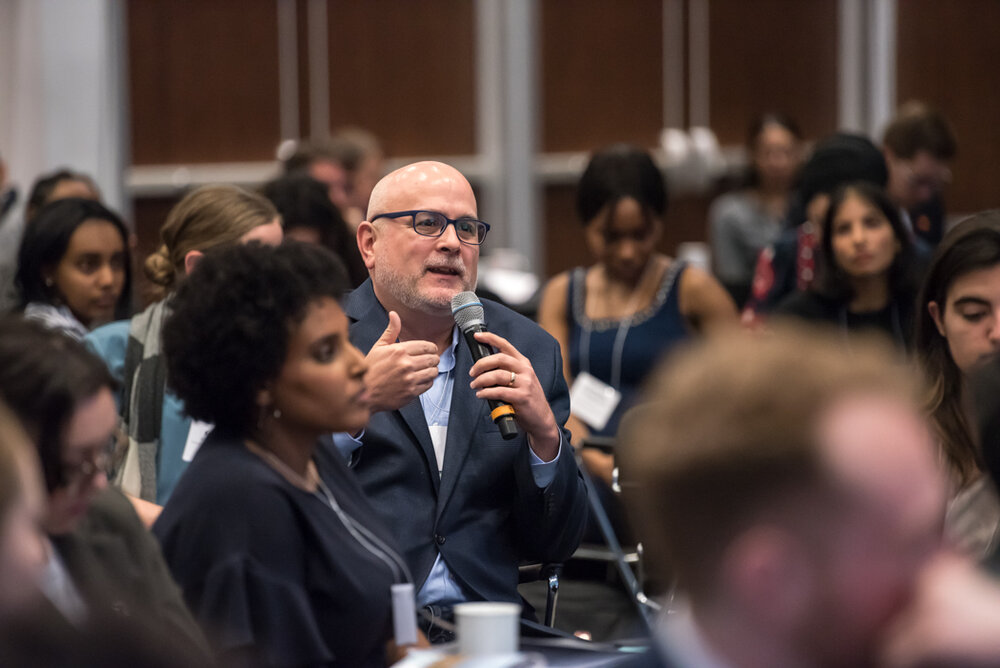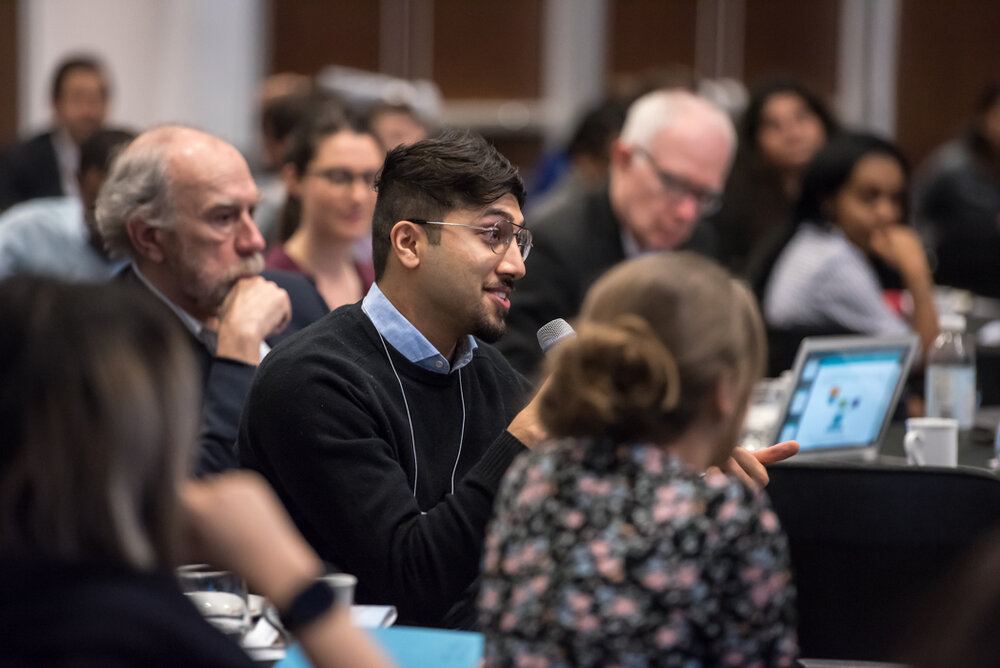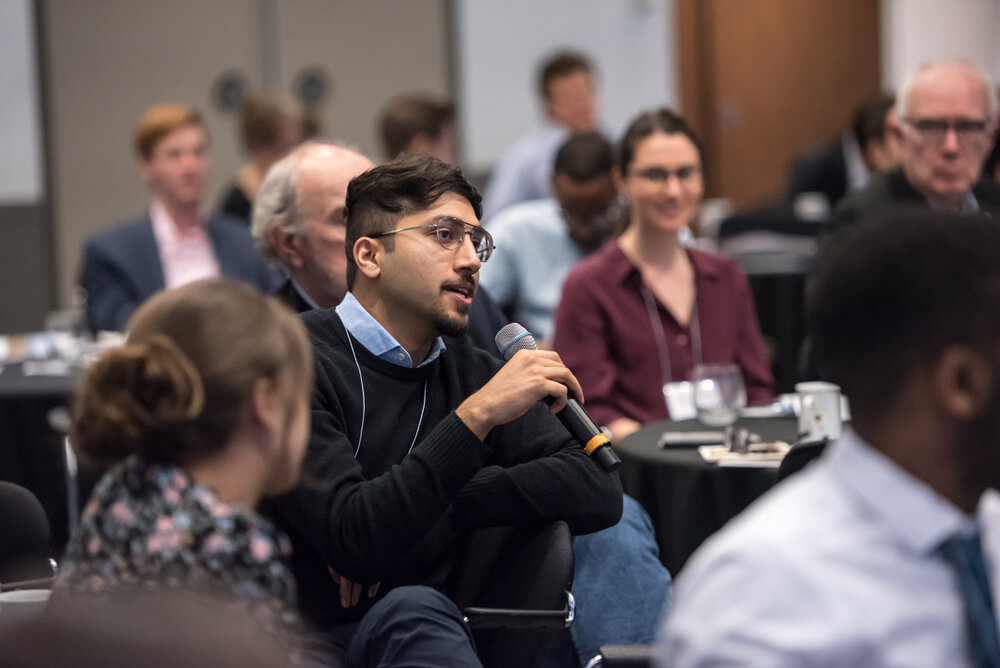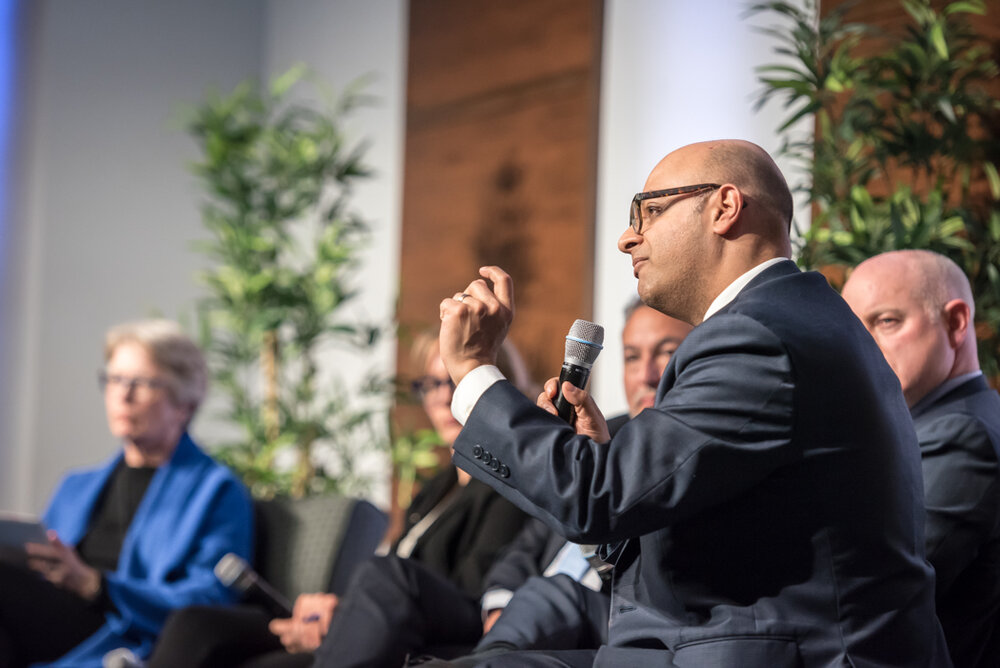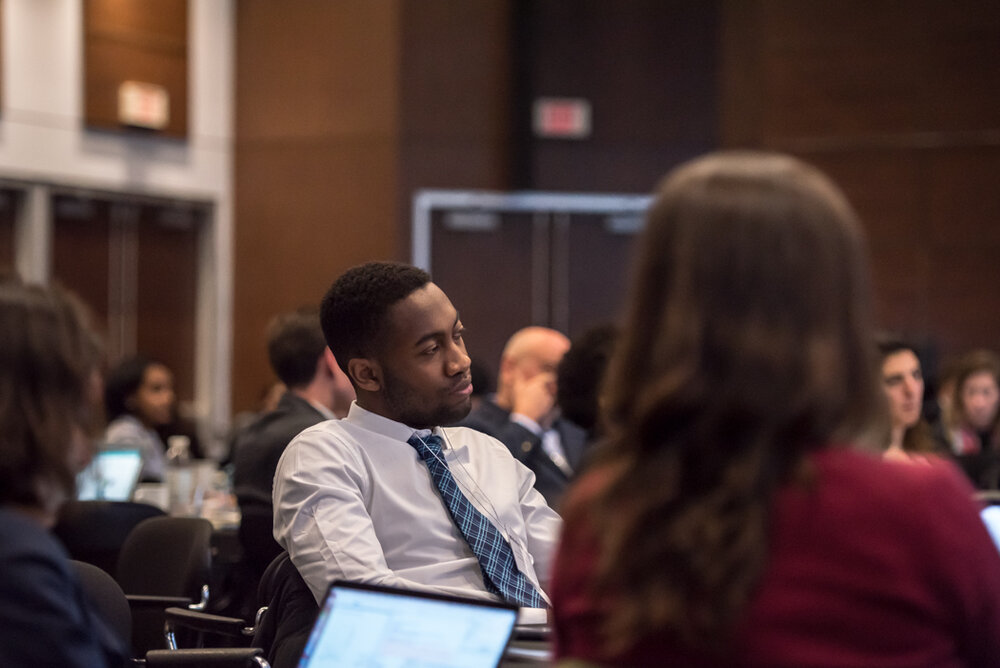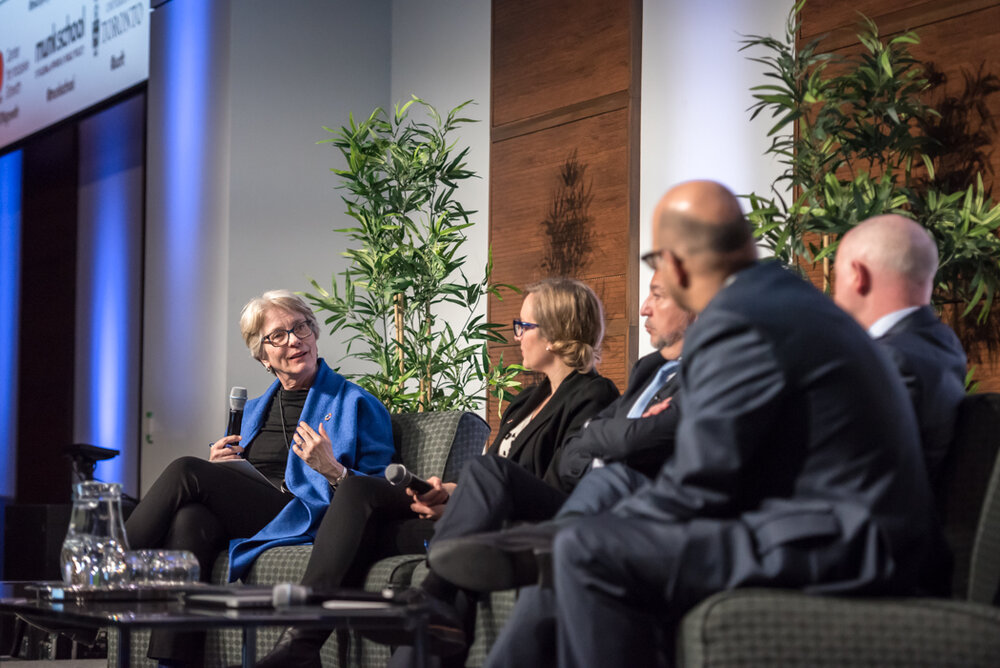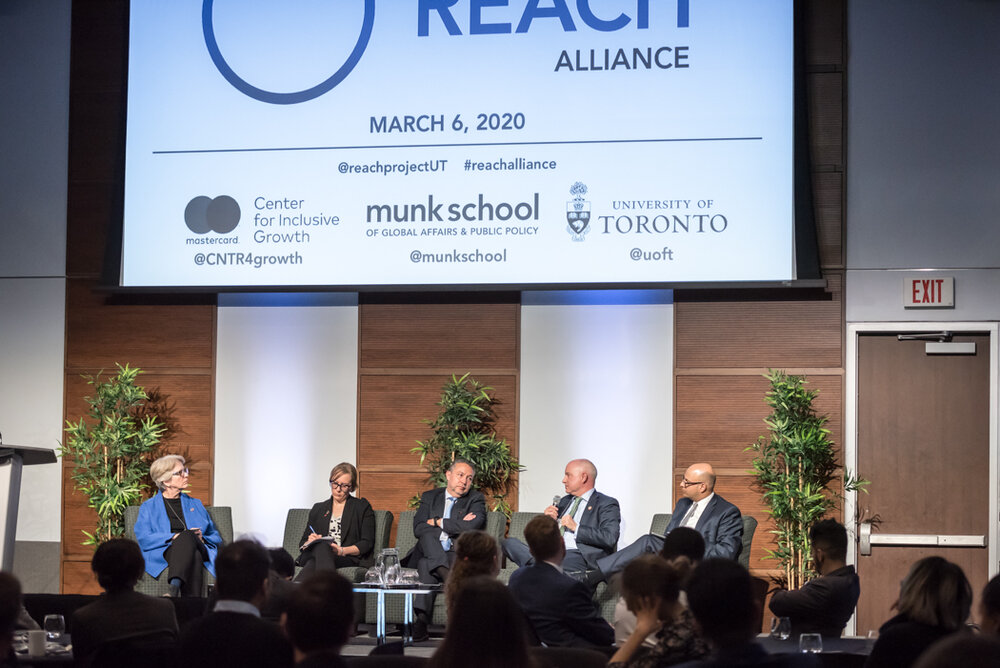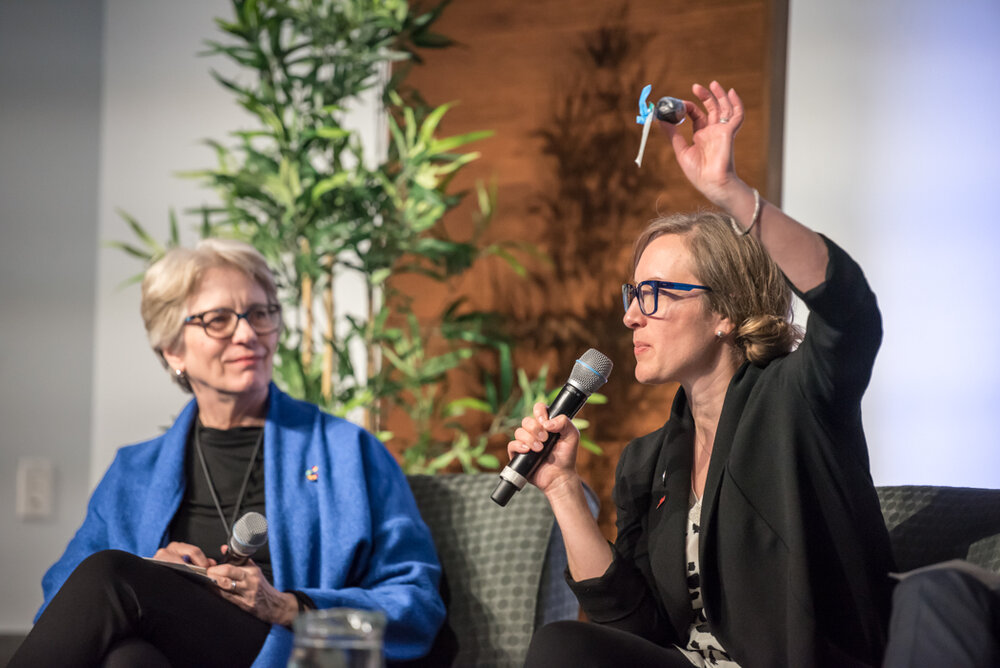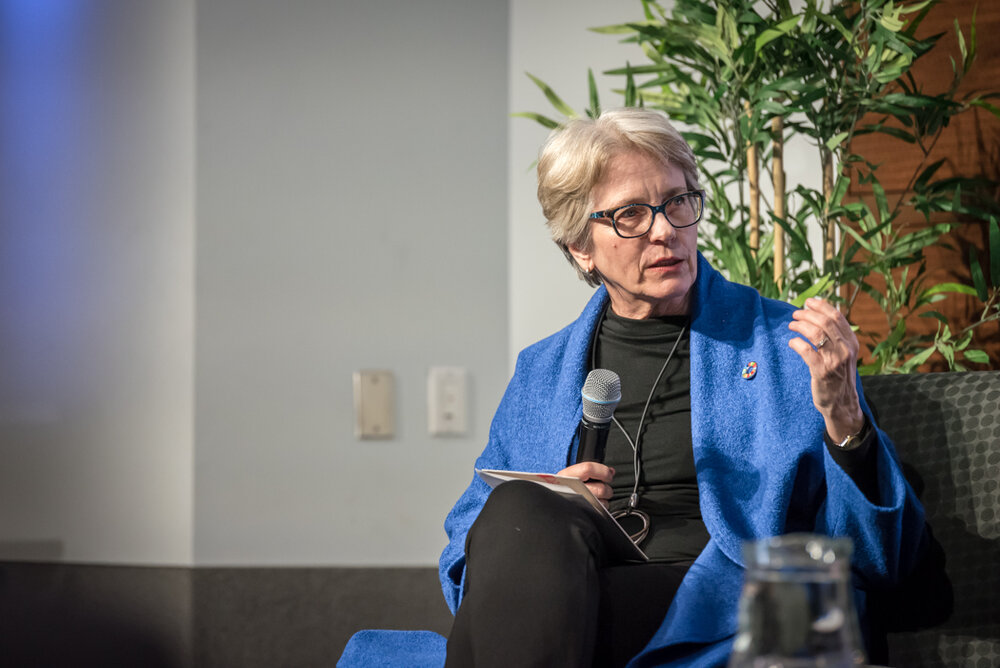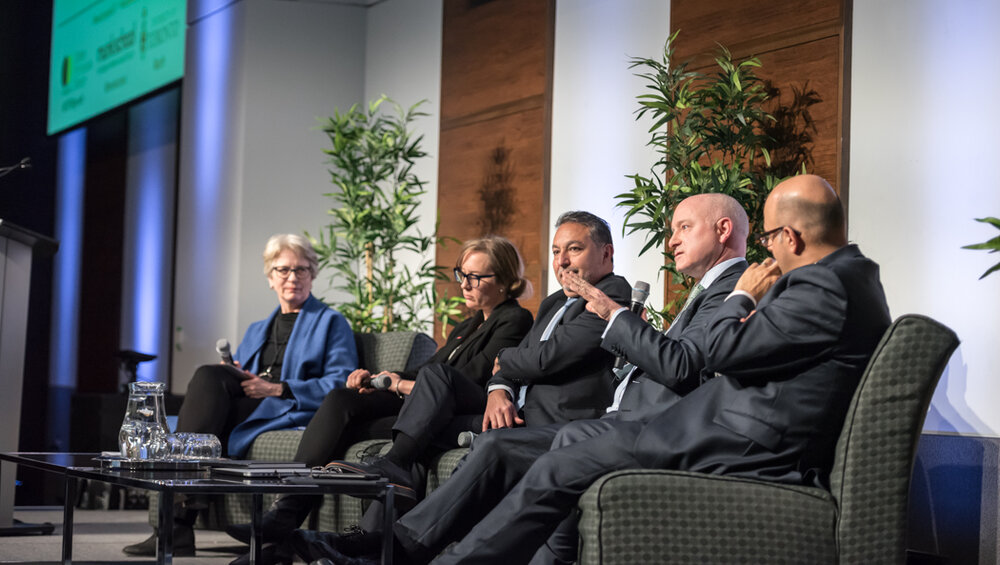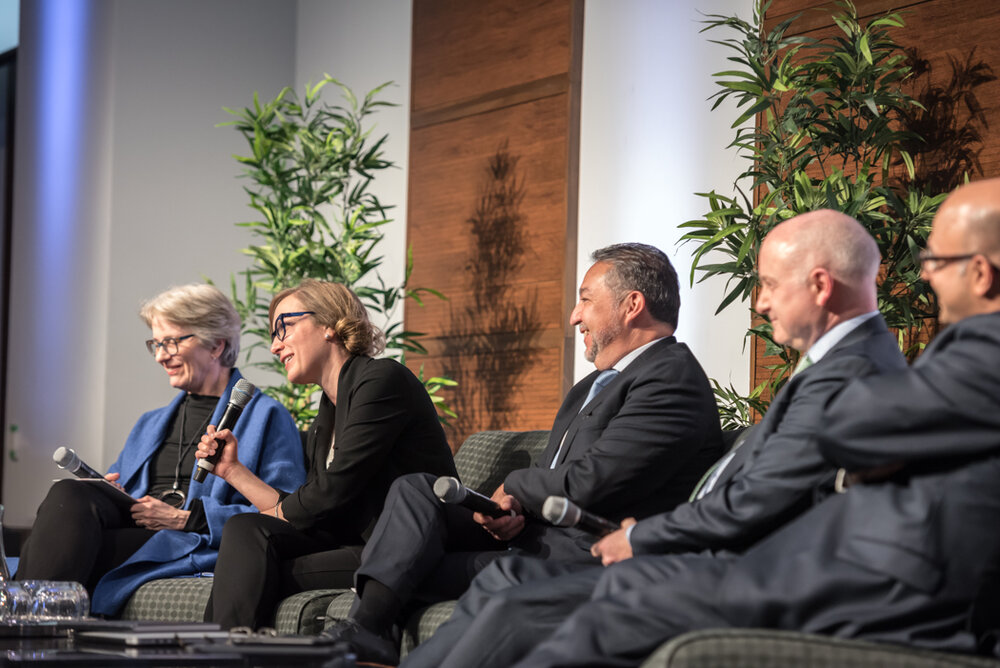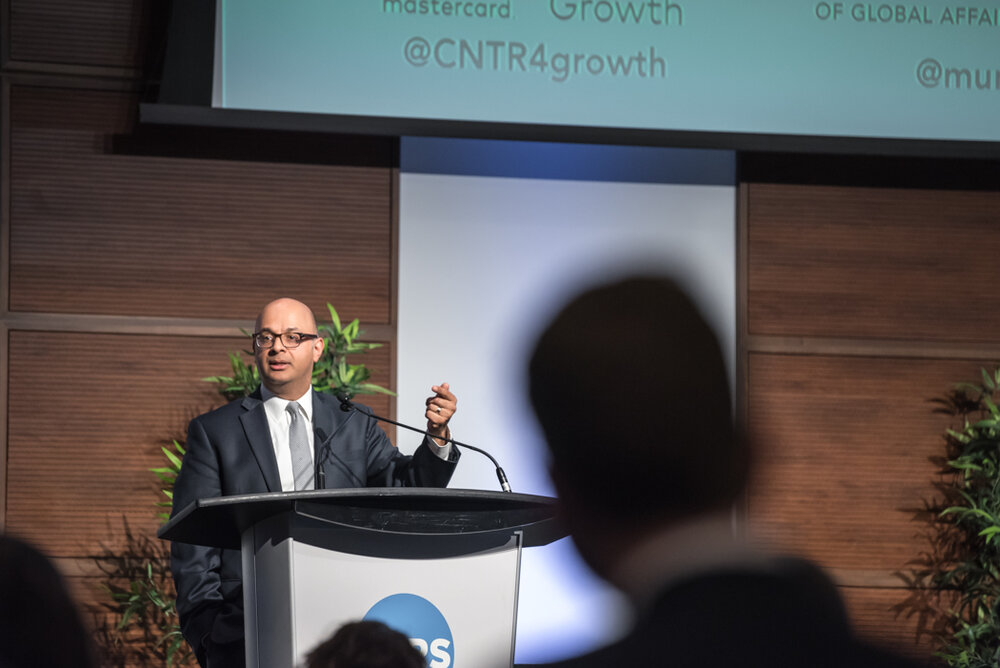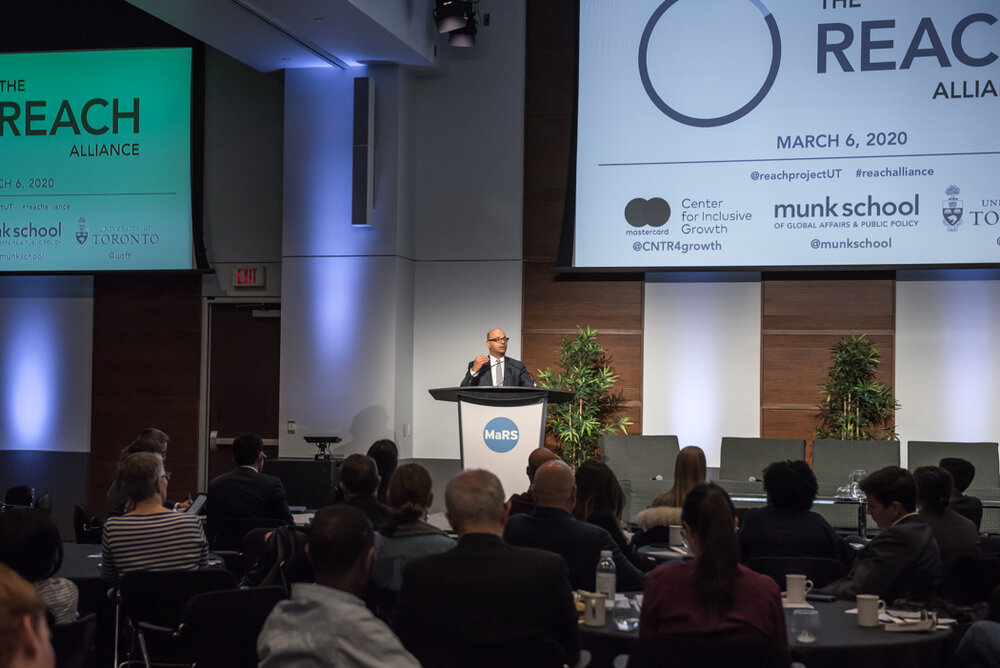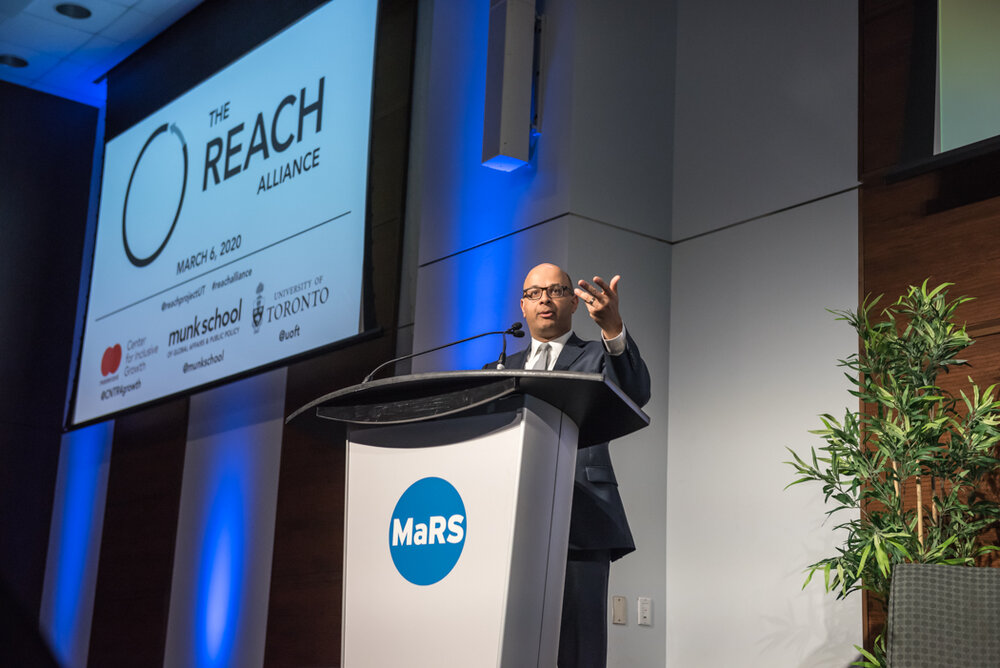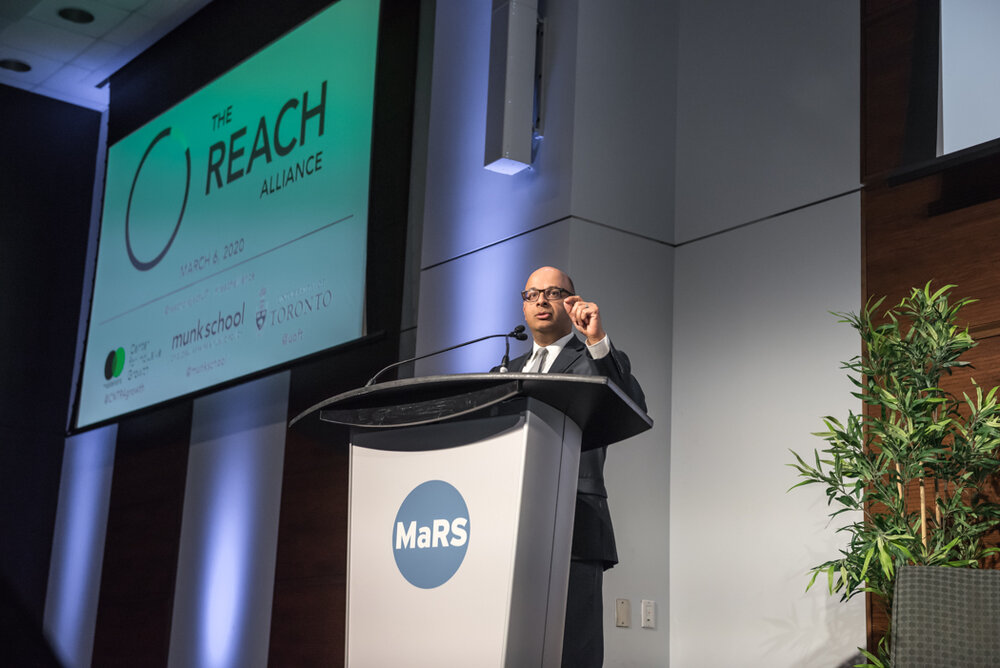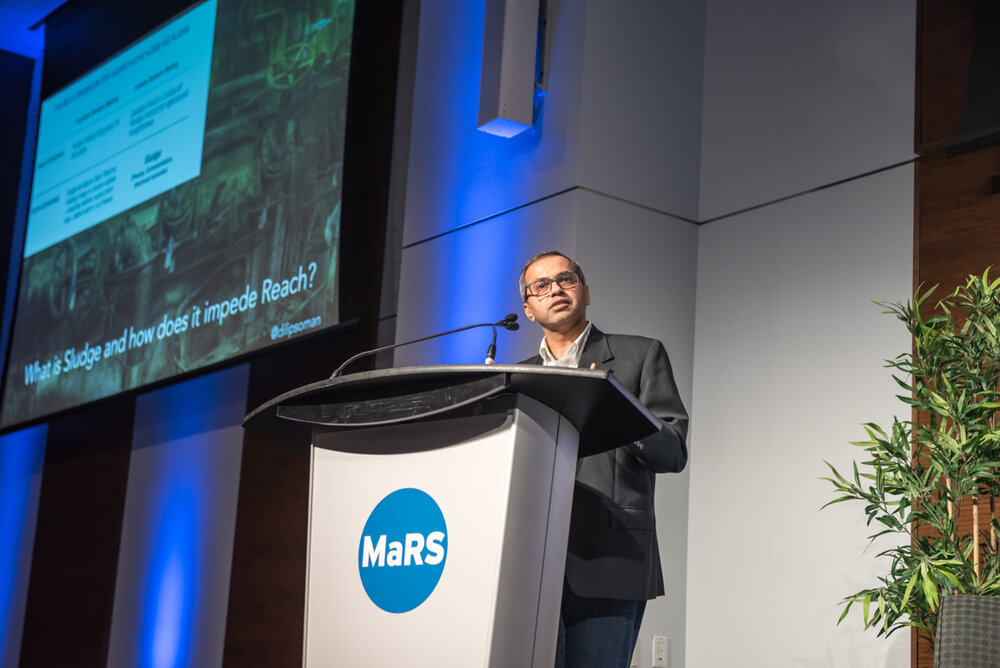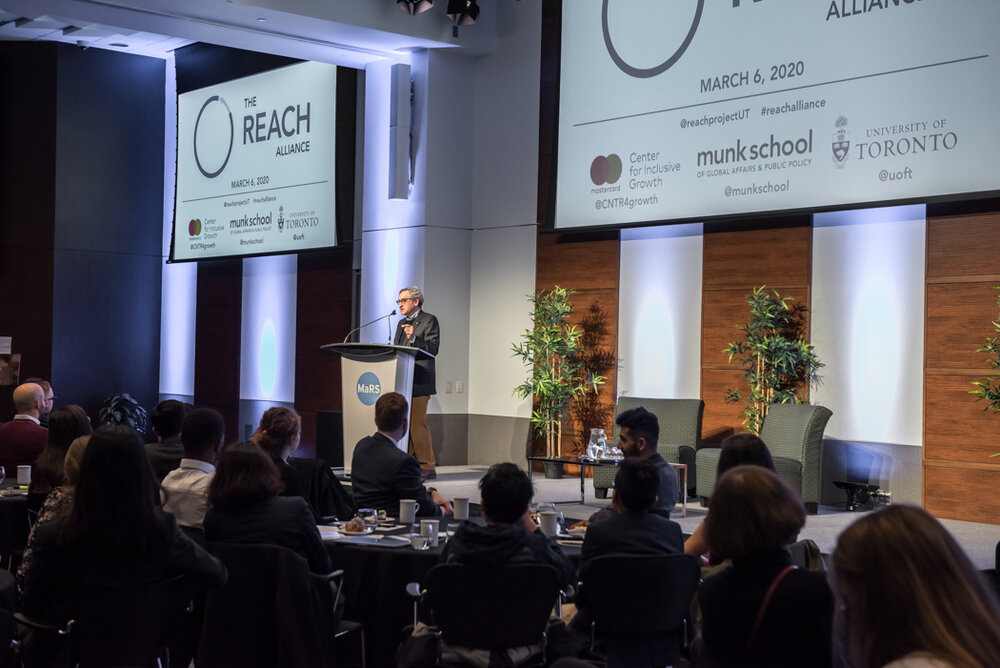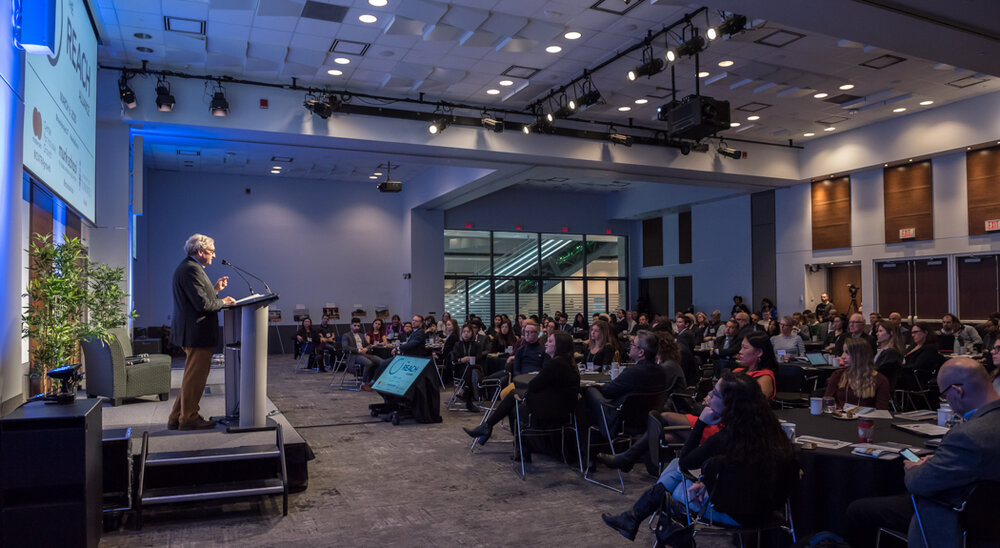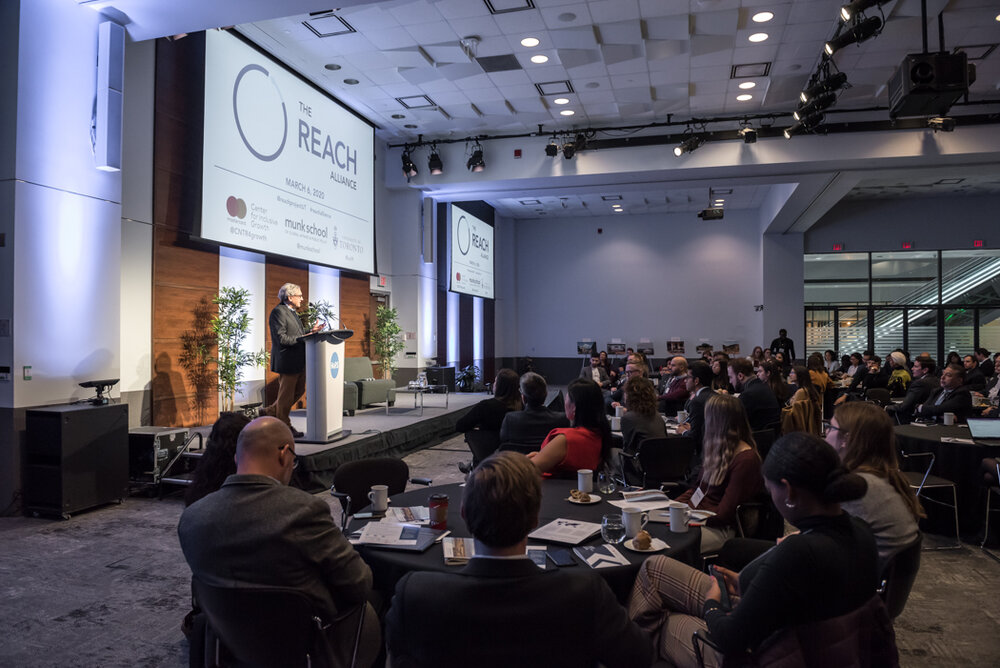2022 Reach Symposium Event Details
Day 1 – Thursday, April 21, 2022, 9:00 AM – 12:00 PM ET
Day 2 – Friday, April 22, 2022, 9:00 AM – 12:00 PM ET
To overcome current social and economic shocks, exhibit vigilance in the face of future disruption, and ensure the hardest-to-reach are not left behind, we must be resilient.
The 2022 Reach Symposium will centre on resilience and navigating global shocks to advance the achievement of the United Nations’ Sustainable Development Goals.
A Message From
The Reach Alliance
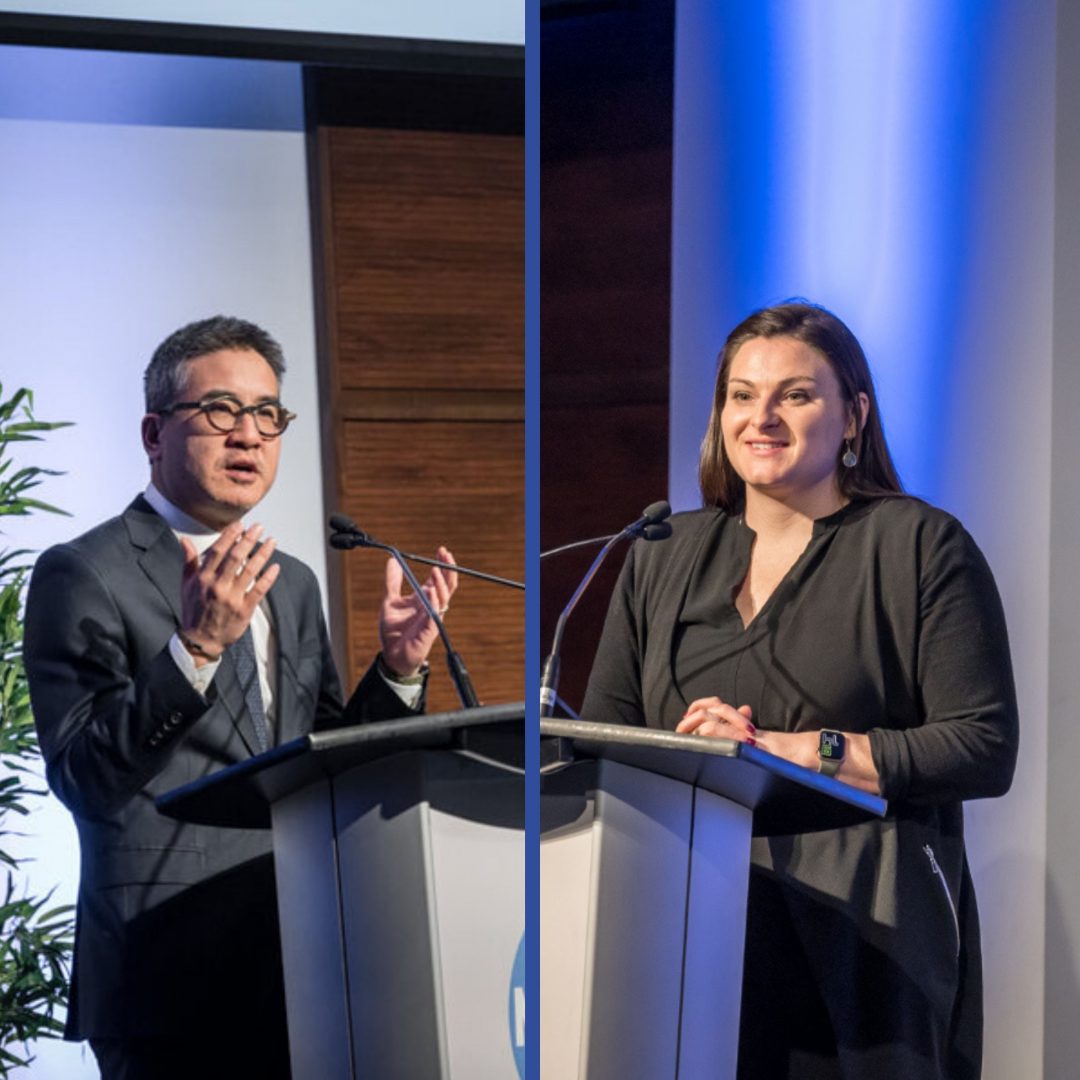
Joseph Wong
Founder, Reach Alliance; Roz & Ralph Halbert Professor of Innovation, Munk School of Global Affairs & Public Policy; Vice-President, International, University of Toronto
Marin MacLeod
Executive Director, Reach Alliance
Persisting global shocks – such as the coronavirus pandemic, populism, and racial injustice – continue to exacerbate inequality and further marginalize the hardest-to-reach populations, those living in extreme poverty, the administratively invisible and geographically remote.
The pandemic threatened to break global systems, yet we have remained resilient — as individuals, as organizations, and in our commitment to making the world a more just, equitable and ultimately flourishing place. Resilience, in some instances, has been about staying true to original goals and pathways to achieve them; resilience, in other cases, has been about adapting and discovering new and innovative pathways.
This year’s symposium is more important than ever. The task before us now is to apply what we’ve learned to our shared goal: the achievement of the United Nations’ Sustainable Development Goals (SDGs) by 2030.
Reach research uncovers insights about society’s margins to understand the story of human resilience, studying the mechanisms that help hard-to-reach communities prepare for and endure inevitable shocks. We investigate how organizations pivot in the face of challenges and remain steadfast in their commitment to reaching the hardest-to-reach.
A Message From The
Mastercard Center for Inclusive Growth
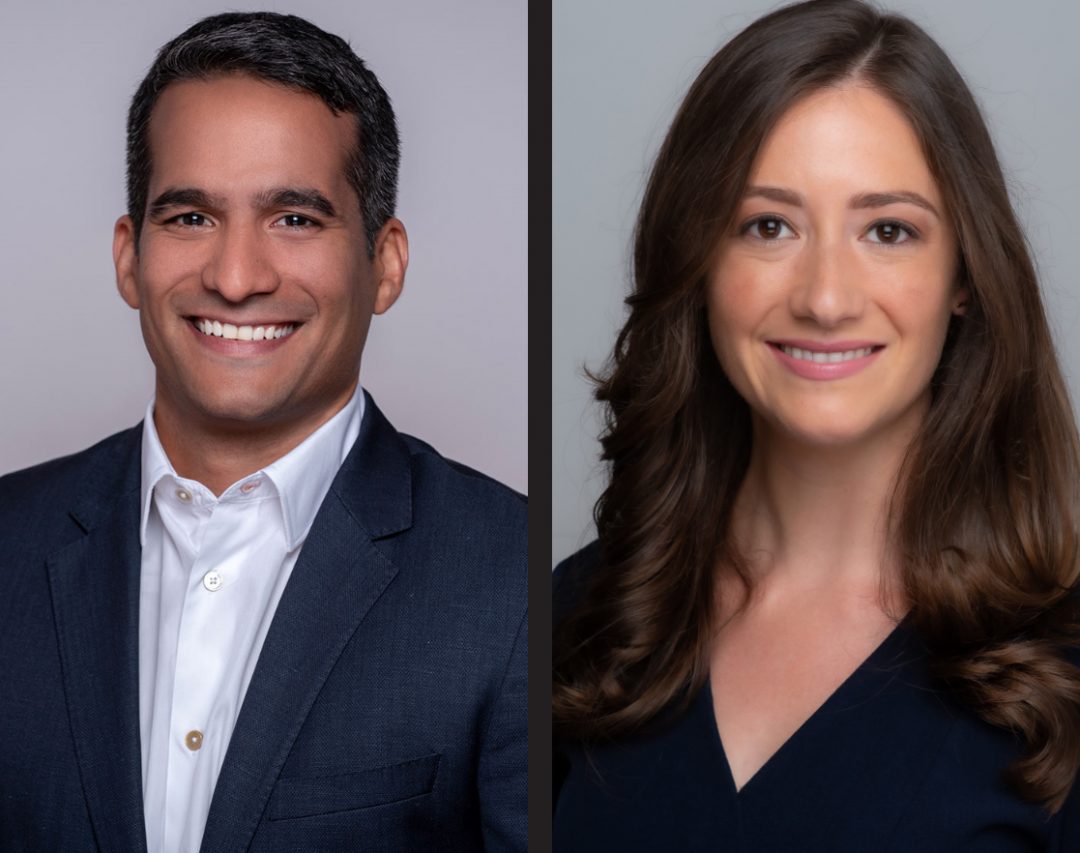
Arturo Franco
Senior Vice President,
Thought Leadership,
Mastercard Center for Inclusive Growth
Ali Schmidt-Fellner
Director,
Knowledge and Insights, Mastercard Center for Inclusive Growth
The Mastercard Center for Inclusive Growth advances equitable and sustainable economic growth and financial inclusion around the world. The Center leverages the company’s core assets and competencies, including data insights, expertise and technology, while administering the philanthropic Mastercard Impact Fund, to produce independent research, scale global programs and empower a community of thinkers, leaders and doers on the front lines of inclusive growth.
Our partnership with the Reach Alliance, at the University of Toronto’s Munk School of Global Affairs & Public Policy, is a great example of cross-sector collaboration for impact. Reach recruits top student researchers and faculty mentors and applies academic rigour to close important knowledge gaps related to the Sustainable Development Agenda. The Center for Inclusive Growth elevates the insights, making them actionable and visible to public, private and third sector leaders. The partnership model is scalable, and we’re bringing in other university and private sector partners to accelerate progress towards the Sustainable Development Goals.
Speakers
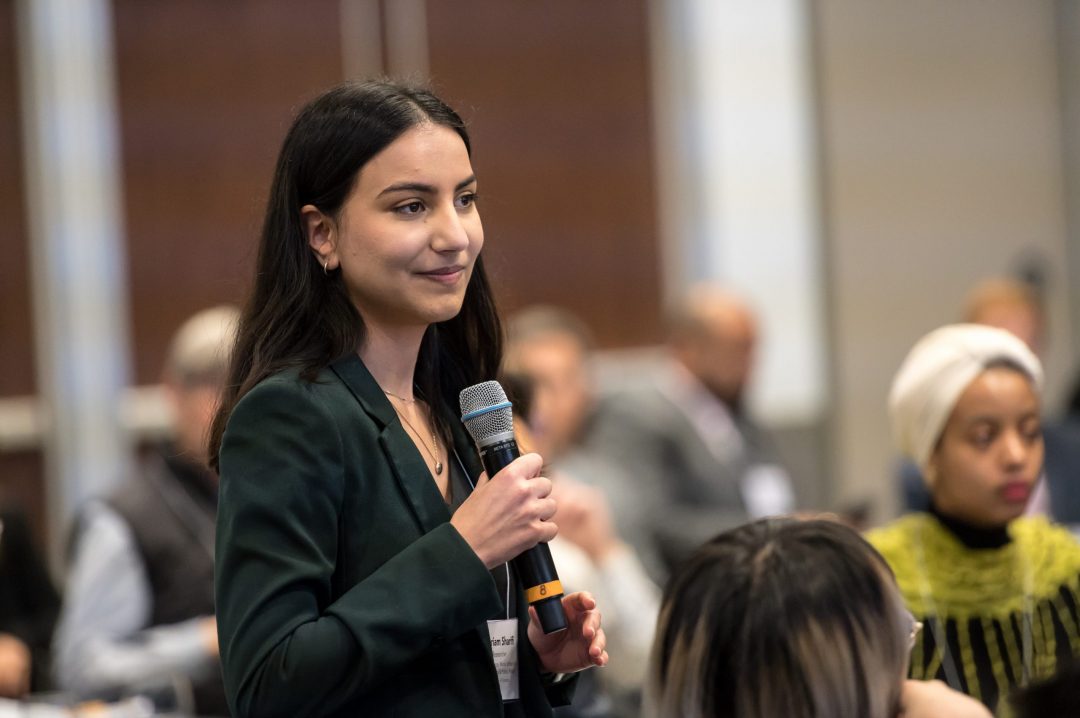
-
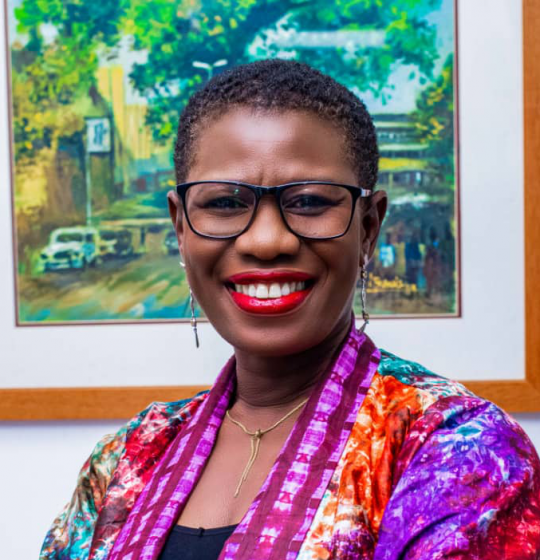
Yvonne Aki-Sawyerr
Mayor, Freetown, Sierra Leone
-

Meric Gertler
President, University of Toronto
-
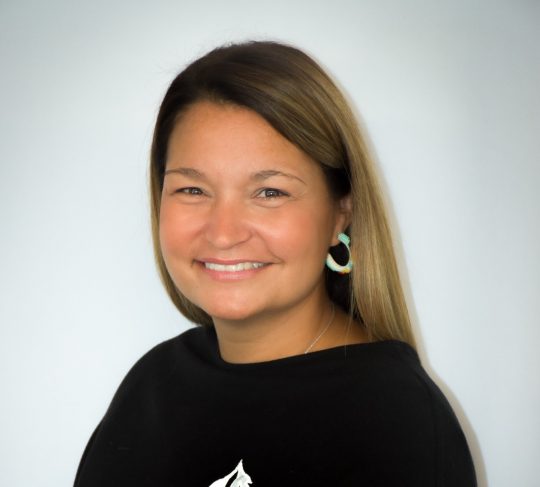
Lynne Innes
President and CEO, Weeneebayko Area Health Authority
-

Michael Froman
Vice Chairman and President, Strategic Growth,
Mastercard -
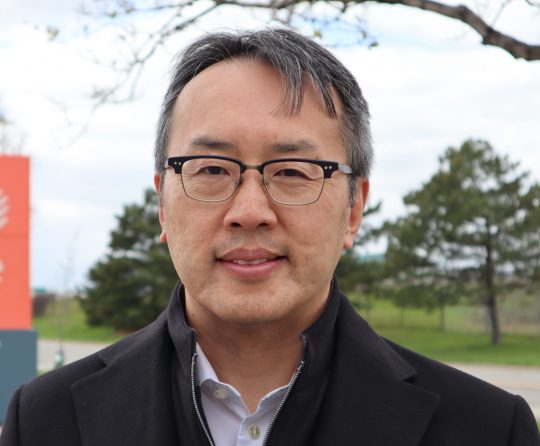
Homer Tien
President and CEO, Ornge
-
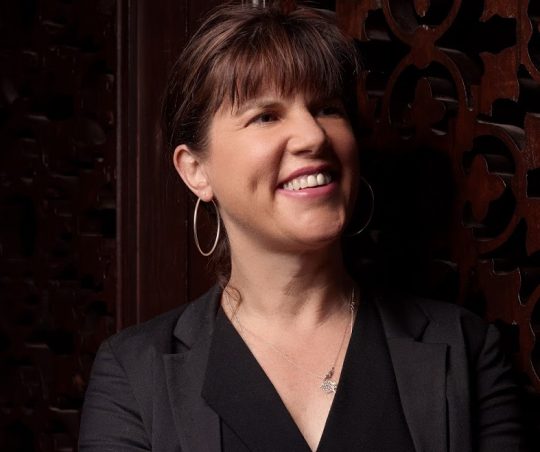
Dr. Claire Melamed
CEO, Global Partnership for Sustainable Development Data
-

Joseph Wong
Founder, Reach Alliance; Roz & Ralph Halbert Professor of Innovation, Munk School of Global Affairs & Public Policy; Vice-President, International, University of Toronto
-
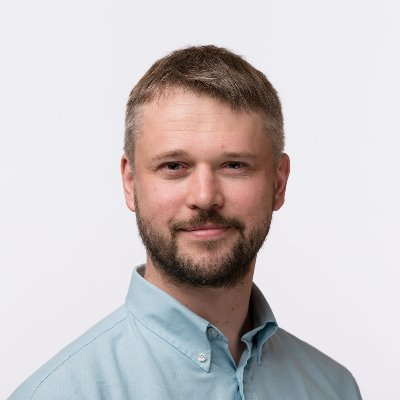
Dr. Danil Mikhailov
Executive Director, data.org
-
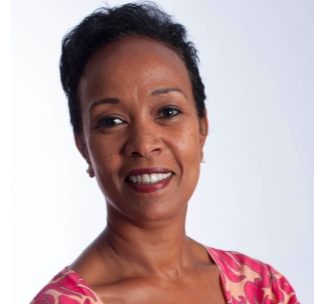
Desta Lakew
Group Director of Partnerships and External Affairs, Amref Health Africa
-
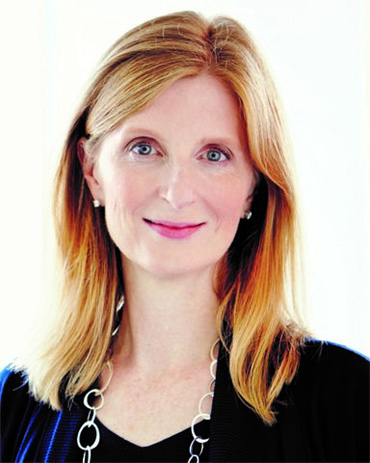
Claudia Hepburn
CEO, Windmill Microlending
-
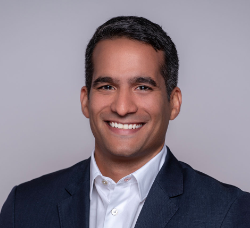
Arturo Franco
Senior Vice President Thought Leadership, Mastercard Center for Inclusive Growth
-
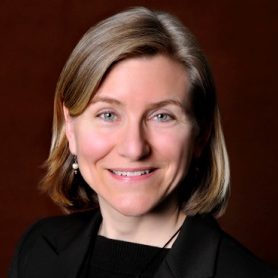
Sue Szabo
Director General, Innovative and Climate Finance Bureau, Global Affairs Canada
-
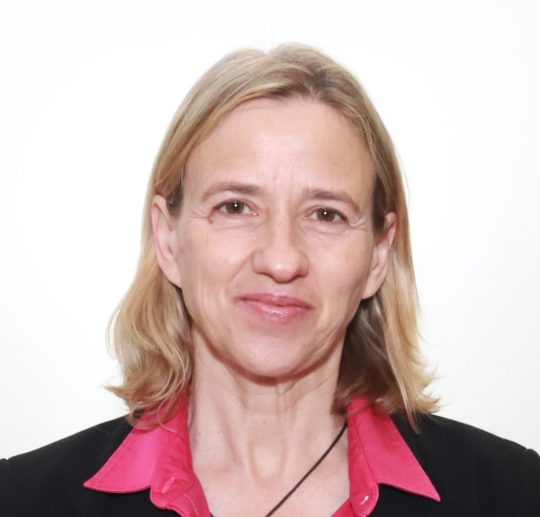
Kristen Chenier
Director, Policy, Infectious Diseases and Pandemic Preparedness, Global Affairs Canada
-
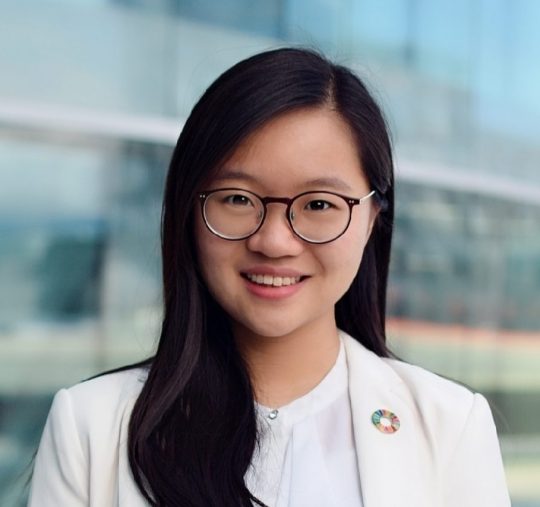
Angela Min Yi Hou
Policy Analyst, Government of Canada
-
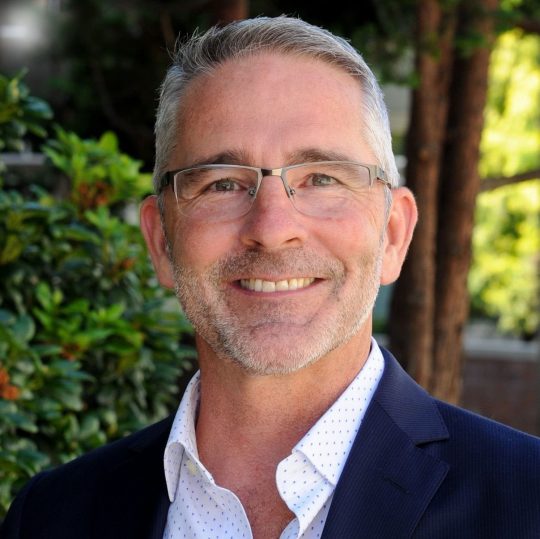
Neal Myrick
Global Head, Tableau Foundation
-

Virginia Wilson
CEO, Shared Value Initiative Hong Kong
-
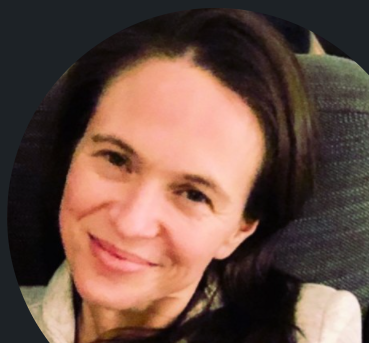
Jessamy Bagenal
Senior Medical Editor, The Lancet
-

Verónica Arroyo
Digital ID Policy Lead, Access Now
-

Alexandra Lambropoulos
Researcher, Reach Alliance
-

Hui Wen Zheng
Associate, Boston Consulting Group
-

Mduduzi Mhlanga
Project Officer, Canadian Council for Youth Prosperity
-

Perri Termine
Program Coordinator, Continuing and Professional Learning, OISE, University of Toronto
-

Marisa Terán
Chief Marketing Director, Travelers with Cause
-
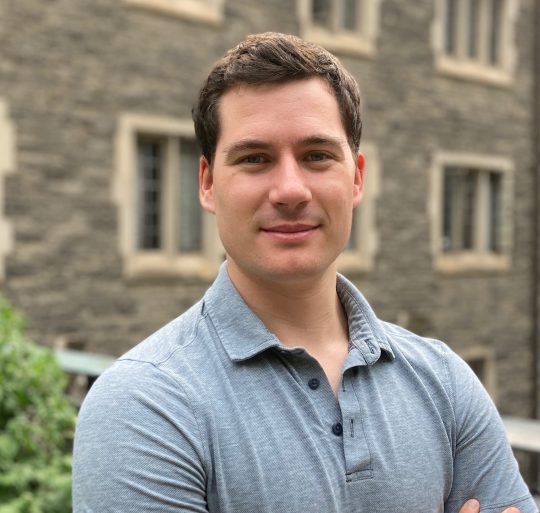
Eric Jackson
Incoming Analyst, Future of Canada Centre, Deloitte
-

Jasmine Ali
Business Analyst, McKinsey & Company
-

Anita Li
Founder and Editor-in-Chief of The Green Line
Symposium Schedule
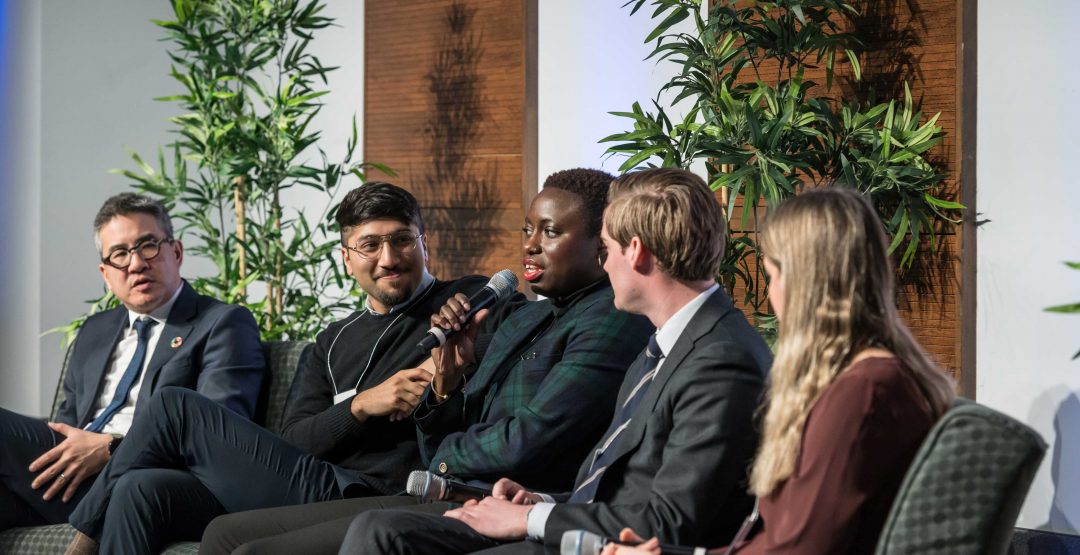
OLYMPUS DIGITAL CAMERA
Day 1 – Thursday, April 22, 2022
-
9:00 AM Opening Remarks
-
9:20 AM Reach Roundtable: Innovative and Inclusive Public-Private Partnerships to Reach the Hardest-to-Reach
-
10:05 AM Keynote & In Conversation: Resilient Cities for Sustainable Development
-
10:40 AM Break
-
10:50 AM Fireside Chat: Data and Digital Technology for Social Good
-
11:20 AM Reach Roundtable: Reach Research – Insights & Actionable Pathways
Day 2 – Friday, April 22, 2022
-
9:00 AM Opening Remarks
-
9:15 AM Reach Roundtable: Mitigating Global Health Shocks
-
10:00 AM Fireside Chat: Indigenous-led Initiatives
-
10:40 AM Break
-
11:00 AM Keynote
-
11:10 AM Reach Roundtable: How to Responsibly Use Data and Digital Technology to Achieve the SDGs
-
11:50 AM Closing Remarks
Reach Research Around the World
-
Zimbabwe
Bringing Light to Health Care: Lessons from the UNDP Solar for Health Program in Zimbabwe
Zimbabwe Bringing Light to Health Care: Lessons from the UNDP Solar for Health Program in Zimbabwe

The World Health Organization reports that one in four health facilities in sub-Saharan Africa have little to no access to electricity, and only 30 per cent of health facilities reported having reliable access to electricity. To address this issue, the UNDP started the Solar for Health Initiative in 2015, starting with their pilot in Zimbabwe. The Solar for Health project aims to establish dependable electricity access for off-the-grid healthcare centers infrastructure – including clinics, labs, hospitals etc. – through solar panel installations.
-
Zimbabwe
Africaid’s Zvandiri: Peer Support Interventions for Young Mothers Living with HIV
Zimbabwe Africaid’s Zvandiri: Peer Support Interventions for Young Mothers Living with HIV

Hard to Reach Young pregnant or breastfeeding women living with HIV and disproportionately vulnerable to the effects of the HIV epidemic. Key Takeaways Based on 29 interviews conducted with Zvandiri staff and volunteers, researchers found that peer supporters are most effective when they: Acknowledgements This research was made possible through the Reach Alliance, a partnership […]
-
India
Cutting Through the Grass Ceiling: Supporting Women Smallholder Farmers with the Collective Power of Community, Participatory Learning, and Trust
India Cutting Through the Grass Ceiling: Supporting Women Smallholder Farmers with the Collective Power of Community, Participatory Learning, and Trust

Hard to Reach Women smallholder farmers who face compounding barriers from high levels of gender inequality in India. Key Takeaways Digital Green’s UPAVAN trial’s successes and shortcomings reveals five key insights to be learned when designing interventions to support the empowerment of women: Acknowledgements This research was made possible through the Reach Alliance, a partnership […]
-
Mali
Social Art for Behavioural Change (SABC): Promoting WASH in Mali
Mali Social Art for Behavioural Change (SABC): Promoting WASH in Mali

Hard to Reach The vulnerable communities who reside in the rural districts of Kati and Bla who lack access to proper toilets and clean. Key Takeaways According to respondents, the project’s main objective — increasing access to water and sanitation resources for community members of Kati and Bla — was achieved. Key lessons include: Acknowledgements […]
-
South Sudan
Information is Aid: Voice Post’s Blue Messenger Bicycles
South Sudan Information is Aid: Voice Post’s Blue Messenger Bicycles

Hard to Reach Individuals who lack information infrastructure and face severe information inaccessibility in South Sudan. Key Takeaways The unique insights from Blue Messenger Bicycles while reaching the hardest to reach includes: Acknowledgements This research was made possible through the Reach Alliance, a partnership between the University of Toronto’s Munk School of Global Affairs & […]
-
Syria
Syrian White Helmets: Manufacturing PPE in a Conflict Zone
Syria Syrian White Helmets: Manufacturing PPE in a Conflict Zone

Hard to Reach Communities in Northwest Syria living in a region where the healthcare system is severely damaged. Key Takeaways The outcomes of the White Helmets’ PPE manufacturing project are a testament to the organization’s hard work. Beyond this,the initiative highlights several key factors that led to a successful implementation of localization in delivering humanitarian […]
-
Mexico
Strengthening small family businesses in Tequila, Mexico
Mexico Strengthening small family businesses in Tequila, Mexico

Hard to Reach Small local artisanal family businesses in Tequila, Mexico. Key Takeaways The tequila industry can serve as both an enabler and a barrier to family microbusinesses in the region, depending on how aligned the businesses are with its goals and with the burgeoning tequila tourism in the region. Barriers facing family microbusinesses in […]
-
Mexico
The Invisibility of Children with Cognitive Disability in Marginalized Mexican Communities
Mexico The Invisibility of Children with Cognitive Disability in Marginalized Mexican Communities

Hard to Reach Children, teenagers, and their families who live outside urban areas in Mexico who have been victims of social inequality, political violence, and poor-quality education. Key Takeaways Education is one of 29 fundamental rights established by the Mexican constitution, and perhaps the only one that every government has failed to support. Even though […]
-
Mexico
The City Seen By Women: The appropriation of Public Spaces from a Gender Perspective
Mexico The City Seen By Women: The appropriation of Public Spaces from a Gender Perspective
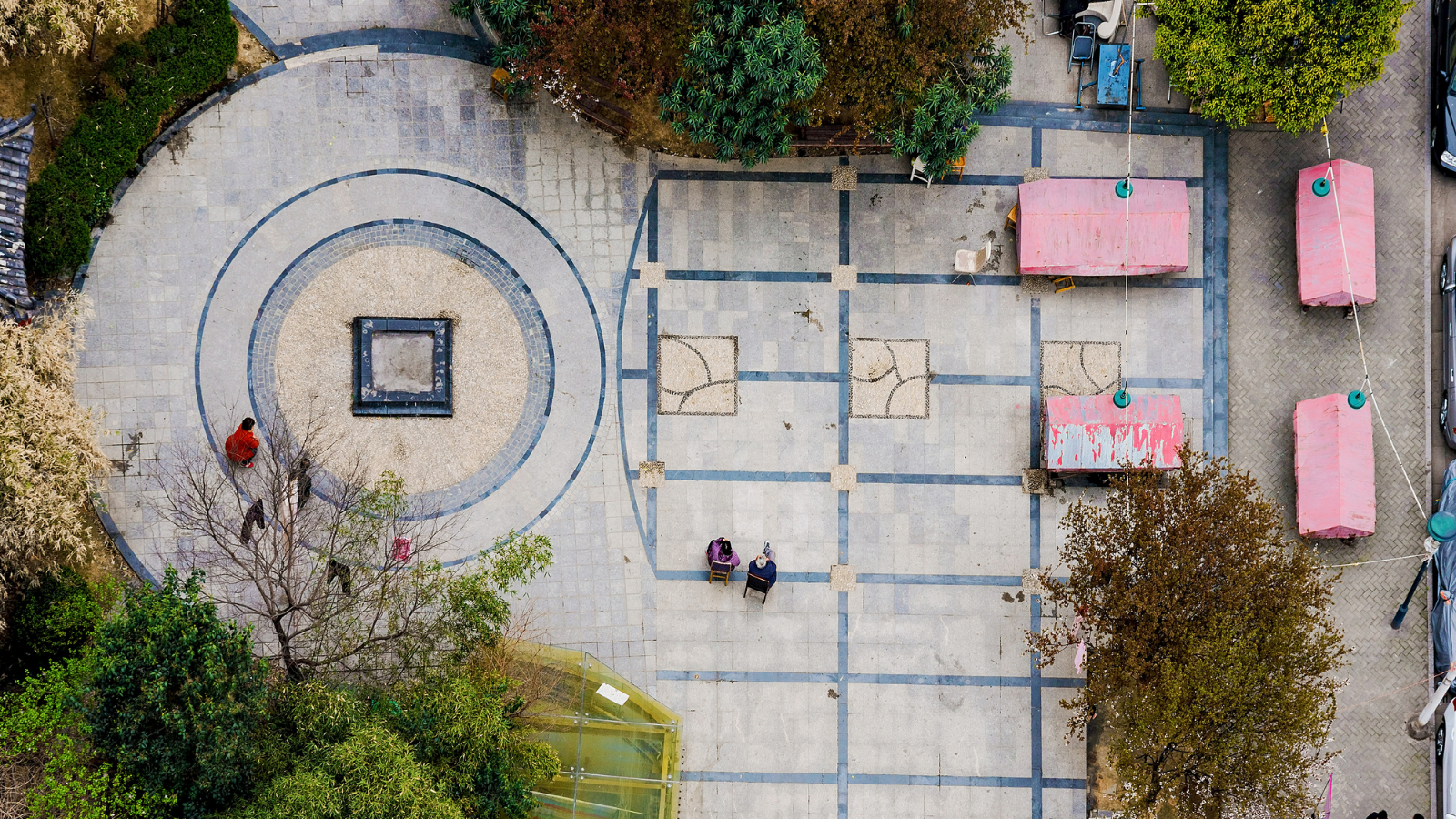
Hard to Reach Women and girls in the neighbourhoods of Lomas Modelo Norte and Colonia del Topo-Fomerrey 49, Monterrey that face alarming levels of violence and other forms of insecurity in both private and public spaces. Key Takeaways Both Lomas Modelo and the Fomerrey 49 Topo Chico hill communities face social, political, economic, and cultural […]
-
United Kingdom
Accessing Maternal Healthcare in a Hostile Environment
United Kingdom Accessing Maternal Healthcare in a Hostile Environment

Hard to Reach Refugees, People Seeking Asylum, and Undocumented Migrants seeking maternal healthcare in Camden. Key Takeaways While systemic and wider policy change are essential, certain actions can be implemented concurrently to enable greater support for groups seeking maternal healthcare including: Acknowledgements This research was made possible through the Reach Alliance, a partnership between the […]
-
Morocco
Water in the Desert: Dar Si Hmad’s Fog-Harvesting Program
Morocco Water in the Desert: Dar Si Hmad’s Fog-Harvesting Program

Hard to Reach Communities of the Anti-Atlas Mountains who are isolated from legal, educational, and socio-cultural contexts. Key Takeaways DSH has managed to sustain its success, expand consistently, and become the world’s largest fog-harvesting project. DSH’s success is due to several elements including: Acknowledgements This research was made possible through the Reach Alliance, a partnership […]
-
Canada
Vaccine Provision for Remote Indigenous Communities in Ontario
Canada Vaccine Provision for Remote Indigenous Communities in Ontario

-
Peru
Nutri-H: Iron-fortified cookies to fight anemia in Peru
Peru Nutri-H: Iron-fortified cookies to fight anemia in Peru

-
Rwanda
Umurenge SACCOS Initiative: Increasing financial inclusion in rural Rwanda
Rwanda Umurenge SACCOS Initiative: Increasing financial inclusion in rural Rwanda

In 2008, only 21% of Rwanda’s population had regular access to a formal financial institution, making financial exclusion a major problem in the country. Launched in 2008, the government of Rwanda started the Umurenge Saving and Credit Co-operative Societies (SACCOs) to improve financial inclusion in the country. SACCOs are community member-owned, non-profit financial institutions. Since […]
-
Barbados
Community-Led Childhood Obesity Prevention Initiatives in Barbados
Barbados Community-Led Childhood Obesity Prevention Initiatives in Barbados

-
Kenya
Mangrove conservation and carbon trading in Vanga, Kenya
Kenya Mangrove conservation and carbon trading in Vanga, Kenya

-
Nepal
The Hariyo Ban Program: Women’s Empowerment and Climate Change Resilience in Nepal
Nepal The Hariyo Ban Program: Women’s Empowerment and Climate Change Resilience in Nepal
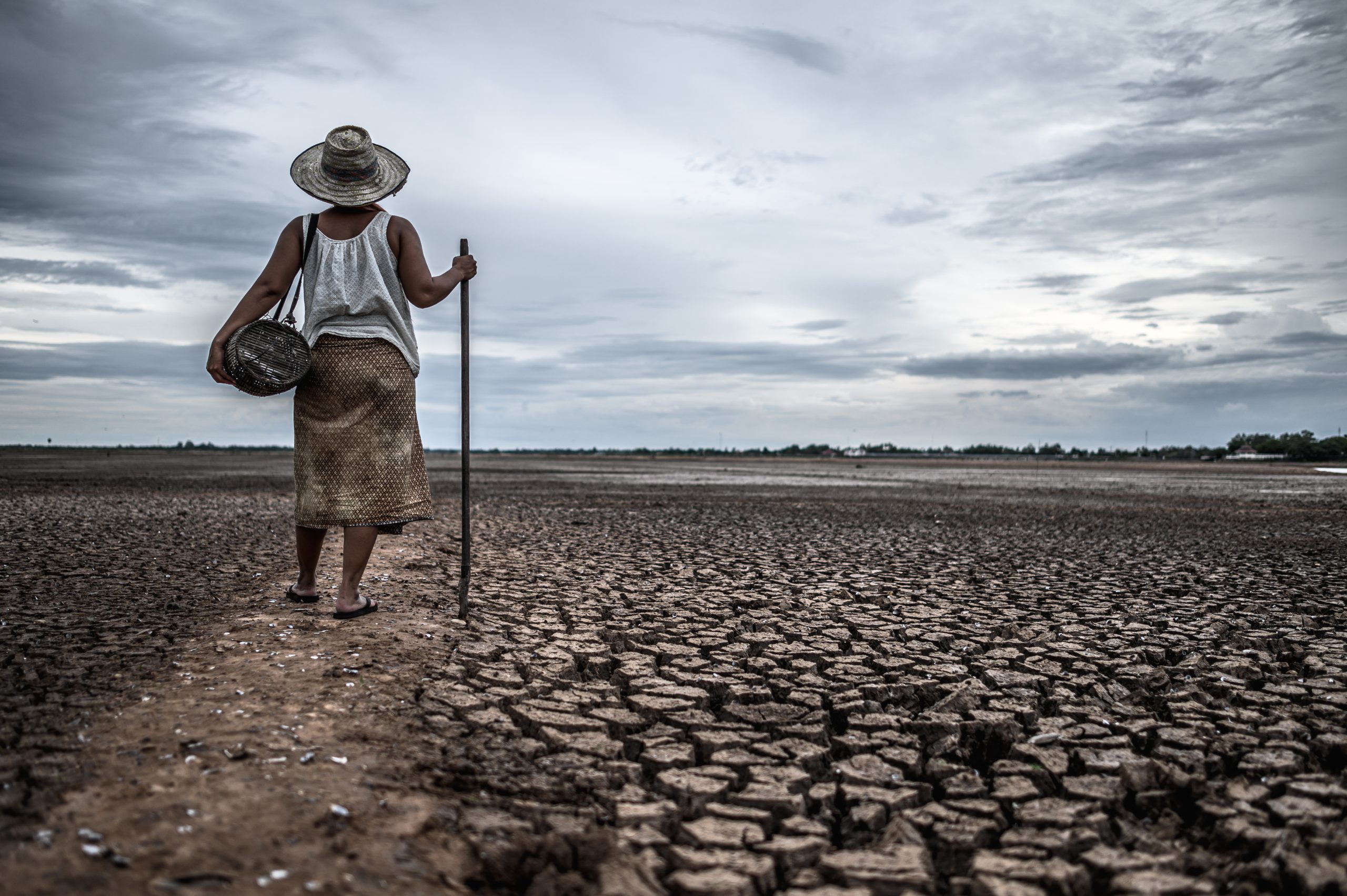
-
Vanuatu
Project Unblocked Cash: Cash and voucher humanitarian assistance program in Vanuatu
Vanuatu Project Unblocked Cash: Cash and voucher humanitarian assistance program in Vanuatu

Vanuatu is one of the most disaster-prone countries in the world, with over 64% of the population exposed to natural hazards annually. Geographic distance between and remoteness of Vanuatu’s communities, along with weak infrastructures and transportation methods, makes dispersing aid difficult and slow, with the average time to receive aid prior to 2020 being at […]
-
Philippines
The Manggahan Low Rise Building Project: Climate-resilient housing in Pasig City, Philippines
Philippines The Manggahan Low Rise Building Project: Climate-resilient housing in Pasig City, Philippines
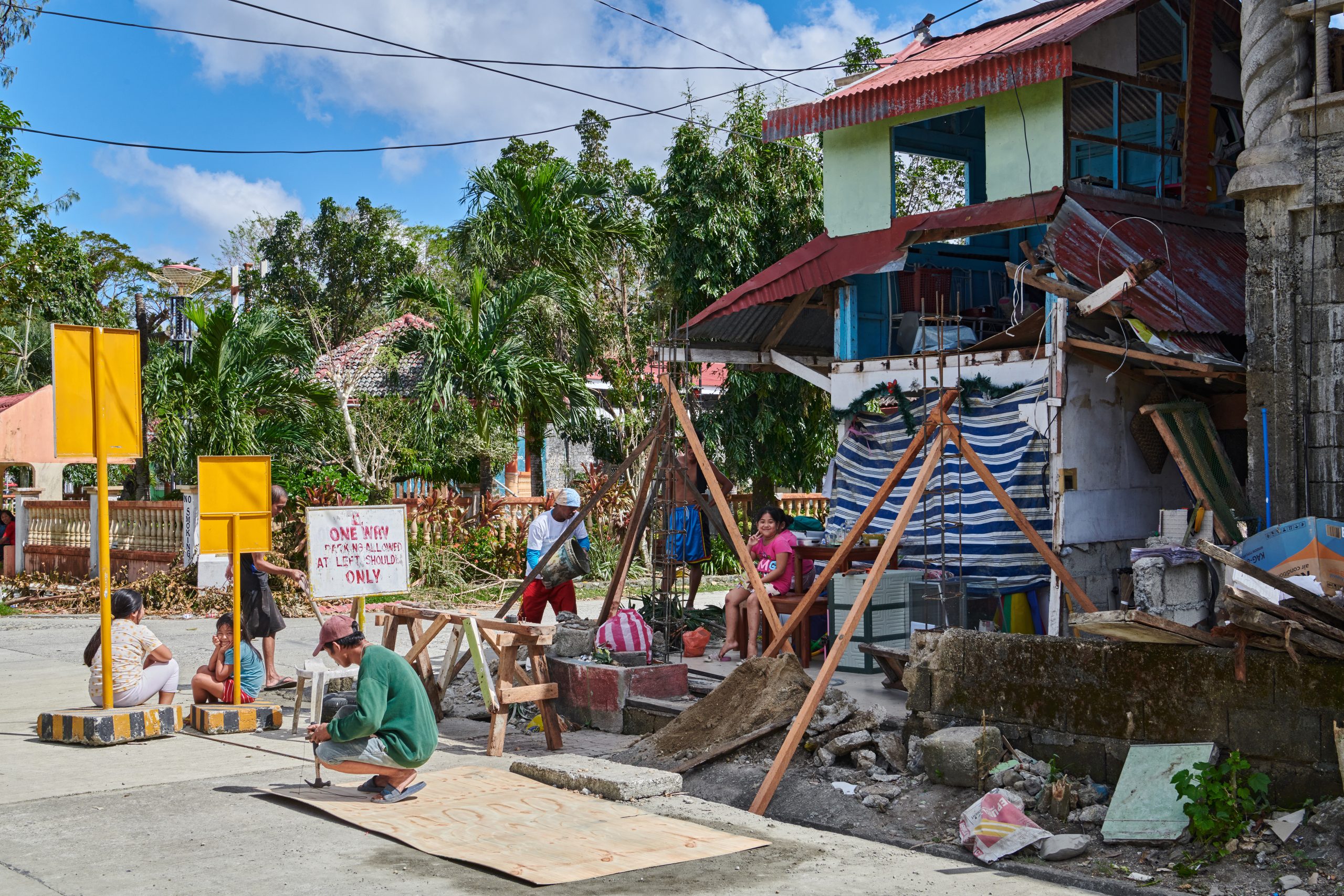
-
Mexico
Shortage of material resources at the rural medical units in the State of Nuevo León
Mexico Shortage of material resources at the rural medical units in the State of Nuevo León
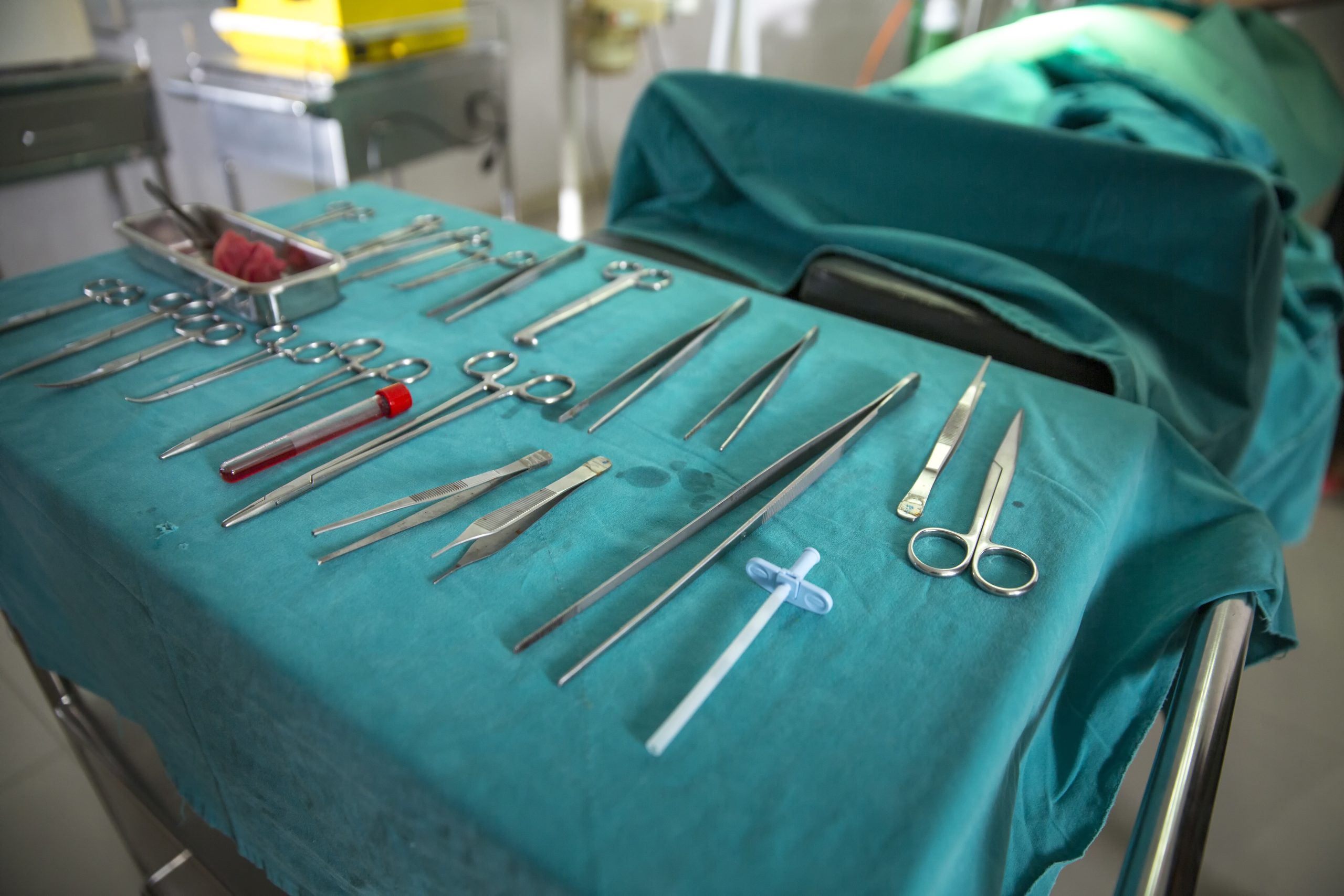
-
Mexico
The resistance of Kolombian cultural expression within the Independencia neighborhood in Monterrey after the 2010 security crisis
Mexico The resistance of Kolombian cultural expression within the Independencia neighborhood in Monterrey after the 2010 security crisis
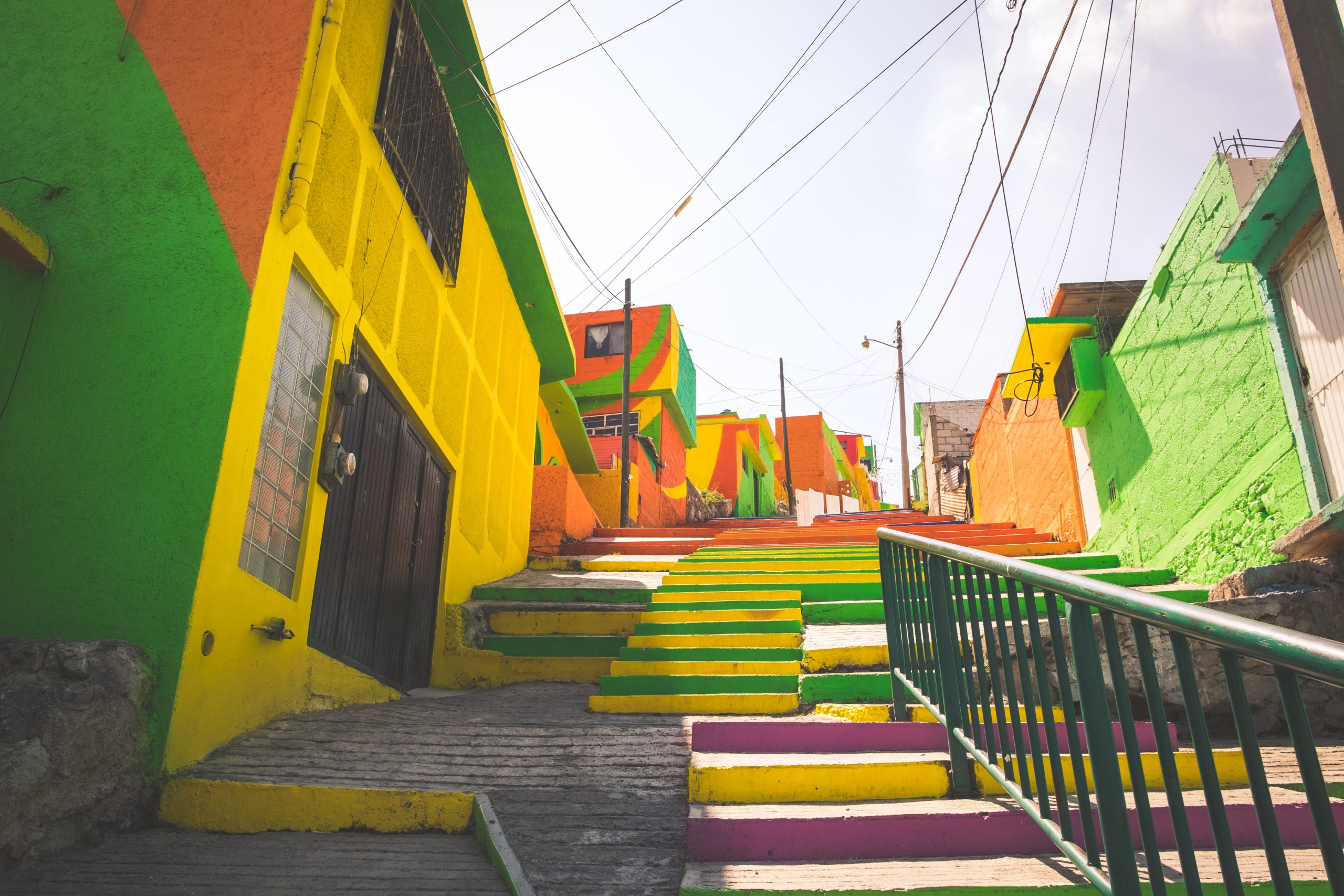
-
Mexico
Women Defenders of Jalisco: Combating Industrial Land Deterioration Through Sustainable Agriculture Led by Women
Mexico Women Defenders of Jalisco: Combating Industrial Land Deterioration Through Sustainable Agriculture Led by Women
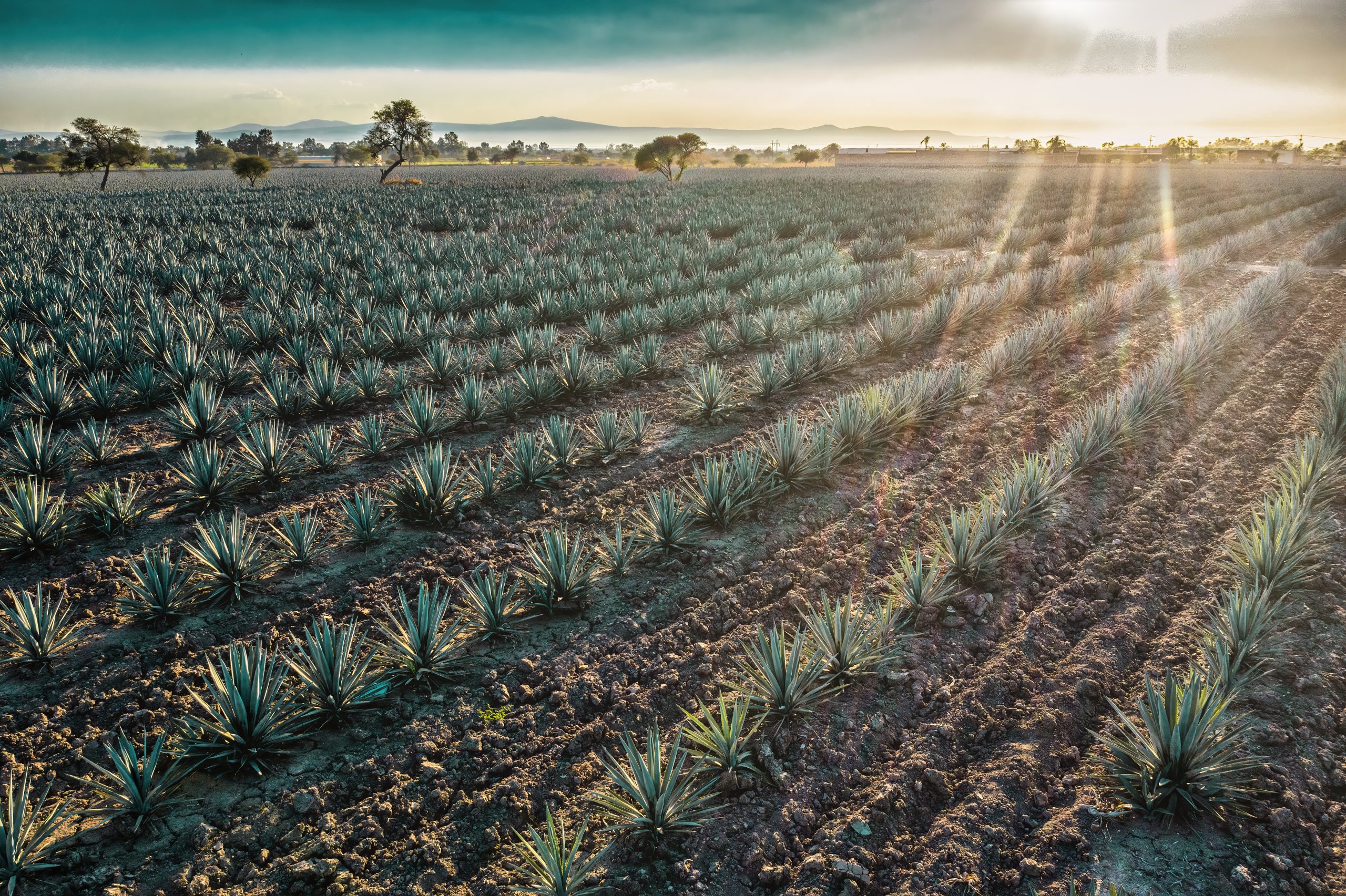
Un Salto De Vida, an orchard in El Salto, was created in reaction to the extreme pollution in the Santiago River. Un Salto de Vida uses an agroecological model to grow crops and nurture native species while involving the whole community. Passing down knowledge about sustainable cultivation, health, and the ecosystem of El Salto through […]
-
Nepal
Women’s Access to Healthcare in Nepal
Nepal Women’s Access to Healthcare in Nepal
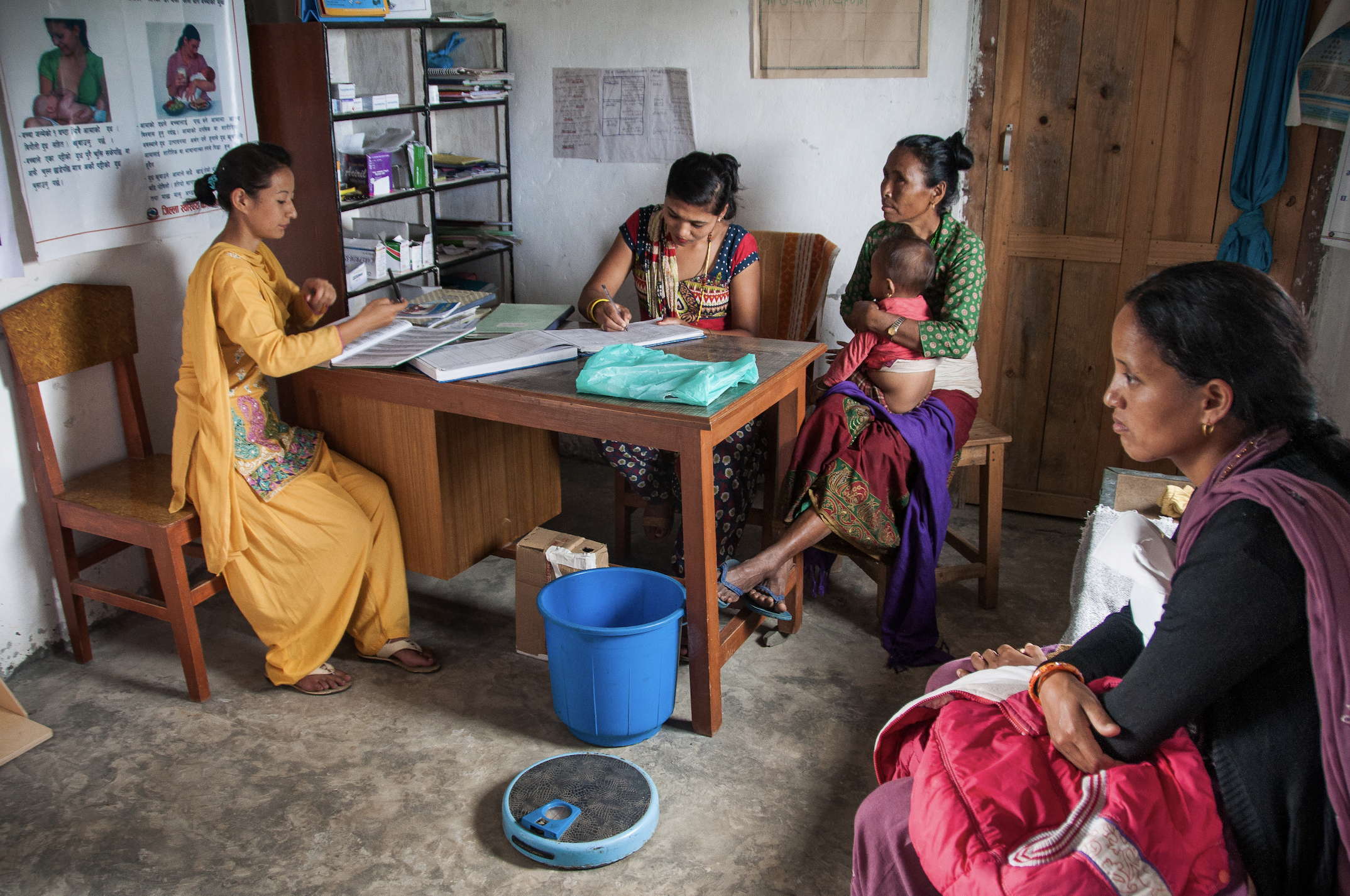
-
United Kingdom
The impacts of temporary accommodation on child play as a mechanism of development for under 5s
United Kingdom The impacts of temporary accommodation on child play as a mechanism of development for under 5s
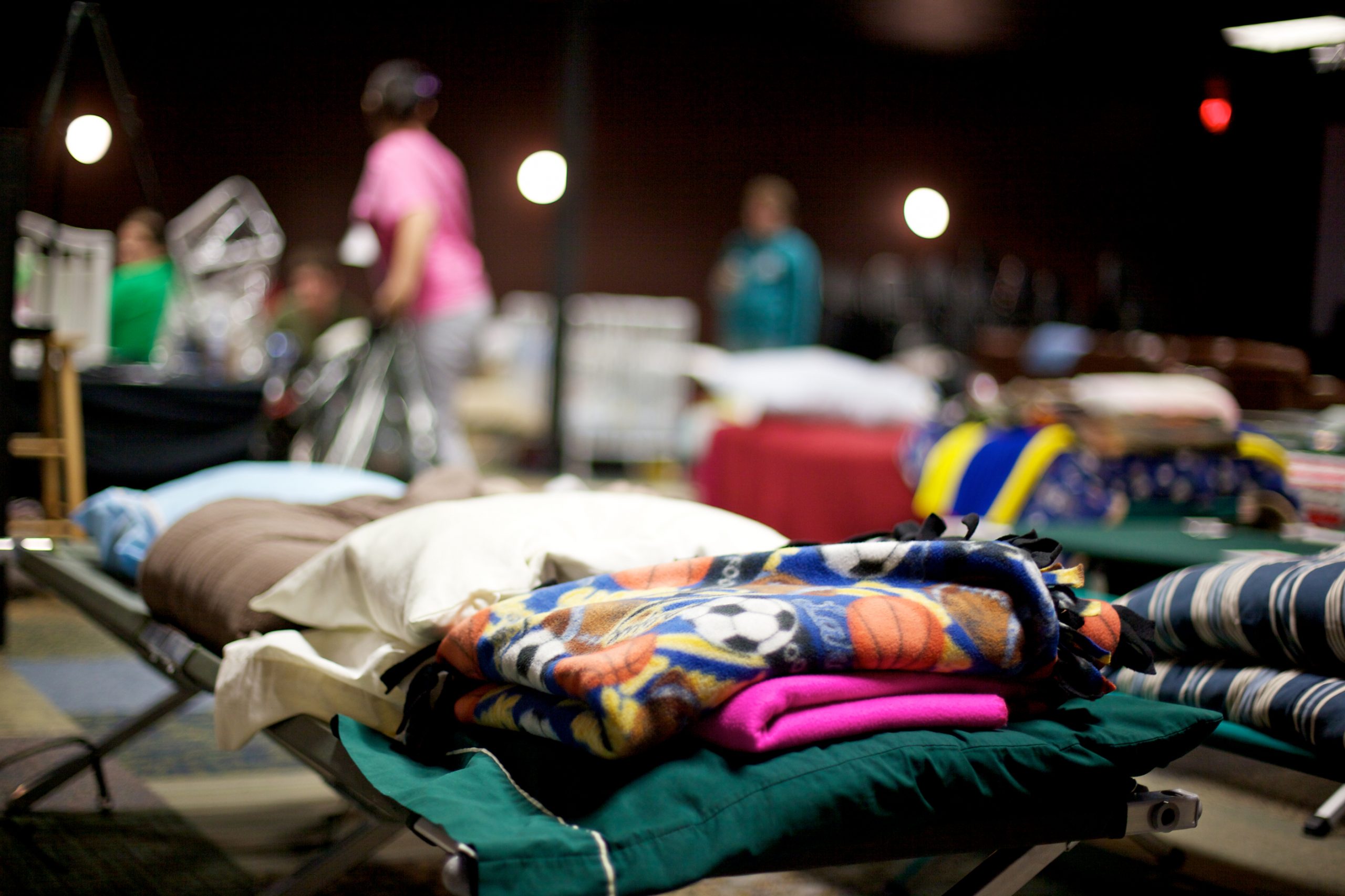
-
India
Education Reform in Haryana, India
India Education Reform in Haryana, India
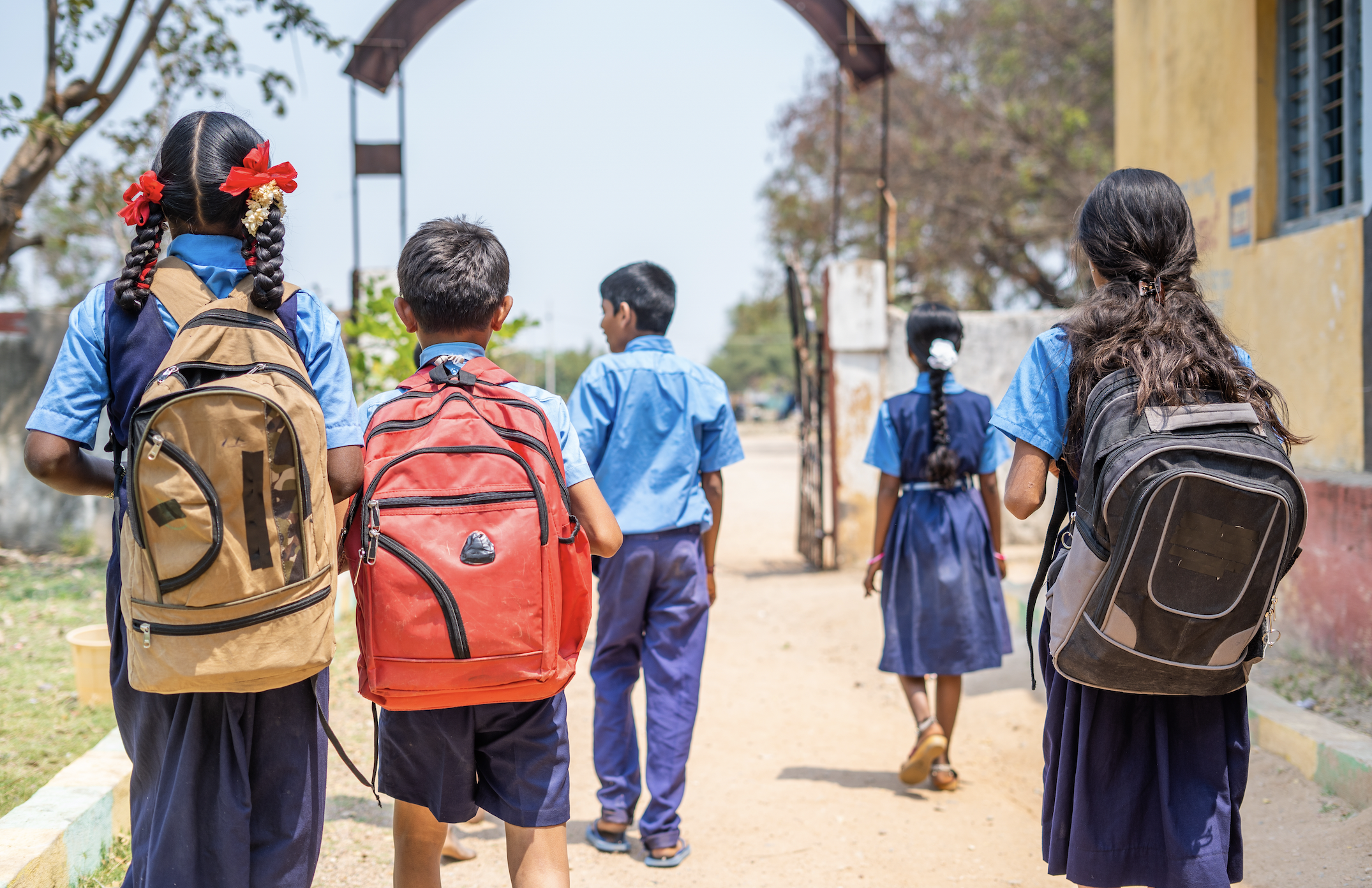
-
Ghana
No Bed Syndrome
Ghana No Bed Syndrome
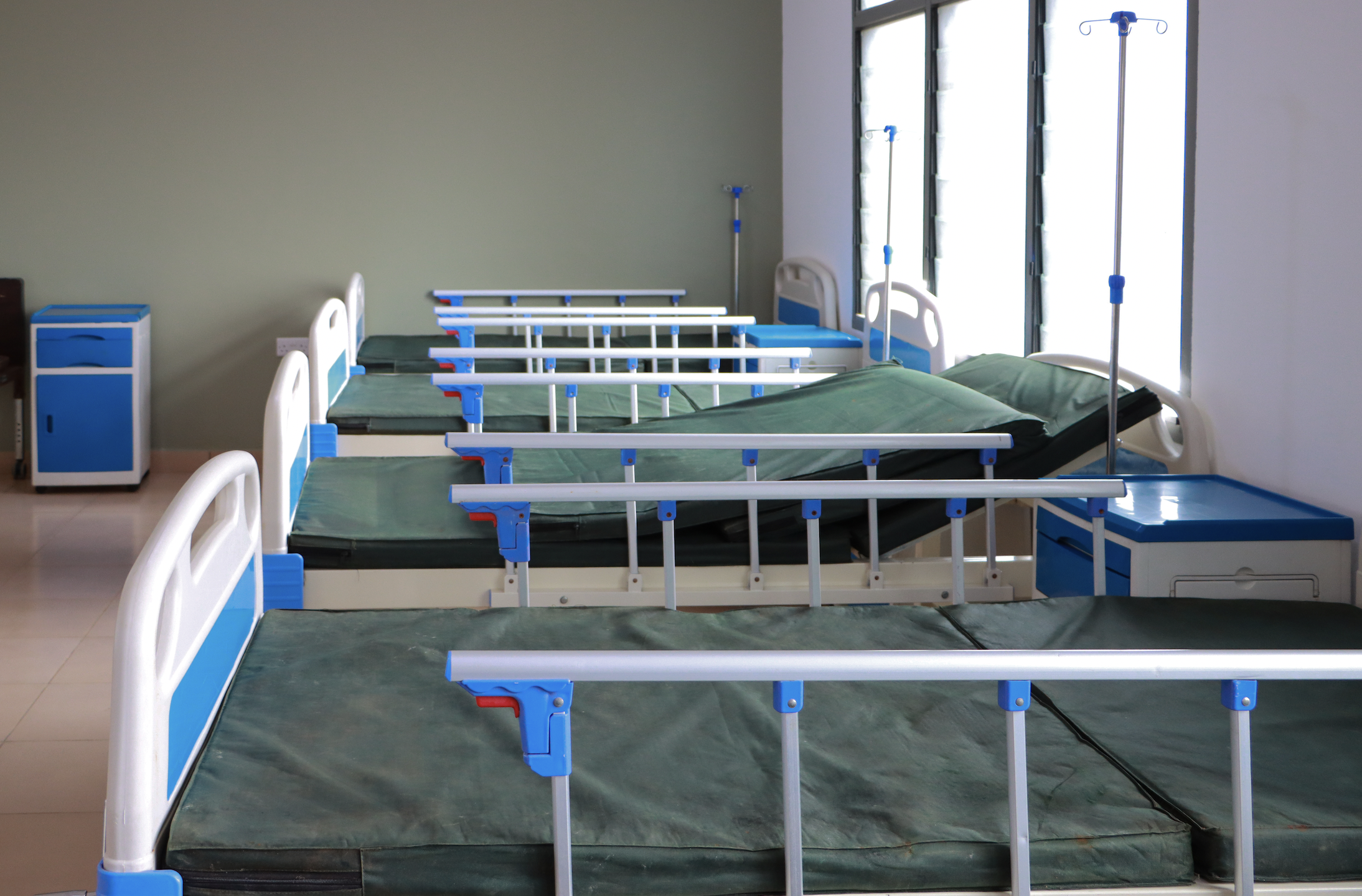
-
India
Atmiyata’s Volunteer-Led Approaches to Addressing Mental Health in Rural India
India Atmiyata’s Volunteer-Led Approaches to Addressing Mental Health in Rural India
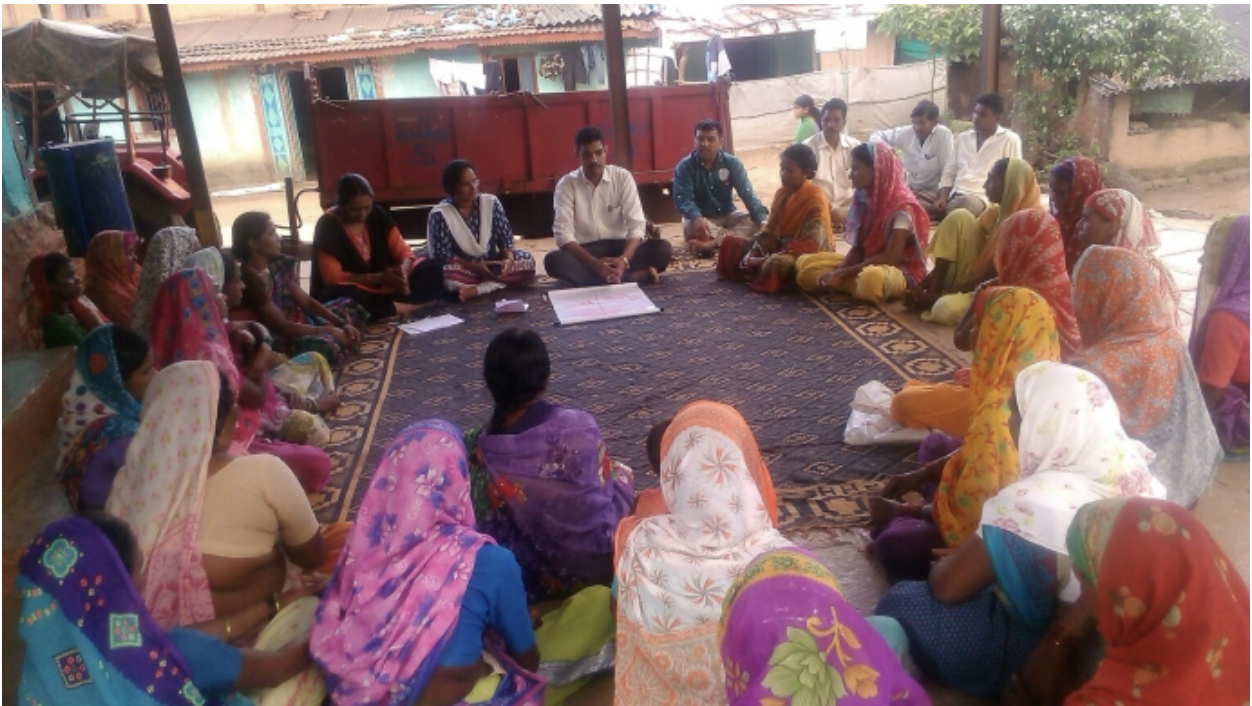
-
Guatemala
Sustainable Solutions: Empowering Education Leaders in Rural Guatemalan Communities
Guatemala Sustainable Solutions: Empowering Education Leaders in Rural Guatemalan Communities
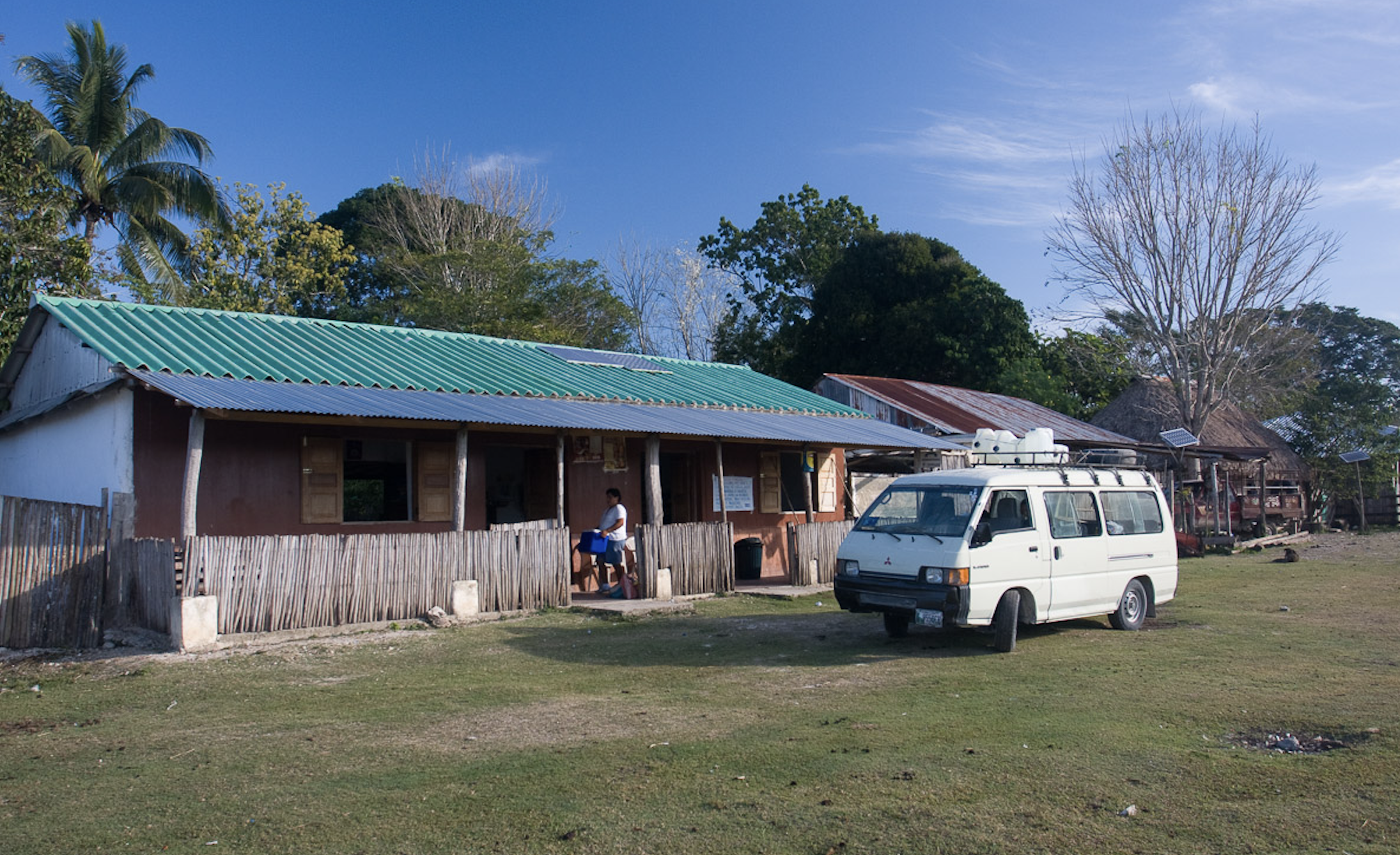
-
South Africa
Social franchising as a model to improve access to health care in South Africa
South Africa Social franchising as a model to improve access to health care in South Africa
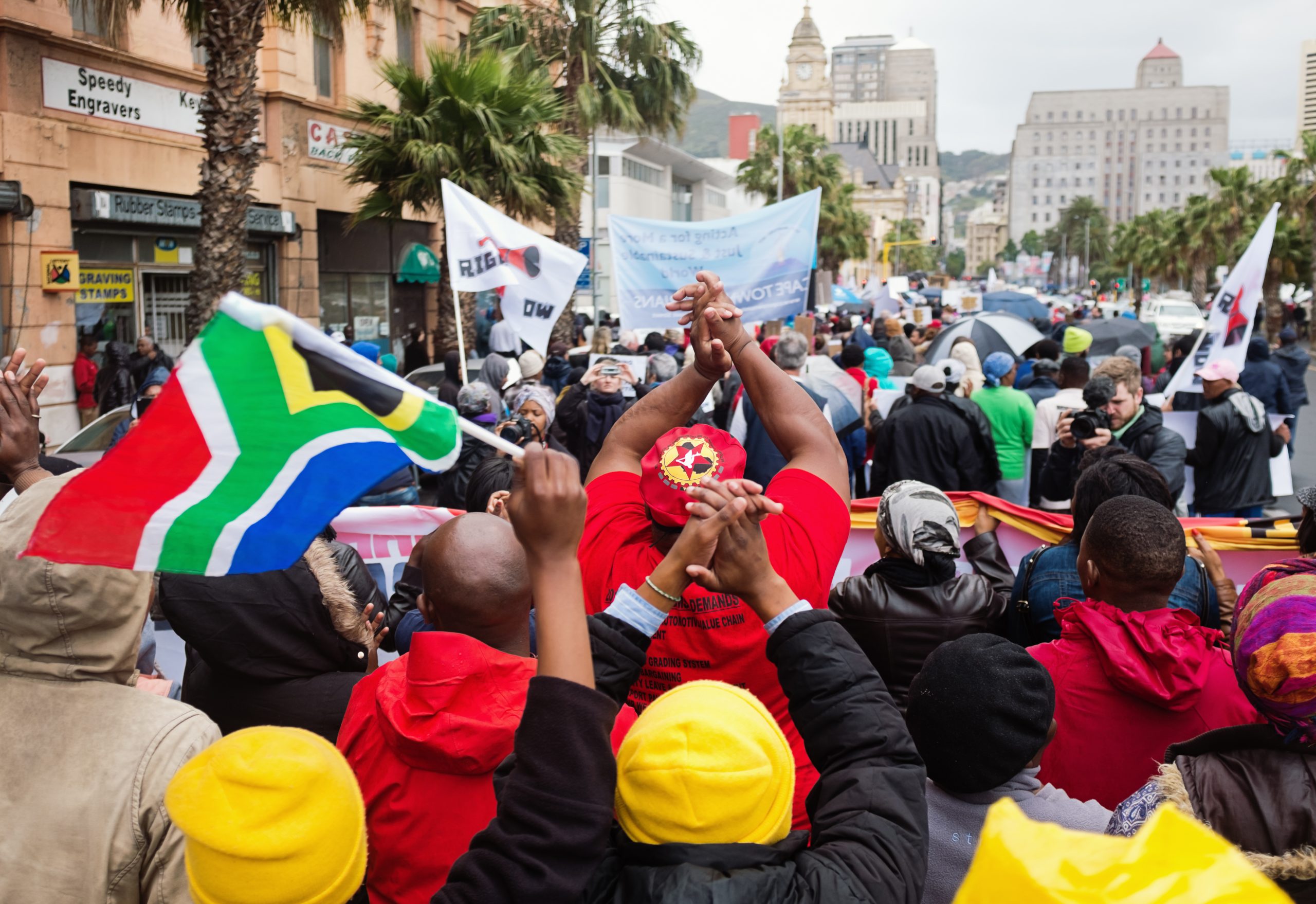
-
South Africa
Access to Maternal Healthcare Services for Female Homeless Citizens in Western Cape, South Africa
South Africa Access to Maternal Healthcare Services for Female Homeless Citizens in Western Cape, South Africa
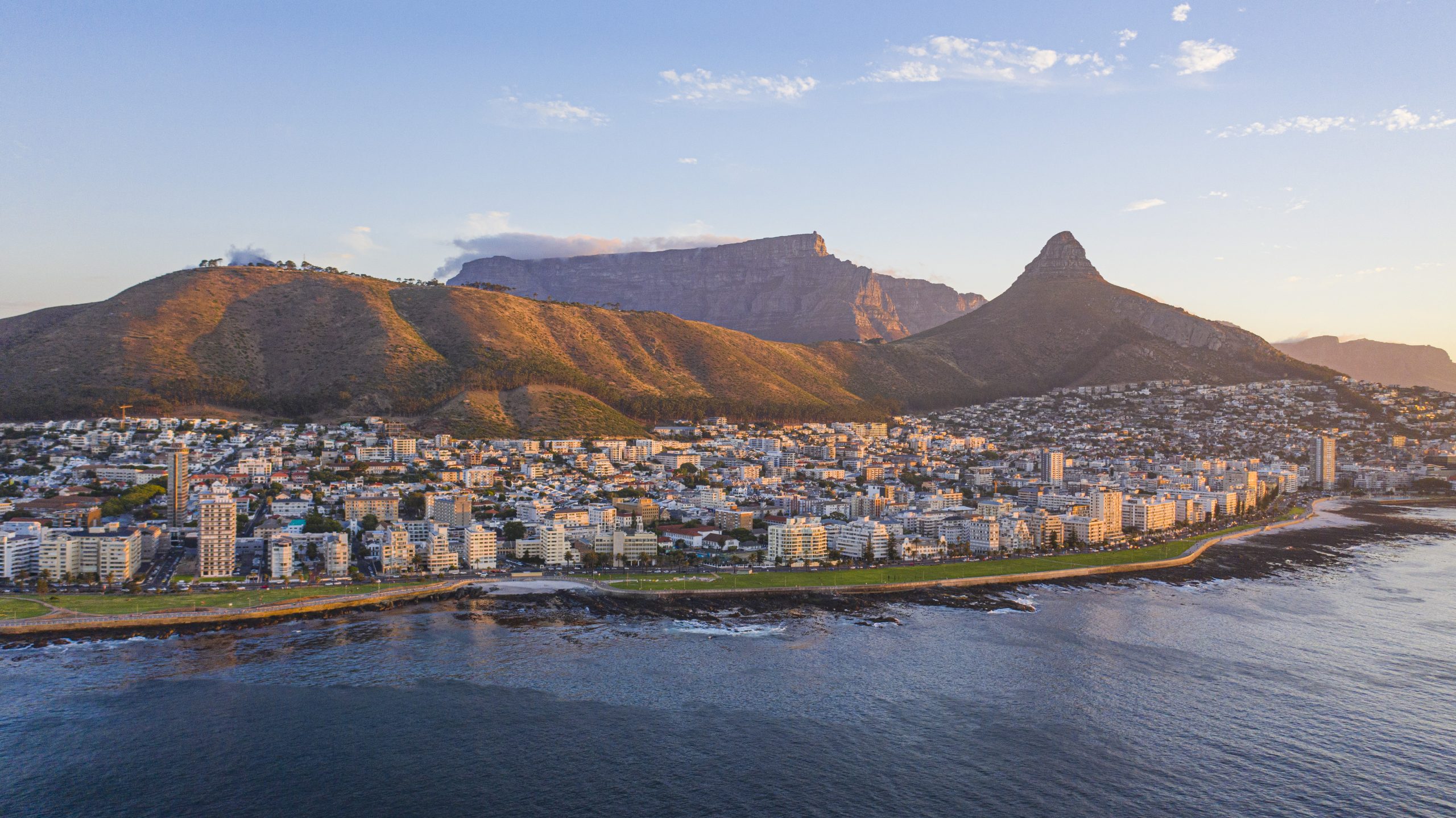
-
Singapore
Project MigrantPal: Harnessing digital technology to improve the well-being of the migrant workers in Singapore
Singapore Project MigrantPal: Harnessing digital technology to improve the well-being of the migrant workers in Singapore

-
Peru
Responding to Disaster: Lessons from Telecommunications Service in Peru
Peru Responding to Disaster: Lessons from Telecommunications Service in Peru

Peru’s internet infrastructure is highly susceptible to natural disasters and remain nonexistent in some parts of the country—specifically parts of the Peruvian Amazon rainforest. Through a public-private partnership between the government of Peru and Loon, an Alphabet Inc subsidiary company that provides High-altitude Platform Stations (HAPS) in the form of balloons, previously unserved areas were provided with internet access and critical information was shared through restored connectivity in the wake of several large-scale natural disasters. While Loon’s operation in Peru did not achieve commercial success, resulting in the company’s shut down in January 2021, this research will analyze how Loon provided internet connectivity to hard to reach populations in Peru. The study will also explore how private-public partnerships can provide affordable commercial internet access around the world.
-
Mozambique
Public-Private Partnerships for Global Health: The mVacciNation Pilot in Mozambique
Mozambique Public-Private Partnerships for Global Health: The mVacciNation Pilot in Mozambique
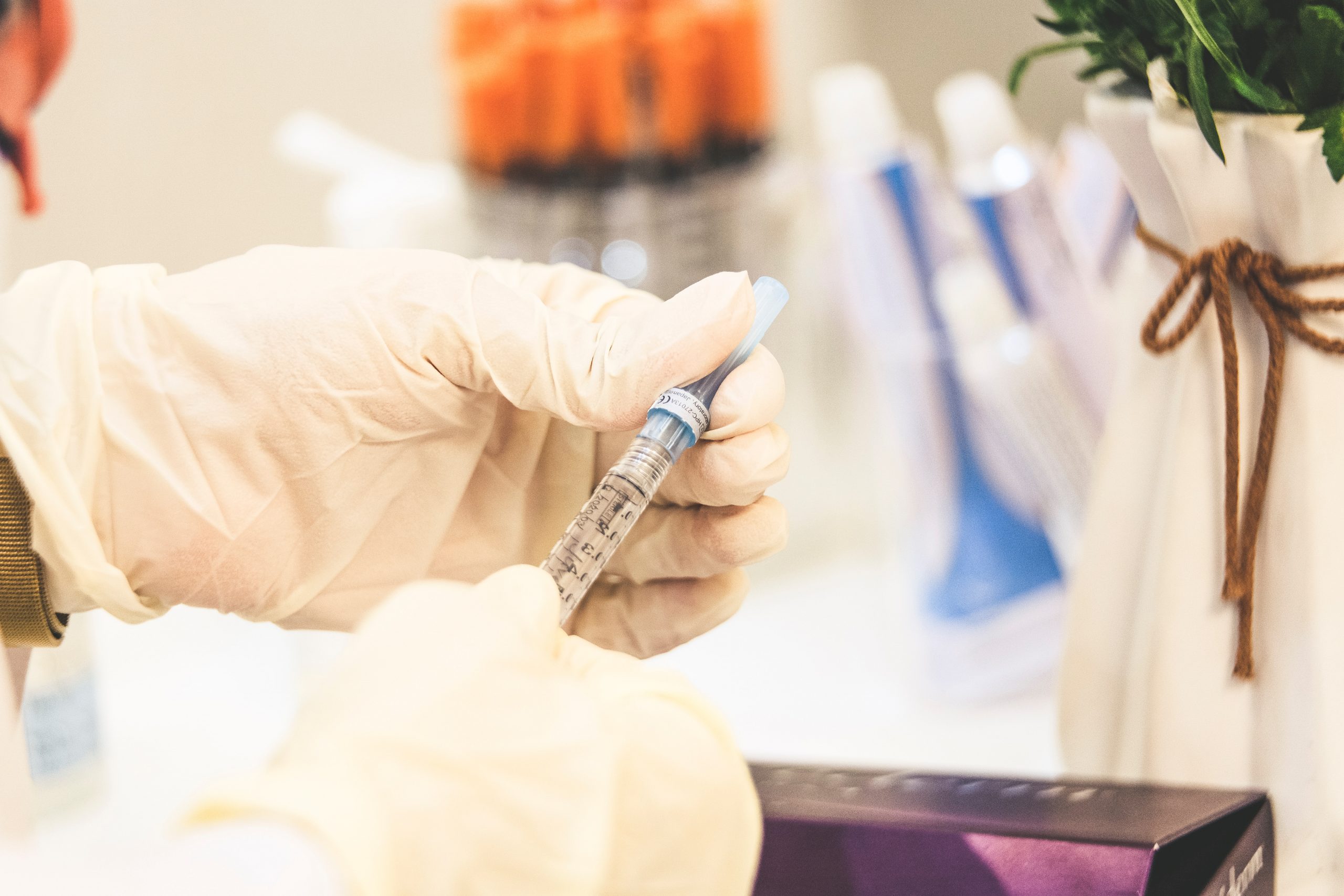
Vaccination coverage for several routine vaccines is less than 75 per cent in many parts of in Mozambique, and the under-five mortality rate remains high at 97 deaths per 1,000 live births. A cross sector partnership established the mVacciNation (mVacc) program in 2014 to help tackle the issue of low vaccination coverage among children under the age of five. mVacc is a program based on the use of a mobile phone application. The application is used by healthcare workers to capture and record the vaccinations and health records of each child. With this data, they forecast and optimize vaccine stock levels and follow up with each child’s caregiver via SMS to remind them of upcoming vaccination appointments. Healthcare workers and program managers are able to track vaccine stock levels and ensure safe storage by immediately addressing any issues in the cold chain. The data is then synced and centrally stored on the Ministry of Health cloud, enabling the app to be integrated into existing data management systems.
-
Mexico
Struggle and Resilience of Migrant Indigenous Communities in Irregular Settlements in Mexico
Mexico Struggle and Resilience of Migrant Indigenous Communities in Irregular Settlements in Mexico
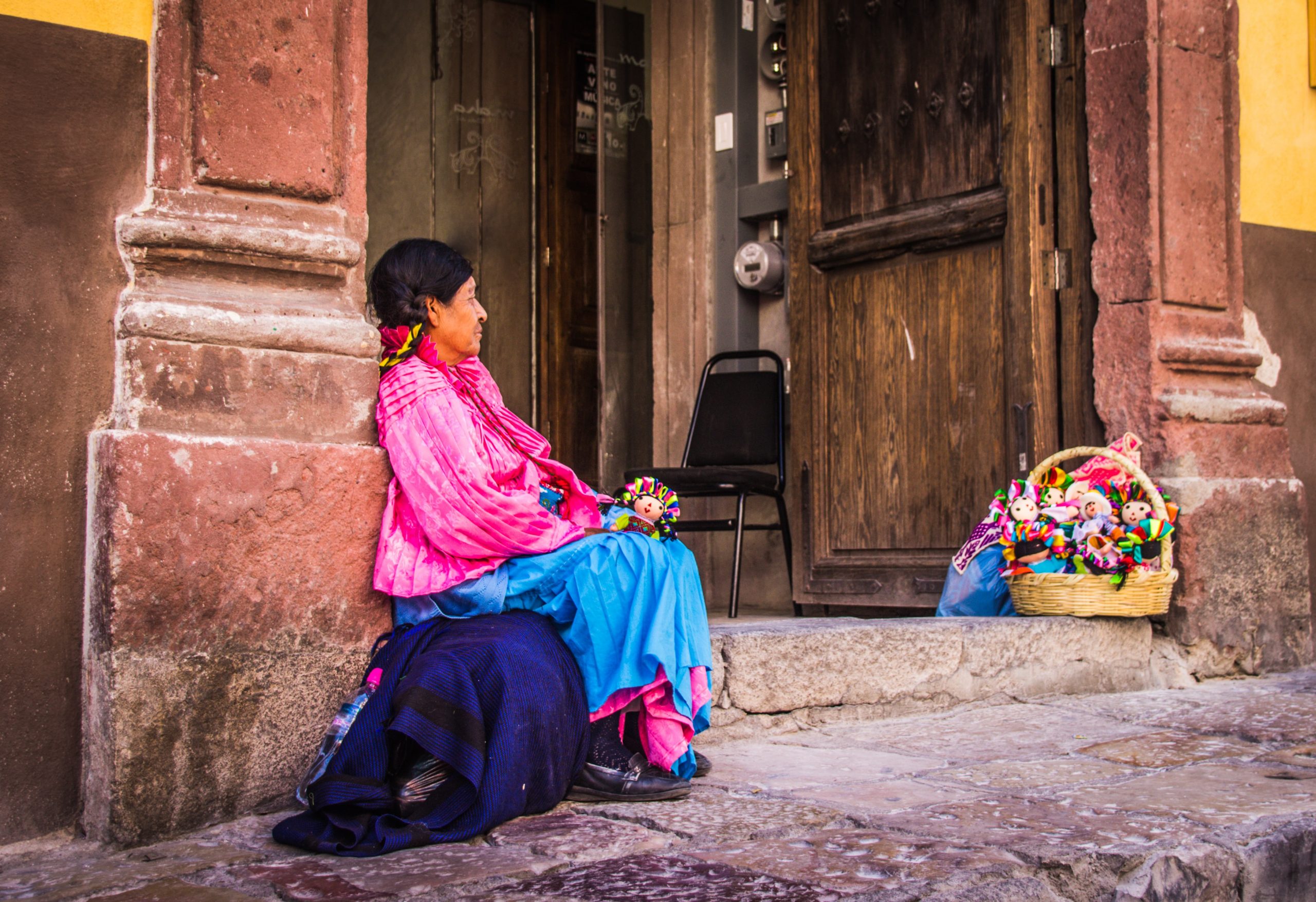
The rapid industrialization of Monterrey in the last century and the lack of attention to social
demands have hyper stratified social interaction in the city. Monterrey embodies the structural
inequalities of Mexico and Latin America, where migrant indigenous people have had to face
constant economic and social pressures, and at the same time remain the most invisible in the
Northern Mexican society. This study aims to describe and explore to what extent the irregular status of urban settlements hinders the access to regulated basic services from migrant indigenous groups in the Monterrey Metropolitan Area and if this perpetuates the cycle of poverty. -
Guatemala
Healthy Pregnancy Project
Guatemala Healthy Pregnancy Project

Maternal mortality is disproportionately prevalent in low-income countries. Of the 295,000 women who died of complications from pregnancy or childbirth worldwide in 2017, 94 per cent lived in low-income and resource-limited settings. Guatemala’s Alta Verapaz region, where 78 per cent of the population lives in rural areas and 48 per cent live in extreme poverty, reported a maternal mortality rate of 273 in 2012. The EHAS Foundation (Hispanic American Health Link) is combating the issue of maternal mortality in rural Guatemala with the Healthy Pregnancy Project (HPP), a portable prenatal care kit that is designed specifically for use in remote areas. EHAS trains and equips local health personnel with a backpack that includes a computer, a portable ultrasound scanner – powered by a foldable solar panel – and, blood and urine analysis systems that use immediate test strips. Local health personnel organize days in their respective communities where women can come and be tested for possible pregnancy-related complications. Test results and ultrasound images are examined by local health personnel for any possible complications and health risks.
-
India
Addressing Violence Against Women in Madhya Pradesh, India: The Urgent Action and Just Relief Program
India Addressing Violence Against Women in Madhya Pradesh, India: The Urgent Action and Just Relief Program
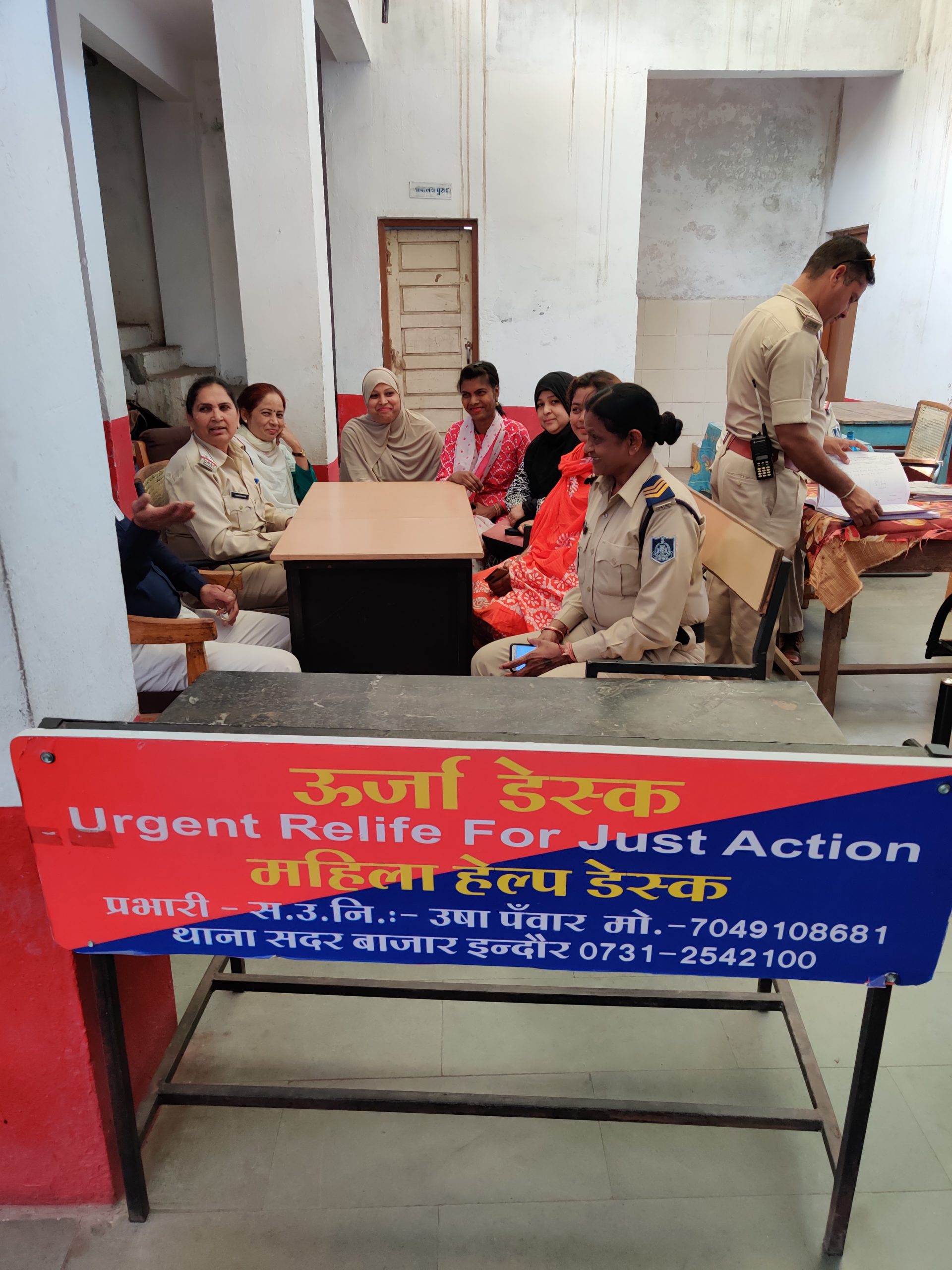
Studying the impact of Urgent Action and Just Relief (URJA) on improving women’s security in Madhya Pradesh, India. URJA is a policy intervention that aims to increase access to women to police services in India by providing four key activities:
1. Creation of helpdesks to assist women
2. Creation of Standard Operating Procedures (SOP) and trainings to guide officers on cases involving women
3. Developing outreach to local women’s networks
4. Hiring of additional female officers to URJA desks. -
India
Expanding Access to Justice Through Community-Based Paralegals in New Delhi and Assam
India Expanding Access to Justice Through Community-Based Paralegals in New Delhi and Assam
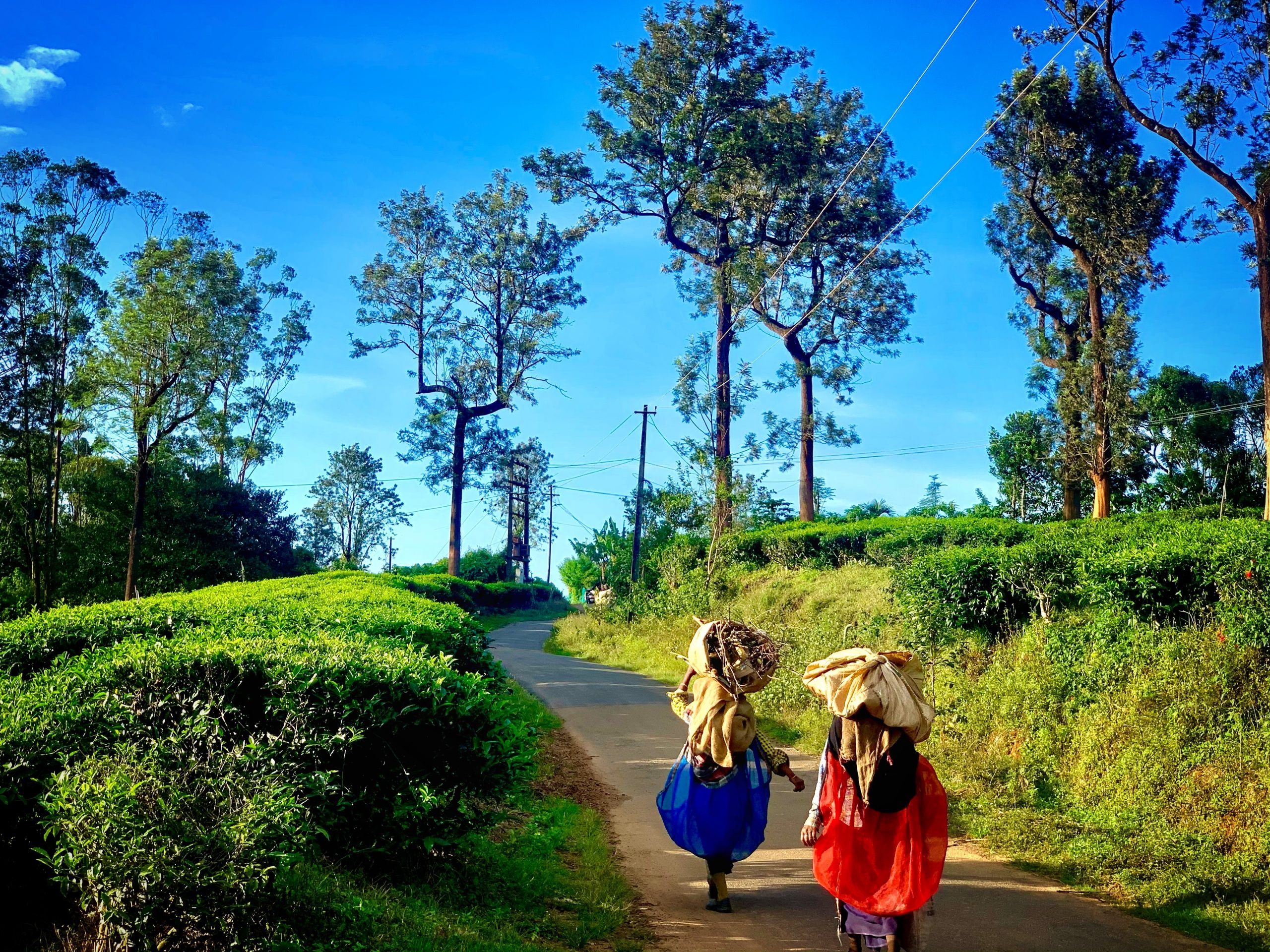
One out of seven workers in India’s formal economy is a tea plantation worker, of which, more than 50 per cent are women. Many of India’s tea plantation workers are located in the state of Assam, and these workers remain isolated from mainstream society, both physically and in terms of economic development. Nazdeek is a grassroots legal empowerment organization that is increasing access to justice, government programs, legal services and training for tea garden workers in Assam.
-
Thailand
M Fund – a migrant micro insurance program
Thailand M Fund – a migrant micro insurance program
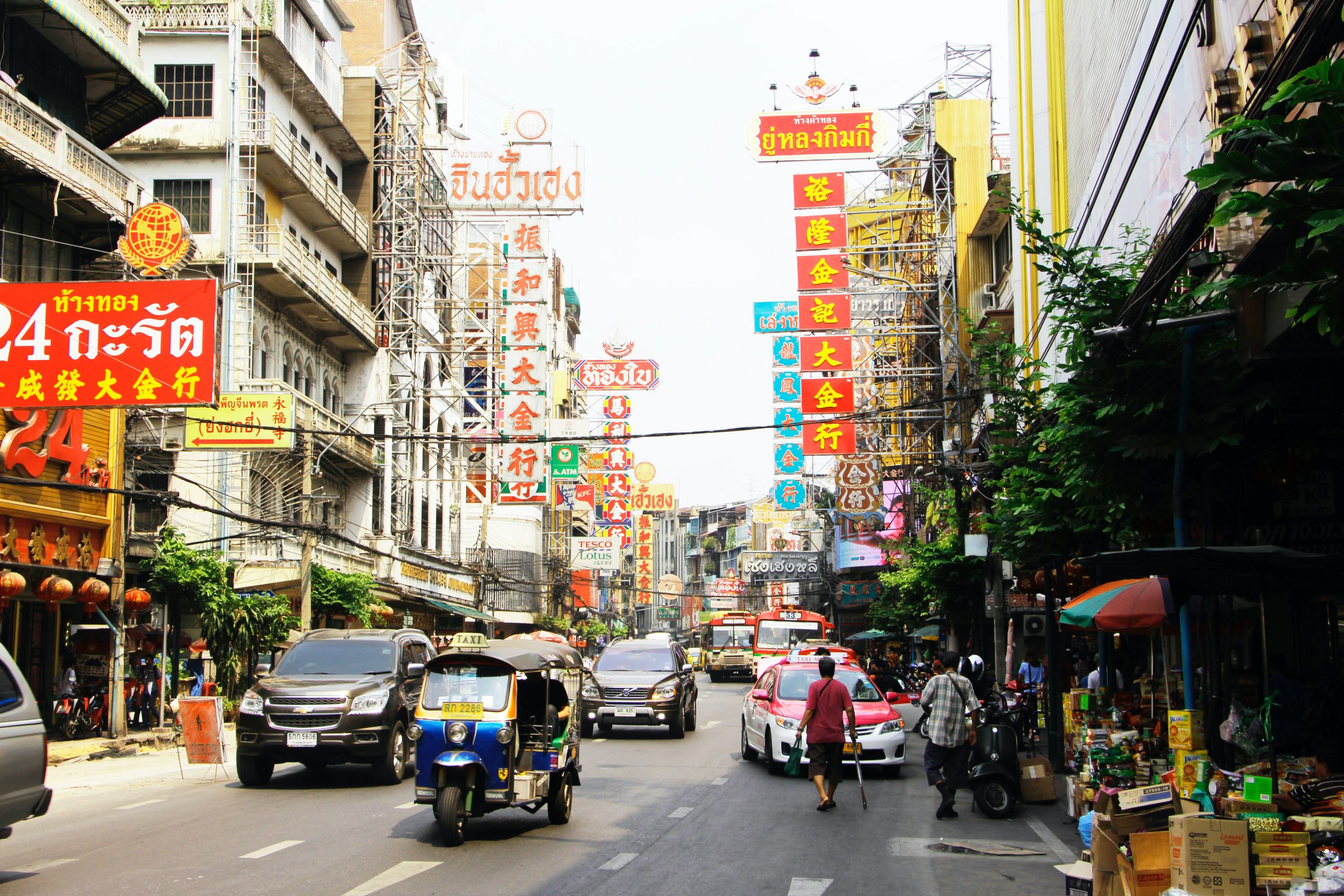
While Thailand is one of the few countries to have made concrete efforts to include undocumented migrants in their national insurance coverage, there exist barriers to access for up to two thirds of the estimated migrant population. Supported by UNICEF, European Union and the Global Fund, Thailand created the Migration-Fund (M-Fund) Health Insurance Program, which is a voluntary, low-cost and non-profit health insurance scheme for migrants operating along the Thailand-Myanmar border in Thailand. The M-Fund aims to protect the health of migrants uncovered by existing government insurance schemes.
As of November 2019, a total of 13,383 people have enrolled in the program. Reach researchers are examining best practices, challenges and the value of a voluntary health scheme for vulnerable and stigmatized undocumented migrants in Thailand. -
Solomon Islands
Between State and Nonstate Systems: Access to Justice in Rural Solomon Islands
Solomon Islands Between State and Nonstate Systems: Access to Justice in Rural Solomon Islands
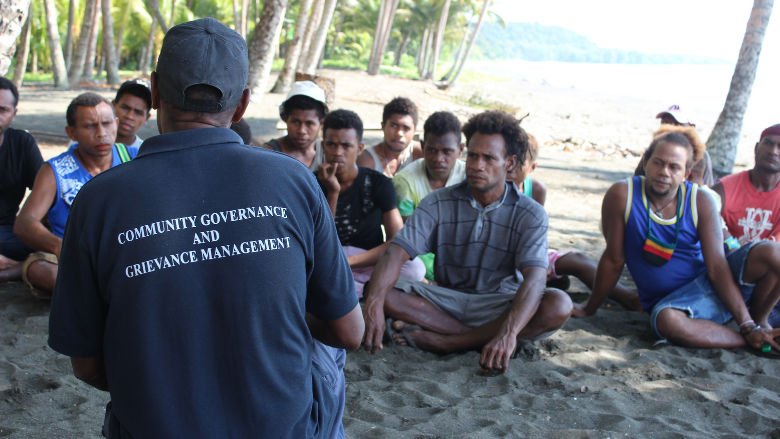
With almost 1,000 islands spread over tens of thousands of square kilometres and over 80 per cent of people living in remote and rural communities, delivery of law and order has been challenging in the Solomon Islands. Police presence on some islands is limited or even non-existent, breeding mistrust around governance. With support from the World Bank and the Australian government, the Solomon Islands Ministry of Provincial Government and Institutional Strengthening has established Community Officers and Village Peace Wardens to connect remote islanders to the state, gain local trust with authorities using a tailored community-based approach. Reach Alliance researchers are examining how this community-led project has seen a significant improvement in grievance management systems (over 77 per cent) and linkages to the government (over 68 per cent).
-
Rwanda
From A to O-Positive: Blood Delivery Via Drones in Rwanda
Rwanda From A to O-Positive: Blood Delivery Via Drones in Rwanda
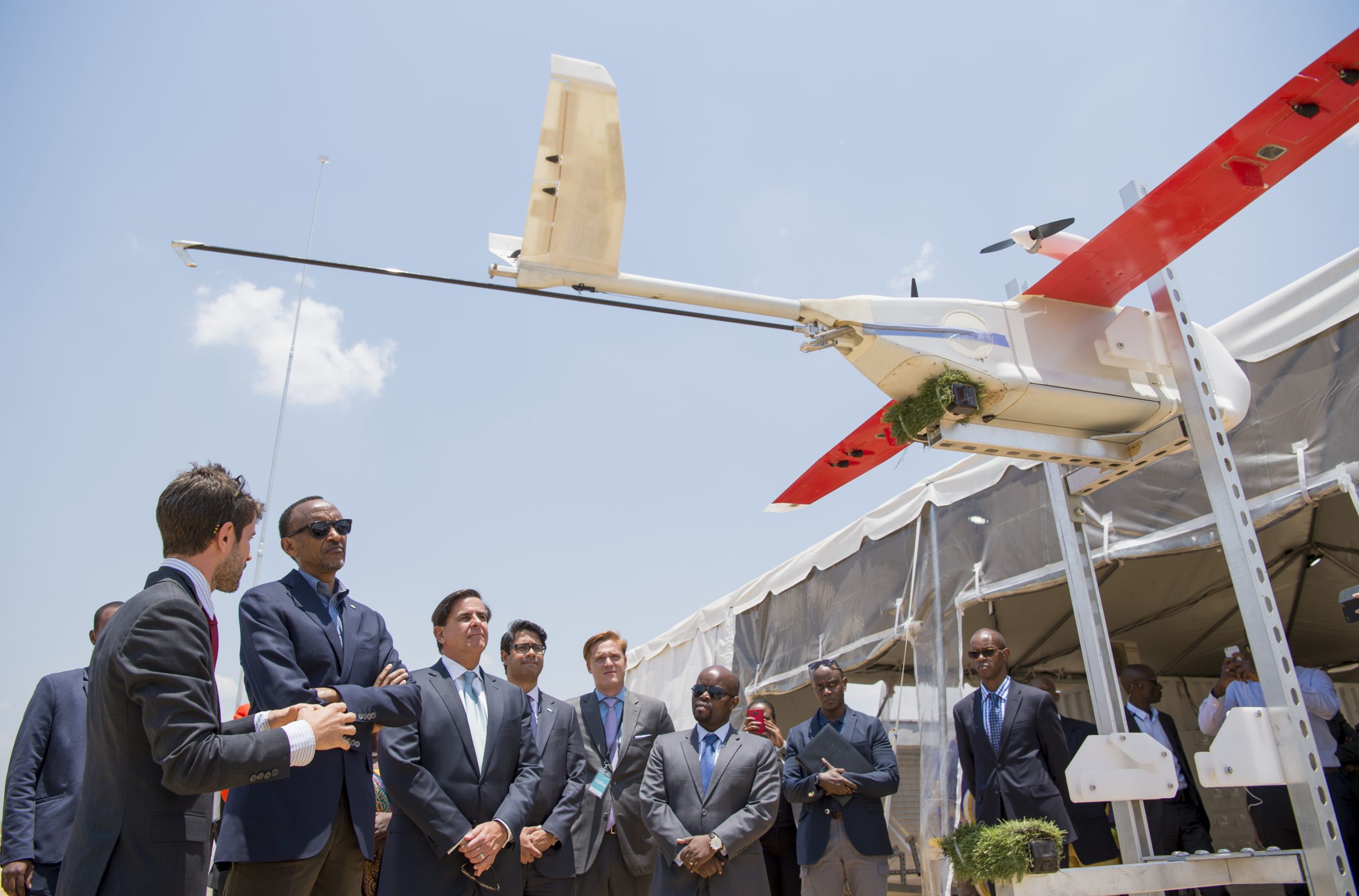
Rwanda’s mountainous topography and infrastructure makes medical supply delivery unreliable – with between 25 to 40 per cent of all temperature-sensitive medical supplies wasted due to inconsistent cold-chain infrastructure. Rural clinics face stockouts, and patients in need of specialized supplies are unable to acquire them. Zipline, a US-based health logistics company, addresses this issue by using drones to deliver medical supplies to district hospitals and rural health centres.
-
Mexico
The ‘Making’ of a Makerspace: Community Stories and Lessons from Interventions in Cerro del Cuatro
Mexico The ‘Making’ of a Makerspace: Community Stories and Lessons from Interventions in Cerro del Cuatro
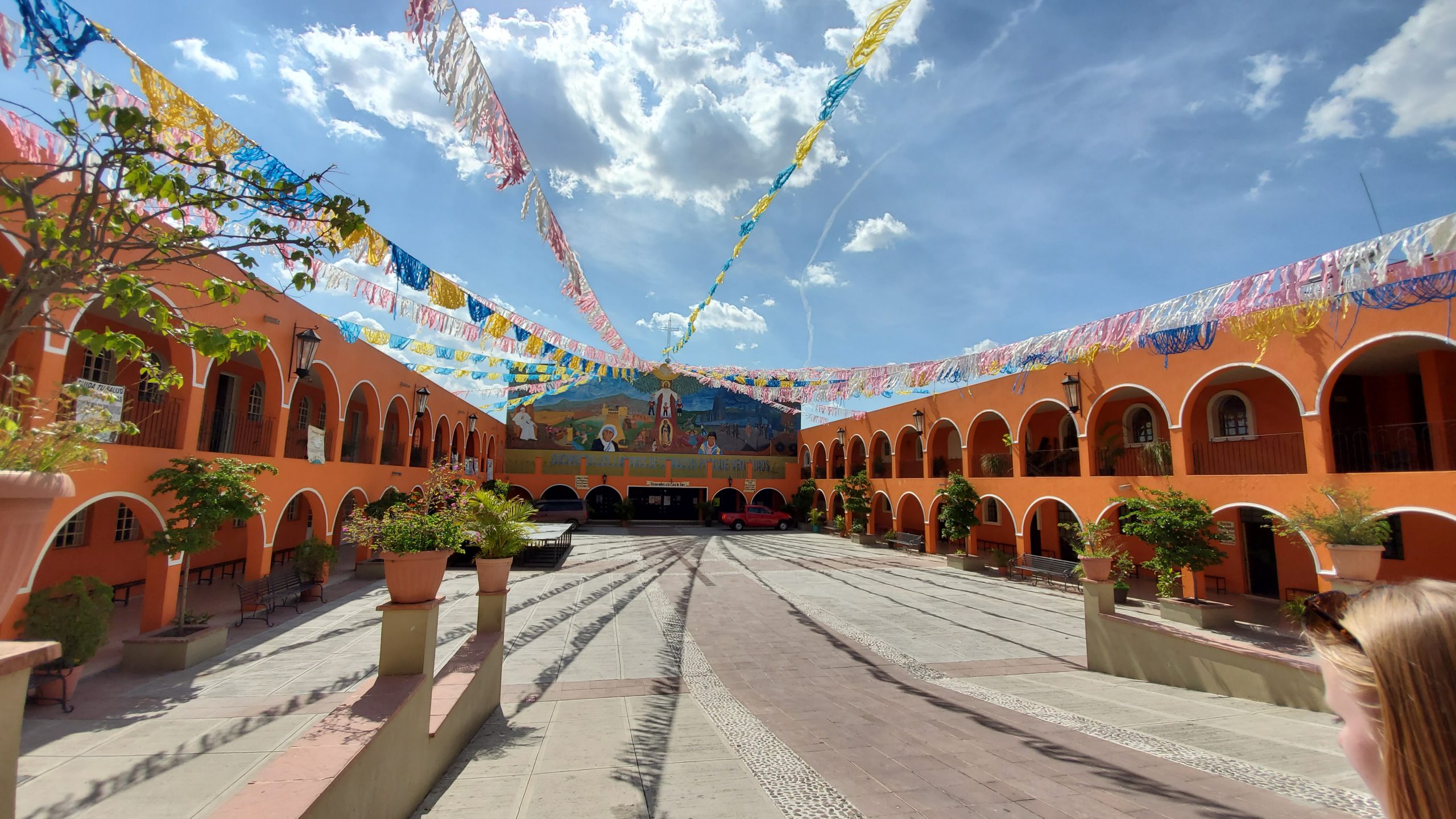
Although youth living in the Cerro del Cuatro community in Mexico face significant social and economic challenges, they also live in a community experimenting with entrepreneurship and improving socioeconomic conditions. This research analyzes how three global makerspaces operate in their own communities. The case studies can be used to inform further student research through the Professional Application Projects at ITESO University where learners seek to adapt contextually similar interventions to the local context of marginalized youth.
-
Mexico
Women’s Economic Empowerment in Jalisco
Mexico Women’s Economic Empowerment in Jalisco
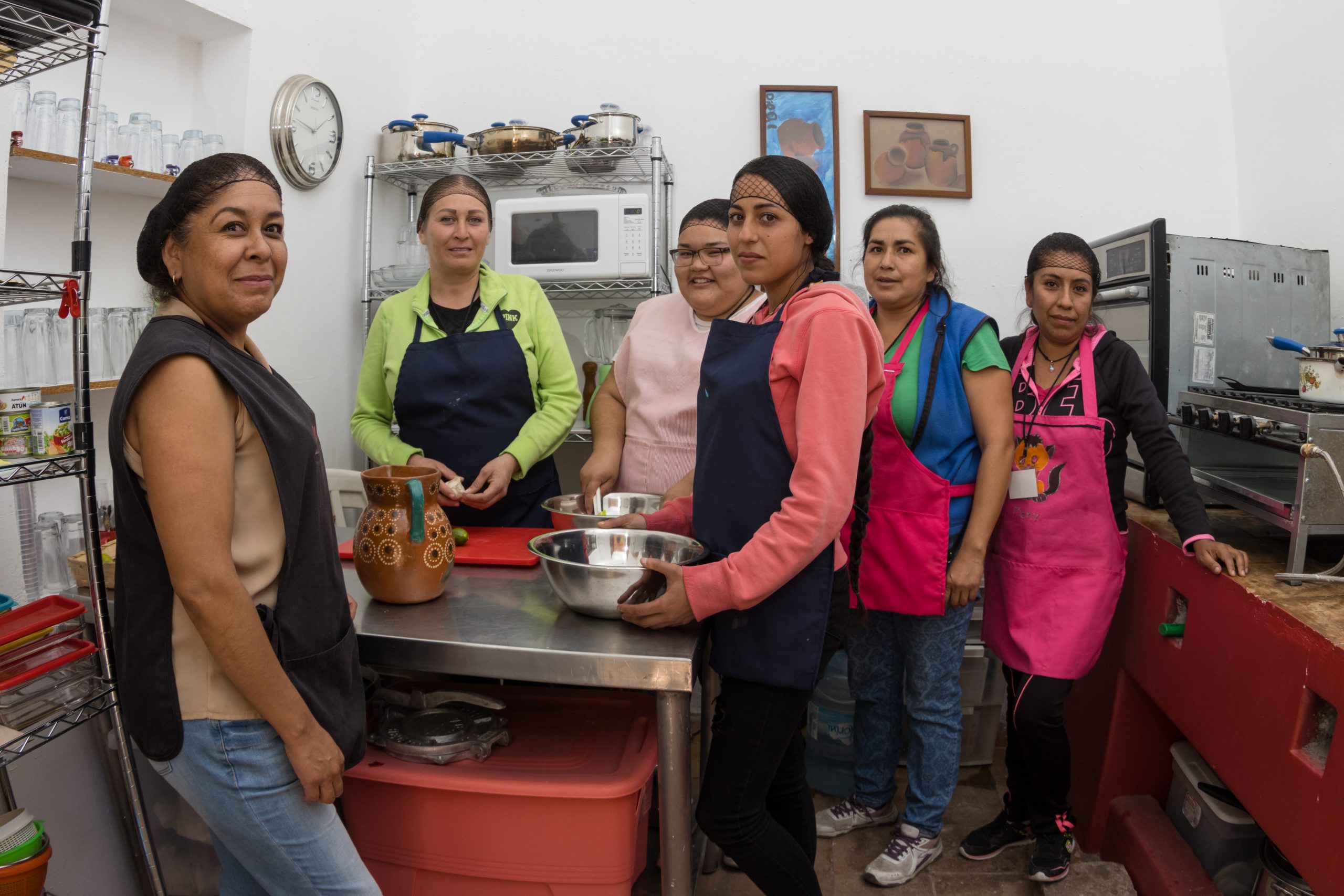
Co-Meta, an initiative based in Jalisco, mobilizes a network of local economic and social actors who support women’s economic empowerment. The network connects business leaders from across Jalisco, who act as mentors and instructors. This research project aimed to support Co-Meta as it scales up from 130 to 1,500 participants.
-
Kenya
Left Behind: The Socioeconomic Barriers to Last-Mile Mobile Money Access in Kenya
Kenya Left Behind: The Socioeconomic Barriers to Last-Mile Mobile Money Access in Kenya
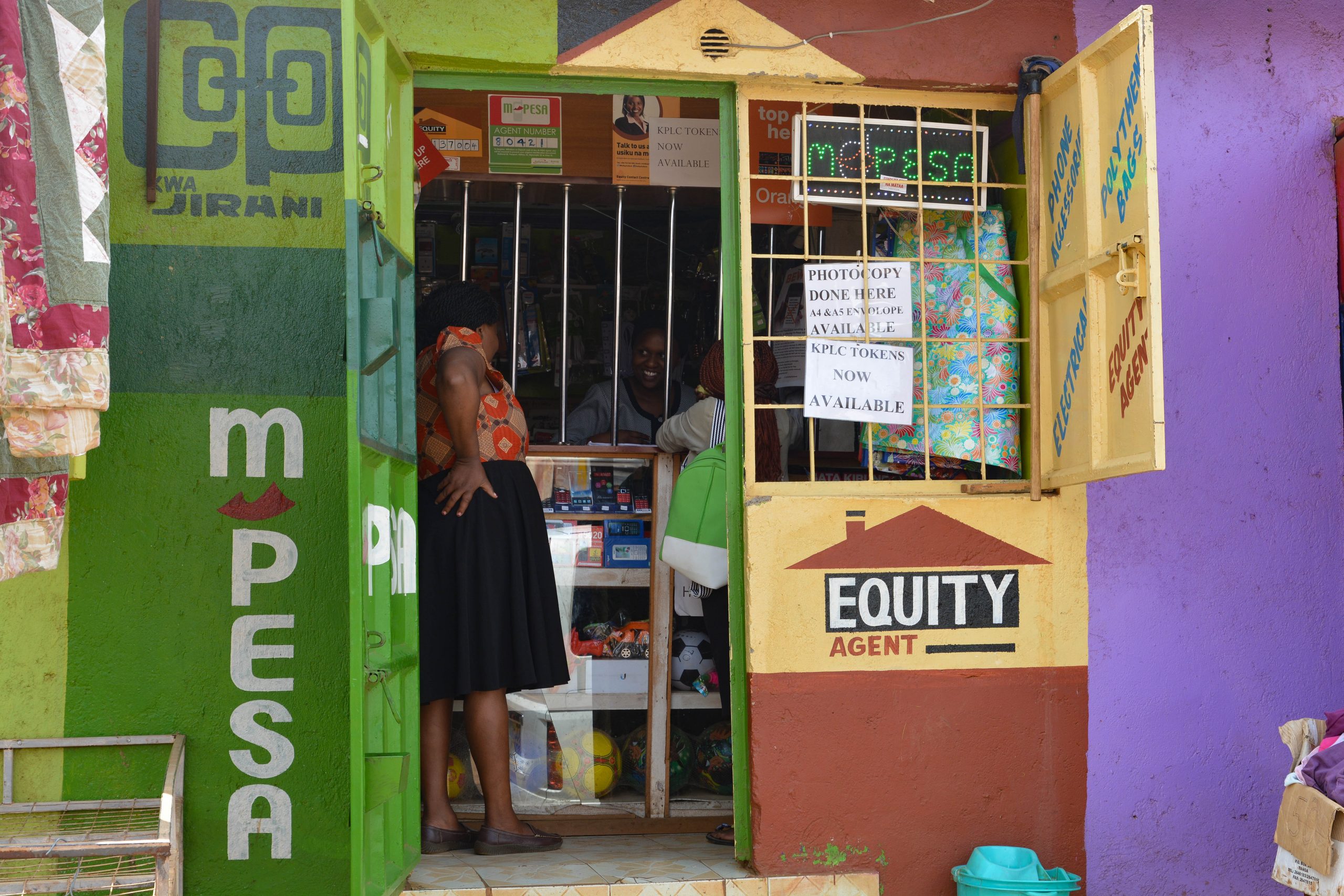
Nearly two billion people remain unbanked, leaving them unable to send or receive money, earn interest or get a loan. Recognizing an opportunity to address this challenge, Kenya’s leading mobile network operator, Safaricom, launched M-PESA in 2007. Billed as the world’s first mobile money service, it affords users the opportunity to transact, save money and get credit using their mobile phone. Since its launch, it has grown to over 40 million users and was a major driver in the two-fold increase in financial inclusion across the country. By unlocking the benefits of financial services to those users, M-PESA was found to have lifted 194,000 households, or 2 per cent of Kenyan households, out of poverty as of 2016 with larger benefits accruing toward female-headed households. Many people, however, remain unreached by M-PESA (and mobile money more broadly). This research examined who those people are and what traits they share in common, and aims to inform policy-makers on how to ensure they do not continue falling behind.
-
India
Why Women’s Police Stations in India Fail to Mitigate Violence Against Women
India Why Women’s Police Stations in India Fail to Mitigate Violence Against Women
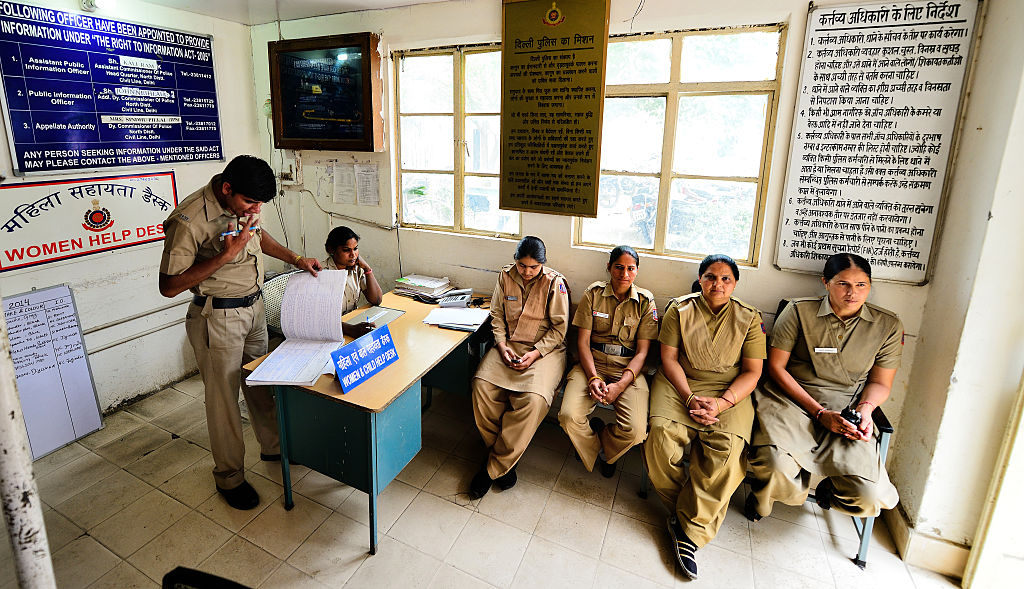
In India, women experiencing gender-based violence are hesitant to contact the police for fear of societal retaliation, social stigma, low conviction rates and maltreatment by the predominantly male police force. To address this, women’s police stations — staffed by female police officers — were established. Women’s police stations intend to provide a safe space for women to access formal legal services.
-
Tanzania
Reaching the Last Mile: Tanzania’s Medical Supply Chain
Tanzania Reaching the Last Mile: Tanzania’s Medical Supply Chain
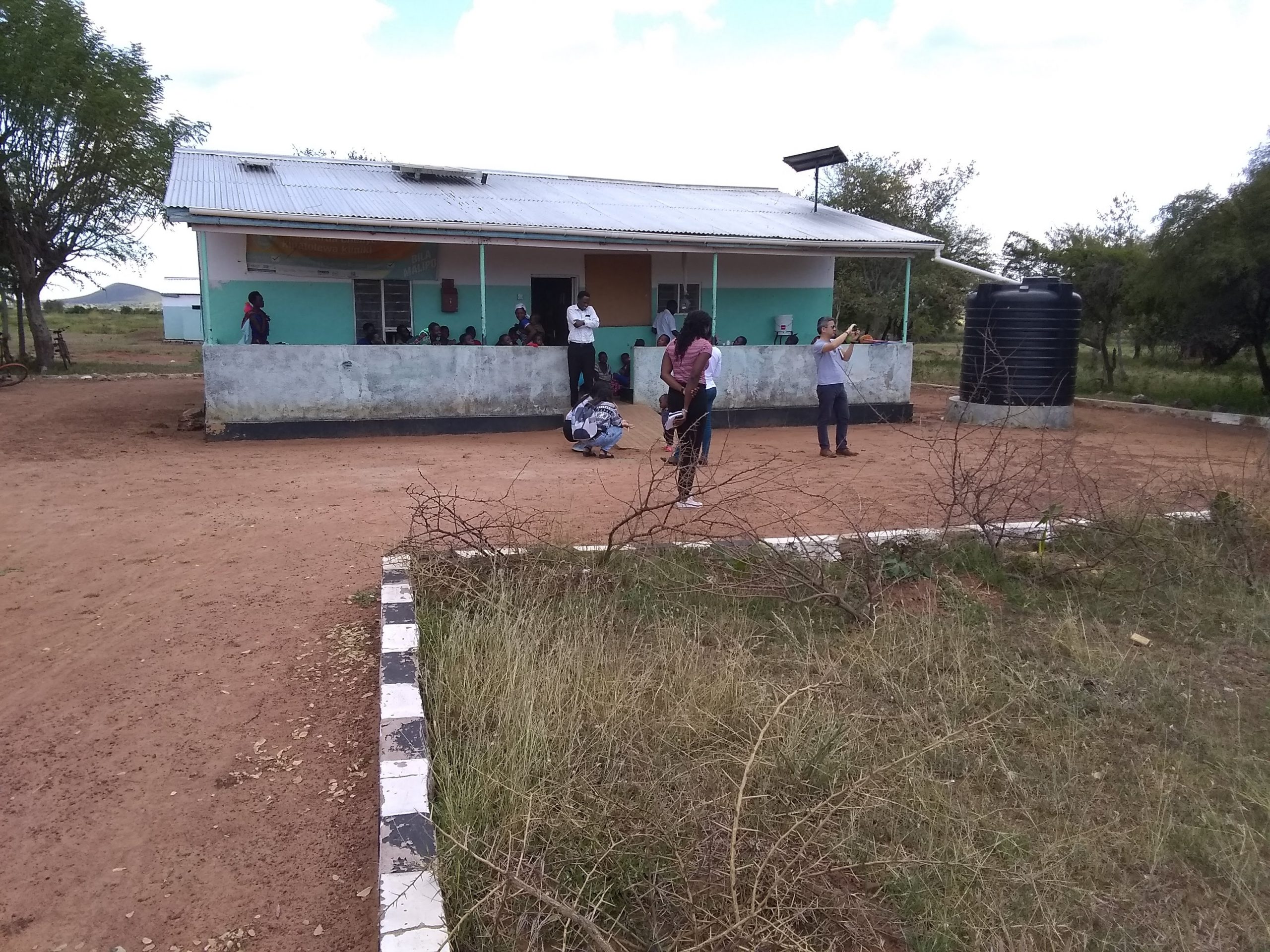
Tanzania has gradually and purposefully improved its system for distributing medical commodities. The use of GPS technologies and geo-mapping software to optimize delivery routes has made logistics and information management platforms more precise and efficient. Today, the Medical Stores Department is responsible for delivering all medical commodities directly to over 7,500 public and faith-based health facilities across the country.
-
Mongolia
Providing Electricity to Nomadic Herders: Mongolia’s Renewable Energy for Rural Access Project
Mongolia Providing Electricity to Nomadic Herders: Mongolia’s Renewable Energy for Rural Access Project
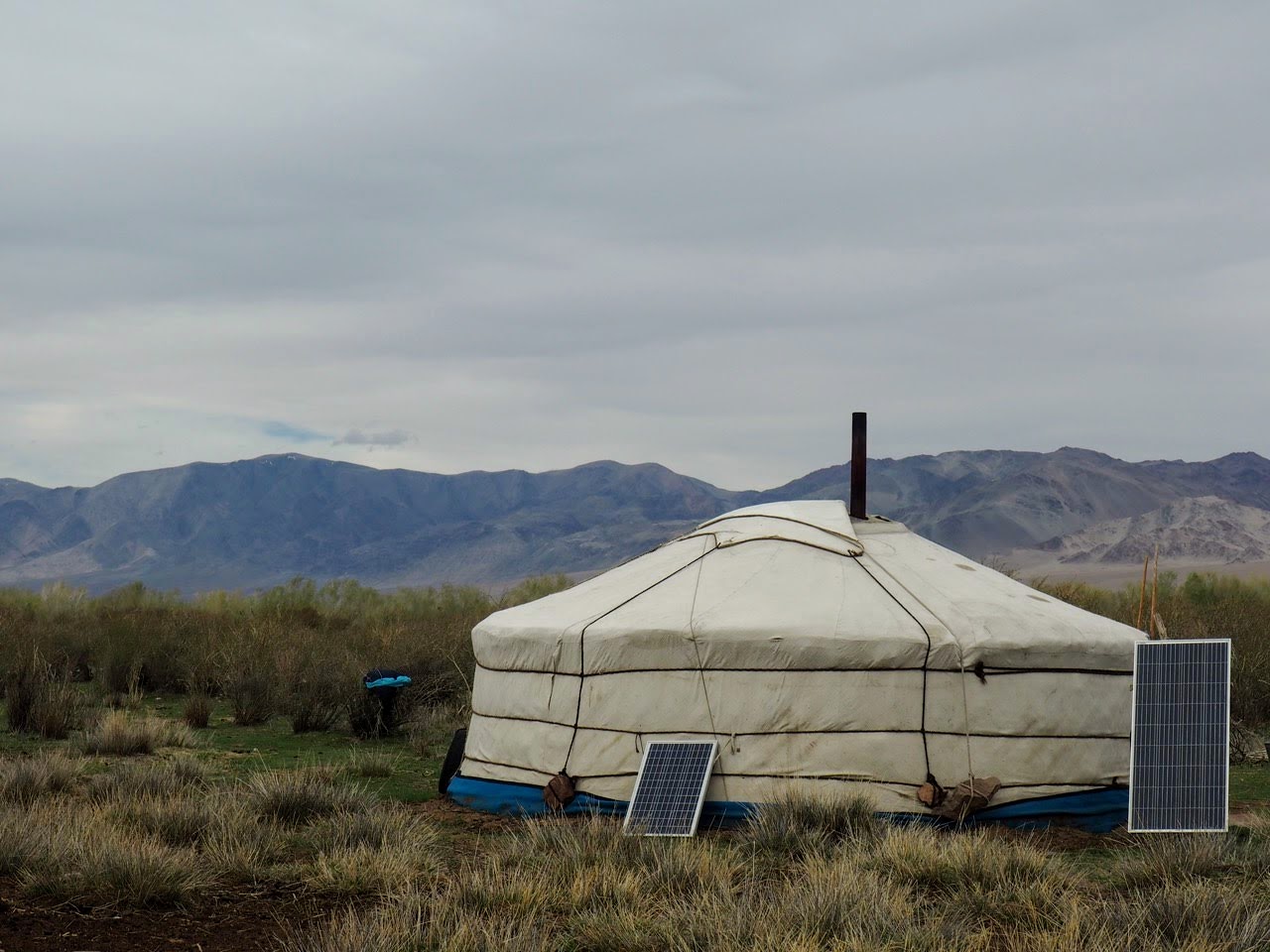
Providing reliable, sustainable electricity to Mongolia’s 140,000 nomadic households. The World Bank’s Renewable Energy for Rural Access Program (REAP) helped the Mongolian government distribute over 100,000 solar home systems to rural nomadic families. At the project’s close, REAP improved the design and delivery of portable solar panels and provided 70 per cent of nomadic herders with electricity for their yurts.
-
Mexico
Addressing Food Insecurity: Jalisco, Mexico
Mexico Addressing Food Insecurity: Jalisco, Mexico
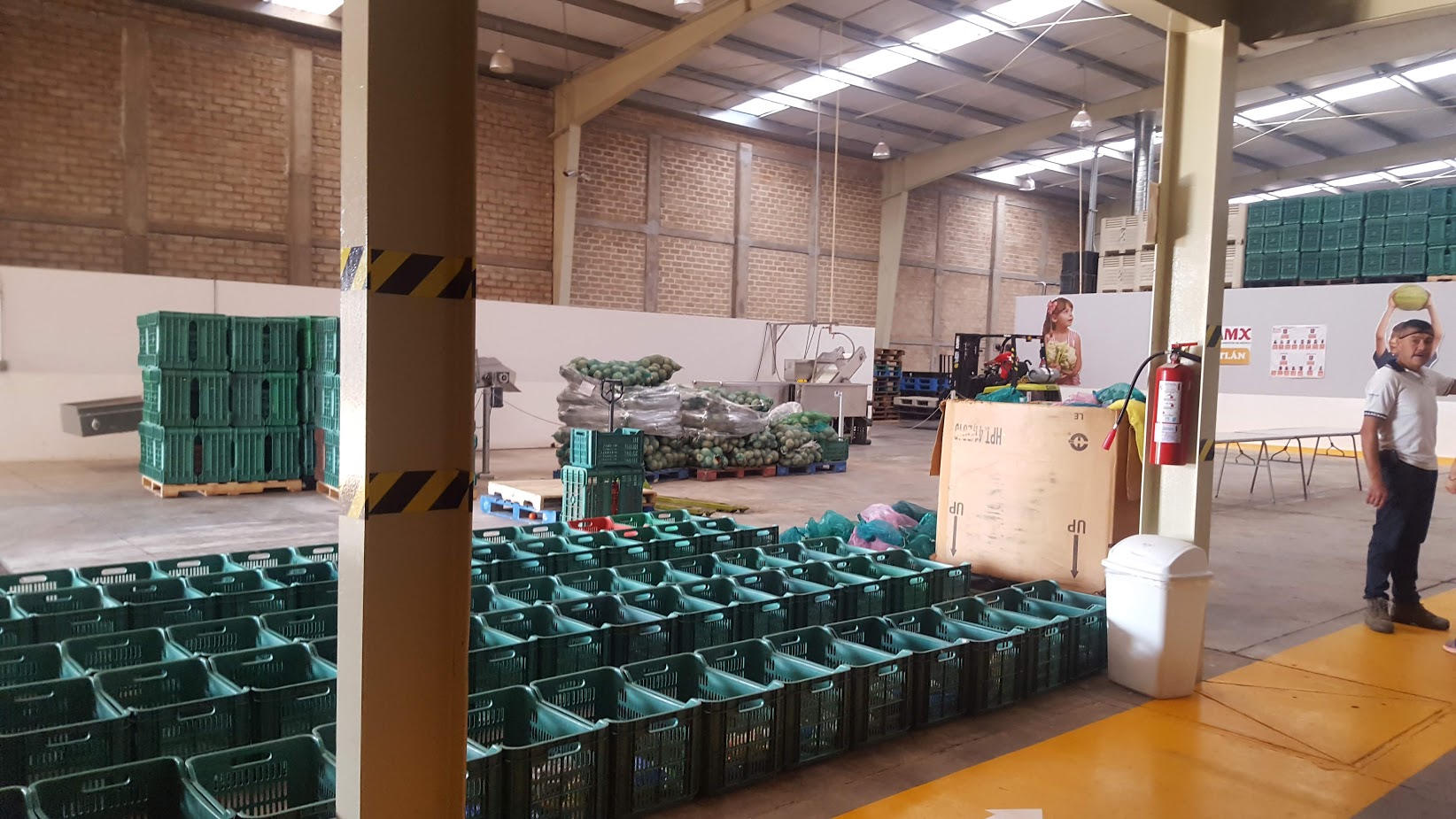
Over 15,000 families in Jalisco, Mexico, experience food insecurity. The Guadalajara Food Bank provides these people, spread across 252 communities, with food aid. The Food Bank is currently focused on three aspects of their operations: sustainable procurement of high quality and healthy food items, waste reduction and reaching all families experiencing food insecurity.
-
Mexico
Digital Upskilling in a Conflict Zone: Guadalajara, Mexico
Mexico Digital Upskilling in a Conflict Zone: Guadalajara, Mexico
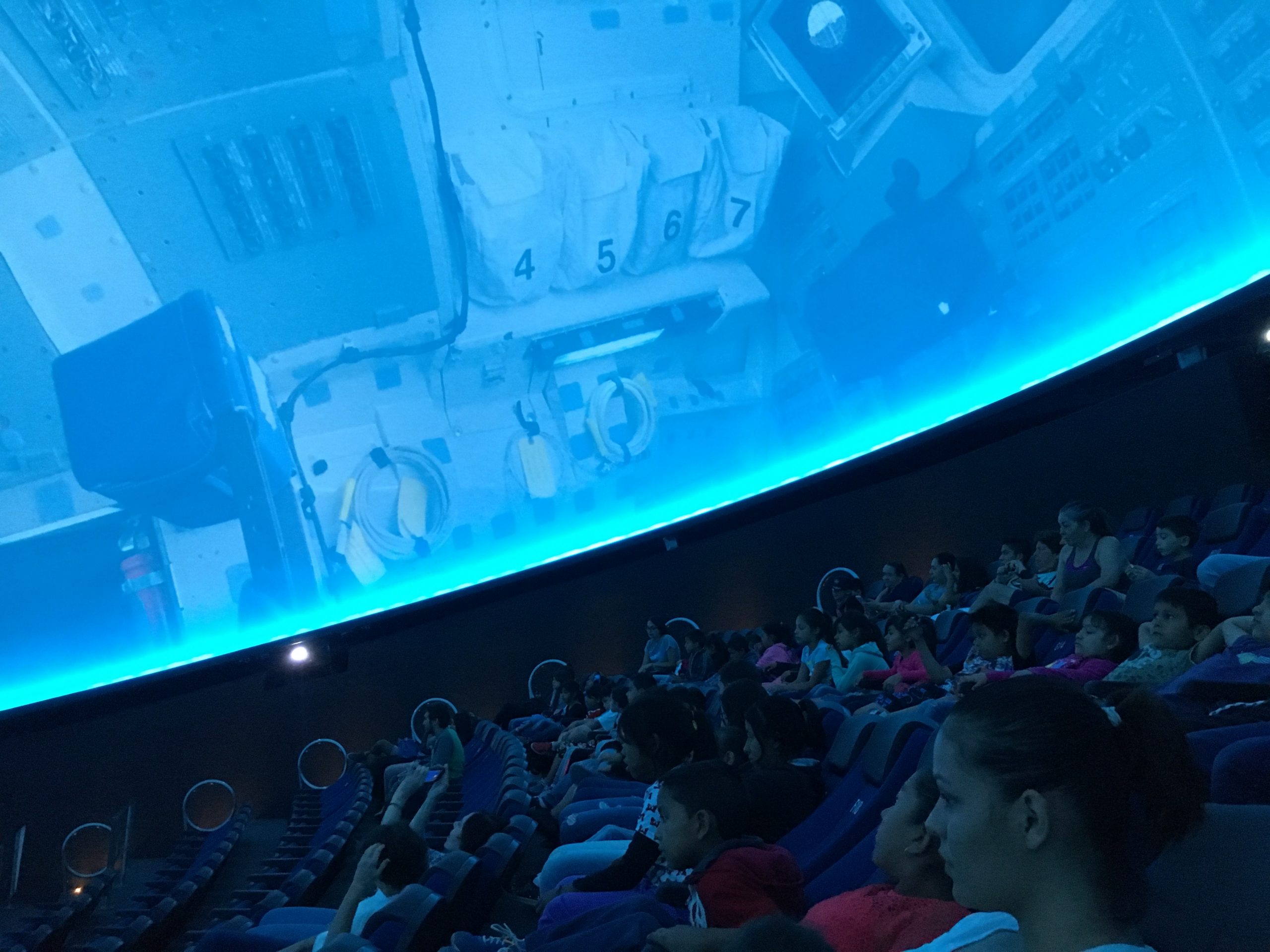
Cerro del Cuatro in Guadalajara, Mexico, is a community experiencing significant amounts of gang violence. As a result, the youth social fabric and economic opportunities are considered weak. ITESO Universidad Jesuita de Guadalajara, collaborating with a local church, Parroquia Nueva Santa Maria, established a digital fabrication laboratory (FabLab) to provide digital upskilling opportunities to younger members of the community as an alternative to gang-activity.
-
Guinea
Seasonal Malaria Chemoprevention in Guinea
Guinea Seasonal Malaria Chemoprevention in Guinea
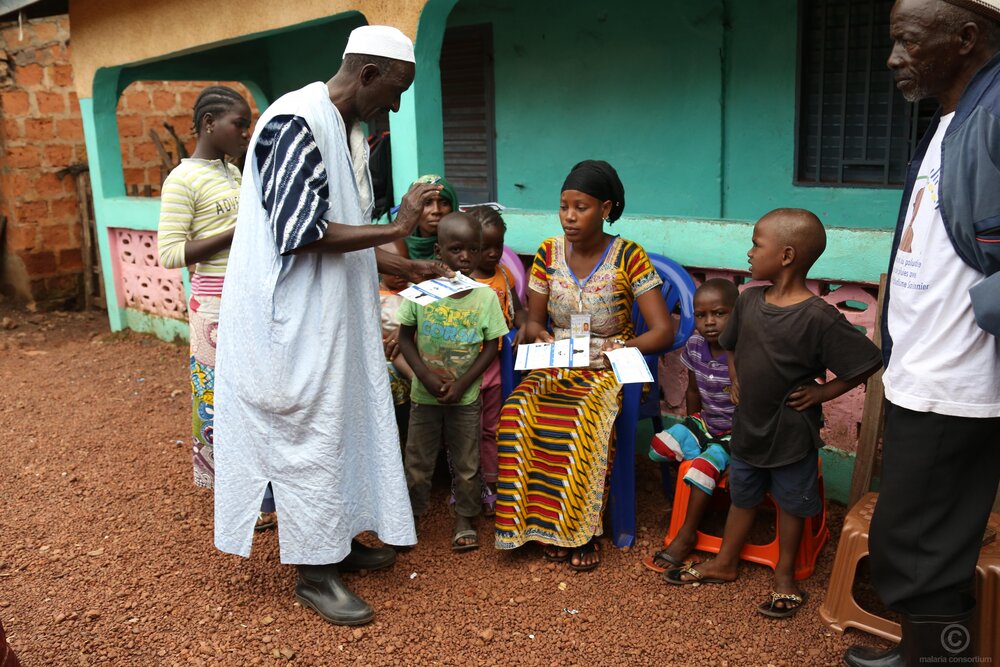
In Guinea, malaria is the leading cause of death (28 per cent) for children under five — who already have an overall mortality rate of 89 per 1,000. Evidence shows that seasonal malaria chemoprevention (SMC) is effective in reducing the incidence of malaria among children under five in areas of highly seasonal malaria transmission.
-
India
Providing Urban Amenities to Rural Areas: Addressing rural poverty in India
India Providing Urban Amenities to Rural Areas: Addressing rural poverty in India
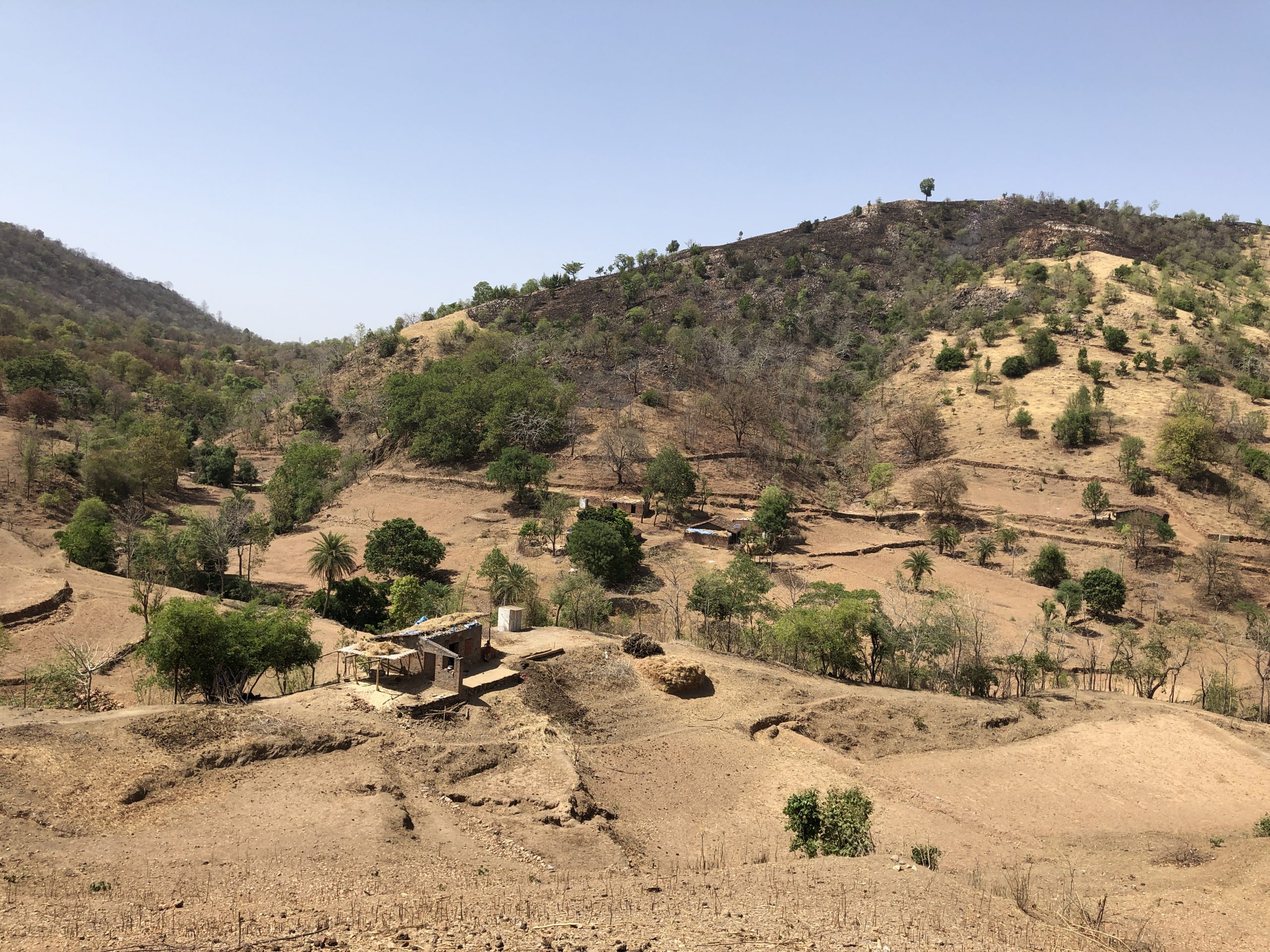
Over two-thirds of India’s population lives in rural areas, and rural poverty remains a significant policy concern. Many people migrate from India’s rural to urban areas in search of better economic opportunities. Providing Urban Amenities to Rural Areas (PURA), was a rural development public-private-partnership program, which took a holistic approach to provide more services and opportunities to India’s hardest to reach areas.
-
India
Polio Eradication in India
India Polio Eradication in India
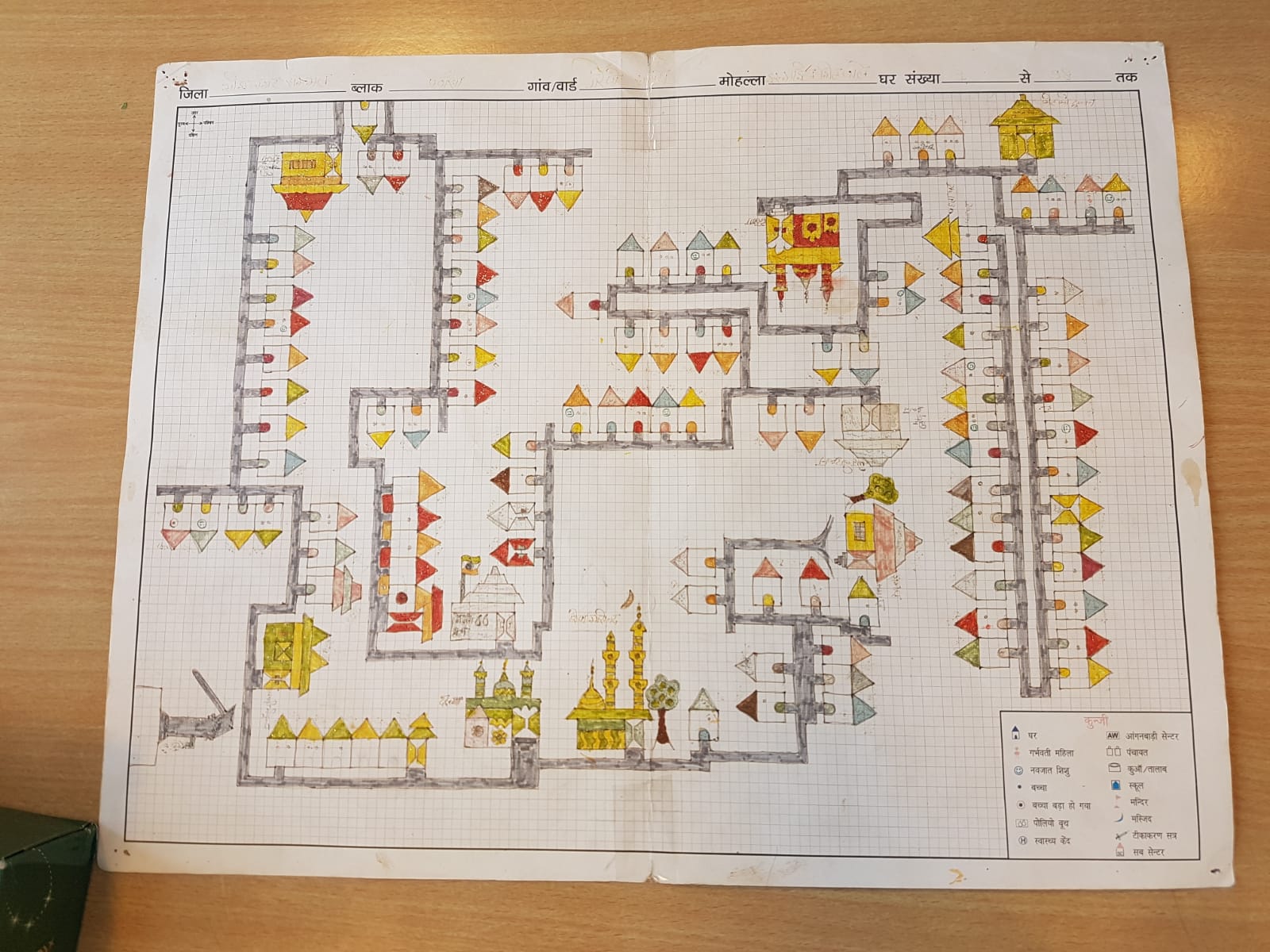
In 1988, India had an estimated 200,000 polio cases per year and was one of the last countries to track and report cases of polio. Since then, the country consistently improved its polio vaccination and preventative healthcare programs. The polio program’s success can be attributed to motivated central leadership combined with comprehensive local commitment. By 2014, the WHO declared India to be polio-free.
-
Canada
The Implications of Self-Directed Home Care in Ontario: A Case Study on Gotcare Services
Canada The Implications of Self-Directed Home Care in Ontario: A Case Study on Gotcare Services

Under the leadership of the Malaria-Control Program and the Anti-Malaria Campaign (AMC), various stakeholders coordinated their efforts to eliminate malaria. Widespread antimalarial strategies ensured the number of malaria cases in the country decreased by the 2000s to a level that allowed targeted interventions to proceed.
-
Tunisia
Neighbourhood Upgrading in Tunisia: Connecting Informal Housing with Basic Services
Tunisia Neighbourhood Upgrading in Tunisia: Connecting Informal Housing with Basic Services
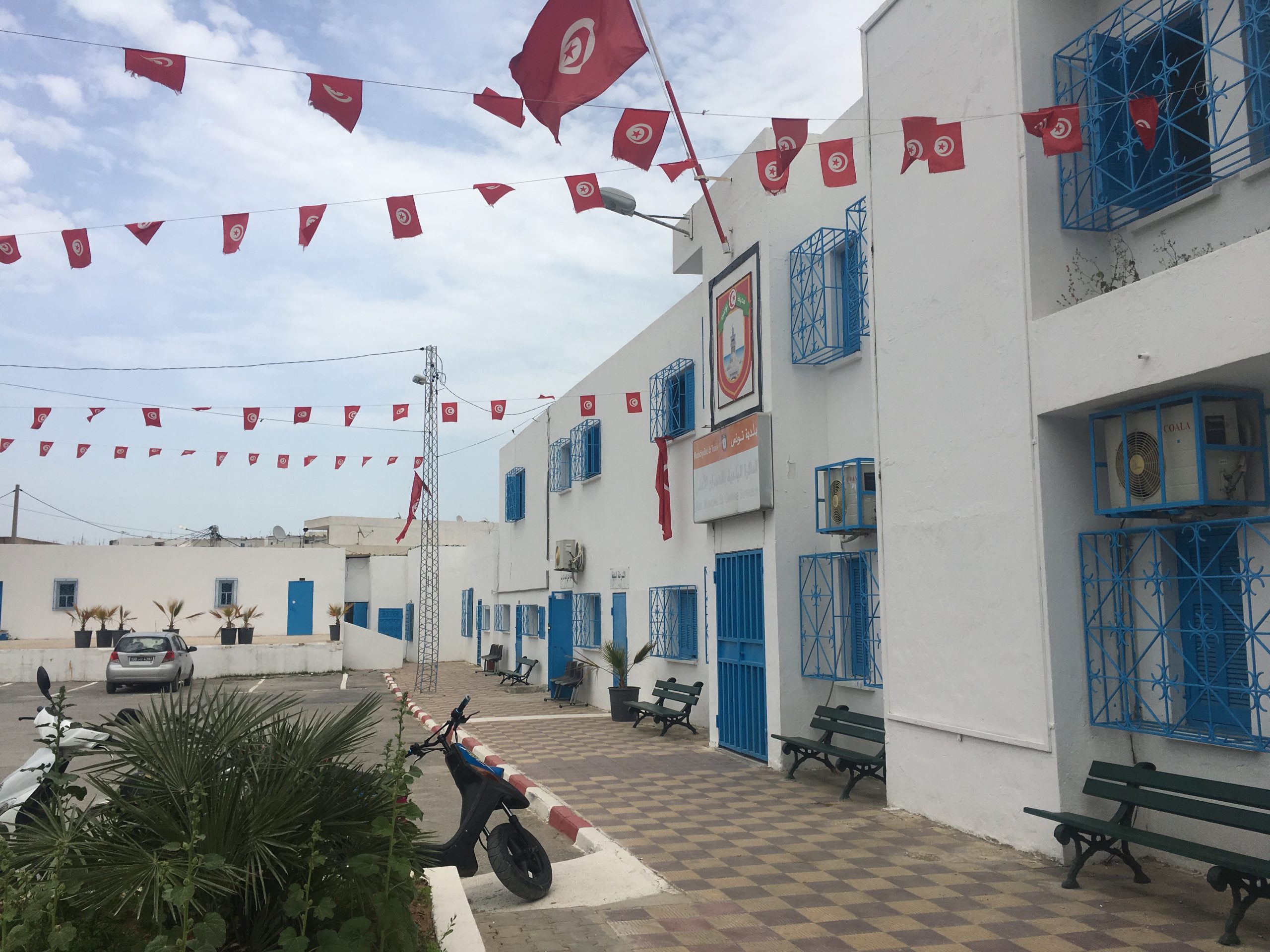
As a result of illegal subdivision of land by landowners, people in Tunisia continue to self-construct homes on plots of land that are not designated for residential buildings. In response to these informal neighborhoods, Tunisia looked to upgrade the neighborhoods by adding access to basic services like water and sanitation.
-
Sri Lanka
Universal Malaria Elimination Program
Sri Lanka Universal Malaria Elimination Program
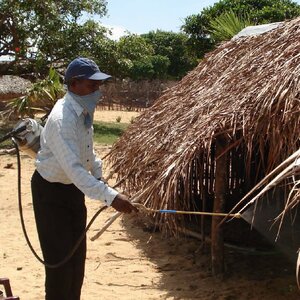
Under the leadership of the Malaria-Control Program and the Anti-Malaria Campaign (AMC), various stakeholders coordinated their efforts to eliminate malaria. Widespread antimalarial strategies ensured the number of malaria cases in the country decreased by the 2000s to a level that allowed targeted interventions to proceed.
-
Palestine
Cash Transfers in Palestine: Building Blocks of Social Protection
Palestine Cash Transfers in Palestine: Building Blocks of Social Protection
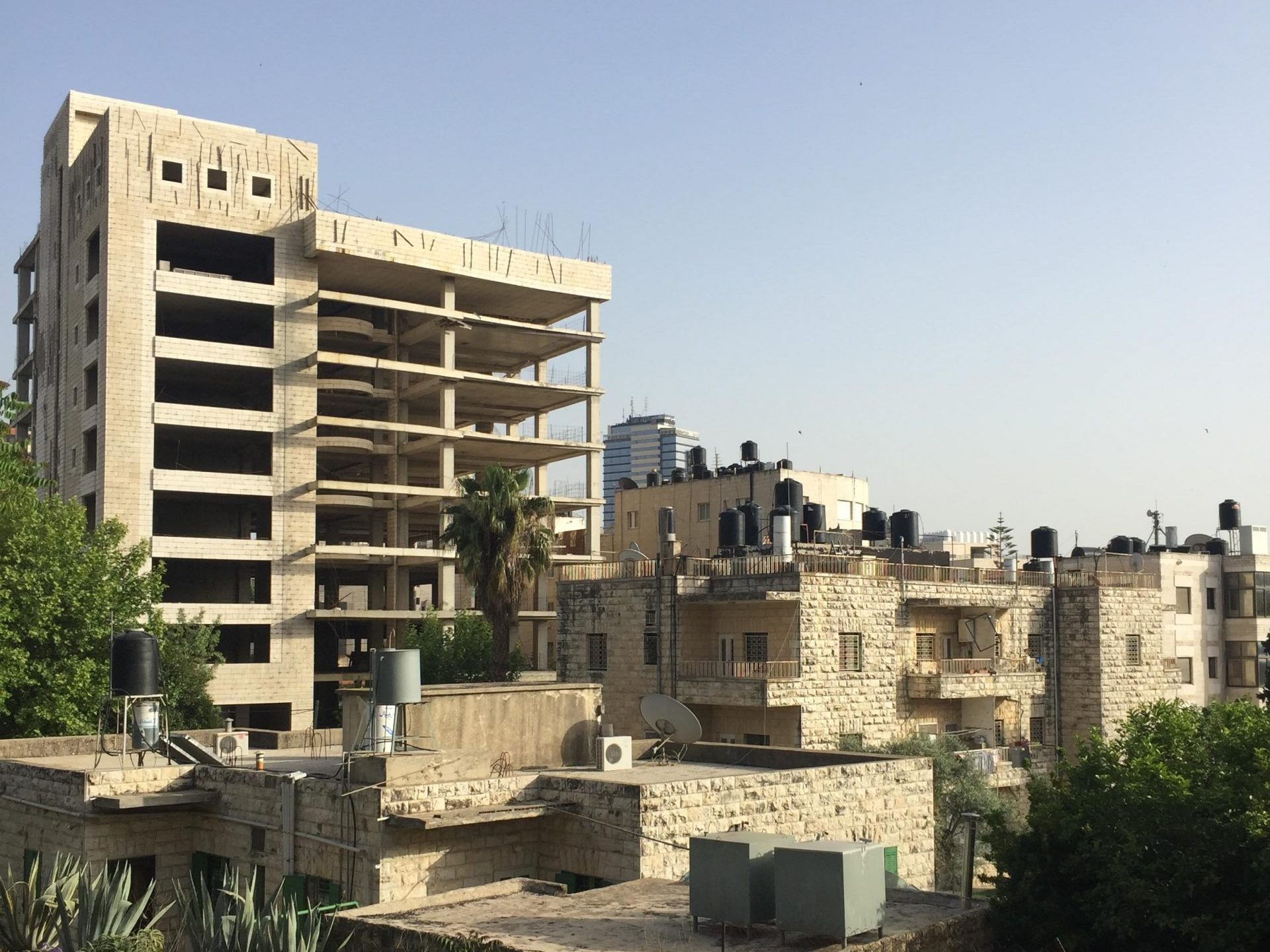
Inequality remains stark between the West Bank and Gaza, with over 50 per cent of the population in Gaza living in poverty. In 2010, the state’s Ministry of Social Development implemented the Palestinian National Cash Transfer Program (PNCTP), aiming to enhance participants’ ability to meet their basic needs. Families are selected by means tests and the benefit is quantified to cover 50 per cent of the household poverty gap. The PNCTP reaches 119,000 families (41% of the total targeted), of whom 74,000 live in the Gaza Strip. The program targets those furthest from opportunity, with 84 per cent of beneficiaries reported in the lowest income quintile.
-
Ethiopia
Ethiopia’s Productive Safety Net Programme: Addressing Food Insecurity with Food and Cash Transfers
Ethiopia Ethiopia’s Productive Safety Net Programme: Addressing Food Insecurity with Food and Cash Transfers
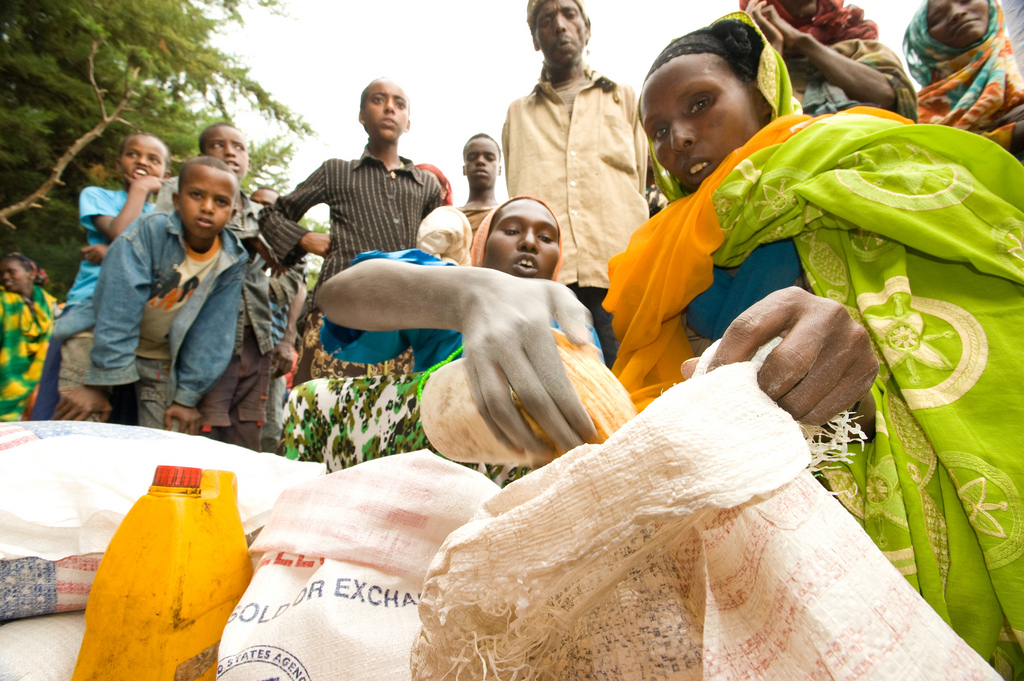
Prior to 2005, approaches to food insecurity in Ethiopia did not address the root causes of hunger. With the support of international donors, the Productive Safety Net Program was introduced to tackle climate resilience, community capacity building and rural market penetration through food and cash transfers. As of April 2020, the Productive Safety Net Program supports over 8 million of the most food-insecure people across Ethiopia.
-
Thailand
Eliminating Mother-To-Child Transmission of HIV
Thailand Eliminating Mother-To-Child Transmission of HIV
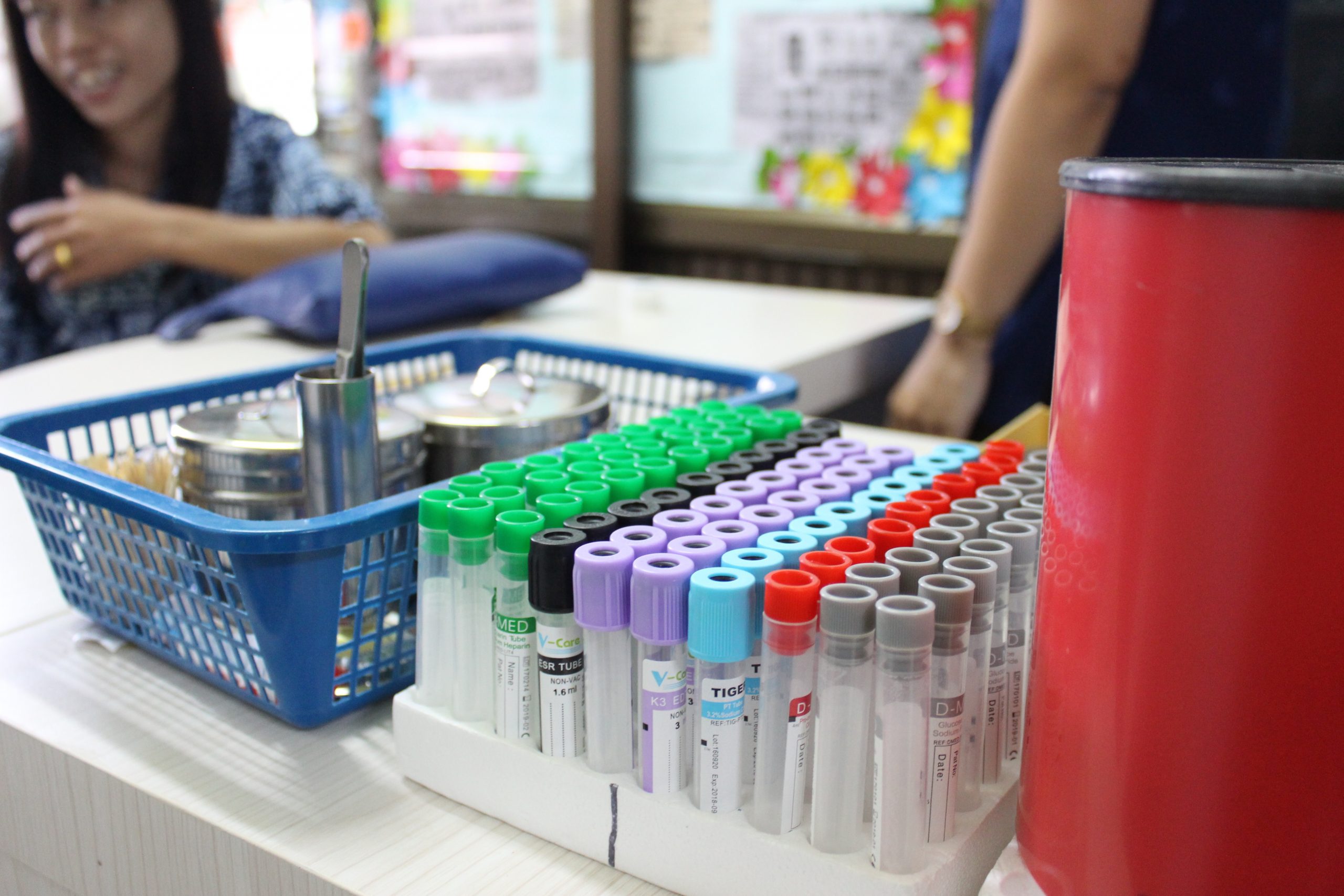
The mother-to-child transmission (MTCT) rate of HIV in Thailand, at its worst, was over 20 per cent. Between 2000–2015, the MTCT rate decreased by over 90 per cent through improved antenatal care, antiretroviral therapy, service delivery and, monitoring and surveillance. Civil society organizations played a critical role in advocating for health services to reach everyone, everywhere.
-
Rwanda
Expanded Program on Immunization: Near-universal Childhood Vaccination Rates
Rwanda Expanded Program on Immunization: Near-universal Childhood Vaccination Rates

Geography, a large rural population and extreme poverty, compounded with the 1994 genocide, all contributed to the challenges facing widespread childhood vaccinations. Rwanda scaled up its immunization program and other health and development programs to meet the Millennium Development Goals. Despite its geographic and historic barriers to improving child mortality outcomes, its immunization program clearly demonstrates effective reach.
-
Jordan
UNHCR Jordan’s Biometric Cash Assistance Program for Syrian Refugees
Jordan UNHCR Jordan’s Biometric Cash Assistance Program for Syrian Refugees
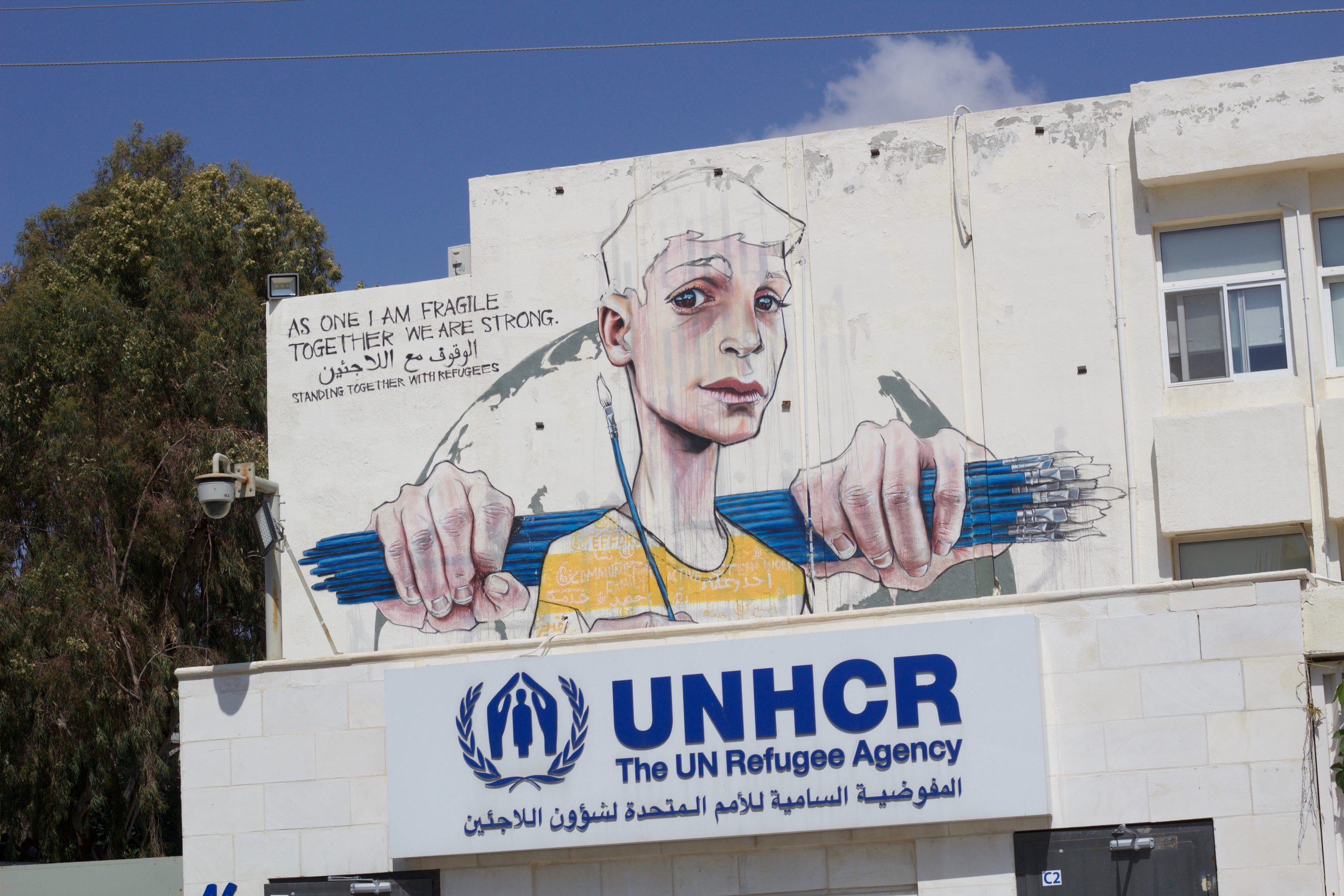
In partnership with a local bank, and with support from a range of stakeholders, the United Nations Refugee Agency (UNHCR) developed the world’s first iris-scanning cash-assistance program for refugees in Jordan. Via an established network of iris-scanning enabled ATMs, the program provides monthly income support to the most vulnerable refugee families living in urban areas to help them meet their basic needs such as rent, food, utilities and health. Approximately 33,000 families have received support since 2012 with thousands more on the waitlist.
-
India
Aadhaar Identification Program: Providing Proof of Identity to a Billion
India Aadhaar Identification Program: Providing Proof of Identity to a Billion
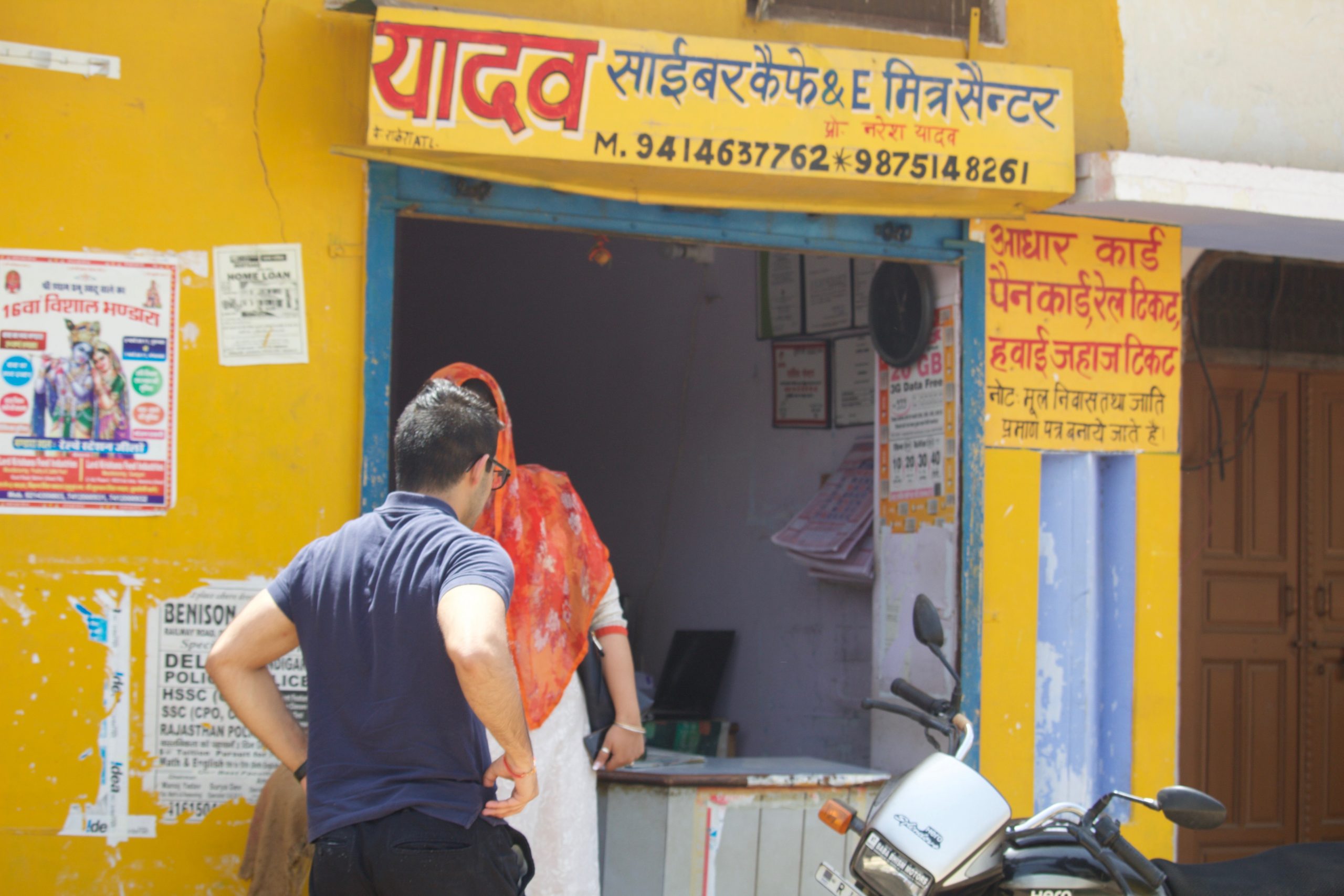
India sought to provide a unique, non-duplicable and fraud-resistant proof of identity to every resident (population 1.3 billion). Starting in 2009, India centralized digital identification through the Aadhaar program. The federal government navigated reaching all of India’s diverse populations through partnerships and contracts with other government agencies and private businesses.
-
South Africa
Reaching the Hard to Reach: A Case Study of Birth Registration in South Africa
South Africa Reaching the Hard to Reach: A Case Study of Birth Registration in South Africa
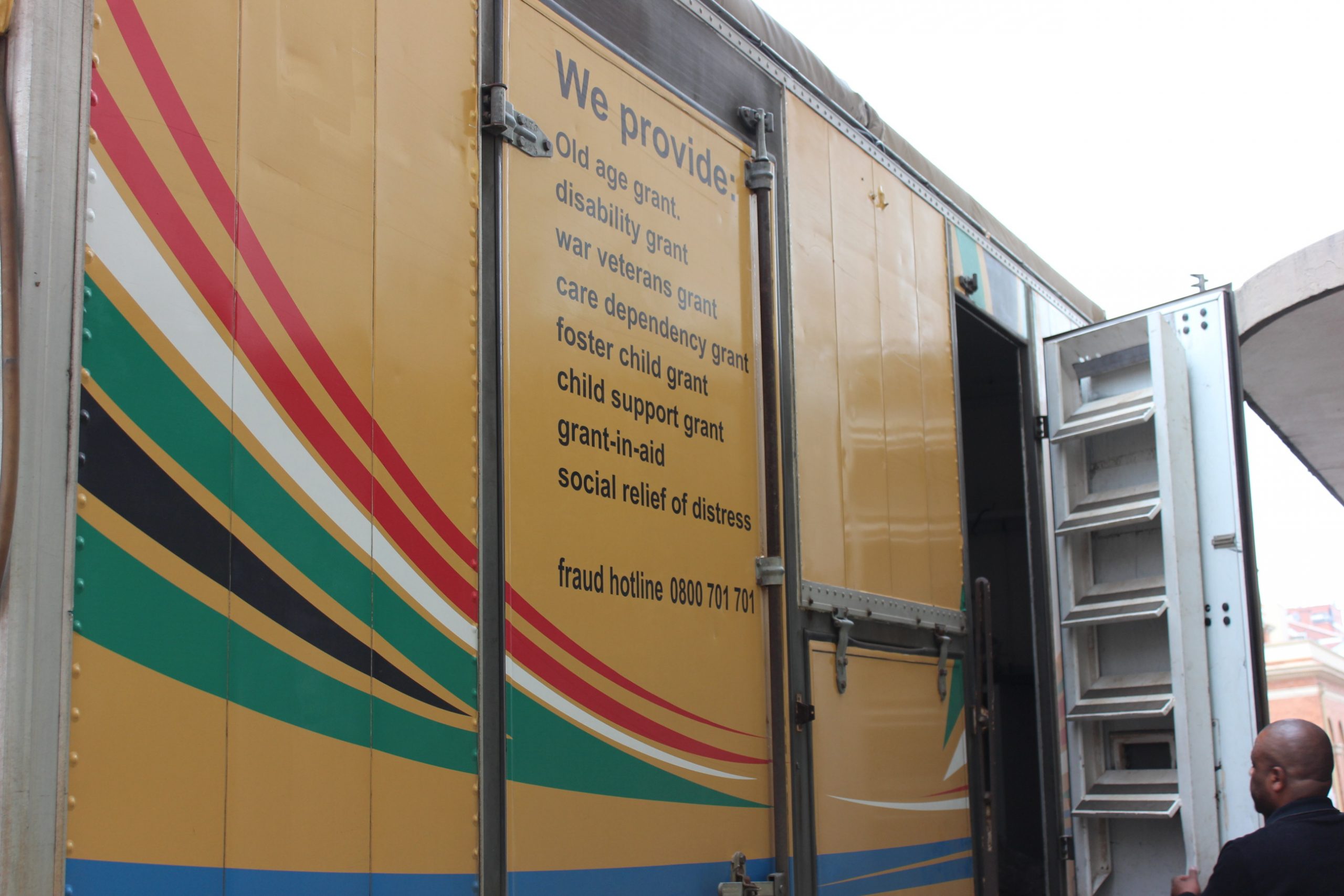
Since 2007, the Integrated Community Registration Outreach Programme organizes mobile provision of social services to South Africans living in less accessible areas. Internet-connected mobile units provide integrated services such as birth registration, distribution of birth certificates and distribution of grants for hard to reach populations.
-
Brazil
Reaching the Hard to Reach: A Case Study of Brazil’s Bolsa Família Program
Brazil Reaching the Hard to Reach: A Case Study of Brazil’s Bolsa Família Program
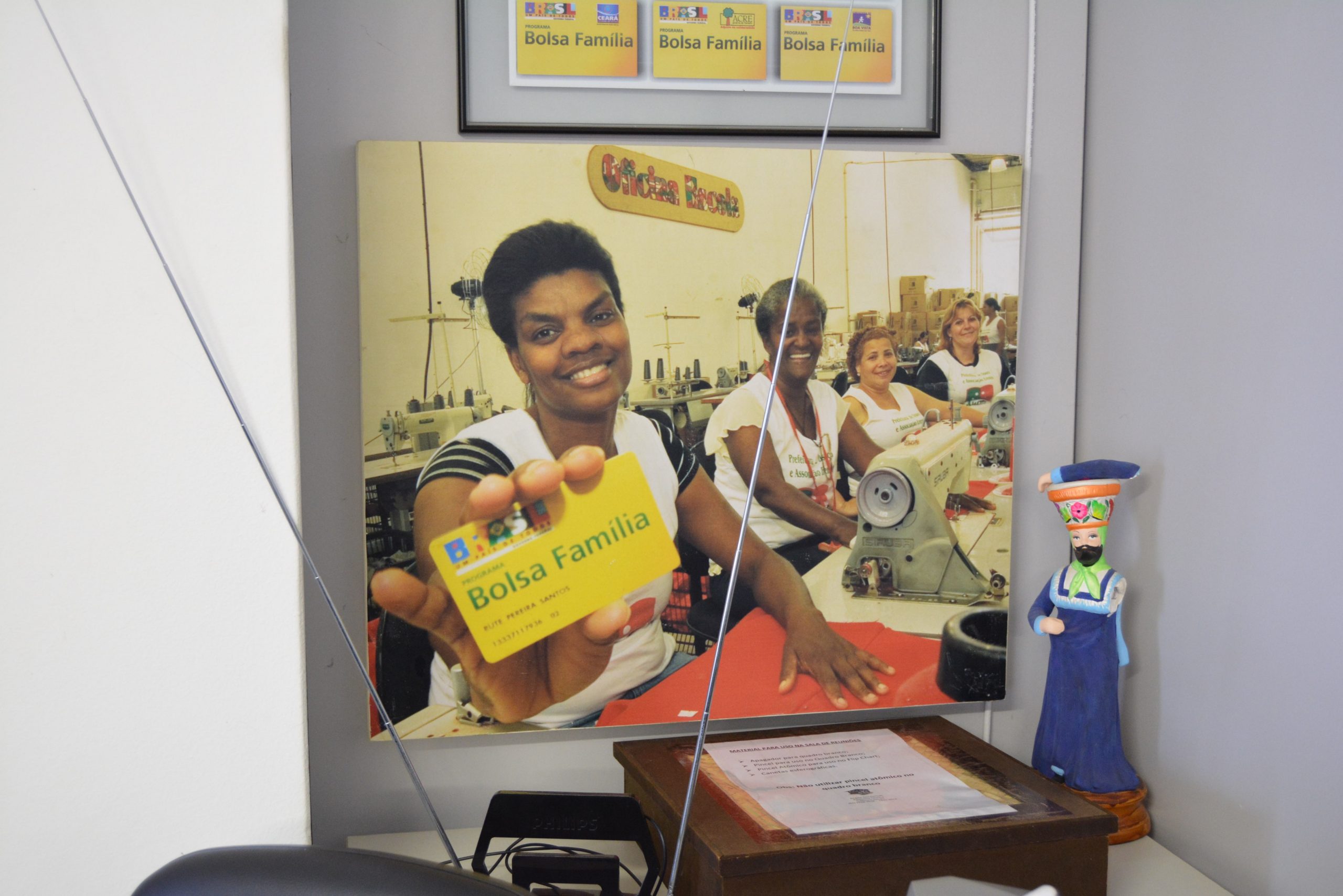
As the largest conditional cash transfer program in the world, the Bolsa Família Program, launched in 2003, currently provides income assistance to more than 14.28 million families through direct government-to-person electronic money transfers via the Caixa Econômica Federal. The program is impressive in its capacity to effectively reach families in the lowest income quintile through its active search (busca ativa) strategy.
